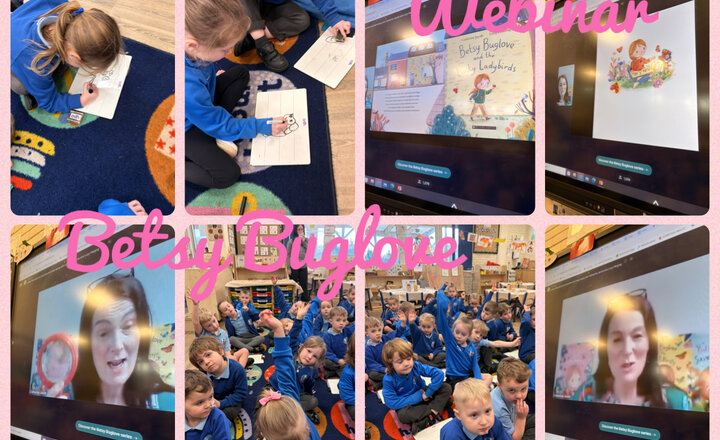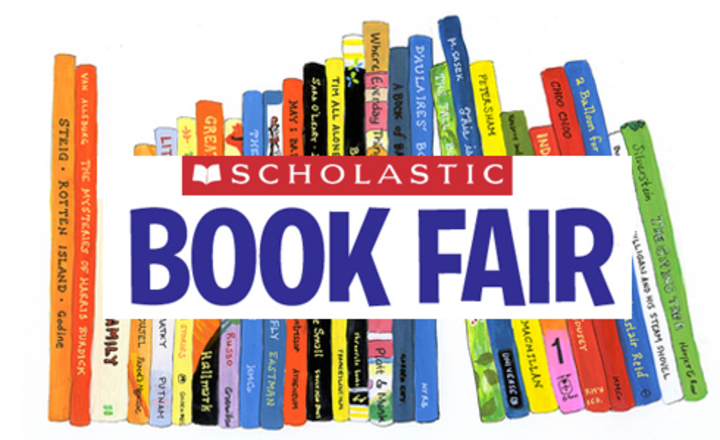English

Miss Flynn
English Leader
.jpg)
Mrs Wilkinson
Phonics Leader
At St Barnabas we are passionate about reading and writing. We aim to develop a love of reading for pleasure and children are given plenty of opportunities to read and write across the curriculum.
Miss Flynn is our English subject leader and she is passionate about our children developing a love of reading and writing. Last year she overhauled our school library and purchased lots of new and exciting books for our children to choose from based on their recommendations.
Mrs Lewis, the Vice Principal and English teacher at our local high school, is our English link governor.
For all the latest English curriculum news, please click here.
English Documents
Reading Intent:
Our overarching aim at St Barnabas is for our pupils to achieve great things and live life in all its fullness. Offering a well-rounded and balanced curriculum is one way we work towards achieving this and English provides the perfect platform for children to achieve great things and explore what living a full life might look like for them and the people around them. At St Barnabas, we believe that the teaching of reading is integral to a child’s understanding and appreciation of the world around them; a platform that allows our pupils to see beyond what they know, share in cultural experiences and develop the vocabulary they need to express themselves. Our reading curriculum strives to foster a lifelong love of reading. We believe that all pupils should have the opportunity to be fluent, confident readers who are able to successfully enjoy, comprehend and understand a wide range of texts and vocabulary. We want pupils to develop a love of reading, a good knowledge of a range of authors, and be able to understand more about the world in which they live through the knowledge they gain from texts.
Reading Implementation:
Reading is an important part of our curriculum and is an integral part of all of our lessons. We use reading as a fundamental part of all curriculum planning and development to support and enhance our pupils’ reading ability across the wider curriculum and immerse them in a language rich environment.
To achieve this at St Barnabas:
-We teach synthetic phonics in EYFS and Key Stage 1. The acquisition of reading is incorporated in the Bug Club Phonics Programme. Through this programme, the pupils are taught the essential skills needed for reading. Phonics is taught daily to all pupils in Foundation Stage, and Year 1 and its delivery is underpinned by continual assessment, allowing teachers to identify gaps in learning and use this to inform subsequent planning and intervention. The children have reading books which they are encouraged to read regularly at home which match their current phonics level. This enables class teachers to deliver a tailored learning experience for our pupils at St Barnabas.
-We follow a carousel guided reading approach from Years 2-6. The primary purpose of the lessons is modelling skills, with assessment secondary. The teacher selects a high-quality text that will challenge all pupils within the group. These lessons are built around the teacher reading high-quality and challenging texts, which are dissected by the group through high-level questioning and discussion. Pupils work on activities that help them to understand new vocabulary and develop their comprehension of the text, ensuring that our pupils are able to make justified responses using evidence from the text. They are also taught to develop their ability to understand the author’s intent, connections and links to their own experiences.
-We maximise opportunities for pupils to read through our foundation subjects. These lessons support the teaching of reading whilst increasing pupils’ knowledge, understanding and technical vocabulary associated with the subject being taught.
-We have a timetabled daily storytime session across school. This is an opportunity for all pupils to hear the teacher reading to the class, modelling fluency and intonation whilst helping pupils to get to know and love all sorts of stories, poetry and information books and extend their vocabulary, comprehension, as well supporting their writing.
-In both KS1 and KS2, our taught English units begin with a reading phase. Pupils explore a wide range of fiction, non-fiction and poetry within this phase as we recognise that reading development is closely linked to that of writing, for it is when given opportunities to reflect upon and discuss the texts they encounter, that pupils truly understand the writing process and are able
to write in a variety of styles and forms appropriate for the intended audience
-We prioritise the assessment of reading. Pupils are tested each half term to assess their reading level, ensuring that pupils are reading the most appropriate books. All pupils are listened to a minimum of once a week. In both key stages, pupils identified as needing additional support with their reading will be listened to a minimum of three times a week. This is to support them in meeting the expected standard in reading.
-We know that reading for pleasure is beneficial not only for reading outcomes, but for wider learning enjoyment and mental wellbeing. Therefore, we work hard to foster a love of independent reading and build communities of engaged readers. To support this, our library is regularly updated with newly published books, and those that have been requested by our pupils.
-We understand the significance of parents and carers in supporting their pupils to develop both word reading and comprehension skills so we endeavour to build a home-school partnership which enables parents and carers to have the confidence to support their pupils with reading at home.
Reading Impact:
By the time pupils leave St Barnabas, we aspire that all pupils are fluent, confident and enthusiastic readers, who can recommend books to their peers, access a range of texts for pleasure and enjoyments, as well as use their reading skills to unlock learning in all areas of the curriculum. They have a thirst for knowledge, can read a wide range of genres and confidently participate in discussions about what they have read. They can also read books to enhance their knowledge and understanding of all subjects on the curriculum, and communicate their research to a wider audience.
Writing Intent
The intention of our writing curriculum offered at St Barnabas is to enable all children regardless of their starting point to be successful in their writing journey. This is done through developing opportunities for children to be courageous writers that are able to write efficiently and creatively. We aim to create efficient spellers, who can articulate their views and ideas through the media of the written word. We endeavour to create proficient writers who are immersed in their writing opportunities after being exposed to a rich and varied stimuli for writing. Our mission is to enable all children in our school to be able to communicate their ideas, thoughts and feelings through their own written words.
Writing Implementation
Spelling
At St Barnabas, we have recently introduced the read write inc. spelling scheme. This is to address a major gap in skills noticed by staff through writing moderation. The use of interactive and engaging sessions will enable the children to be exposed to their spelling rules and allow them to contextually apply them in a safe environment where exposure is immersive throughout a unit. Also, misconception and exceptions to rules are taught explicitly to enable all children to accurately understand how to spell their age appropriate word spellings.
Handwriting
We are in the process of establishing letter join and writing repeater as our chosen handwriting scheme to enable the understanding and fluency required when performing joined handwriting. It is hoped that through exposure to this scheme we will enable all children to develop fluid handwriting strategies to enable them to write at length and at speed legibly.
Writing composition
Over the course of the last year, we have been using Alan Peat’s writing strategies for sentence level understanding. We have developed a sense of sentence awareness and then have used these strategies to develop the technical aspects of grammar through child friendly and engaging names. We allow children to develop these sentence types and use a vast array of modelling to show how we can link individual sentences together across a paragraph and multiple paragraphs. Also, we can effectively show how sentence types can be used throughout a variety of writing genres by identifying them in a variety of texts through our reading stage of developing our writing units.
Coded editing/marking
Through our coded editing children experience the opportunity to edit and improve their work by identifying their errors and applying their knowledge of all the above elements of writing. Teachers use codes for errors and the children then find their own errors and edit using their purple pens thus showing an understanding of the elements taught.
Writing Impact
The impact of our development of writing has improved outcomes for teachers and children in school.
Teachers now feel more confident in the delivery of their grammar due to the use of the Alan Peat sentence types. They have a reference point as to where they can go to find engaging writing activities that fundamentally teach the children in their class the grammar coverage for each year group. Teacher’s workload has been heavily reduced due to read write inc spelling, having all the planning and resources already available saves teachers time but also ensures outcomes for children as well. We are hopeful that the continuation of the handwriting scheme will see a development and improvement of handwriting across school.
The children are able to articulate what type of sentence has what grammatical function. For instance: a FAT, FAP or FAM sentence are all fronted adverbials that do different things. The children are now becoming more proficient when using these sentence types and are now showing deeper understanding though editing and improving by identifying their own errors when using these sentences.
Phonics
For all the latest phonics news, please click here.
Phonics
.jpg)
Mrs Wilkinson
Phonics Leader
.jpg)
Mrs Wilkinson
Phonics Leader
Mrs Wilkinson is our Phonics Leader and is extremely passionate about Phonics and early reading. She is a Phonics Specialist Leader of Education (SLE) who regularly supports other schools in our Trust and local authority with raising attainment and developing teaching and learning in Phonics.
Phonics sessions are taught daily in Foundation Stage and Key Stage 1. We use the Bug Club Phonics scheme. They are taught following a six phase programme and follow the same lesson structure each day. All phonics sessions follow the same four part teaching sequence:
- Revisit and review- where previously taught sounds are revised.
- Teach- new sounds or tricky words are taught.
- Practice- reading and writing letters and words with the new sound in.
- Apply- read and writing caption and sentences with the new sound in.
At the end of Year 1 your child will complete a phonics assessment which is made up of real and nonsense words. This assesses how well children can use their knowledge of phonics to read words. You will be told your child’s result at the end of Year 1 and if your child has or has not met the benchmark grade. If your child doesn’t achieve the benchmark grade then further intensive support will be given in Year 2.
Intent
The systematic teaching of phonics has a very high priority throughout the Foundation Stage, Key Stage 1 and beyond. At St Barnabas, we value reading as a key life skill, and are dedicated to enabling our children to become lifelong readers. We acknowledge that children need to be taught the key skills in segmenting and blending to be equipped with the knowledge to be confident readings who are able to comprehend. We also value and encourage the children to read for enjoyment and recognise that this starts with the foundations of acquiring letter sounds, segmenting and blending skills. At St Barnabas, we aim to ensure that all children become fluent and engaged readers at the very earliest of stages. These fundamental skills not only hold the keys to the rest of the curriculum but also have a huge impact on children’s self-esteem and future life chances. By acquiring these skills, children will become confident readers who will achieve great things as they progress through school.
Implementation
Teachers use Bug Club which has been deemed to meet all the criteria set by the DFE to provide an effective systematic synthetic phonics programme. Phonics is taught daily to all children in Foundation Stage and Year 1. Children are grouped by ability with the aim for a short intervention so that they can be back in class to achieve the end of year expectations. Extra support is provided to those in Year 2 who have not passed the phonics screening check in Year 1 and interventions are planned for those children who are working below expected levels. Staff systematically teach learners the relationship between sounds and the written spelling patterns, or graphemes, which represent them. Books are matched to their current phonic knowledge to ensure they can consolidate their learning in the classroom. Teachers regularly assess the pupil’s phonics knowledge using Phonics play assessments. These are conducted termly and are tracked to ensure all children are making progress and to identify those who are at risk of not achieving the expected level. Interventions are then planned to catch those children up. These regular assessments inform planning and allow teachers to identify any gaps in learning. This enables all children to achieve great things and fulfils our aim of enabling all of our children to become lifelong readers.
Impact
Through the teaching of systematic phonics, our aim at St Barnabas is for children to become fluent readers by the end of Key Stage One. This way, children can focus on developing their fluency and comprehension as they move through the school. Attainment in reading is measured using statutory assessments and teacher assessments. Summative assessments are analysed to ensure good progress is made. Regular contact is made with parents to discuss any concerns. Reading is at the heart of our curriculum at St Barnabas. Due to the continuous monitoring of high quality teaching with the rigour of assessment and teacher knowledge, children are able to achieve great things and live life in all its fullness.
Phonics Progression
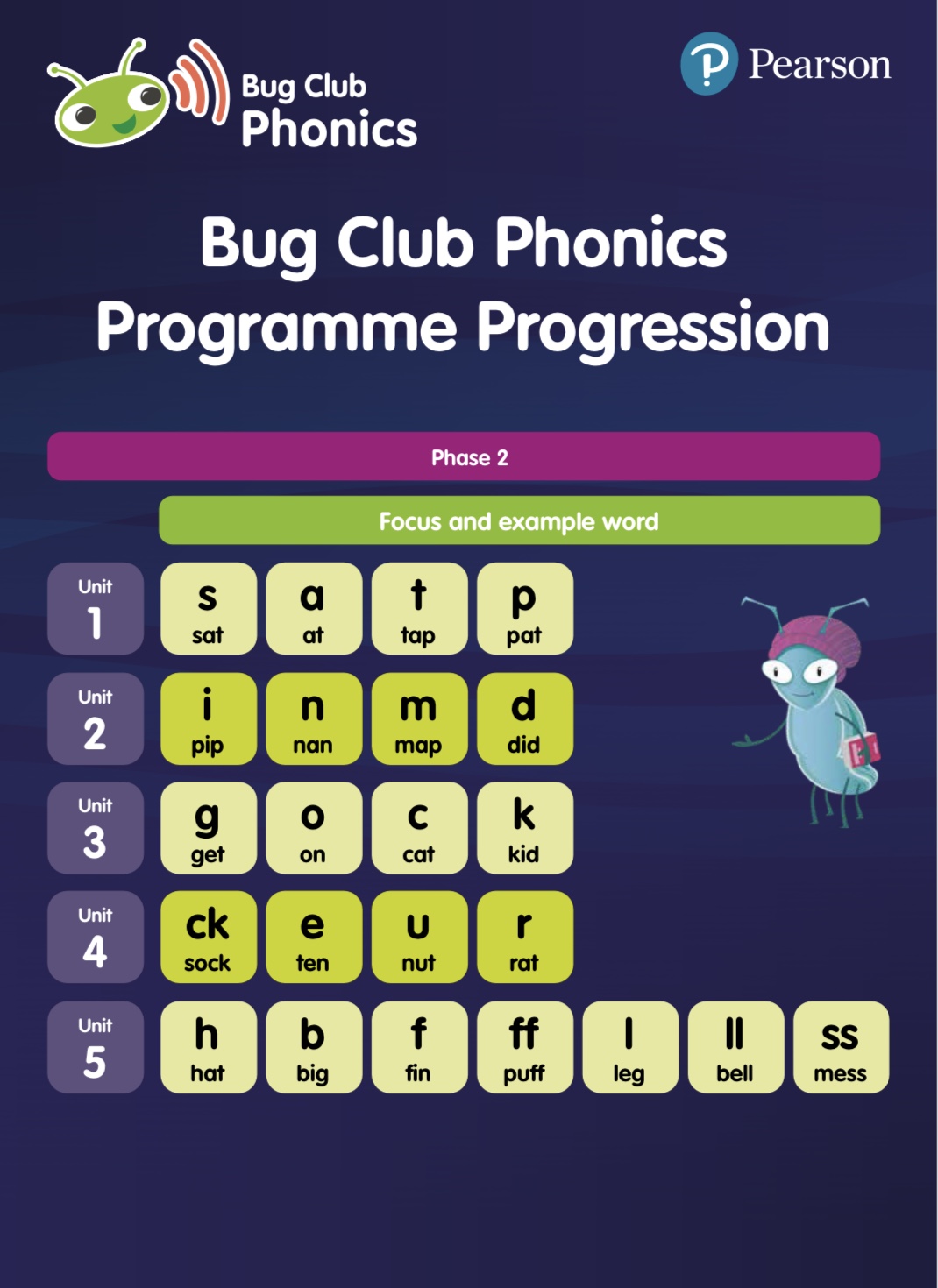
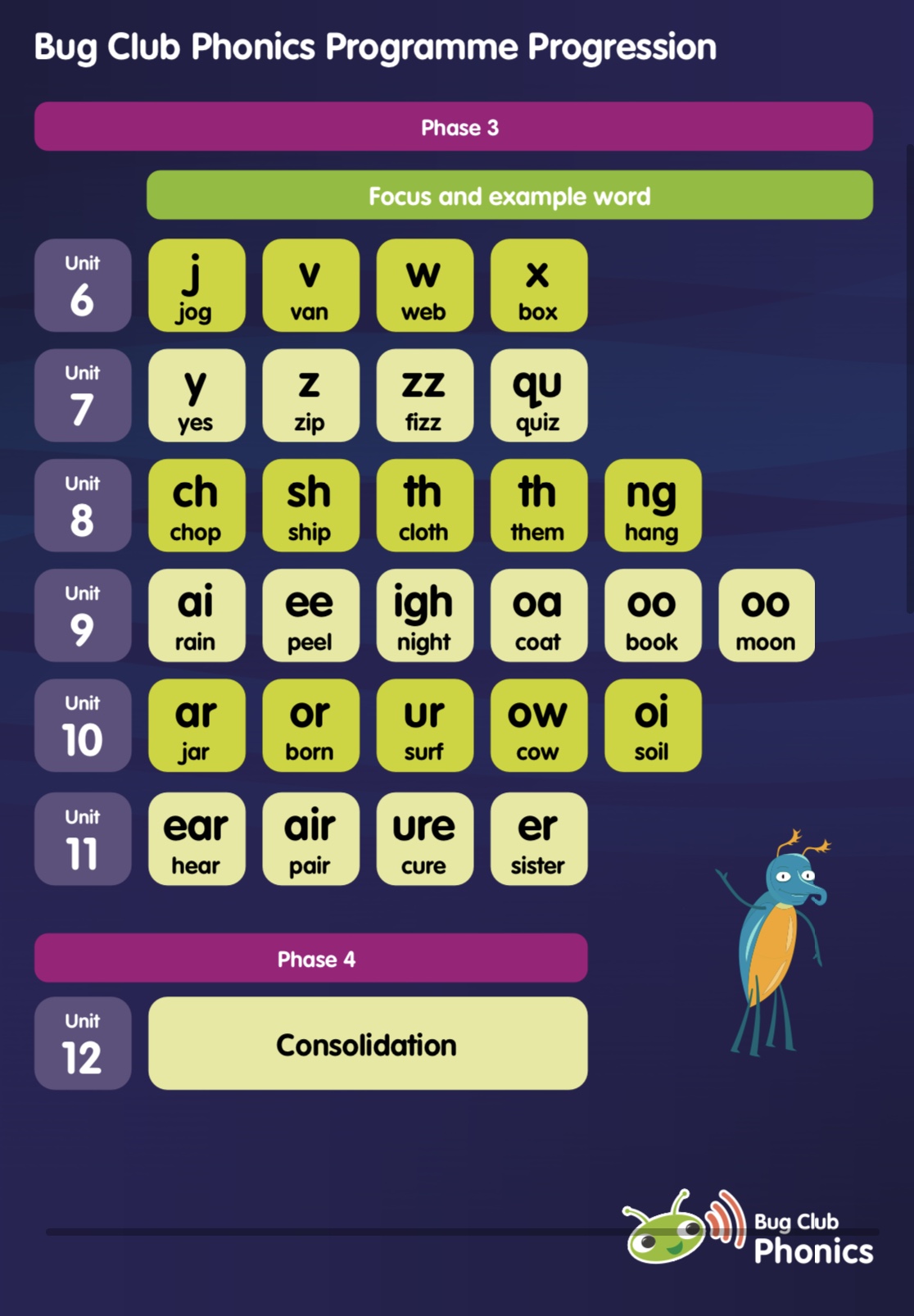
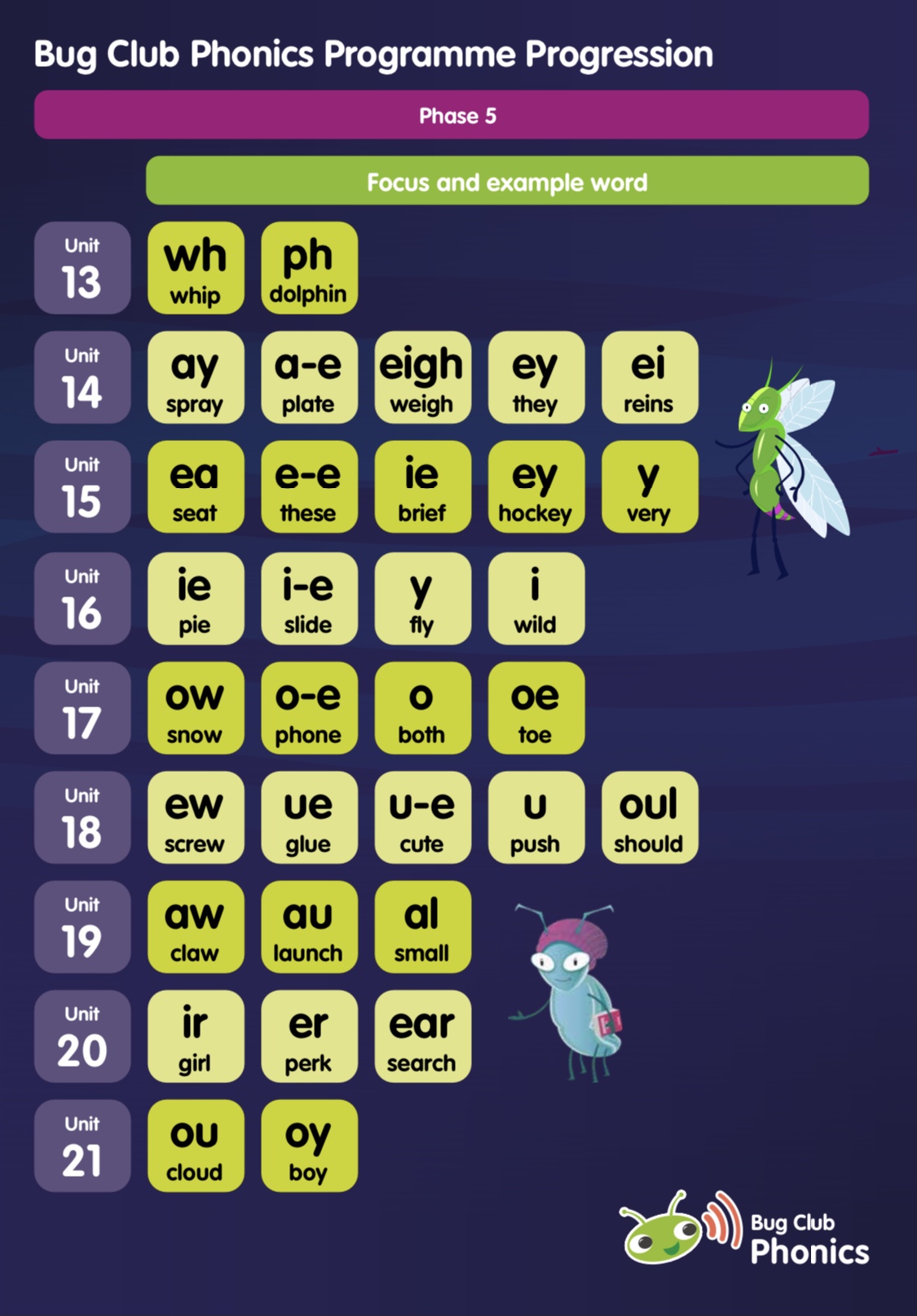
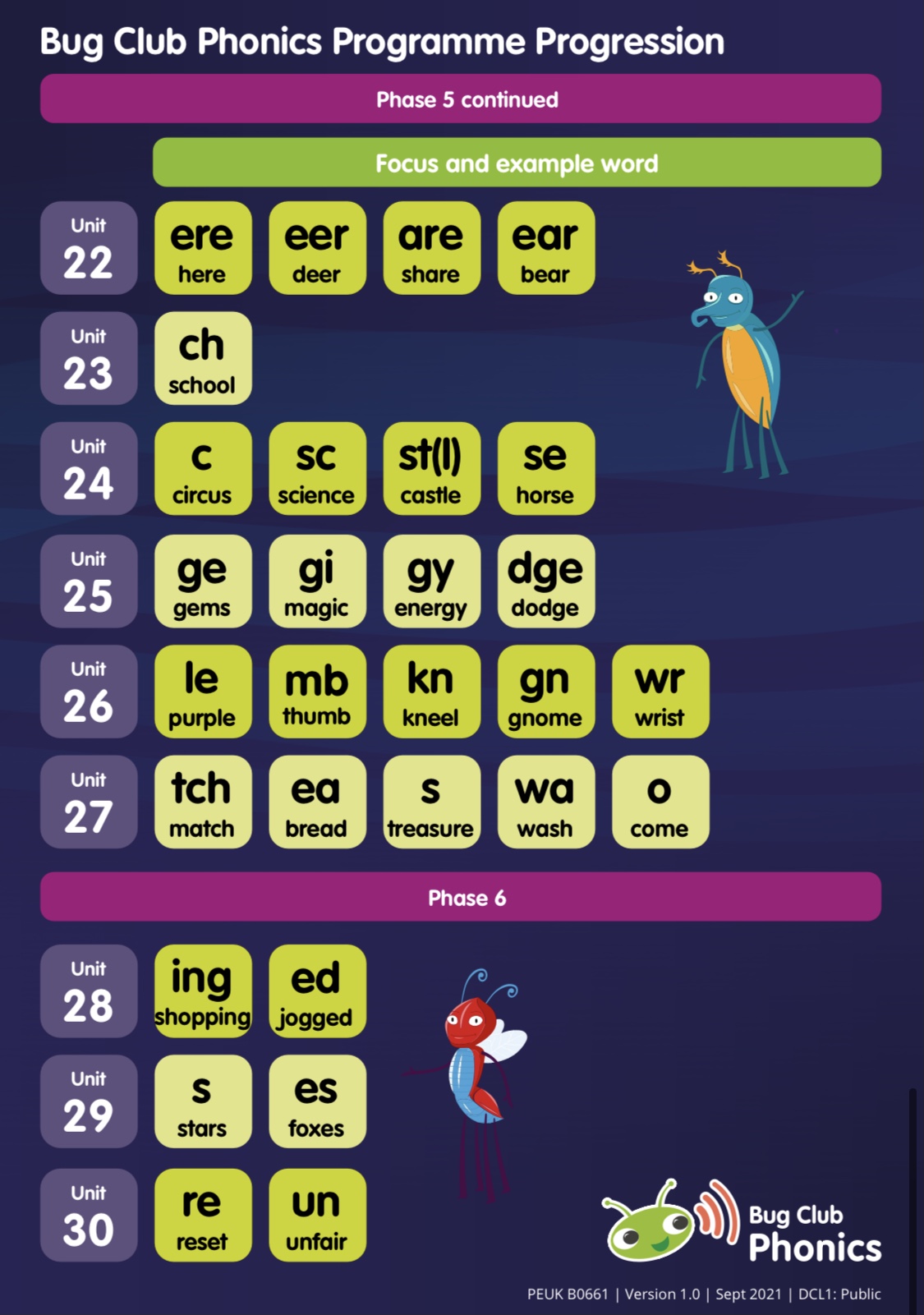
Information for Parents about our Phonics Scheme
Here is an information video about Bug Club Phonics
https://www.youtube.com/watch?v=0dCRWLLNXPo&t=53s
Our new scheme is now linked to our reading books so your child will access stories that our linked to their current phonics level. This will help them to practise and consolidate their learning.
All about Early Reading and Phonics
Please watch this video to find out more information about Early Reading and Phonics
https://www.youtube.com/watch?v=R4t3tghK-jY
Phonics Screening Check
Please find a letter here for Year 2 parents about the Phonics screening check:
Phonics Screening Check
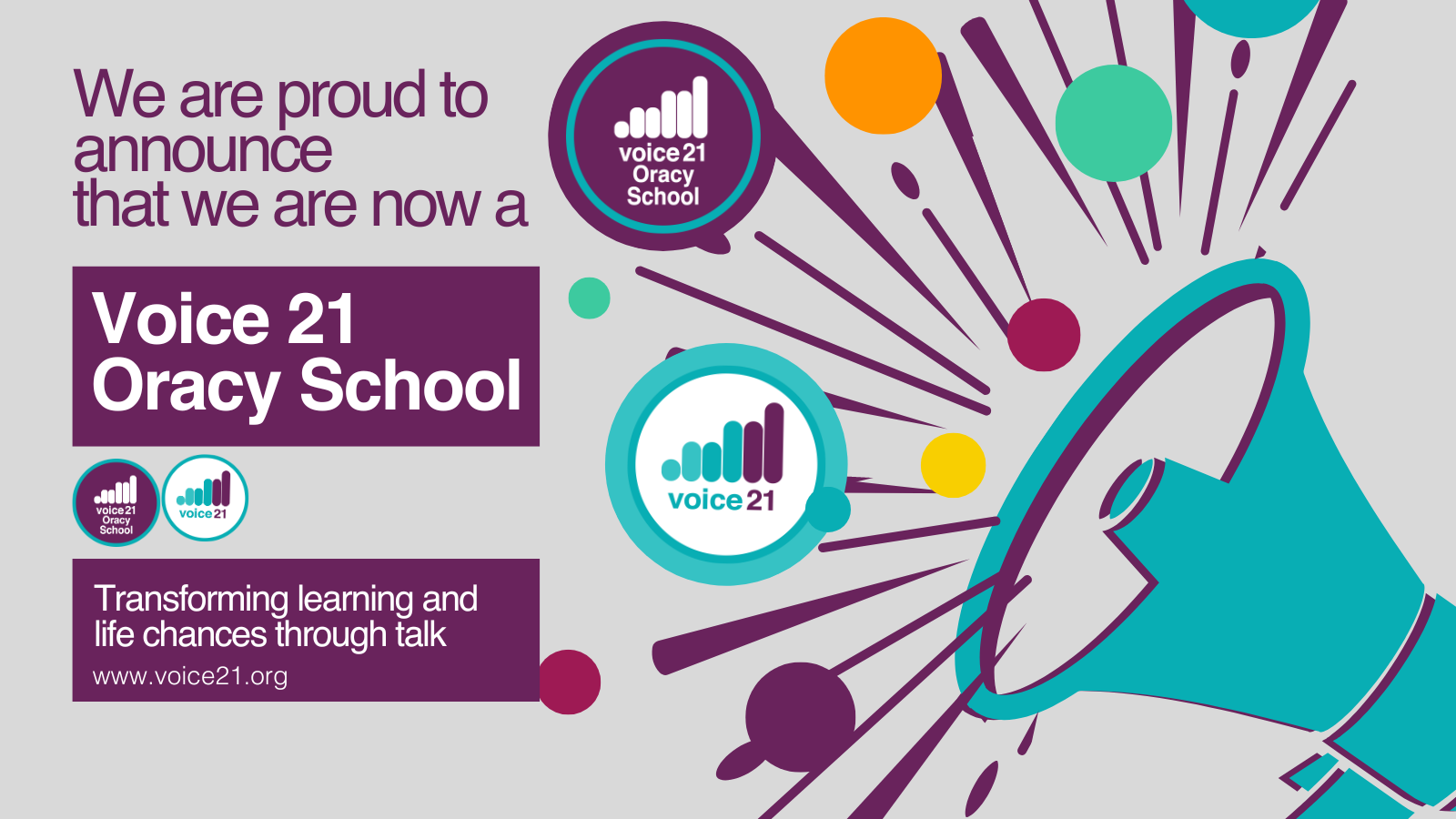
We’re a Voice 21 Oracy School.
We are part of a network of over a thousand Voice 21 Oracy Schools across the UK who are transforming teaching and learning through talk.
Oracy is the ability to articulate ideas, develop understanding and engage with others through spoken language. In Voice 21 Oracy Schools students learn the oracy skills they need to succeed in school and in life.
Why oracy matters?
By teaching pupils to become effective speakers and listeners we empower them to better understand themselves, each other and the world around them.
We actively invest teaching time into creating "talk rich" classrooms, valuing every single student voice, boosting confidence and preparing our students for their futures.
- Speaking and listening skills are critical foundations for reading and writing.
- Students with better oral language skills are more likely to achieve the highest grades in GCSE Maths and English.
- Young people with good communication skills are less likely to have mental health difficulties.
As a Voice 21 Oracy School we put oracy at the heart of our teaching and learning across all subject areas enabling students to develop and deepen their knowledge and understanding through talk in the classroom.
In Voice 21 Oracy Schools:
- 89% of students agree/strongly agree that speaking and listening has helped them make progress with their school work.
- 77% of teachers said that oracy had boosted attainment.
- 96% of teachers said that oracy is an essential part of teaching and learning.
Find out more about oracy and Voice 21 here
About Voice 21
Voice 21 is the UK’s oracy education charity. It works with schools to transform the learning and life chances of young people through talk so that all children can use their voice for success in school and in life. Since its launch in 2015 it has worked with over 1200 schools and 10,000 teachers across the UK, reaching more than 290,000 students through its work.
Oracy is the ability to articulate ideas, develop understanding and engage with others through spoken language. In school, oracy is a powerful tool for learning; by teaching students to become more effective speakers and listeners we empower them to find their voice for success in school and life. It underpins young people’s progress and development: their literacy and numeracy, academic attainment, wellbeing, confidence and future prospects in further or higher education and employment.
Voice 21 Documents
Fun games and resources
Reading
https://www.topmarks.co.uk/english-games/5-7-years/letters-and-sounds
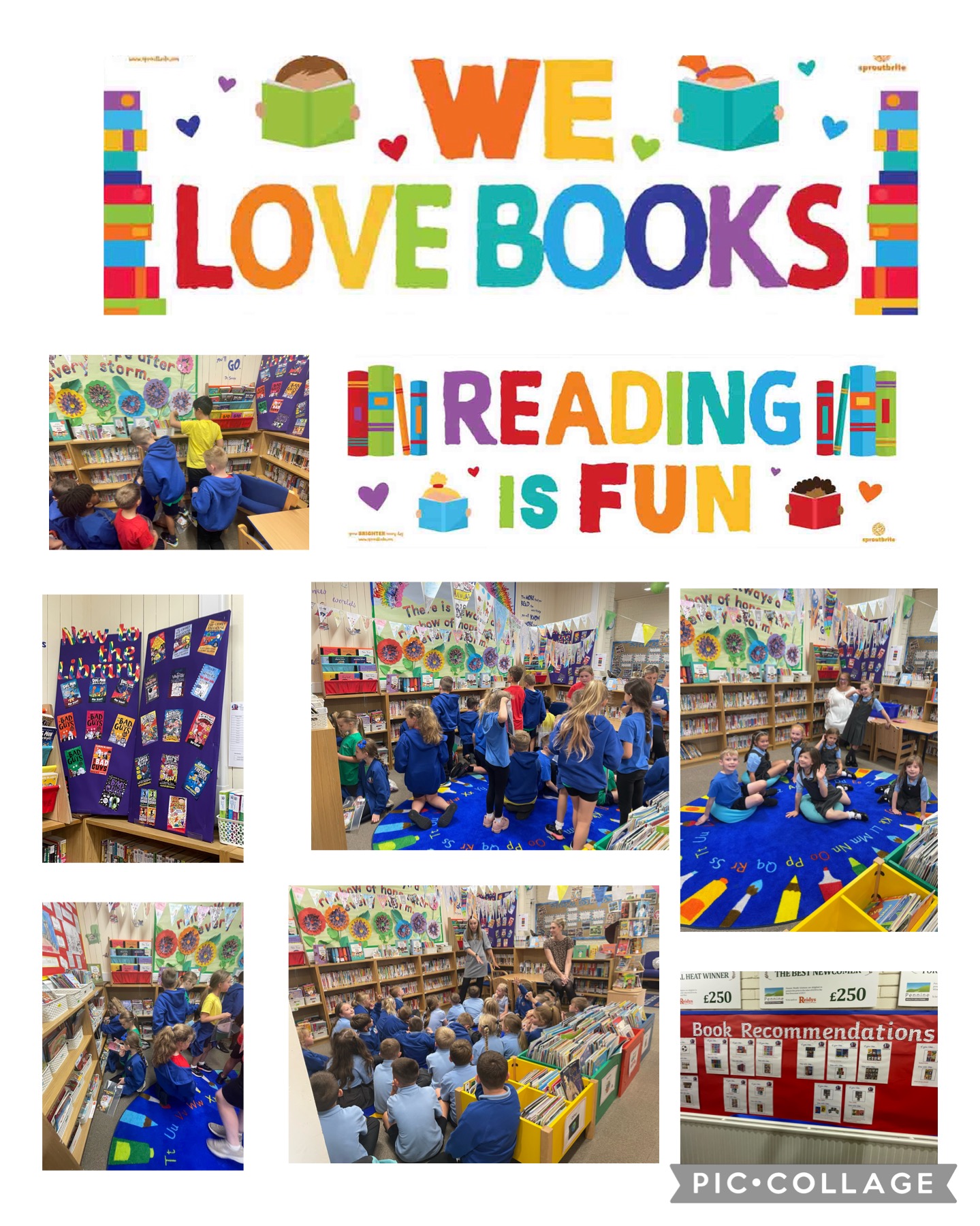
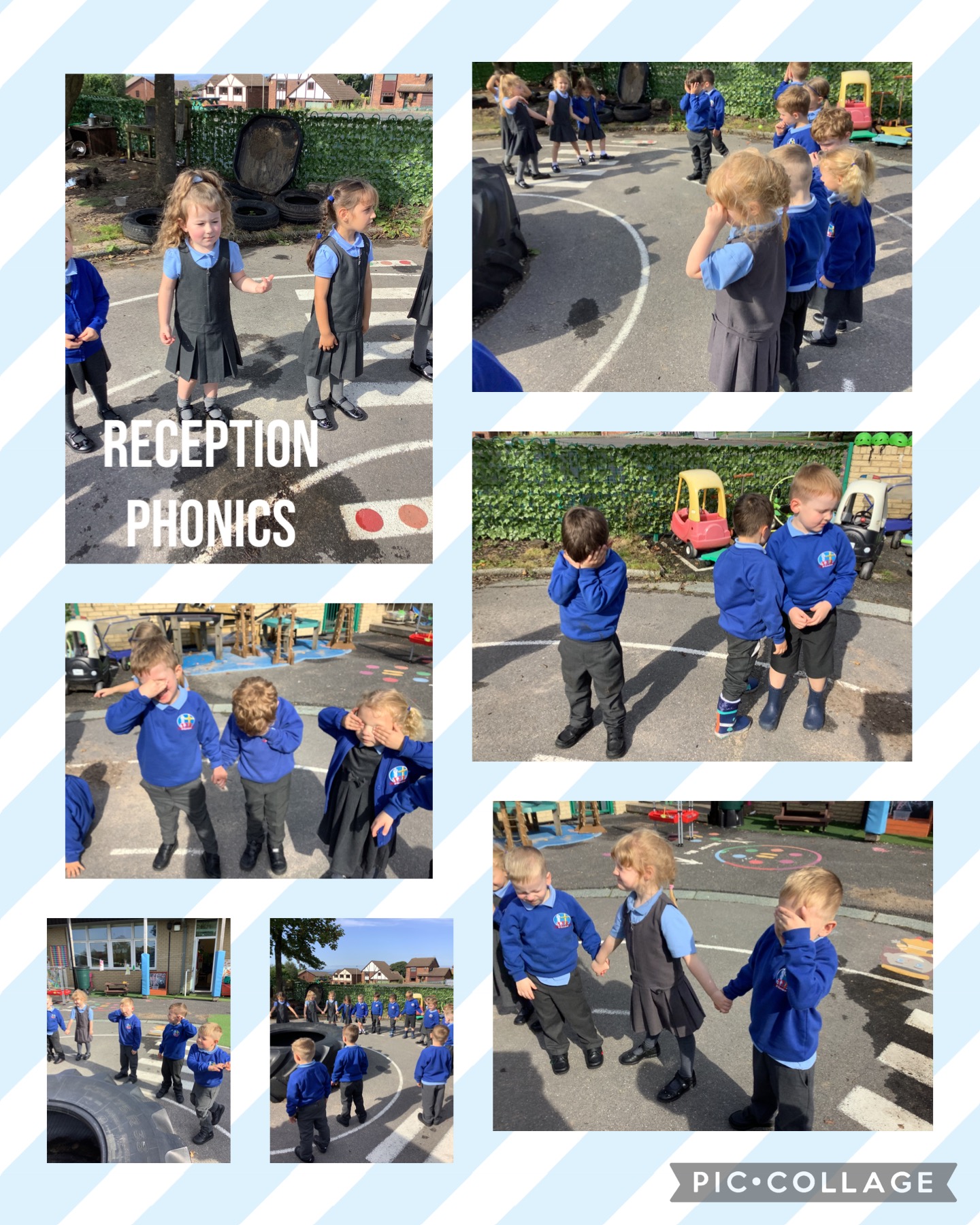
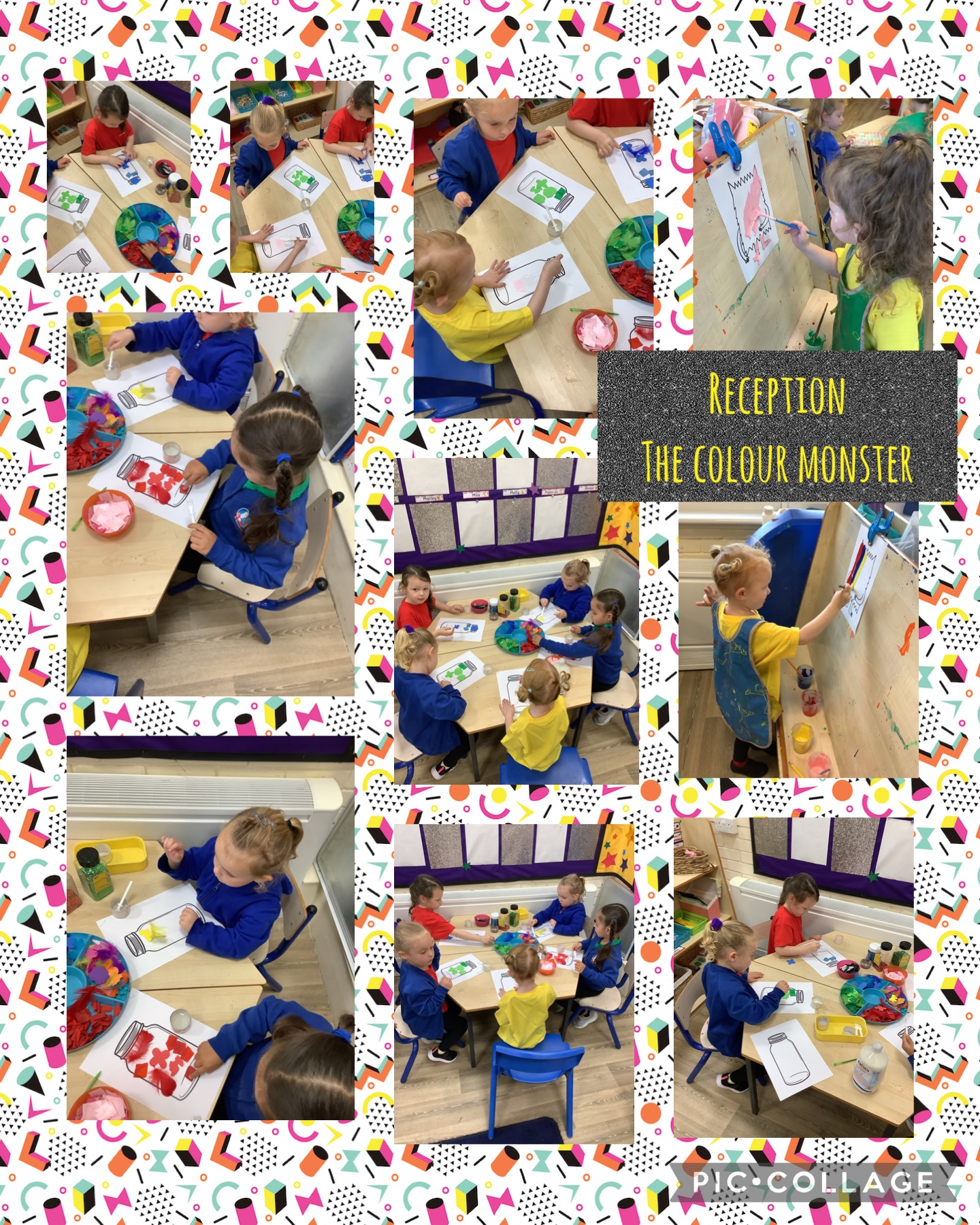
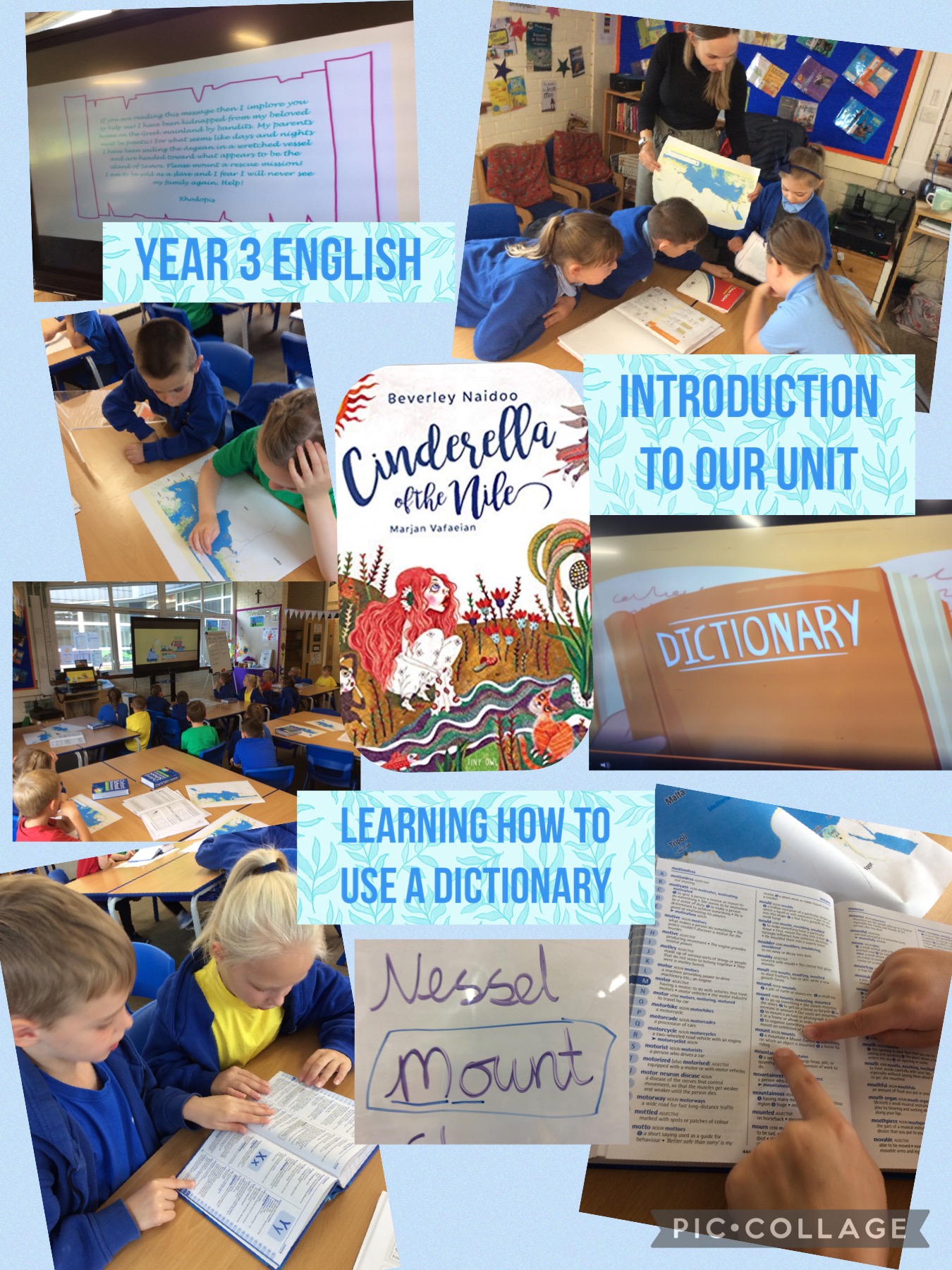
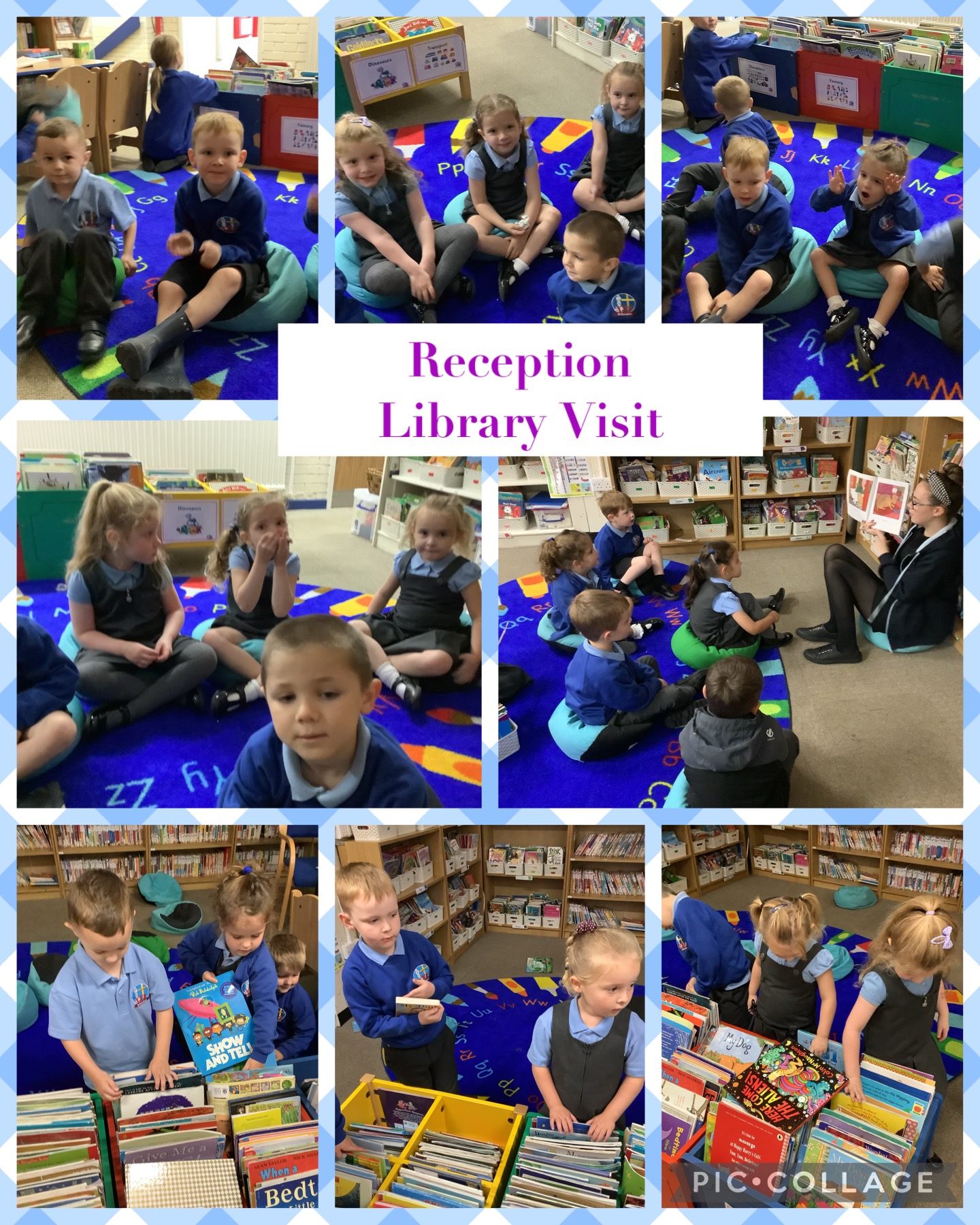
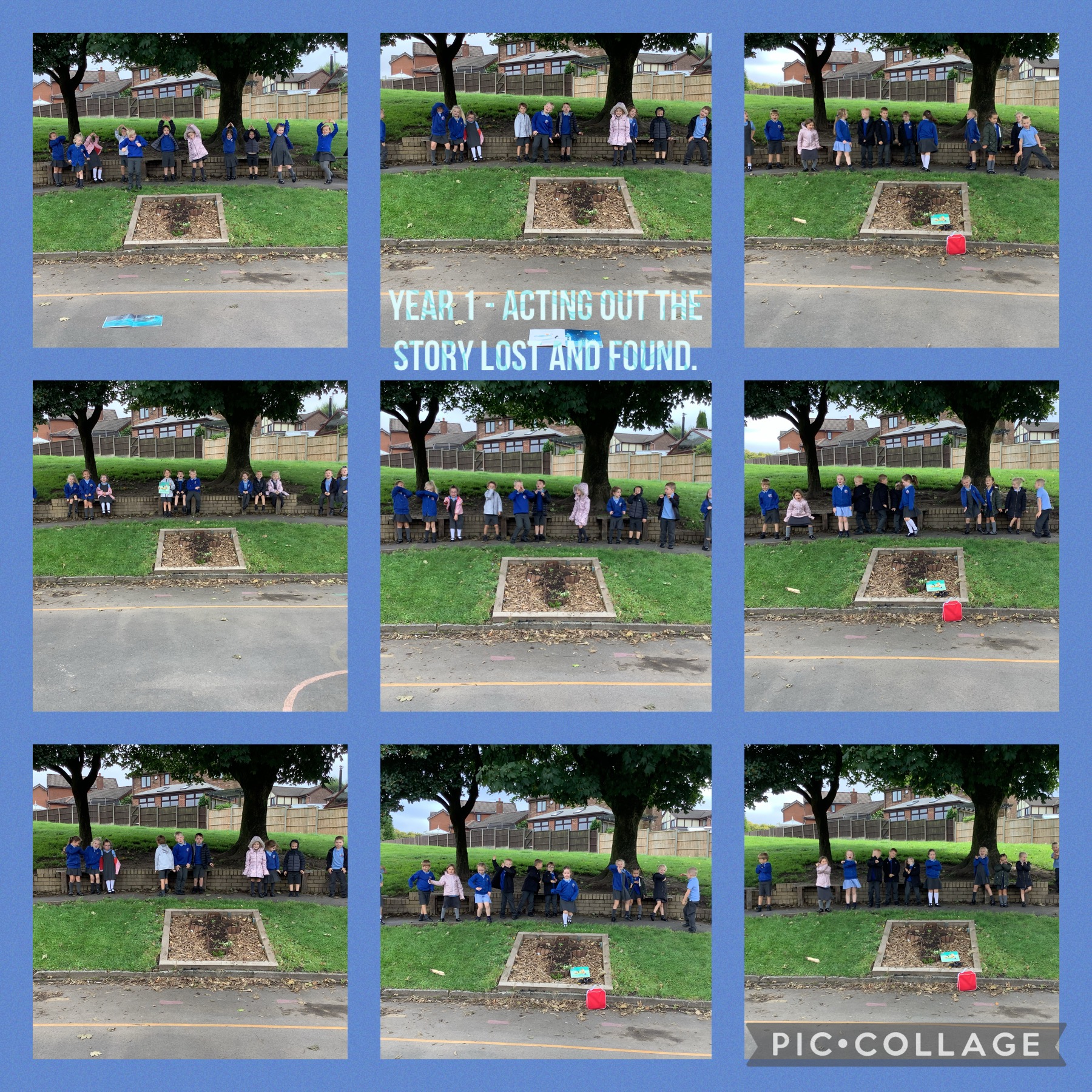
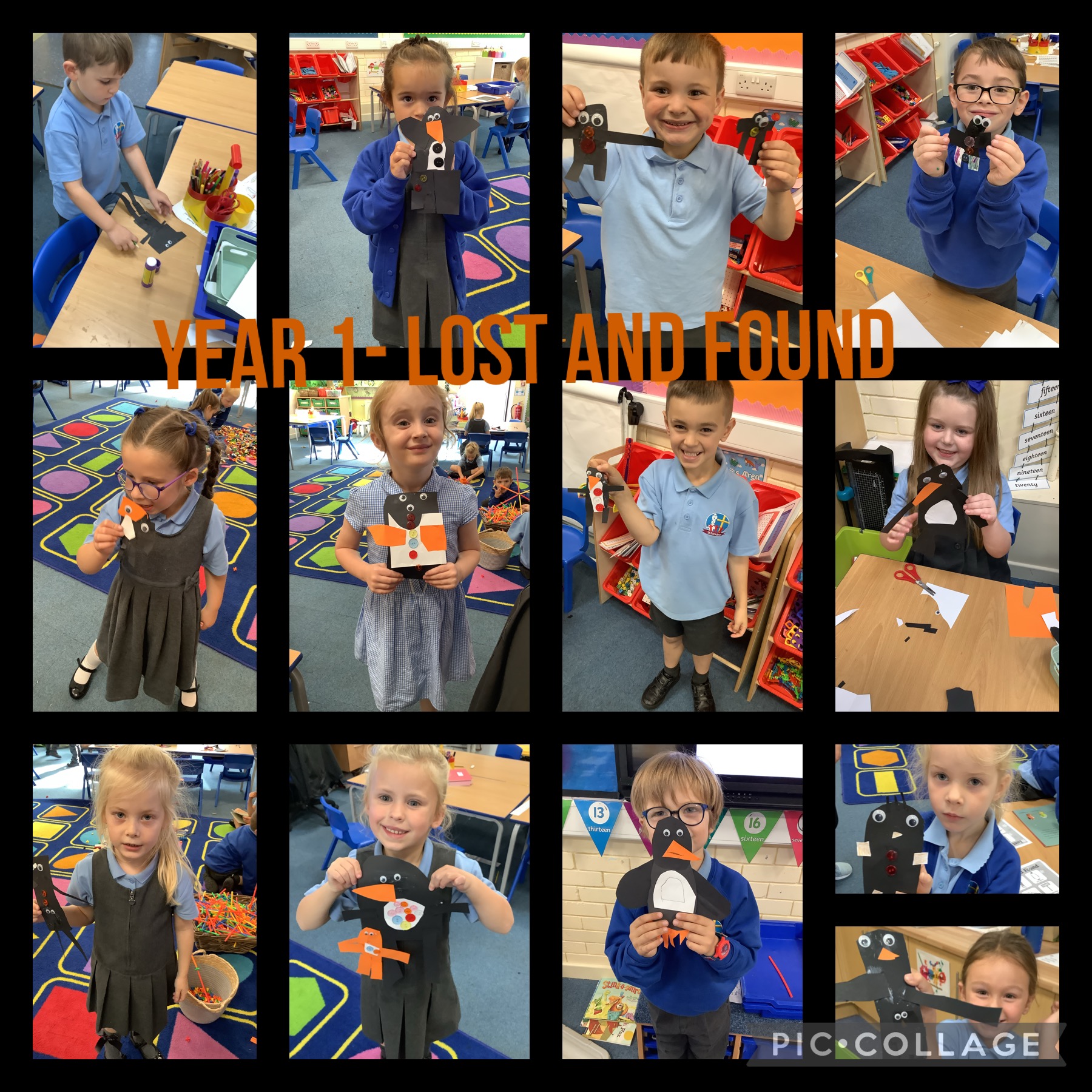
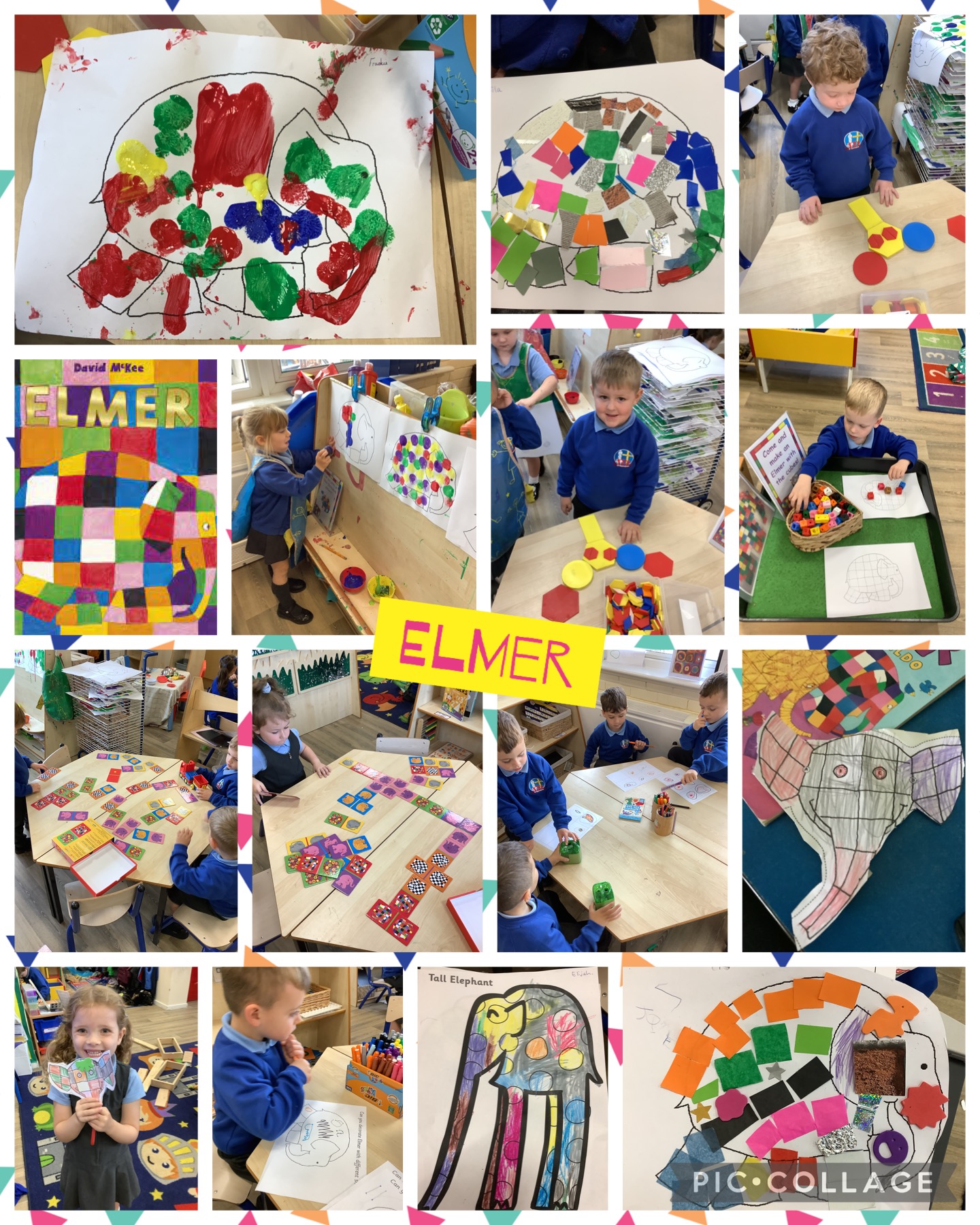
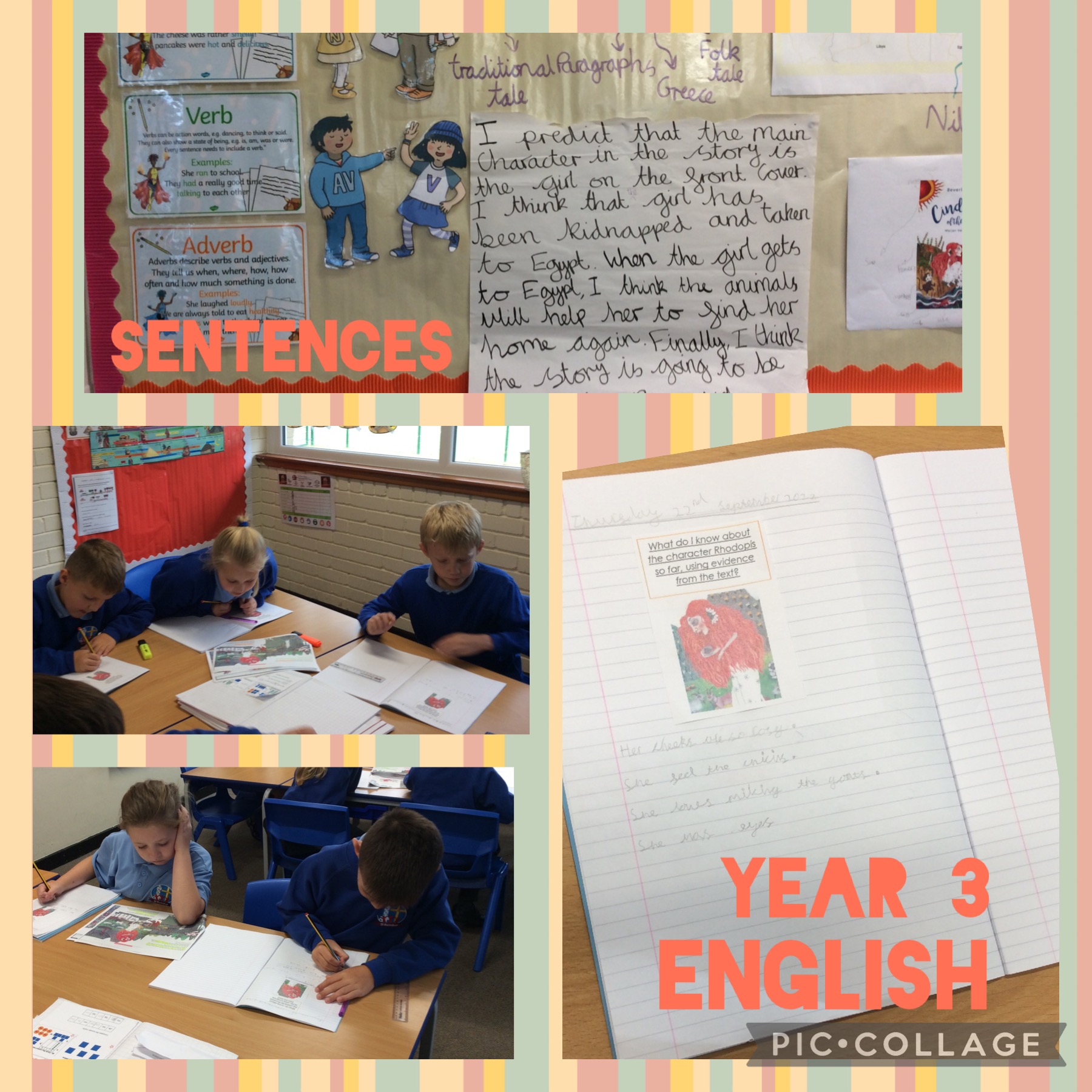
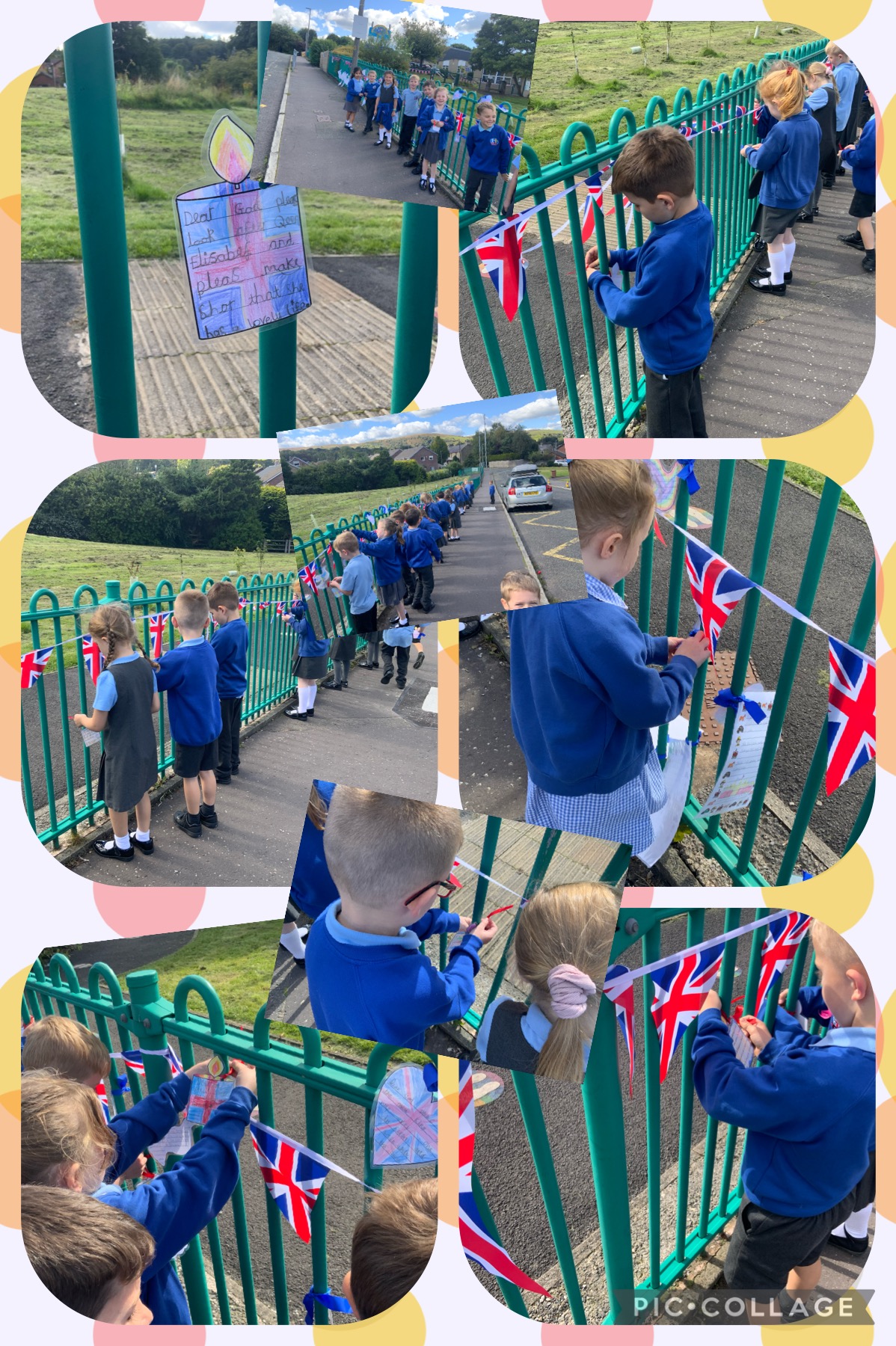
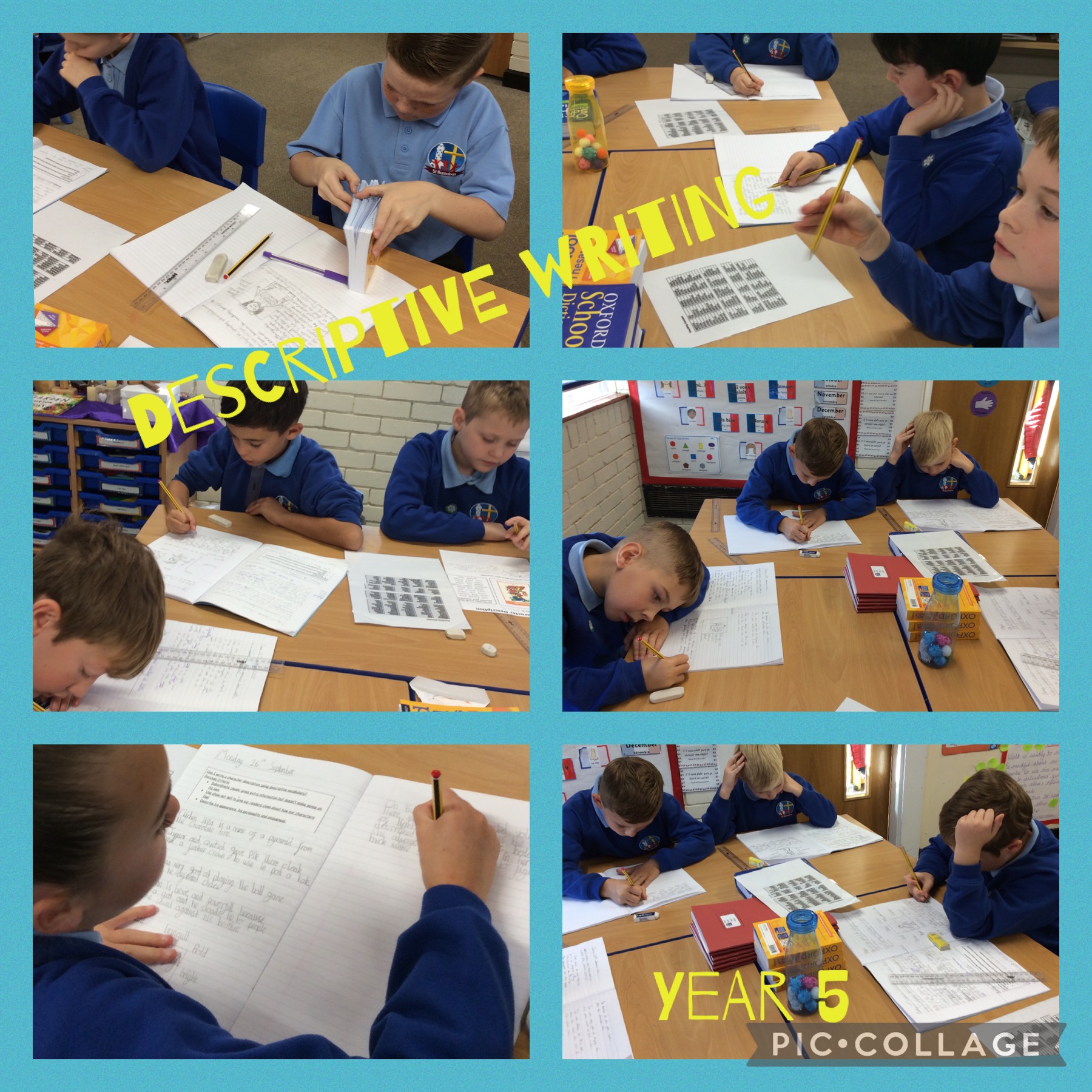
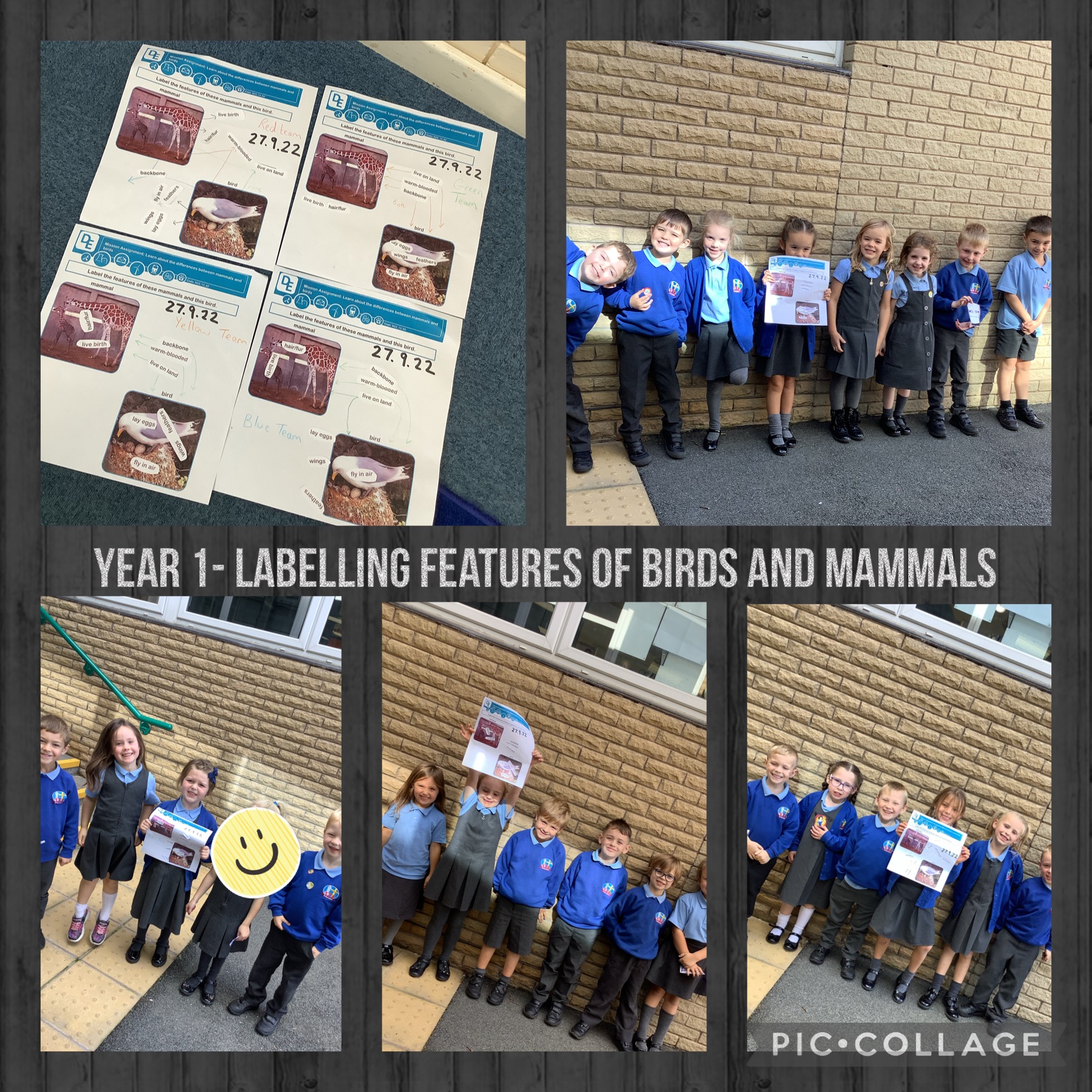
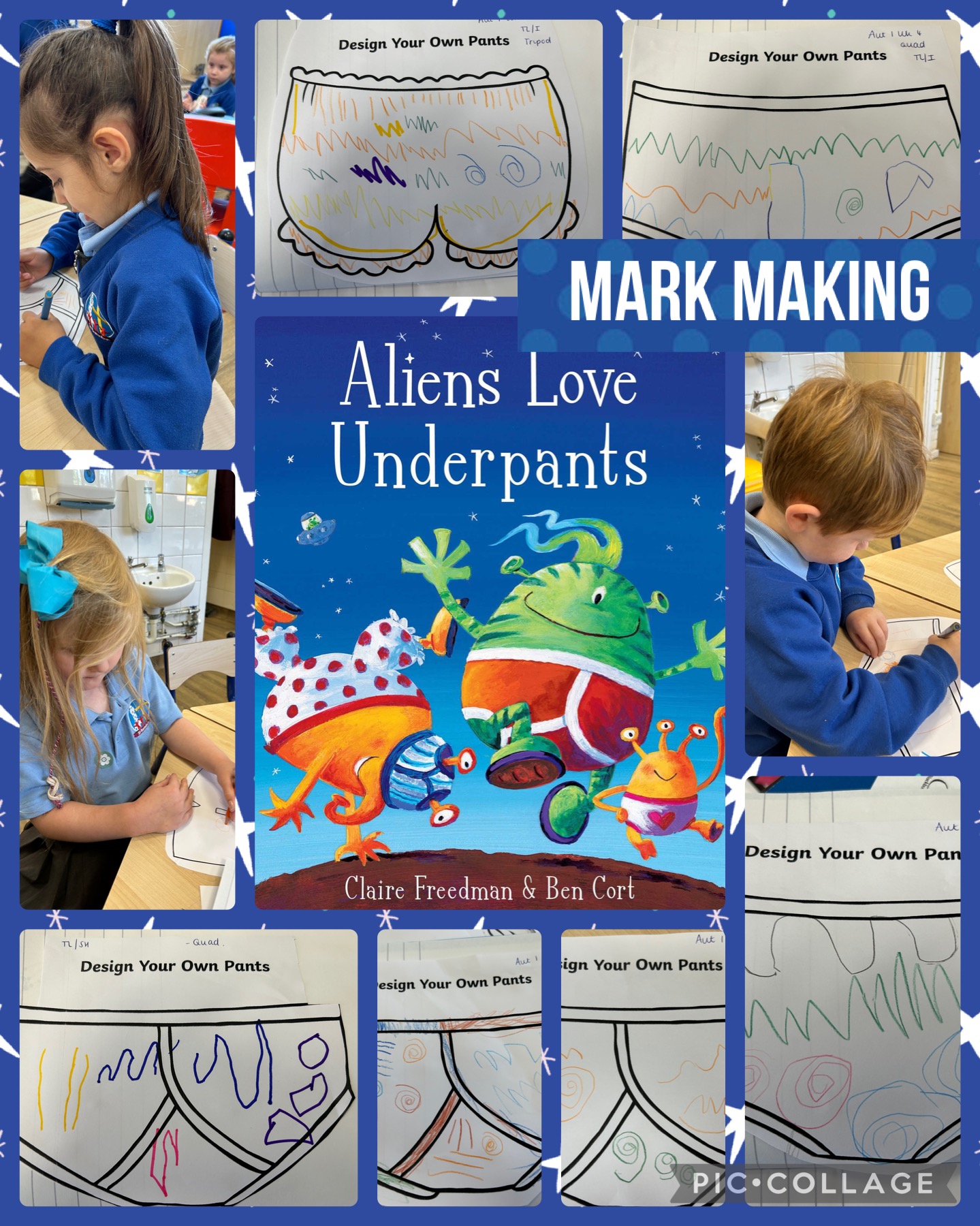
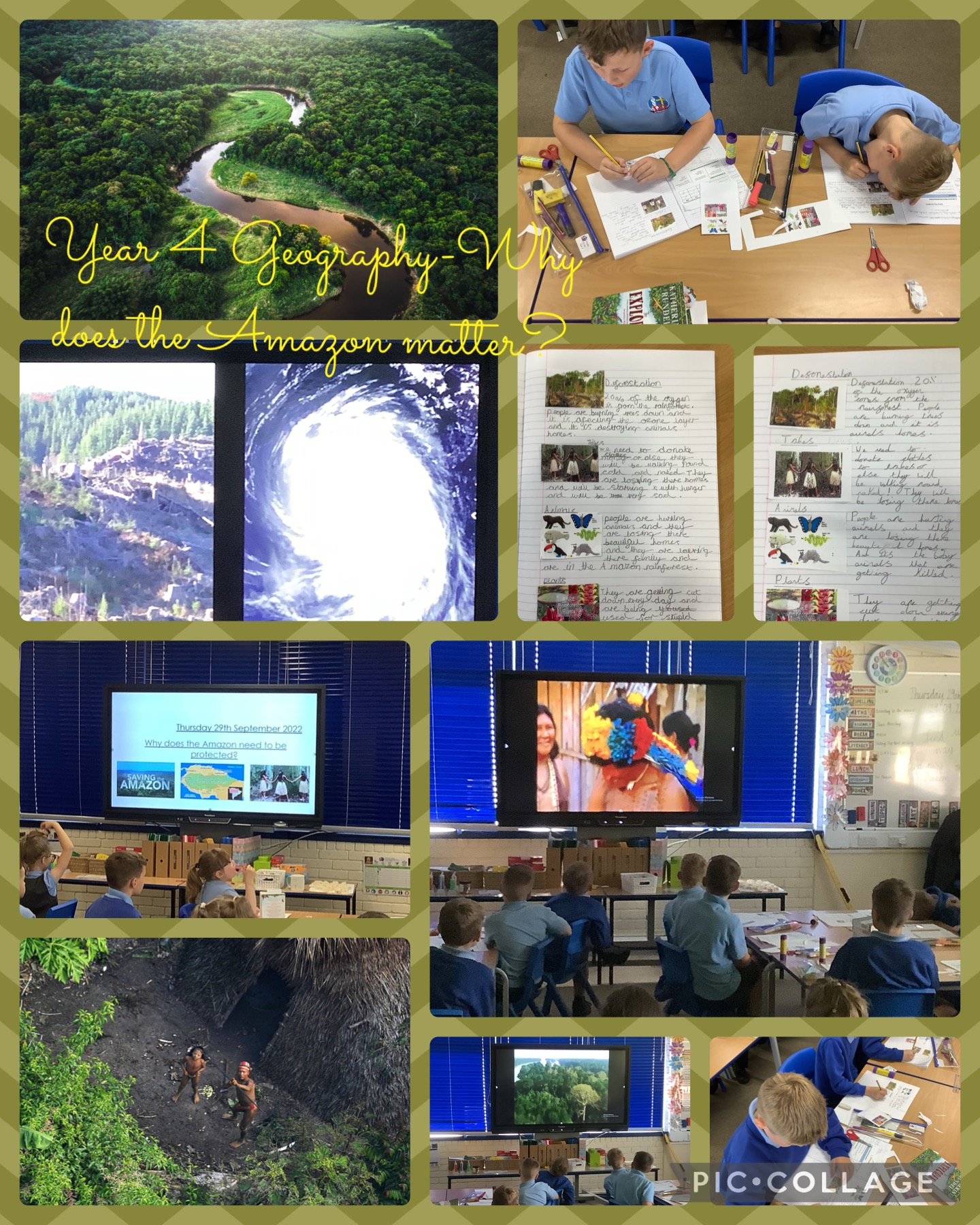
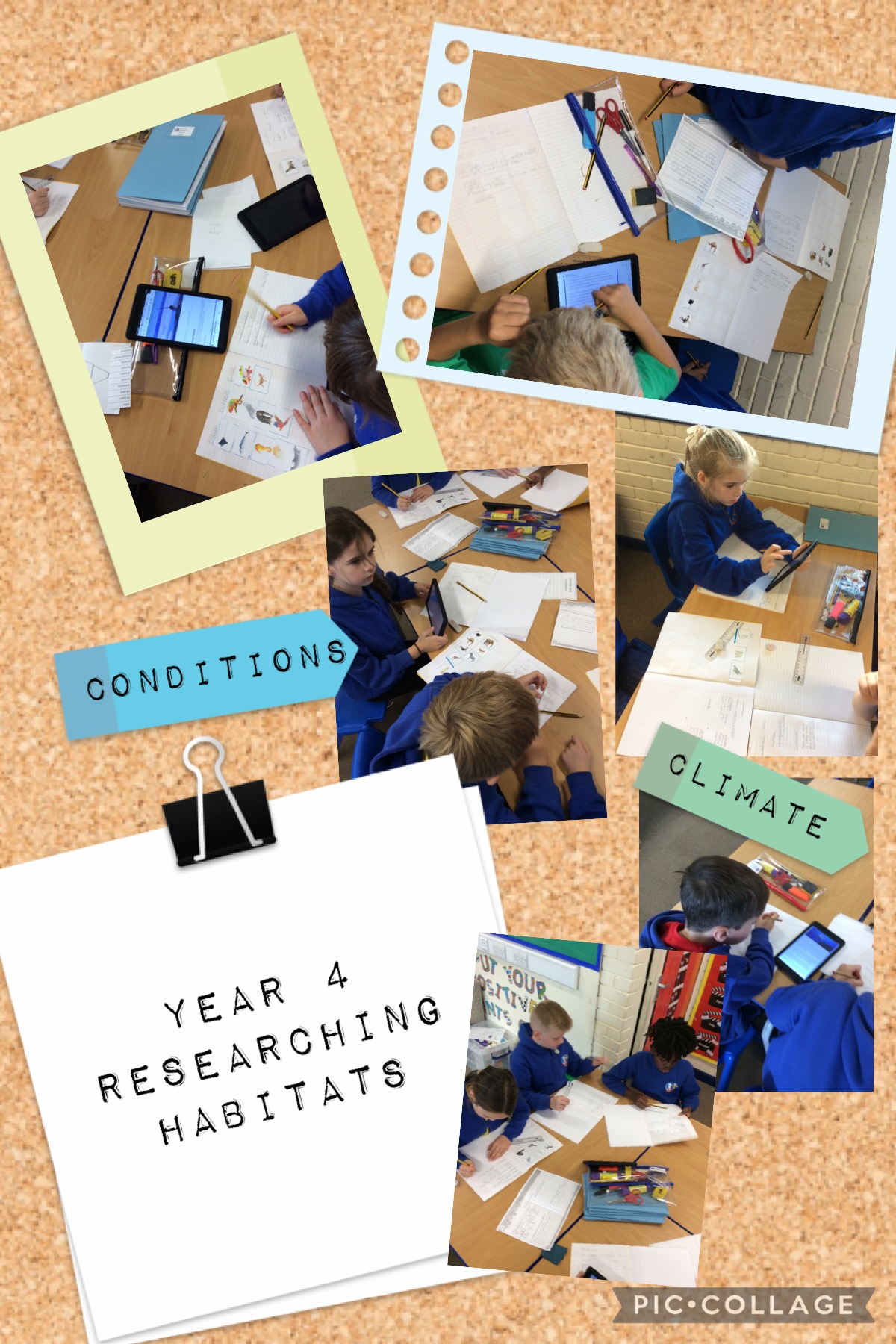
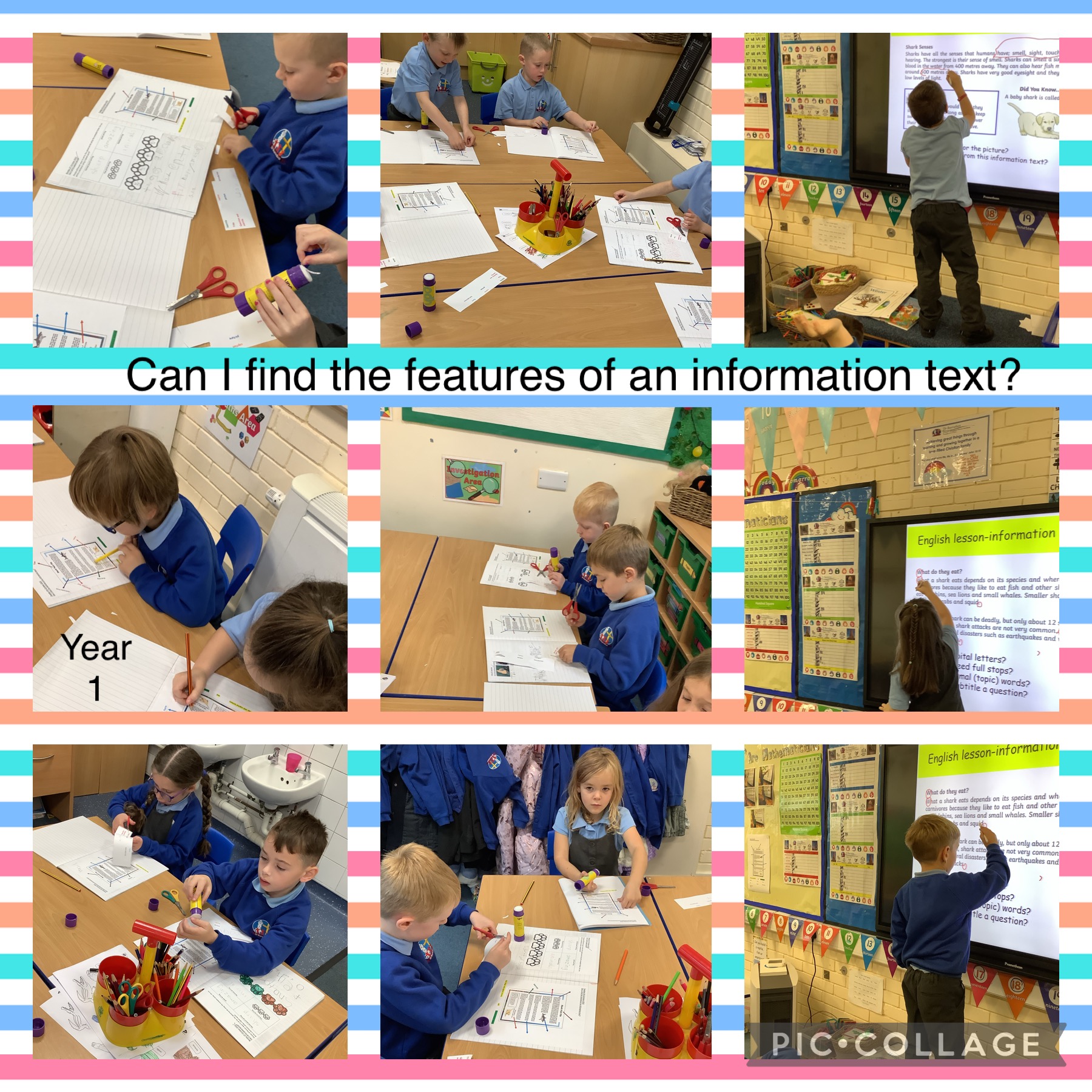
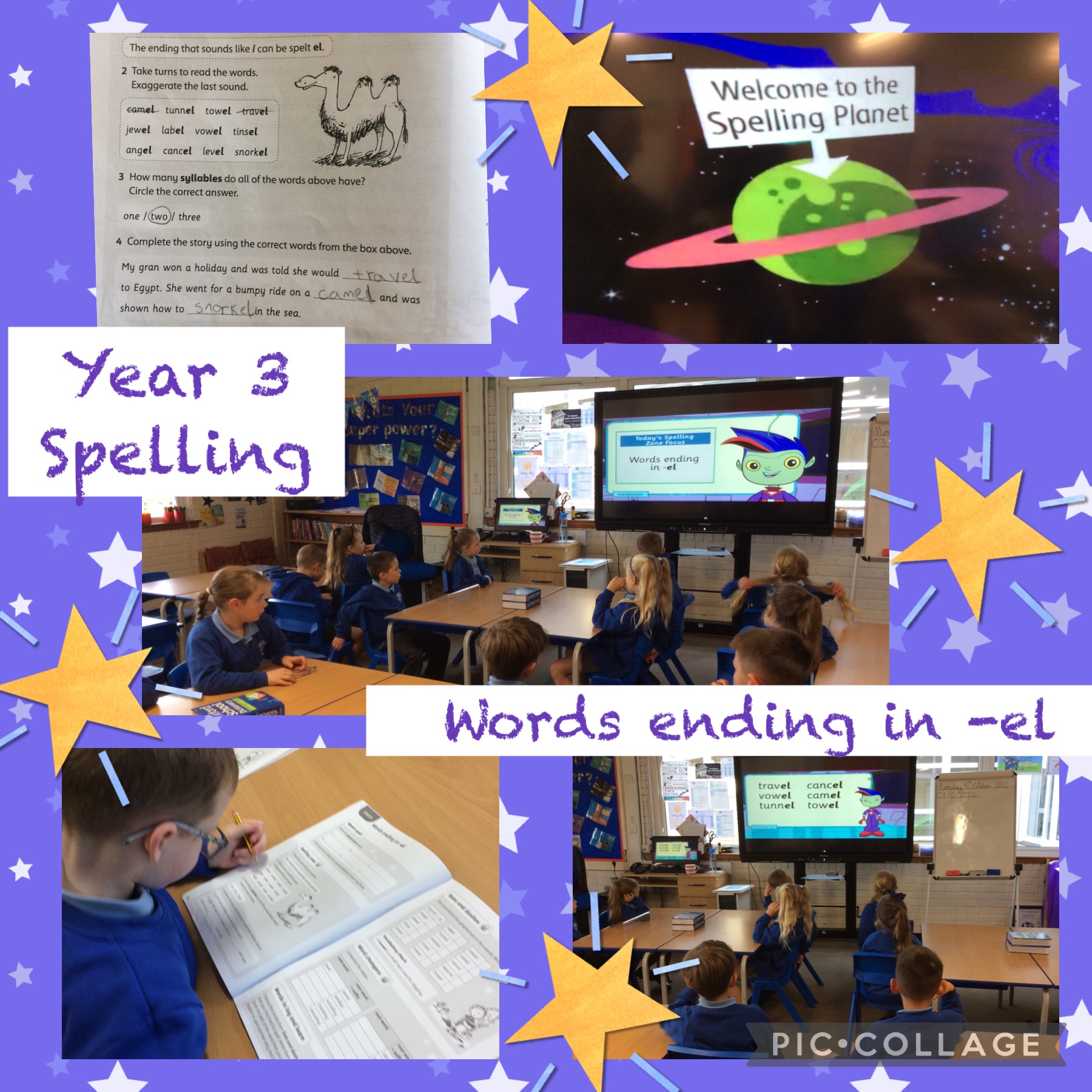
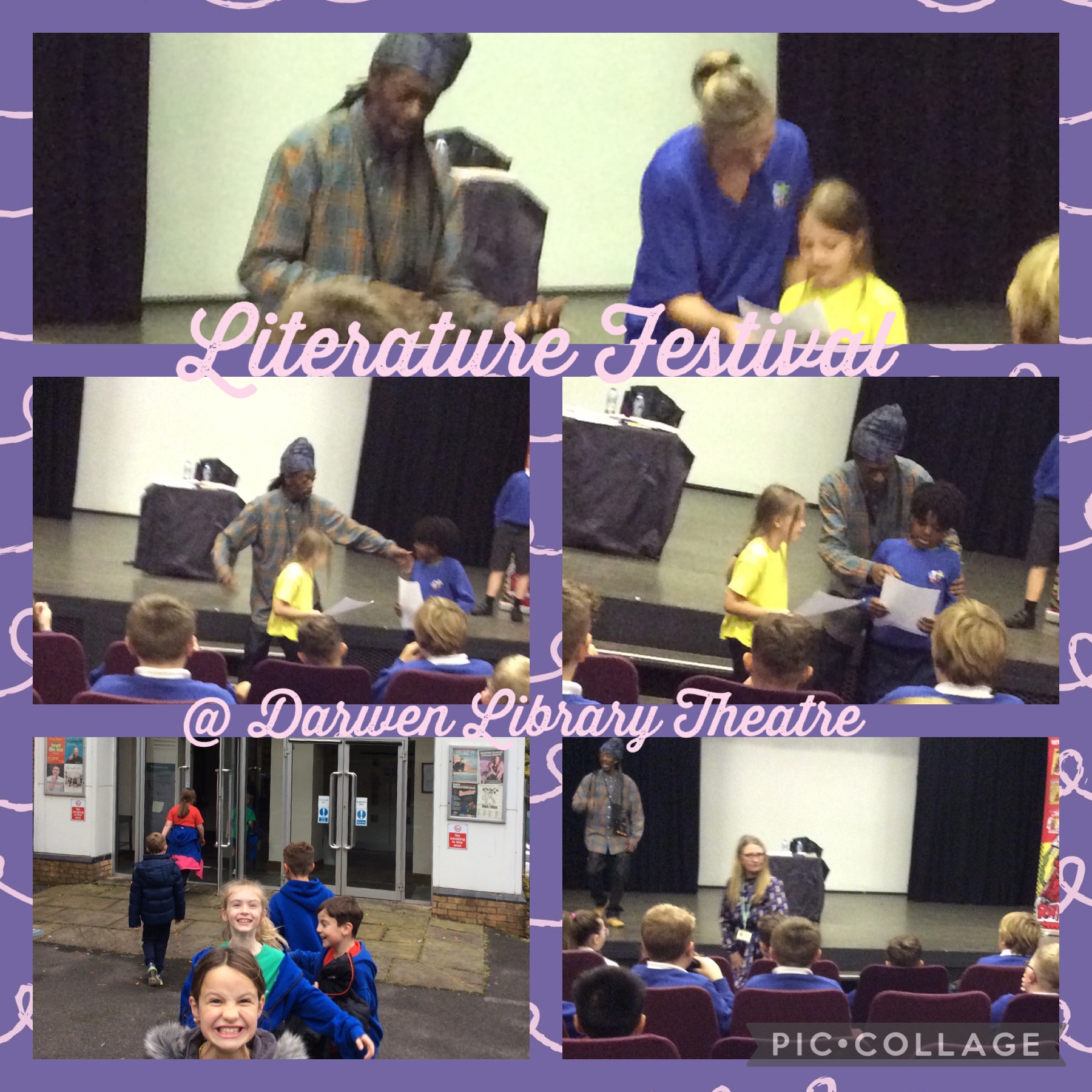
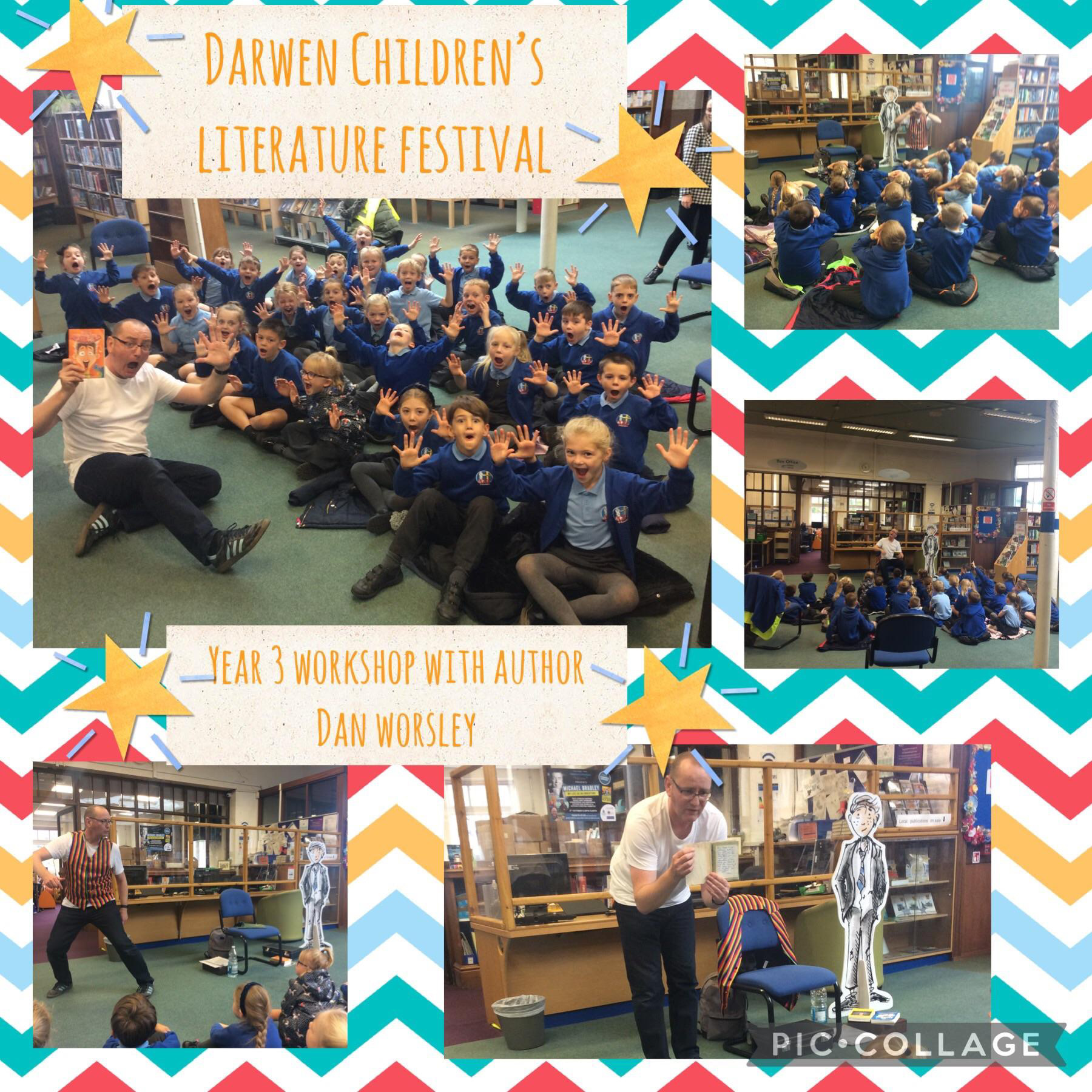
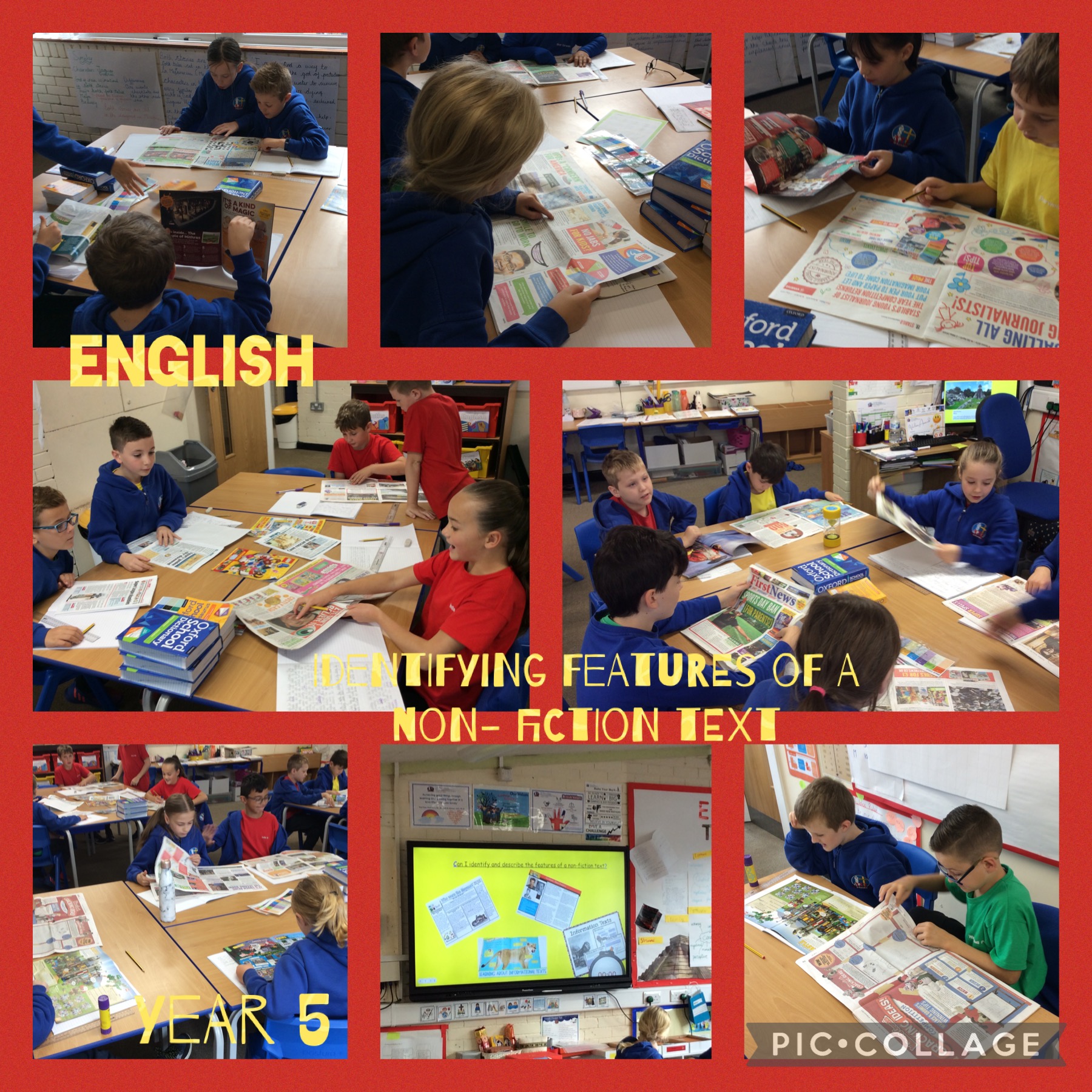
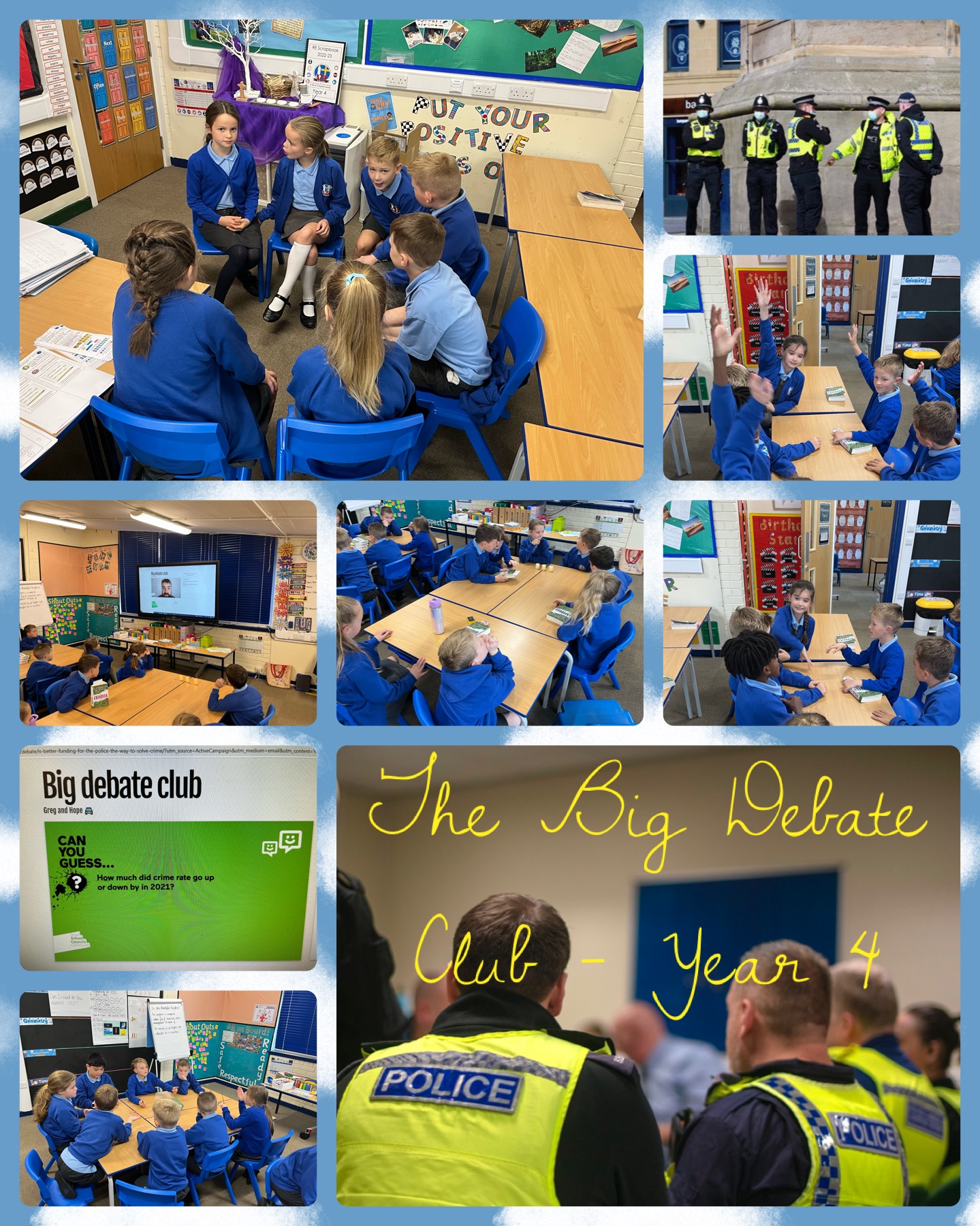
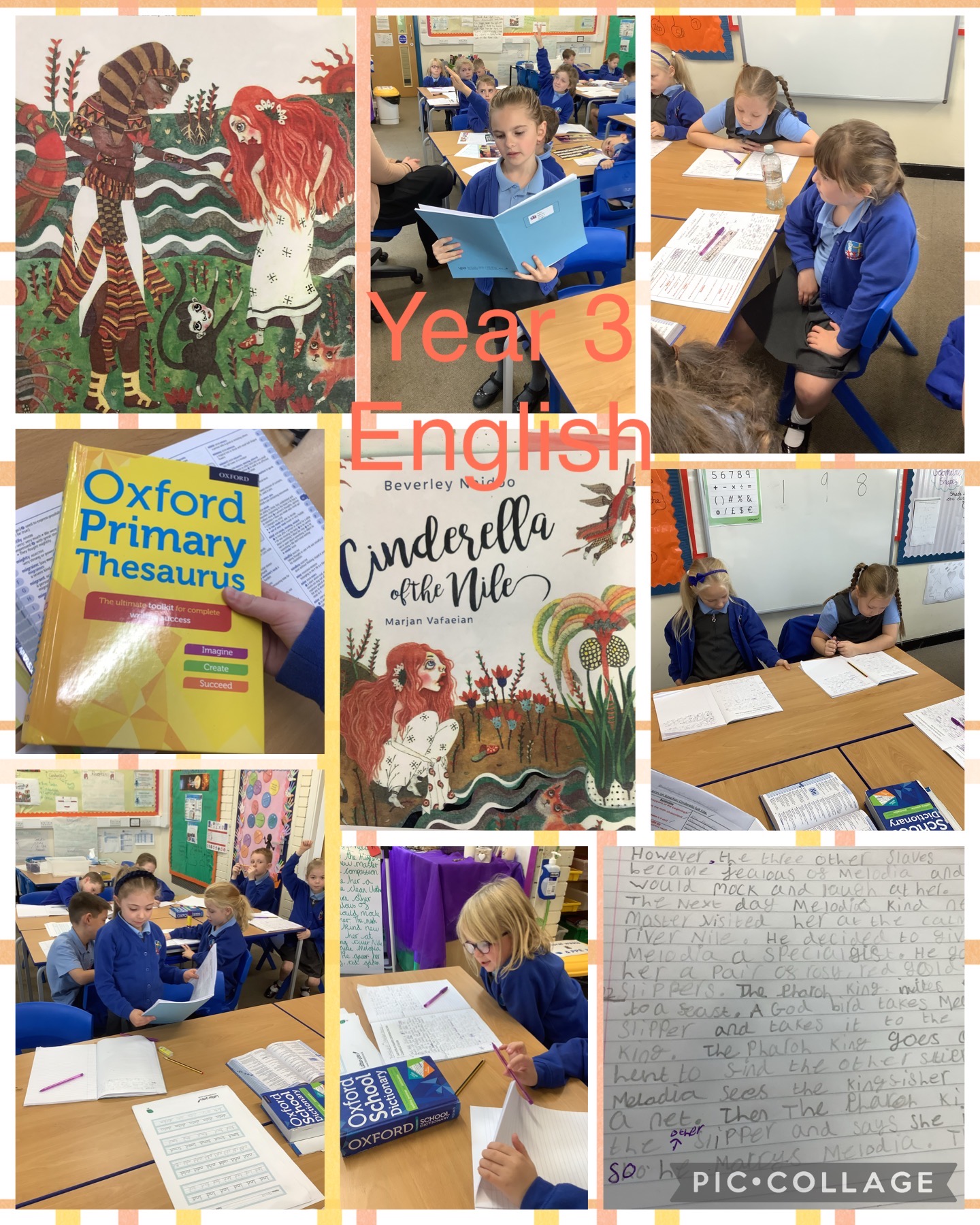
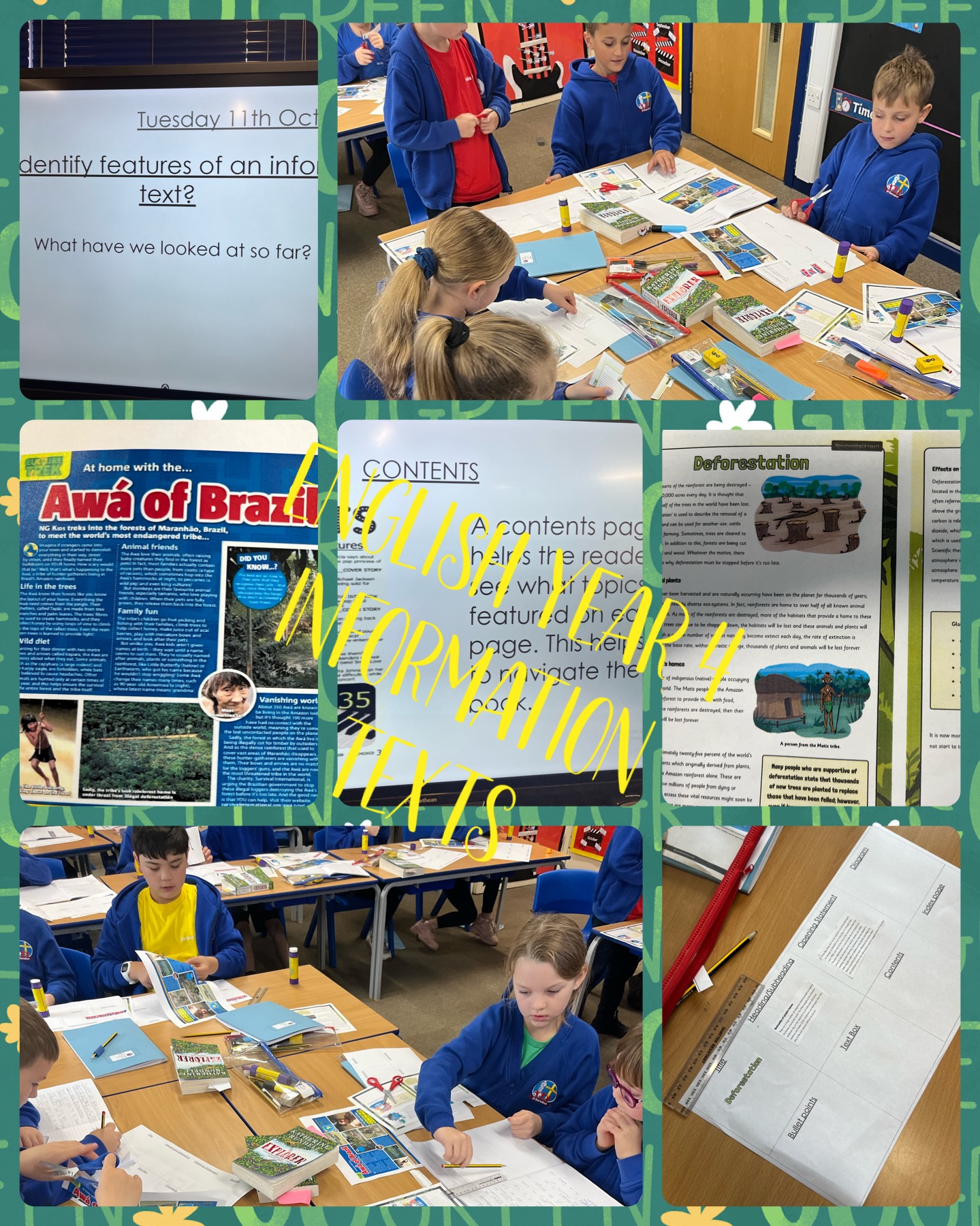
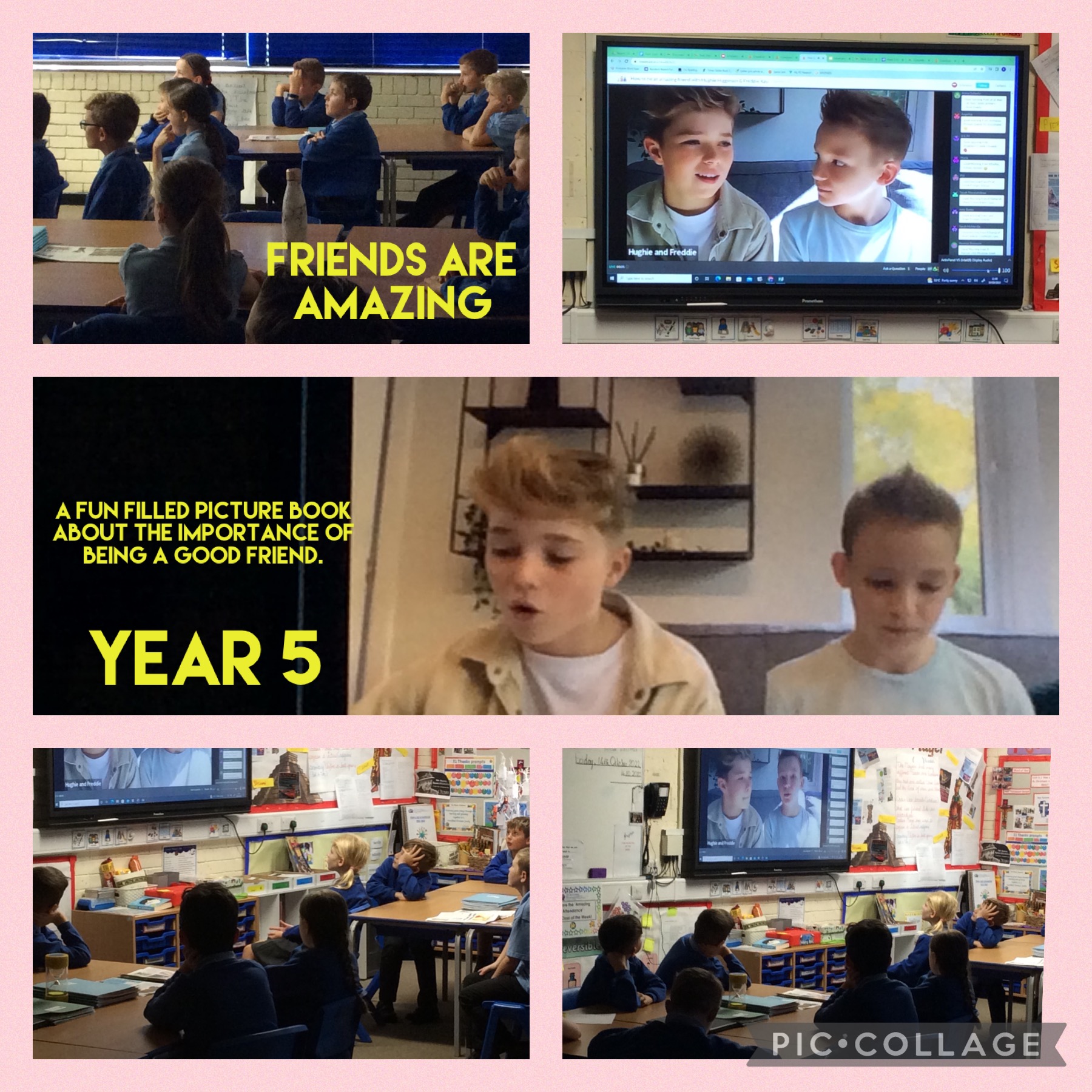
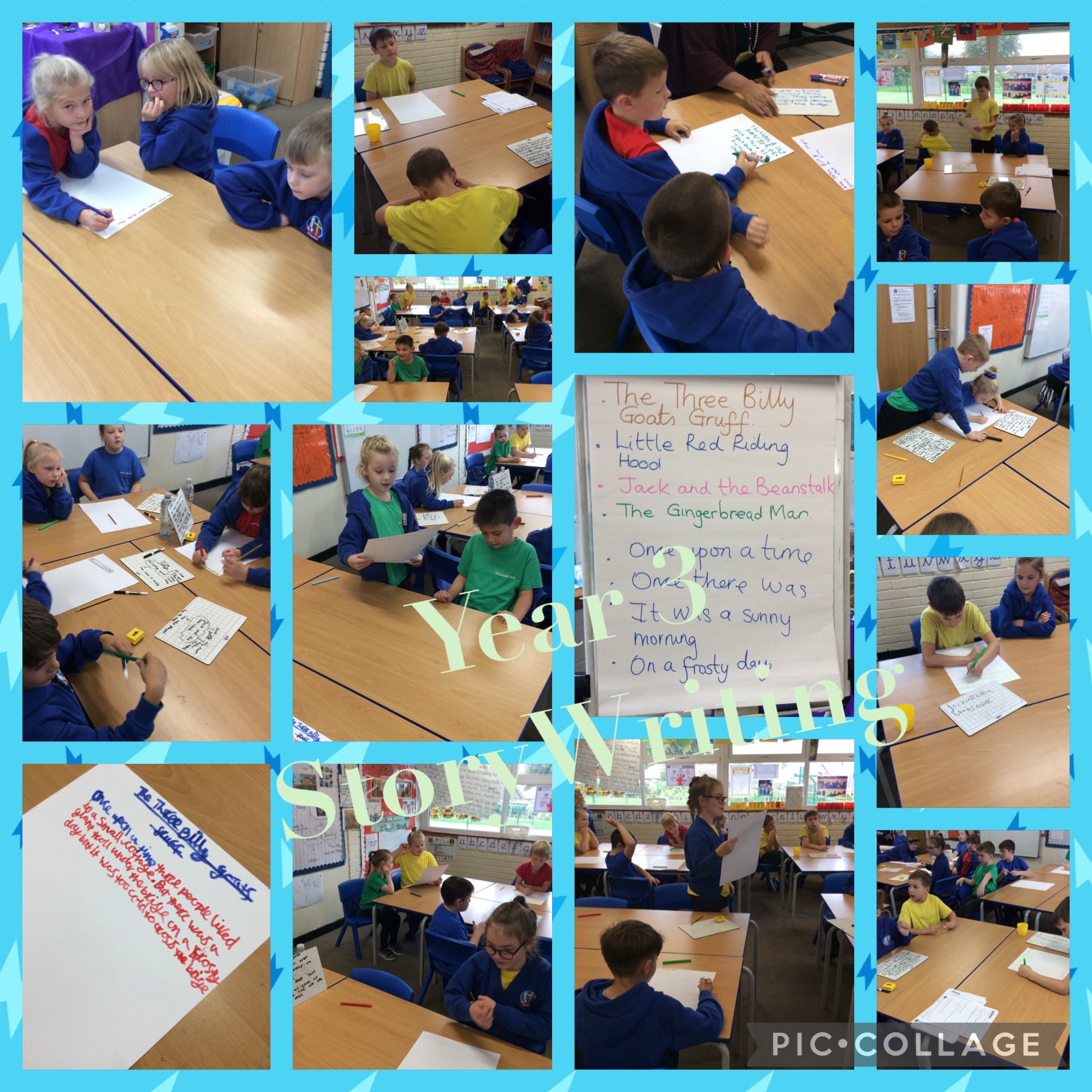
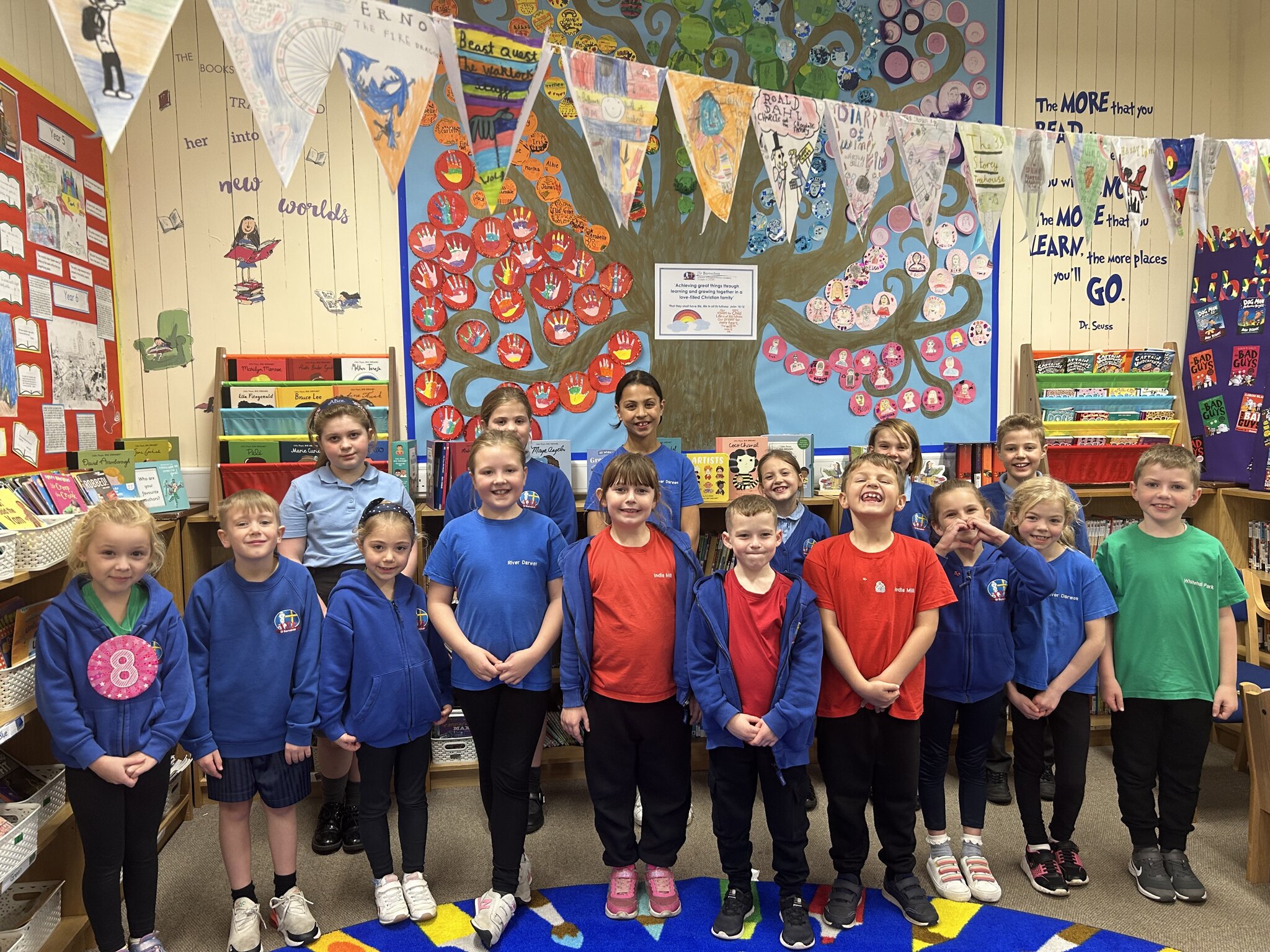
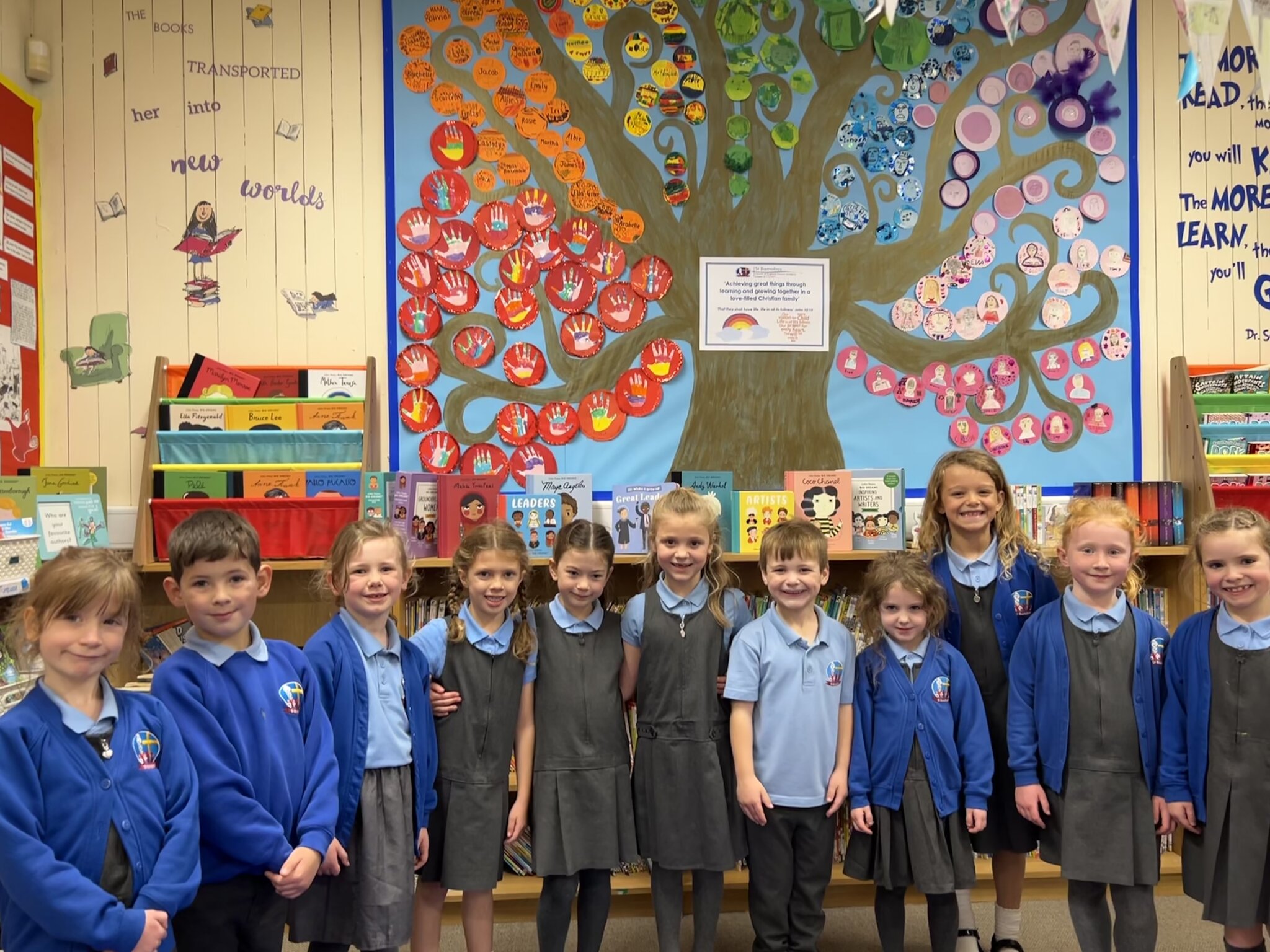
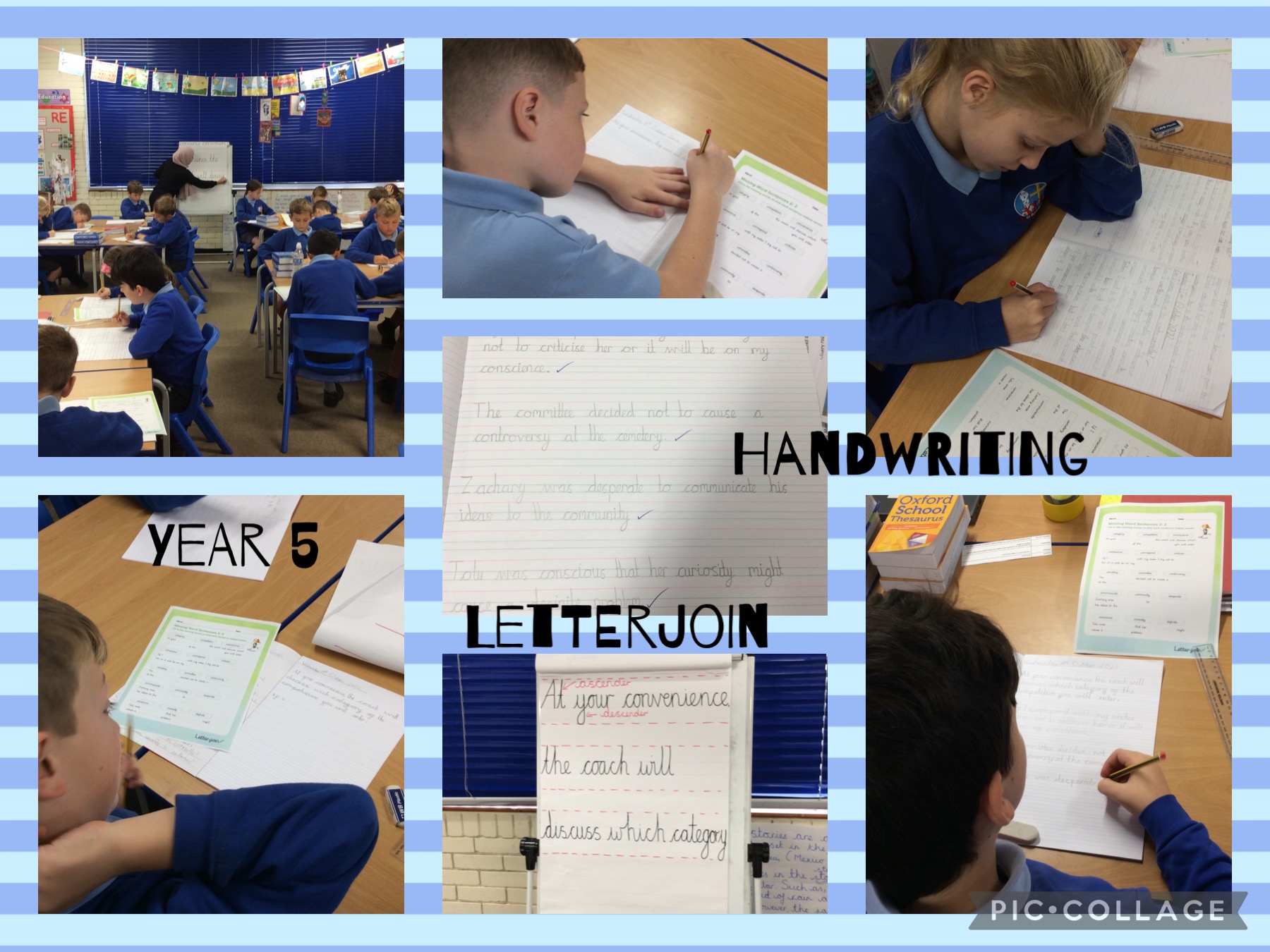
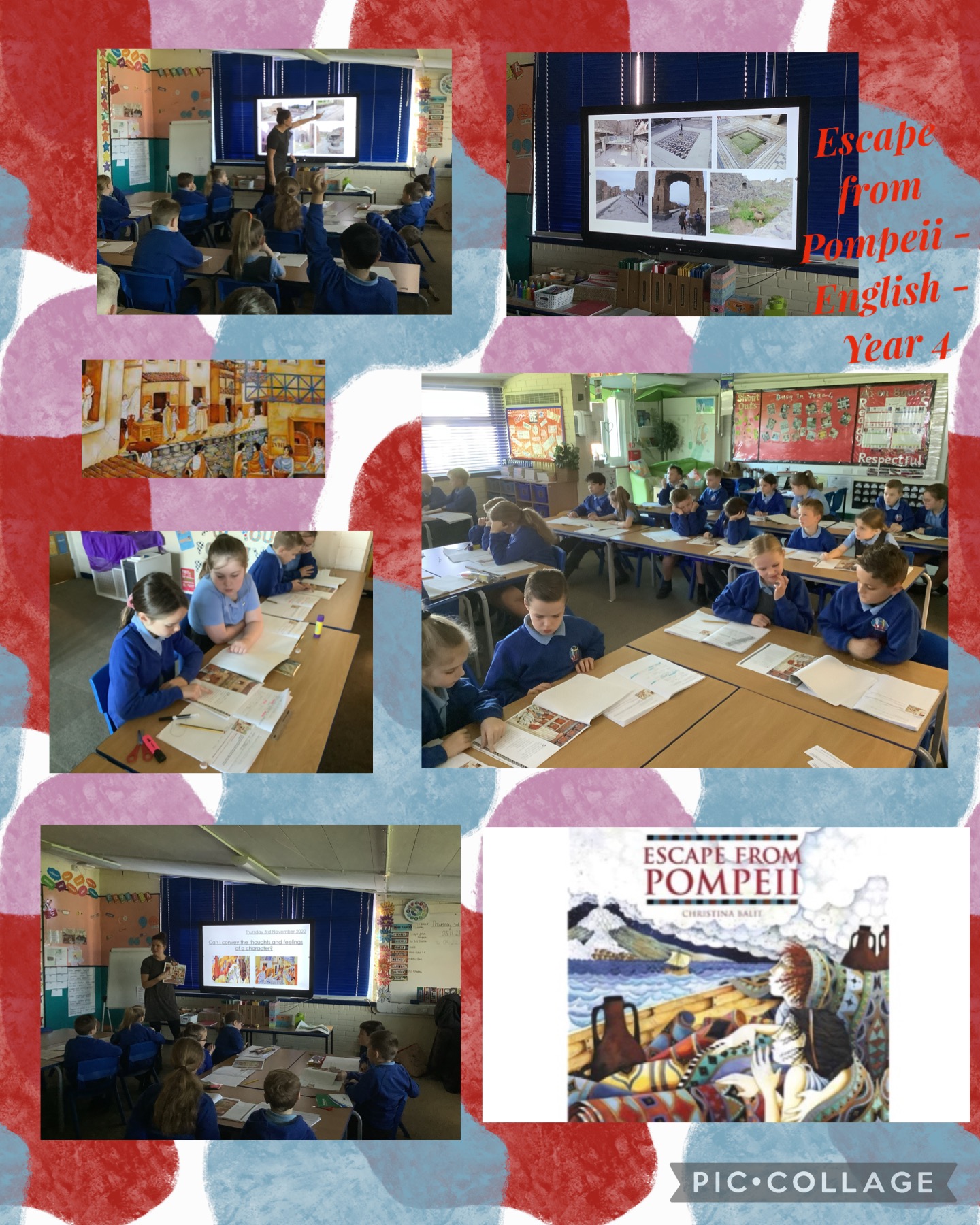
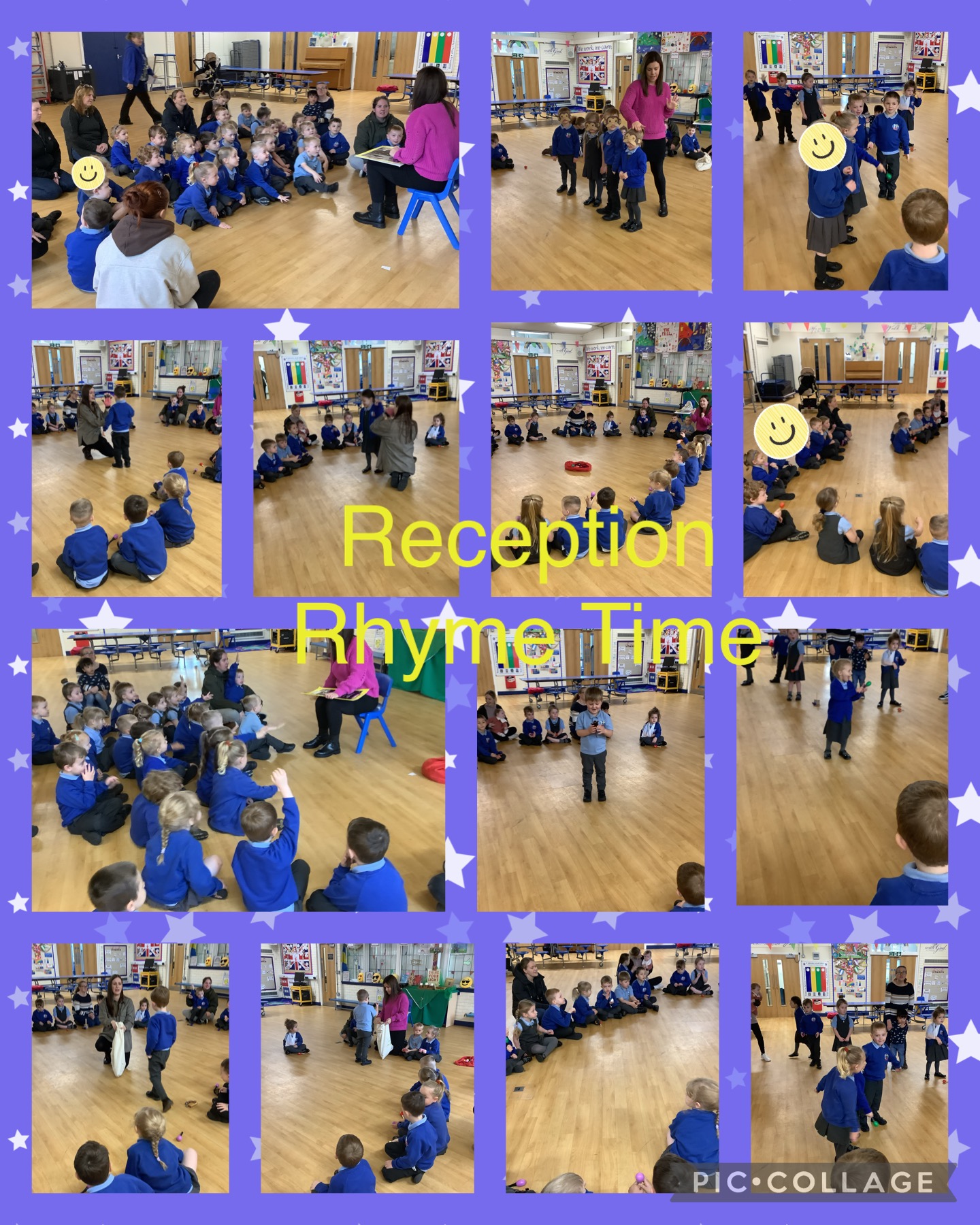
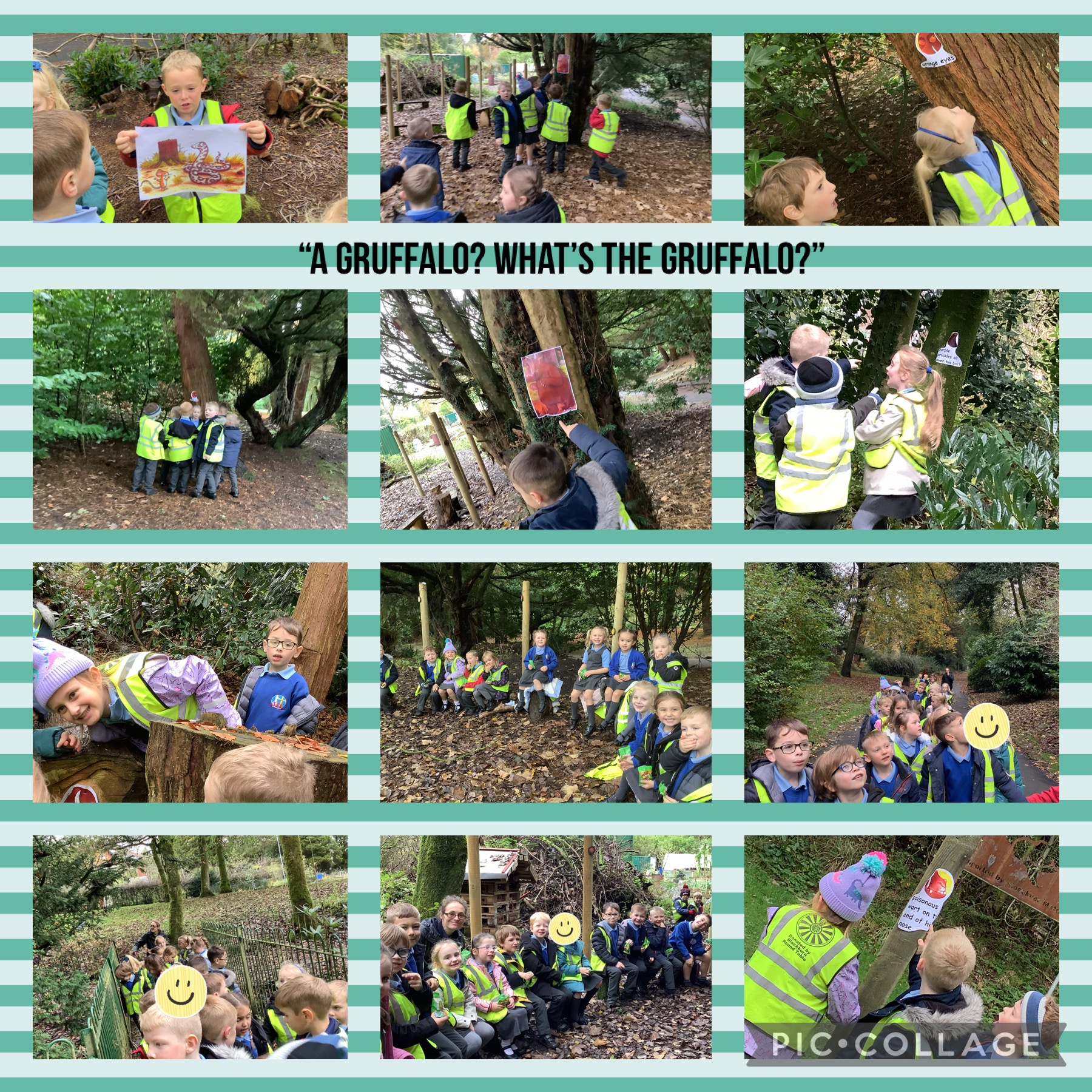
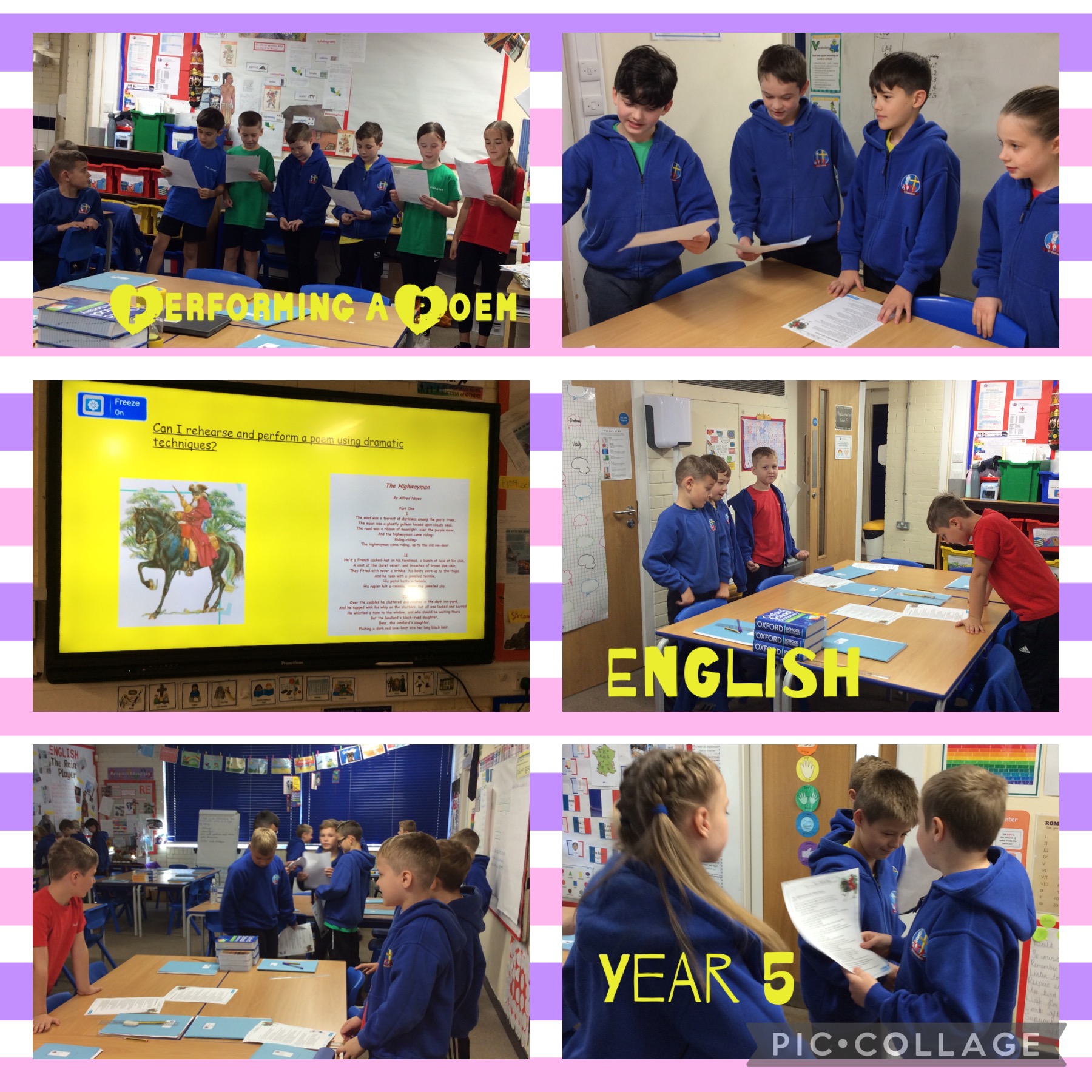
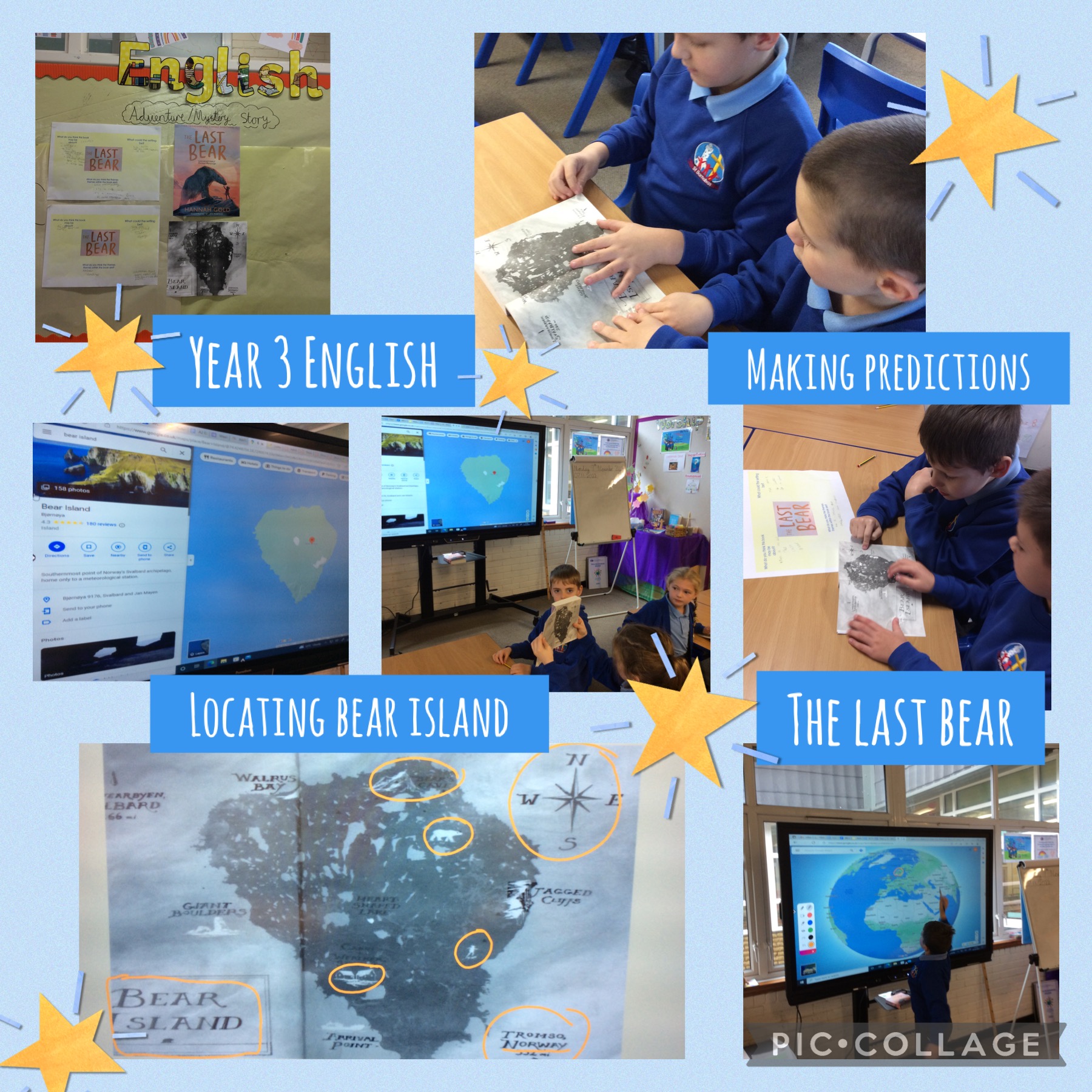
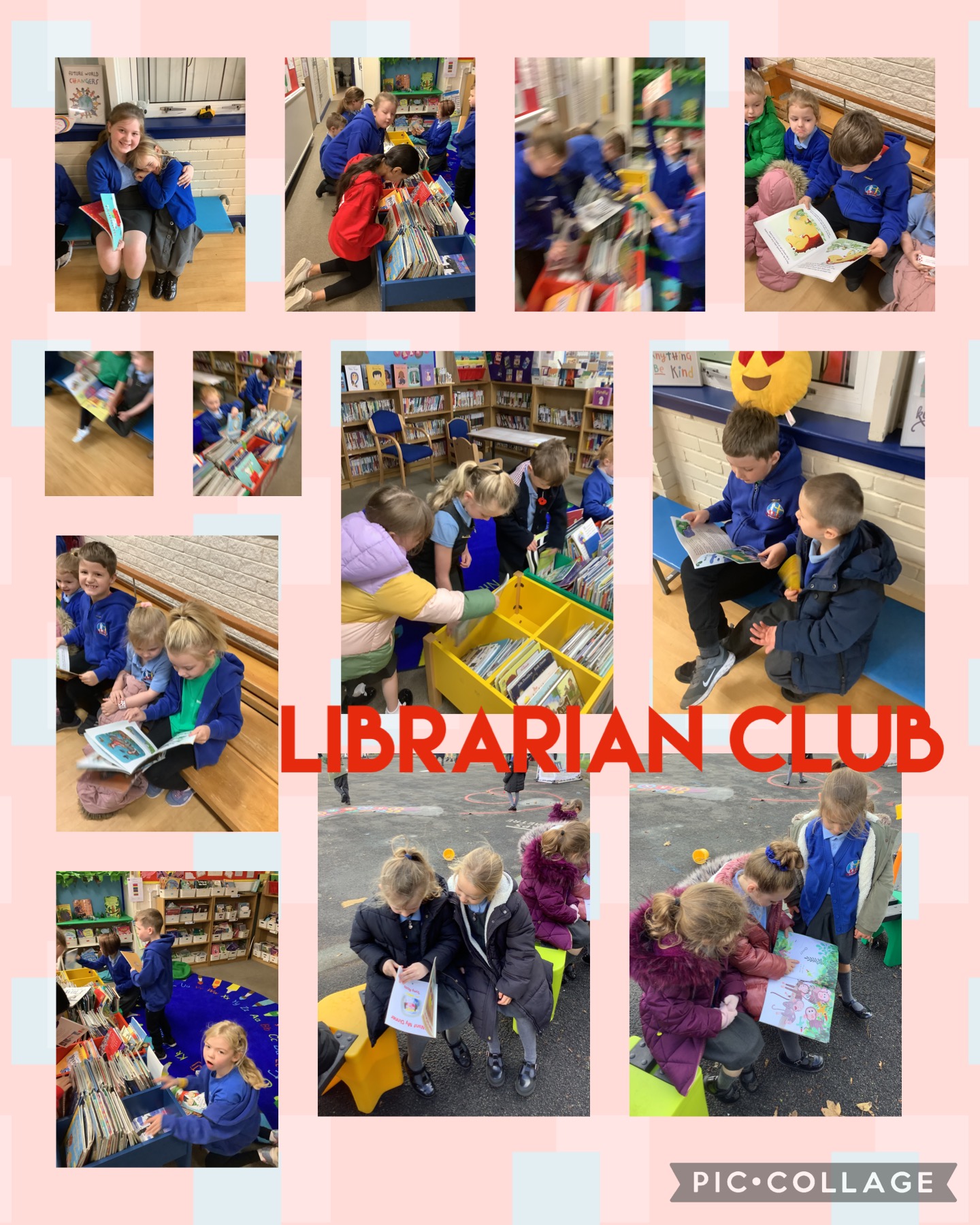
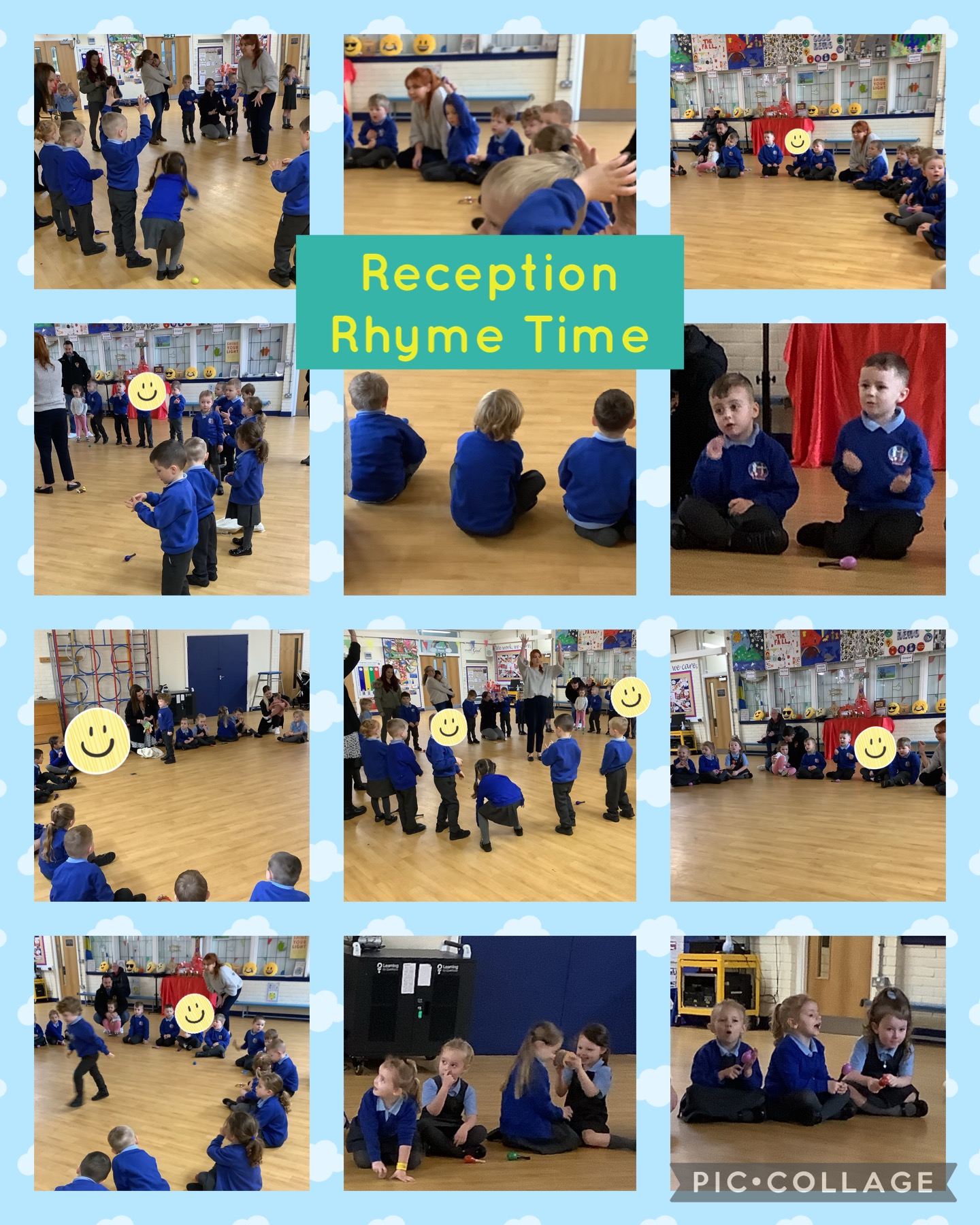
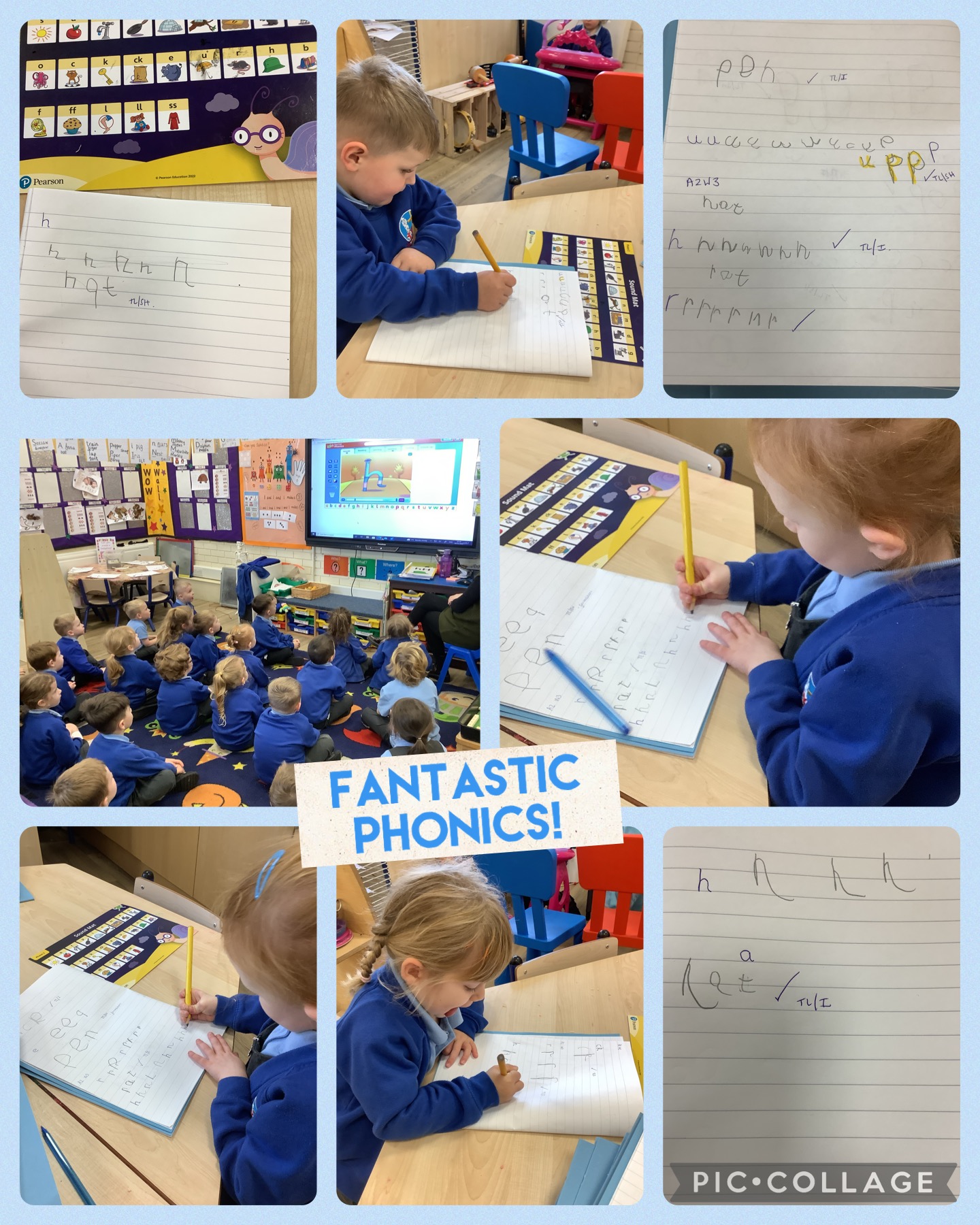
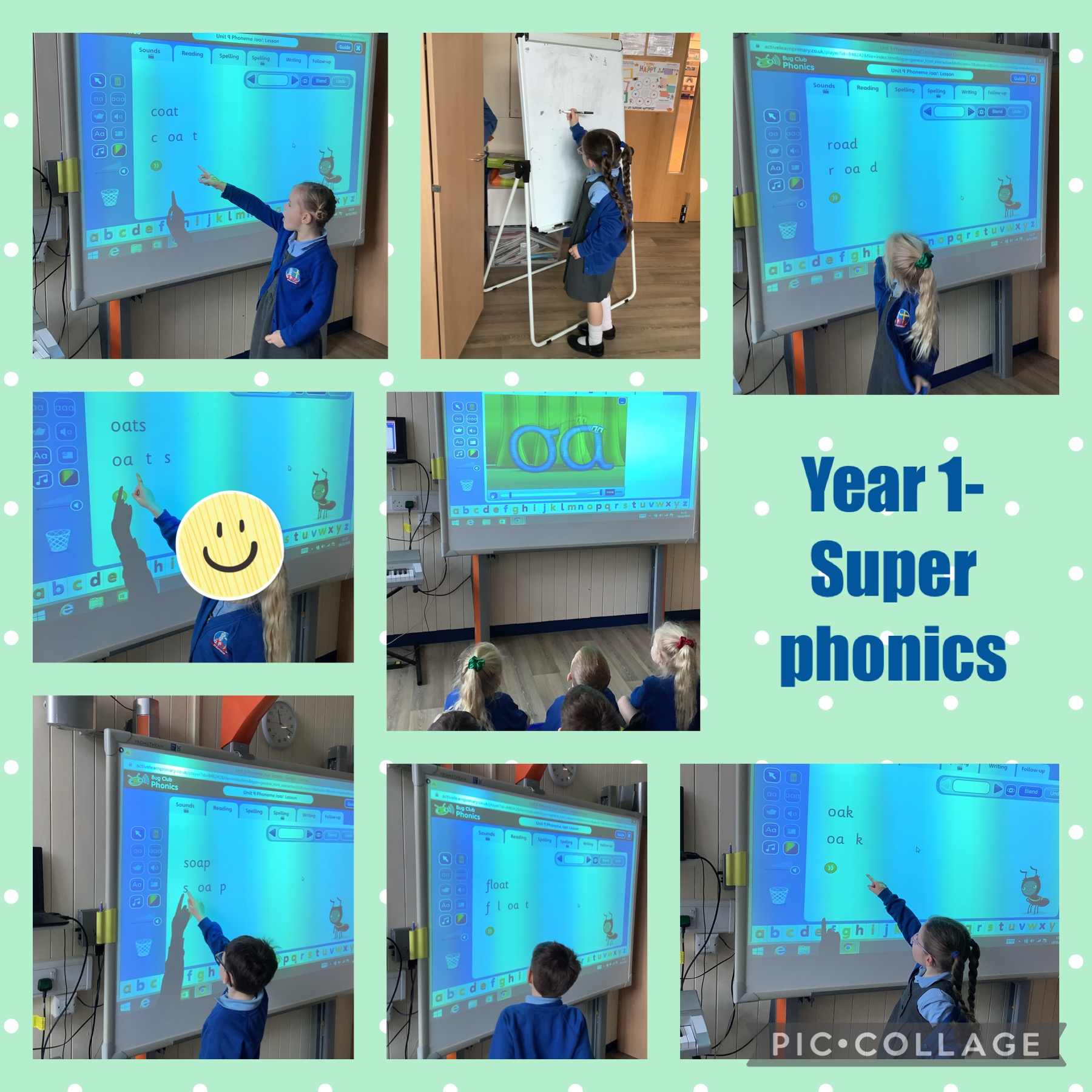
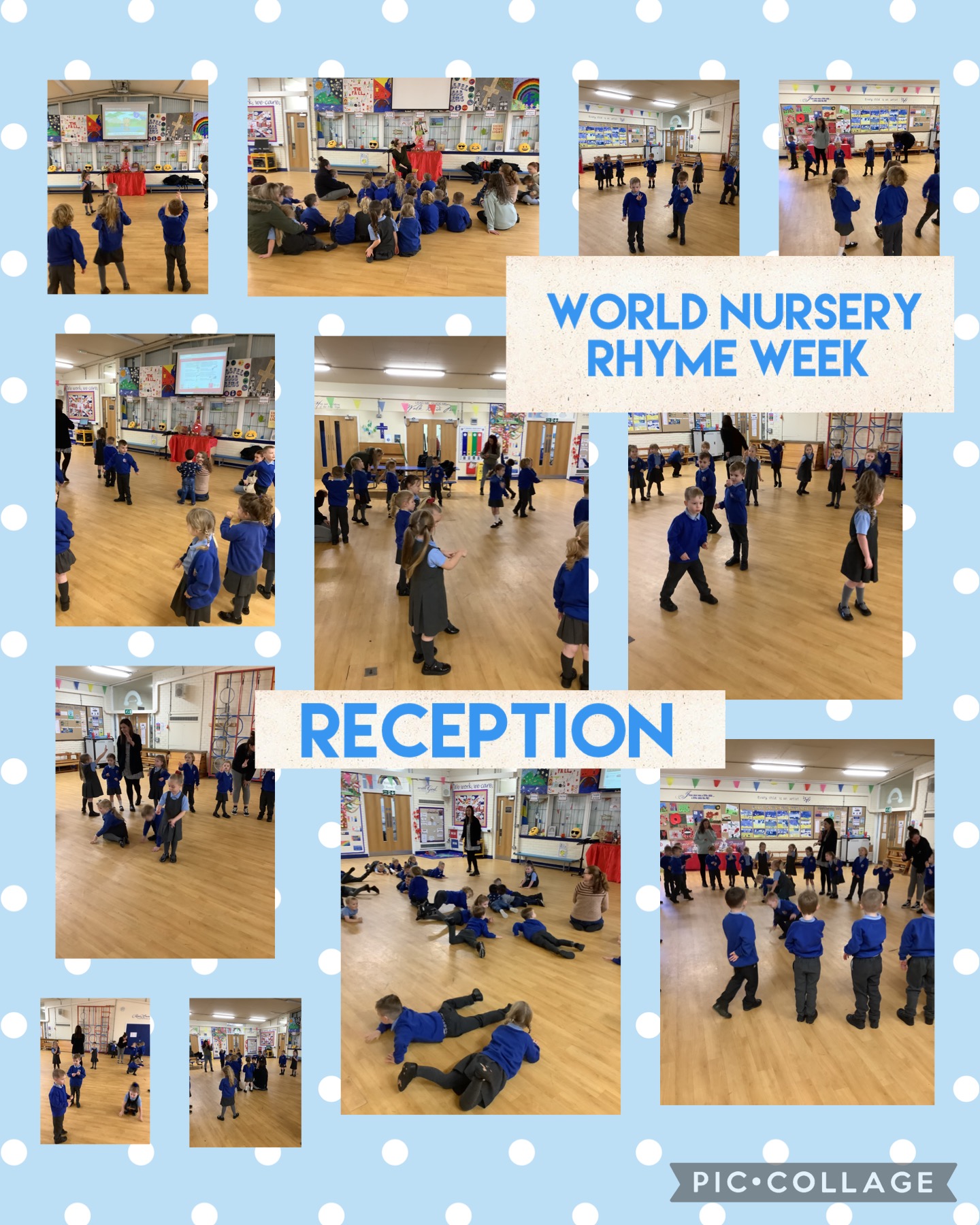
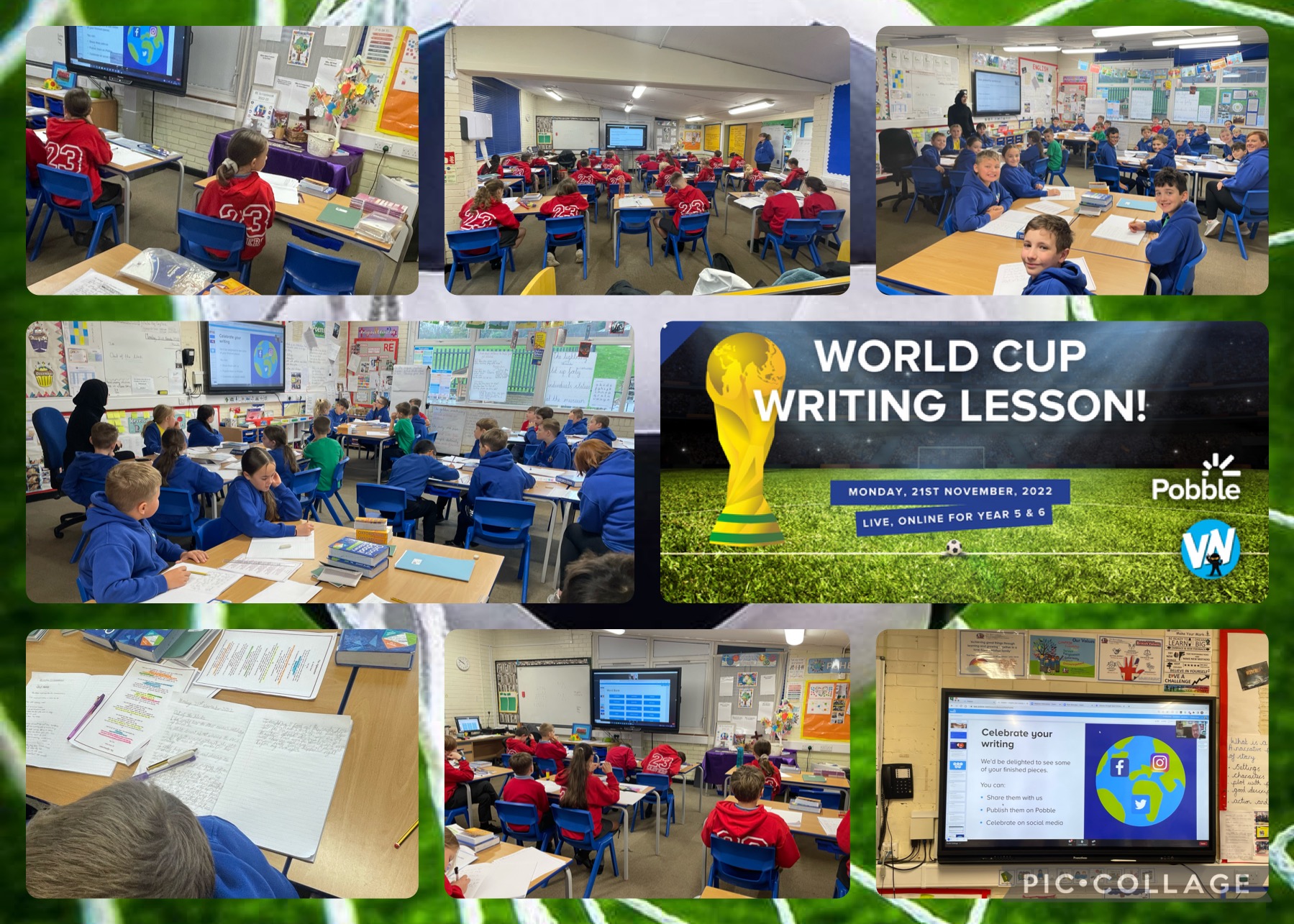
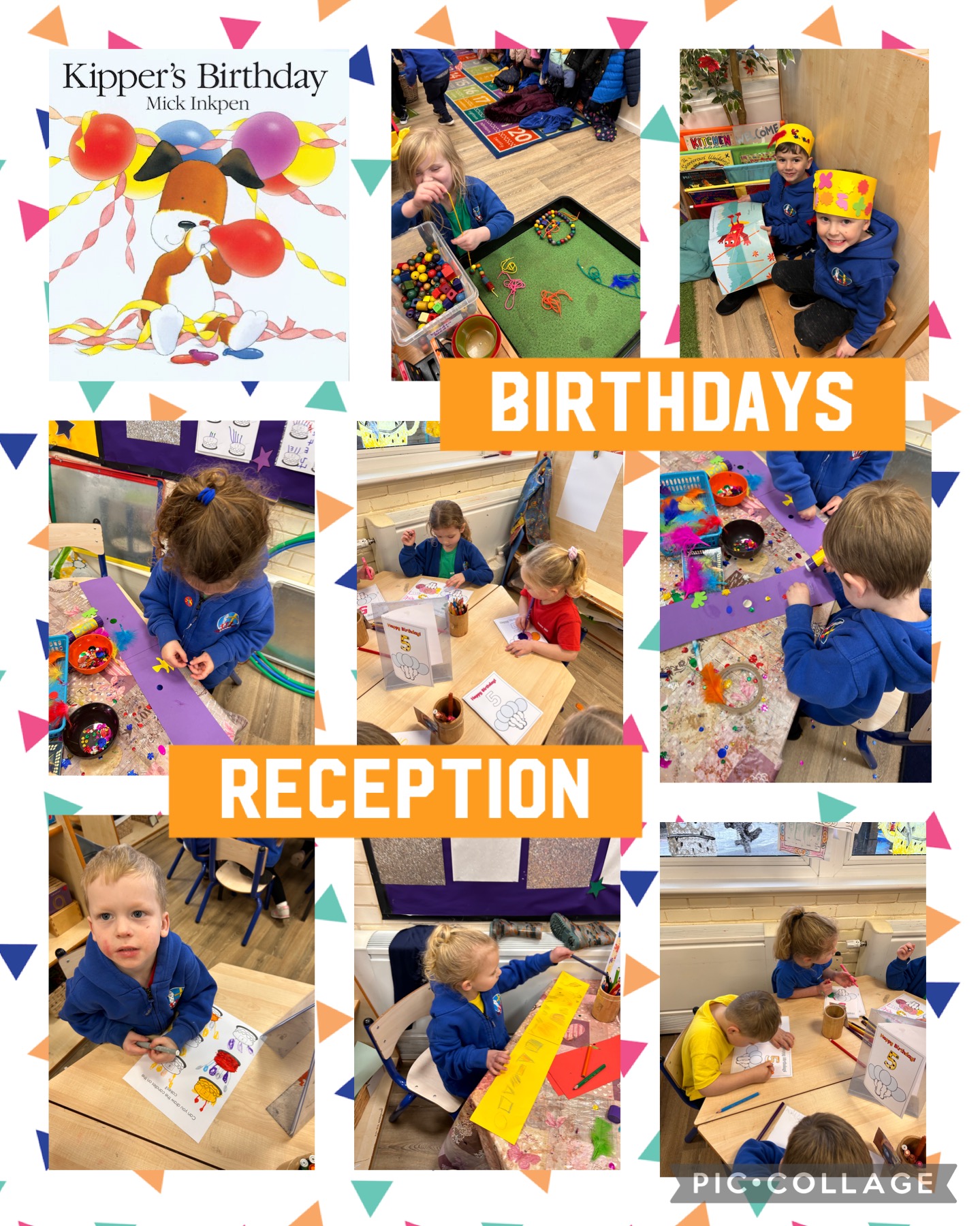
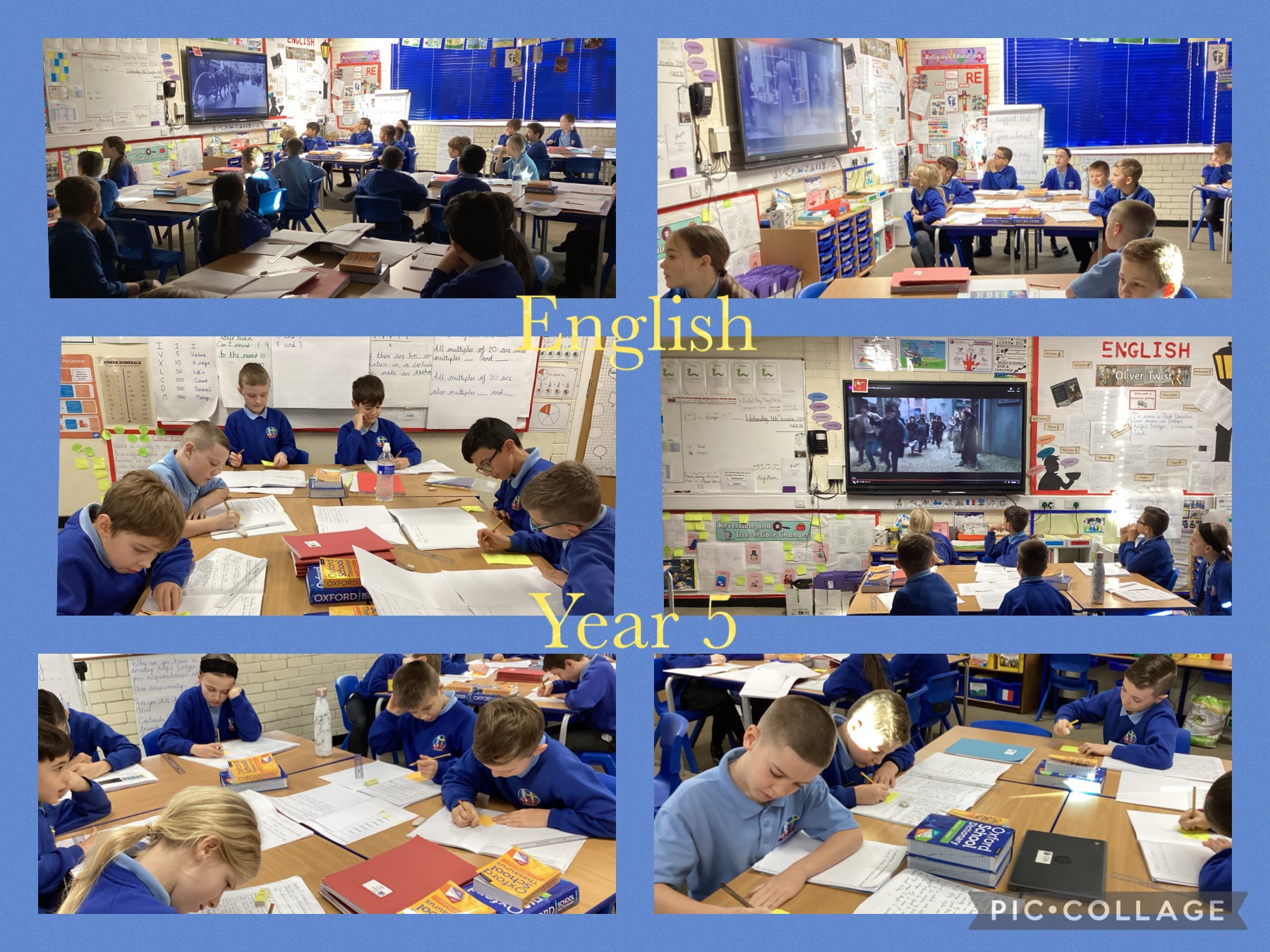
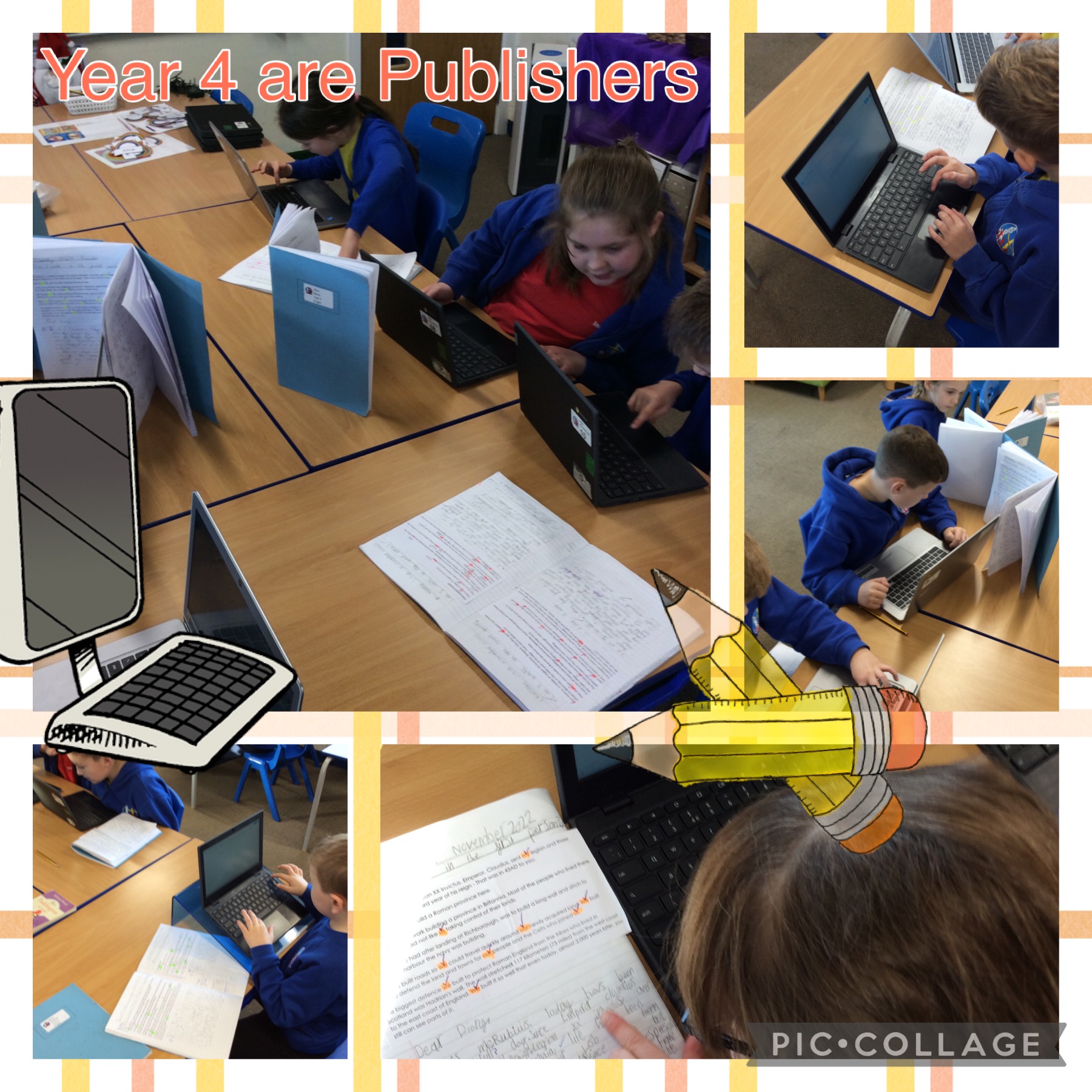
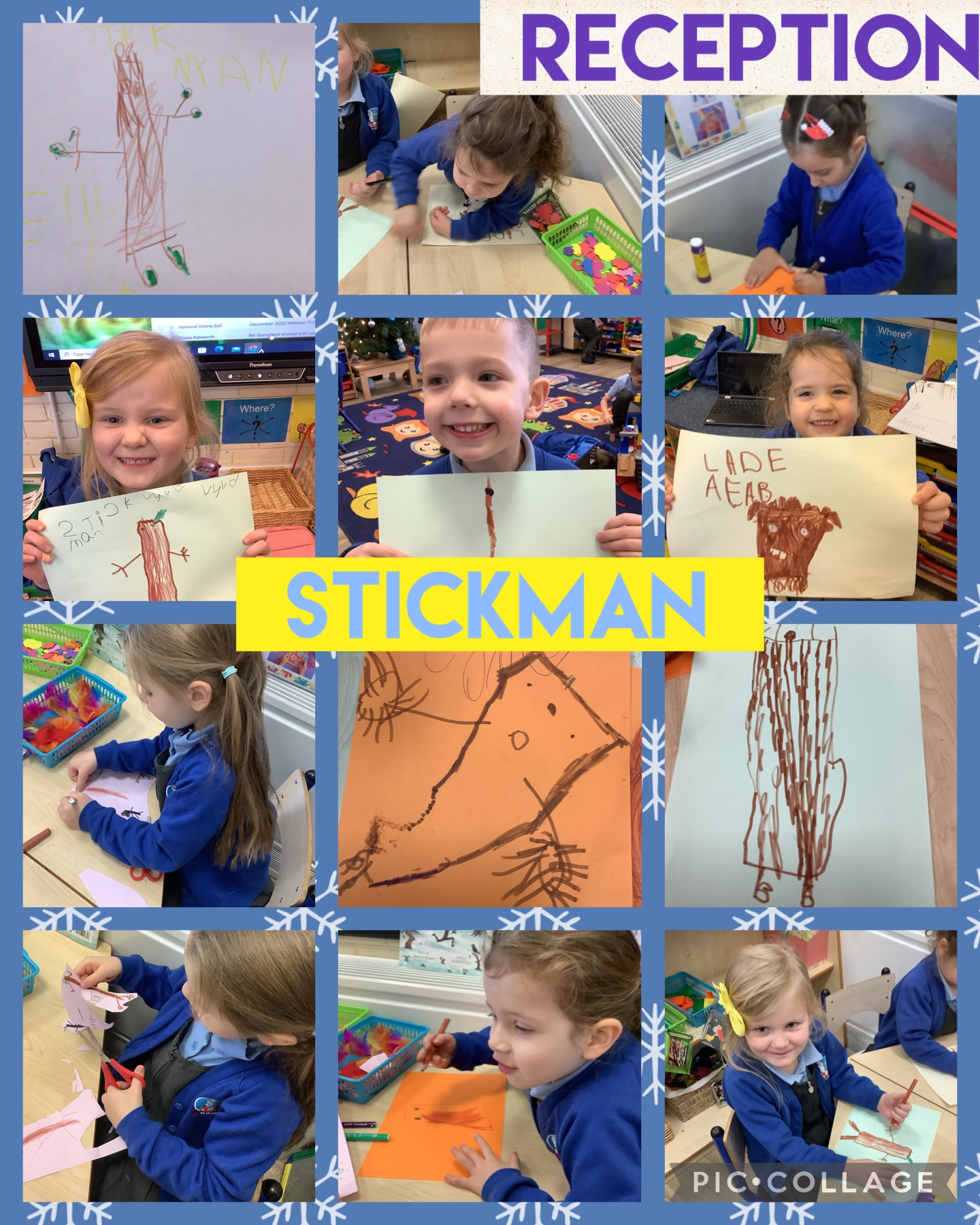
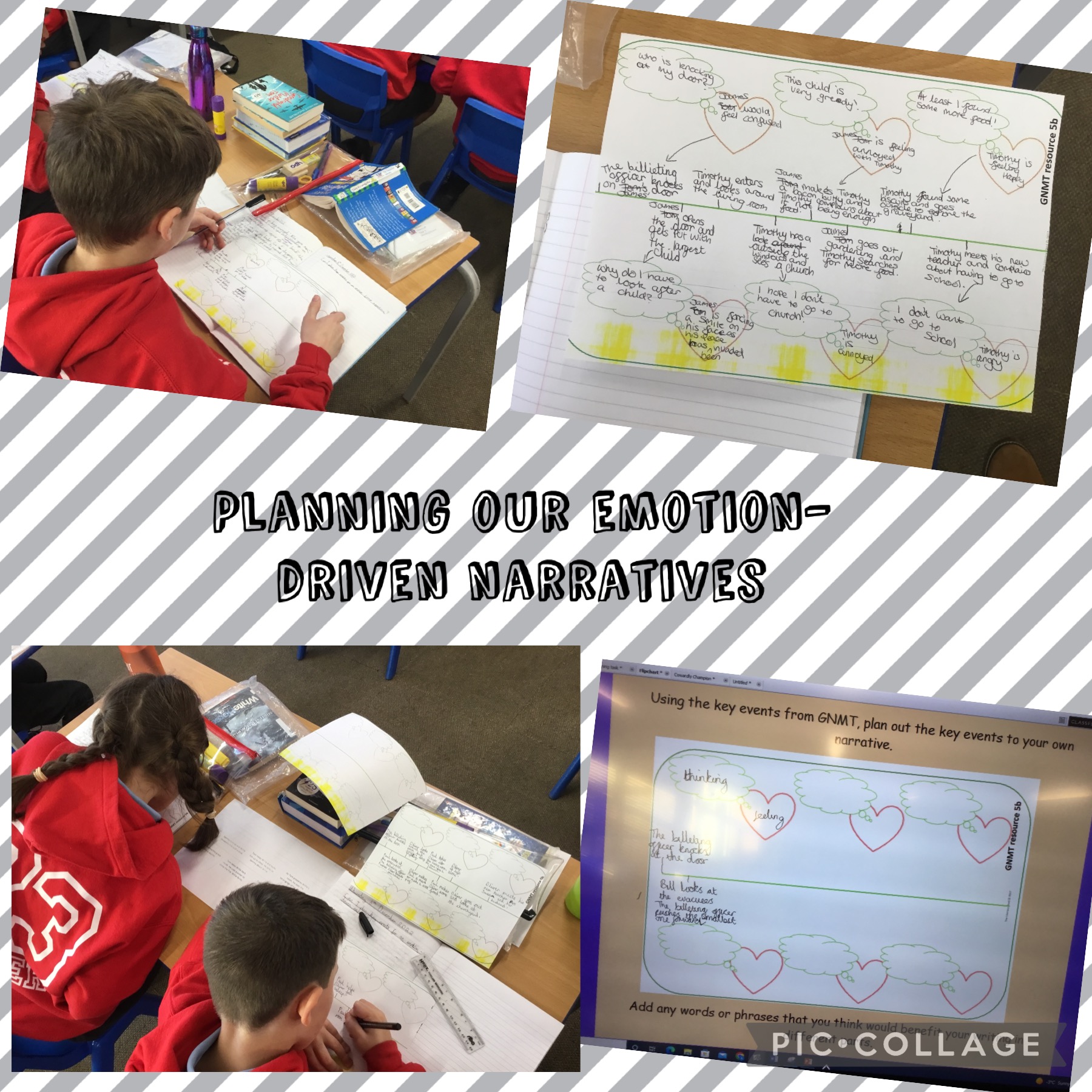
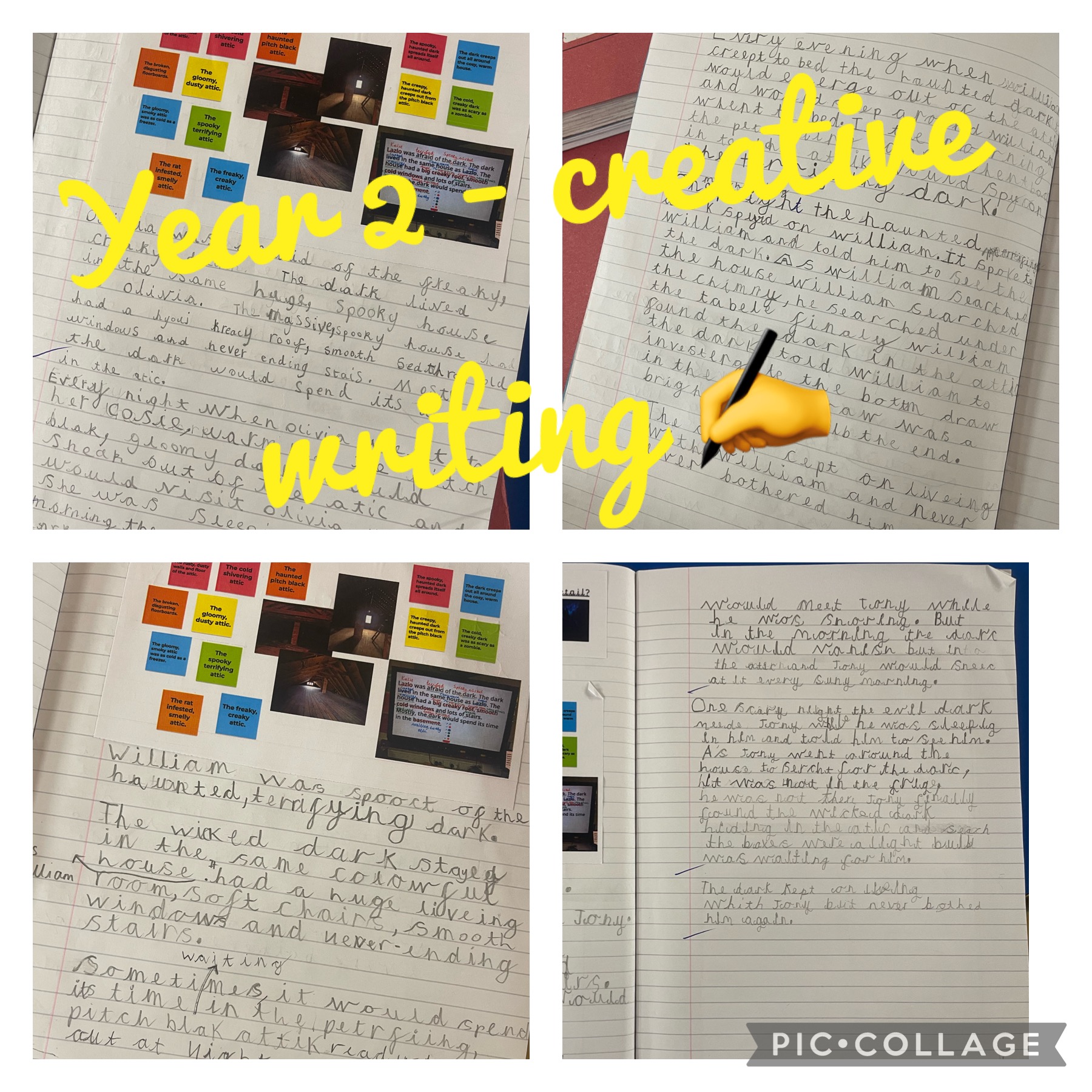
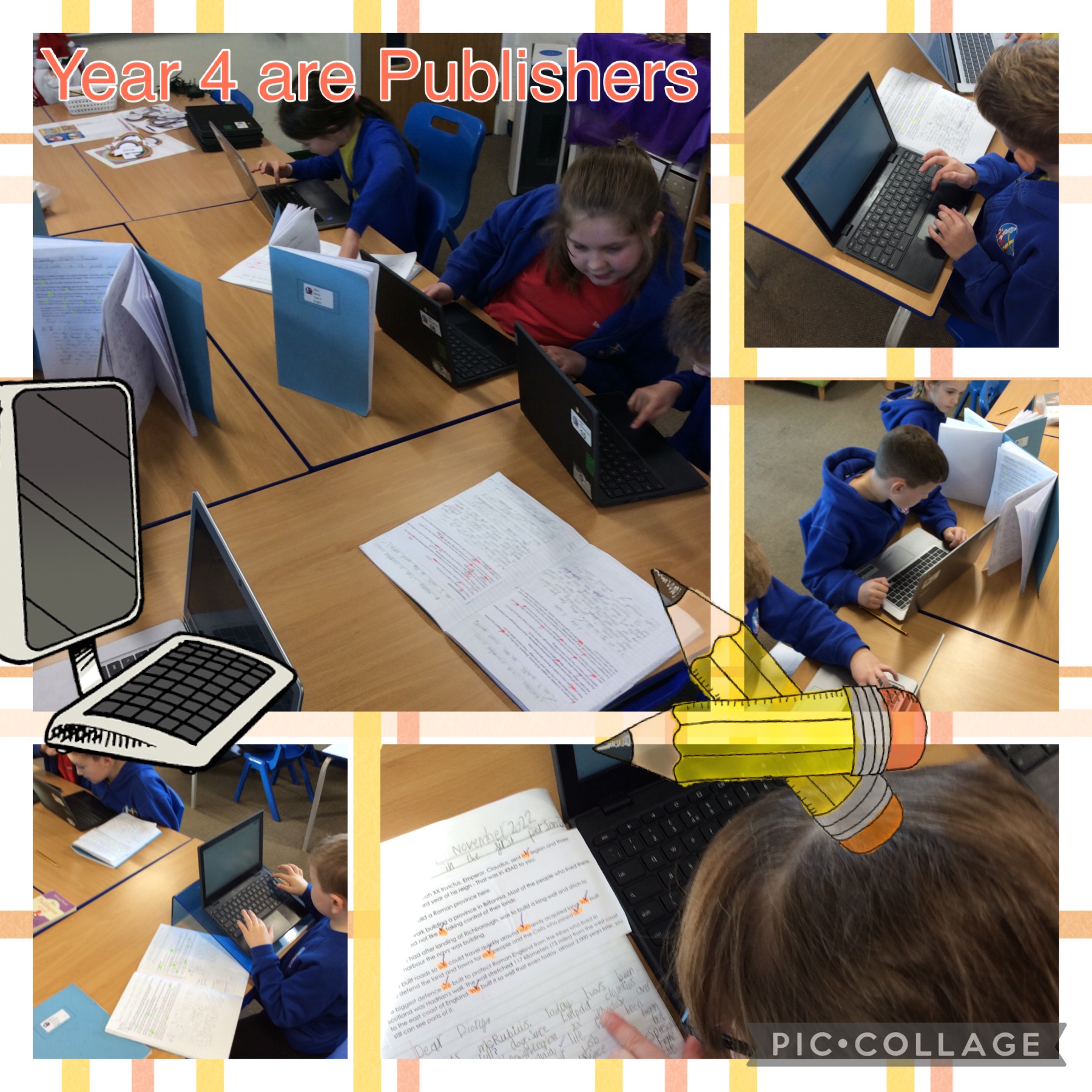
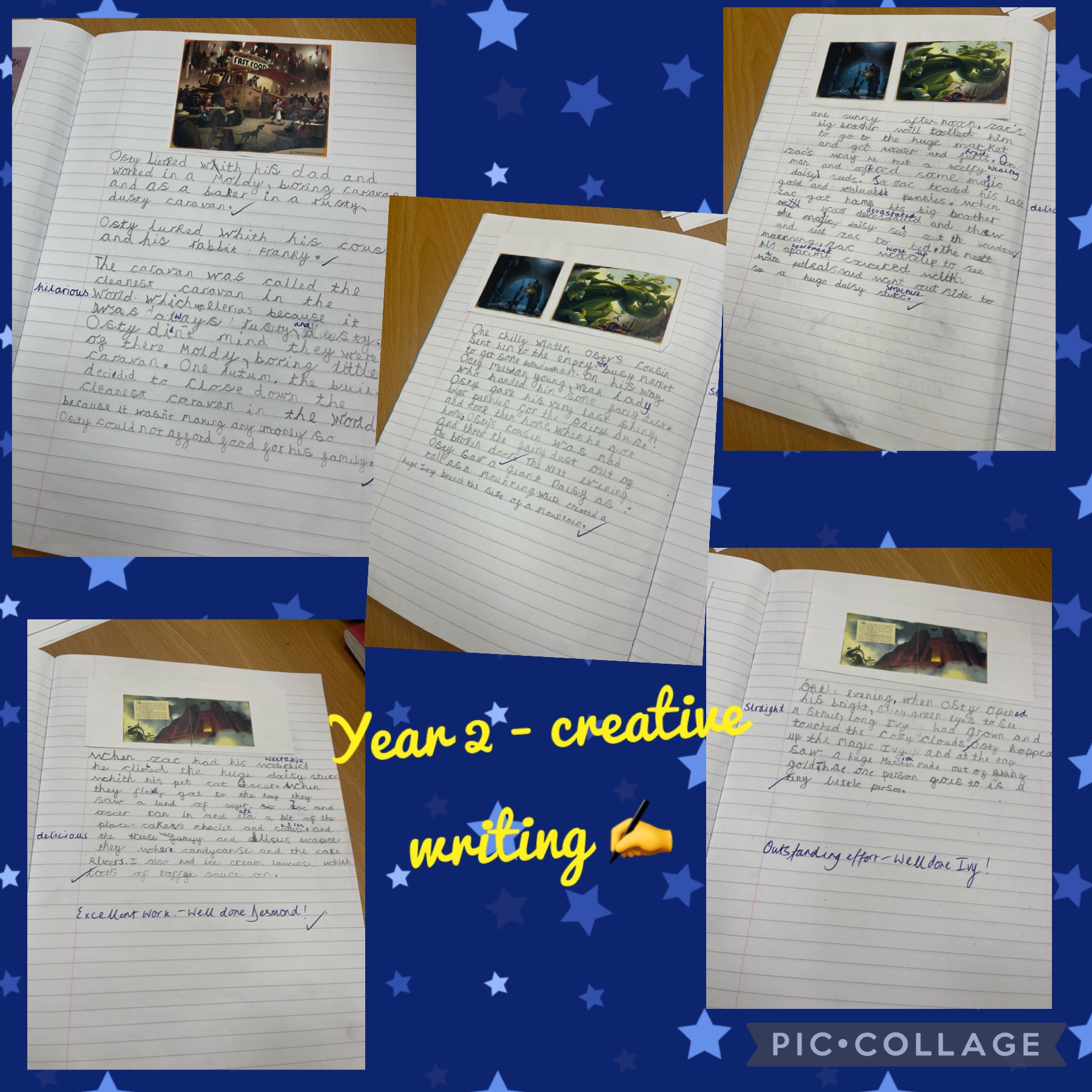
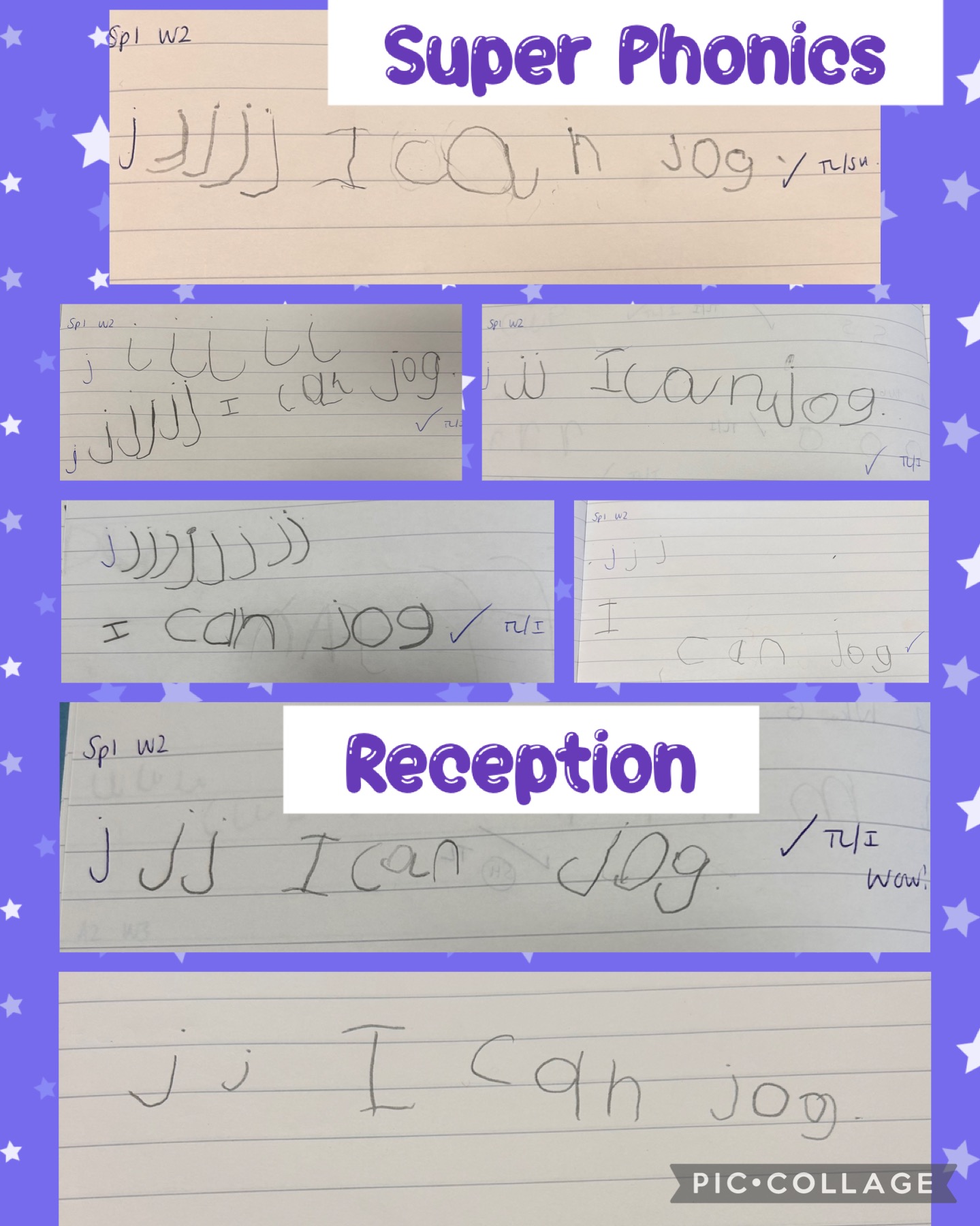
.png)
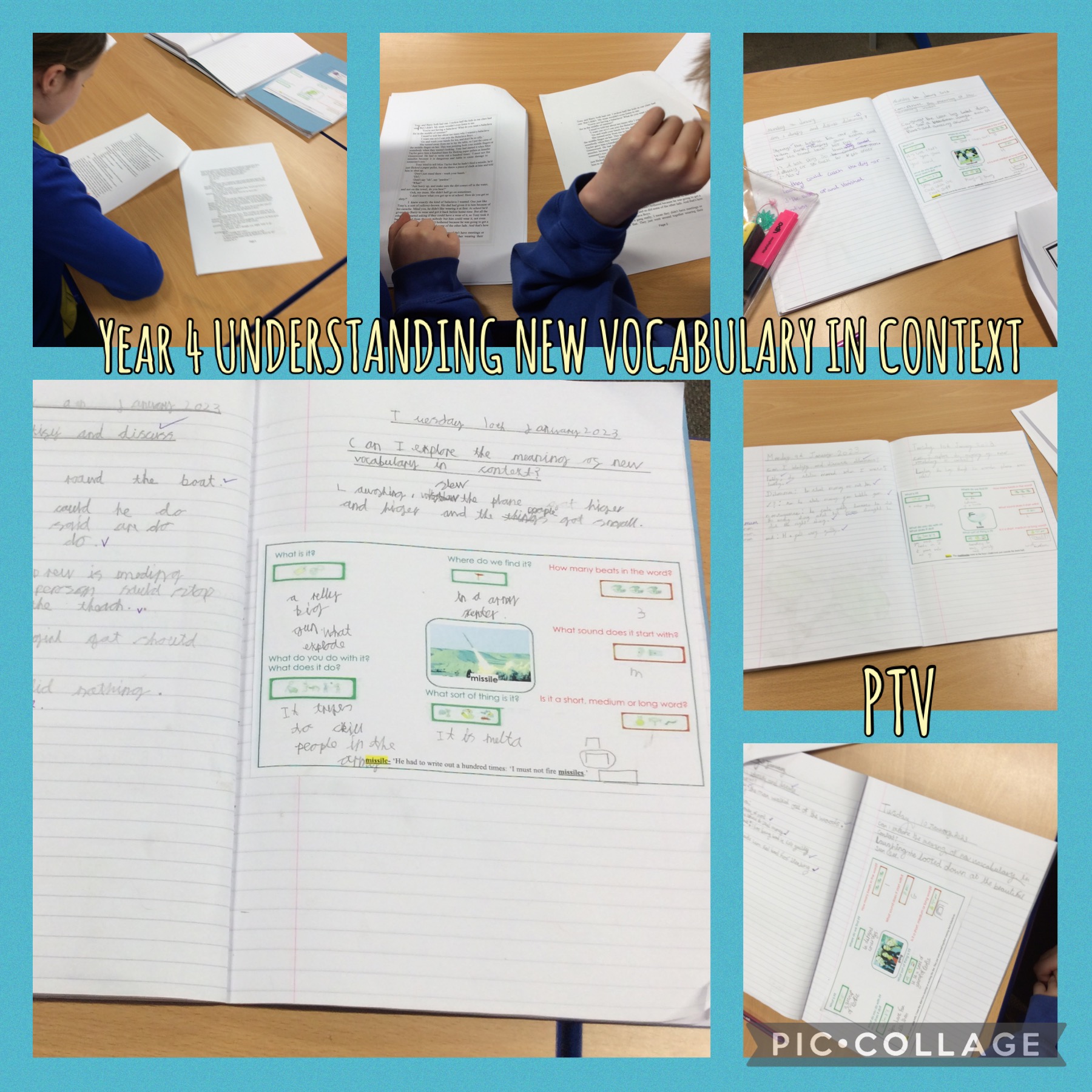
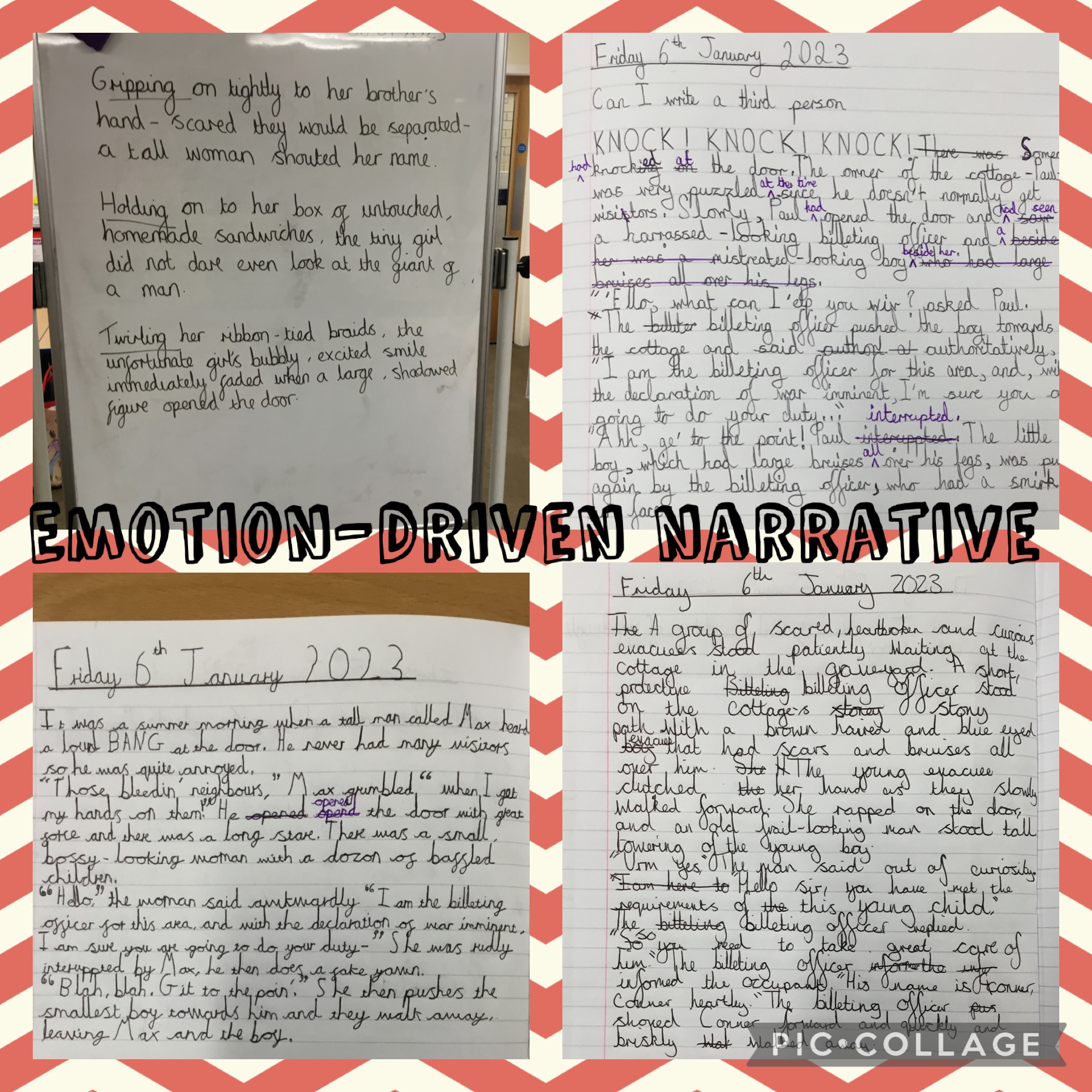
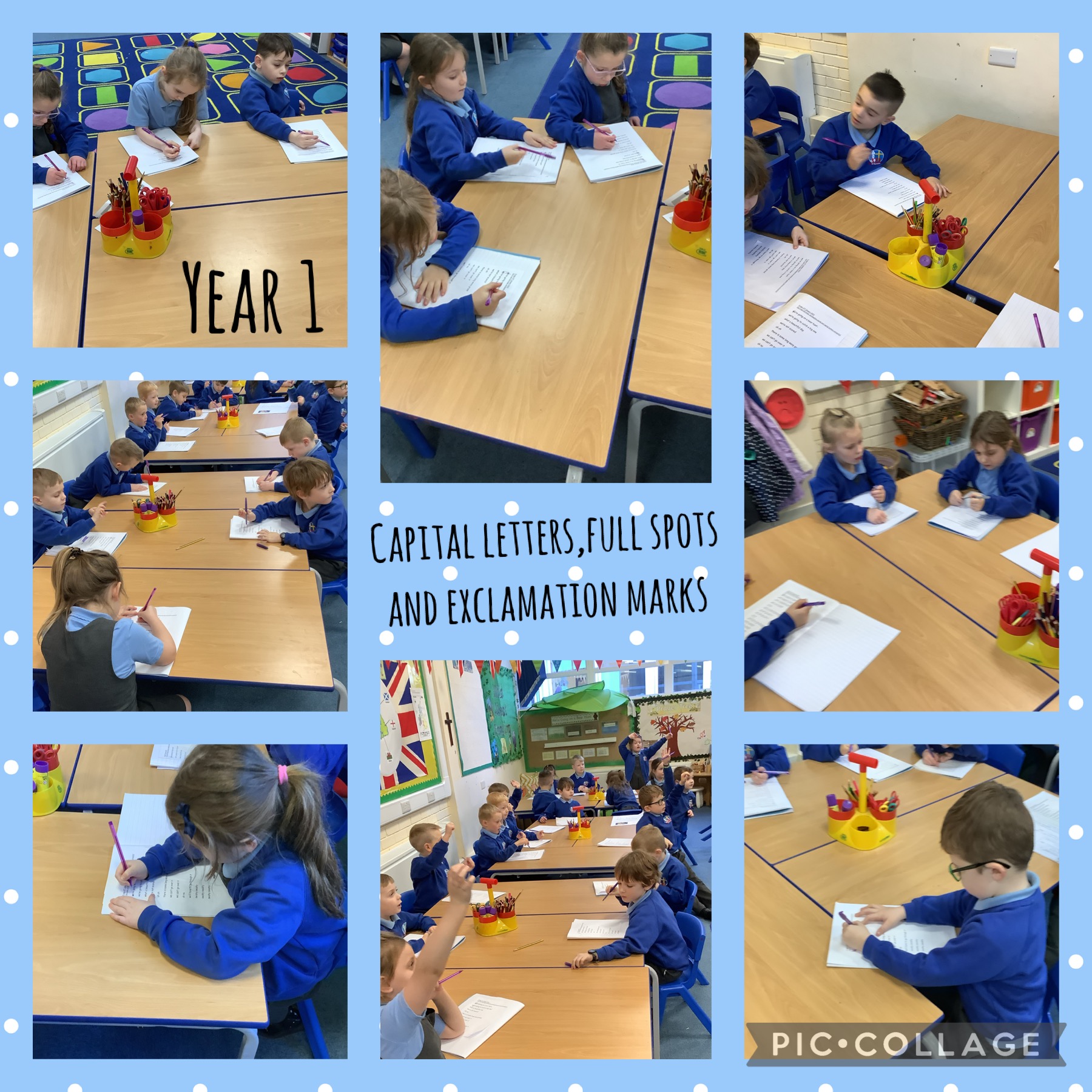
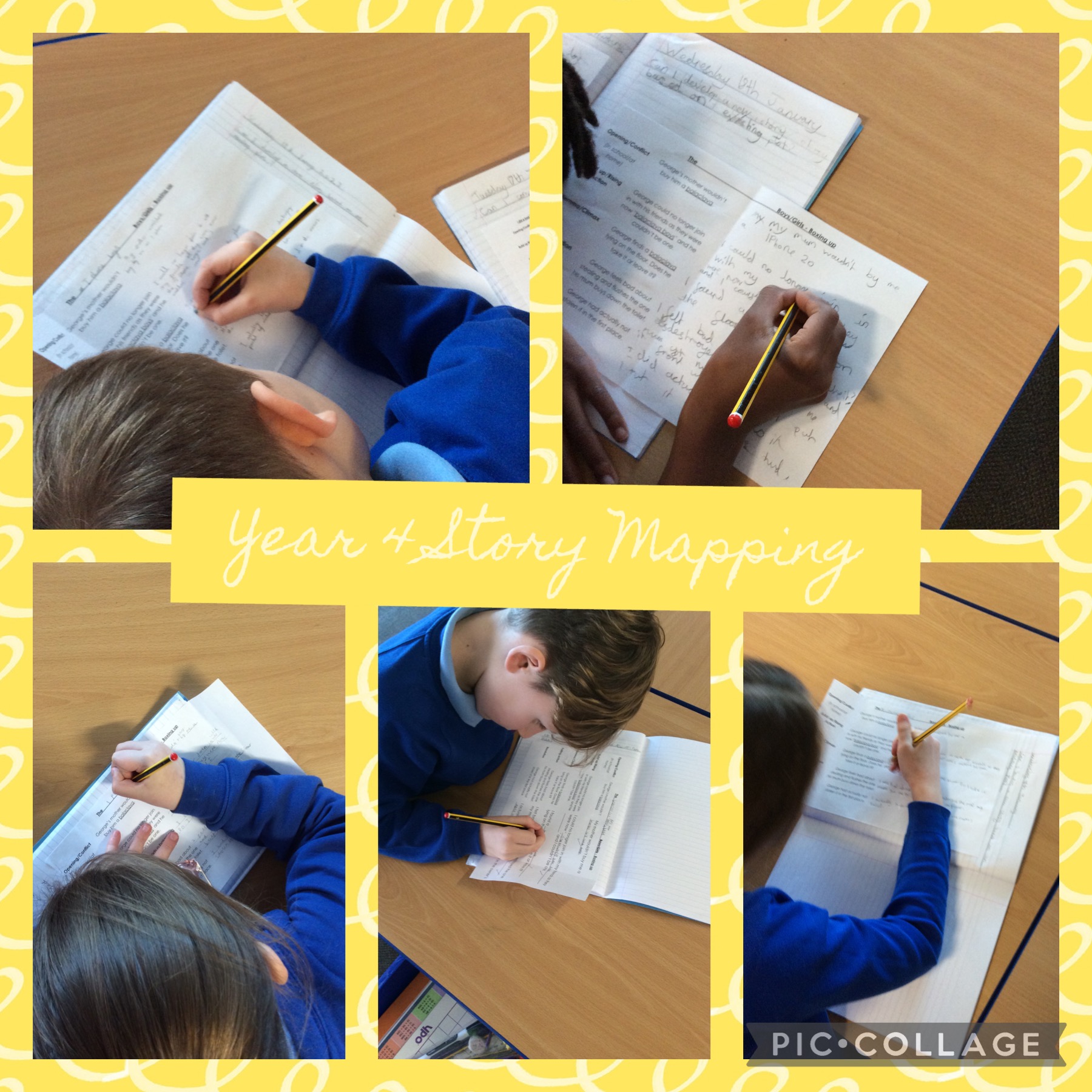
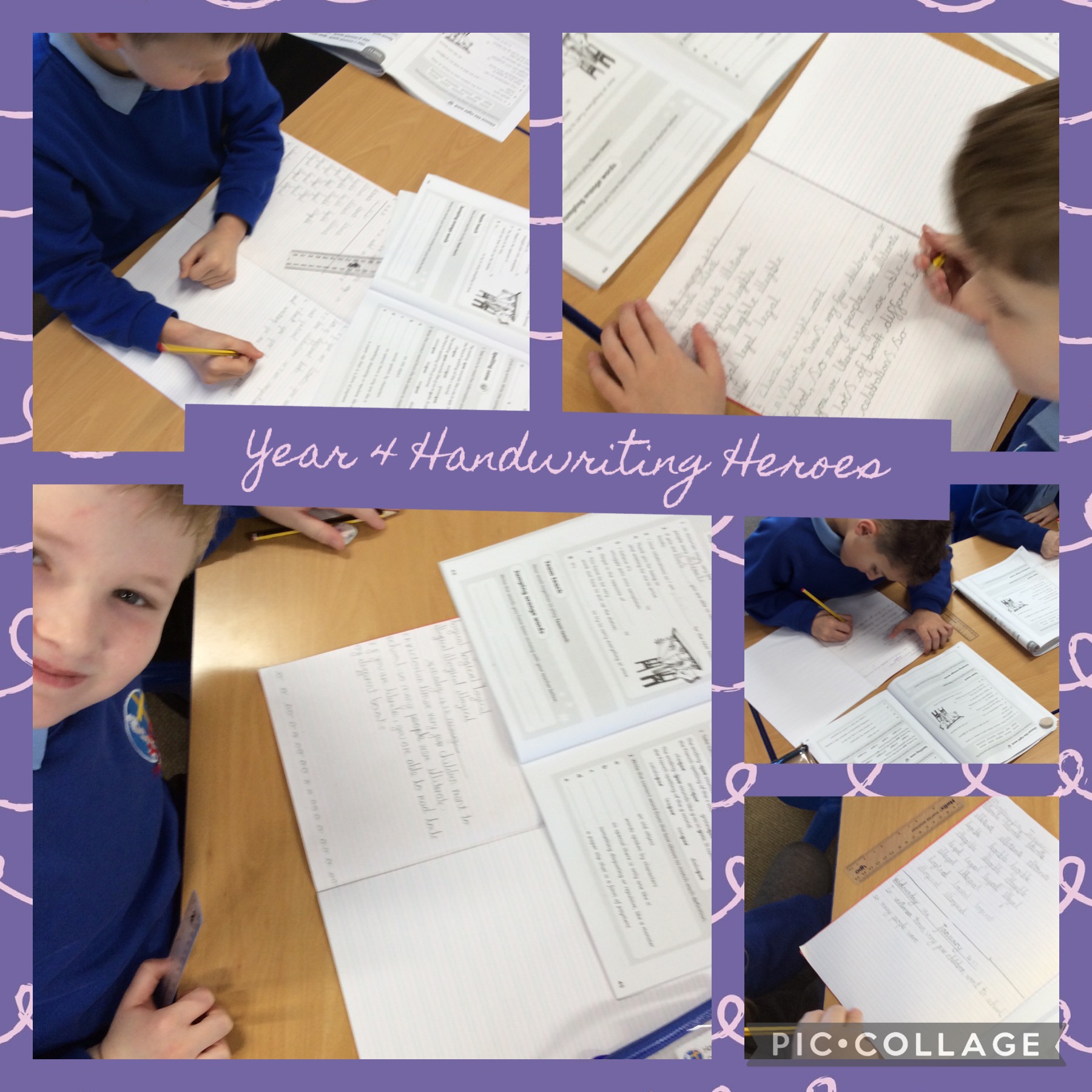
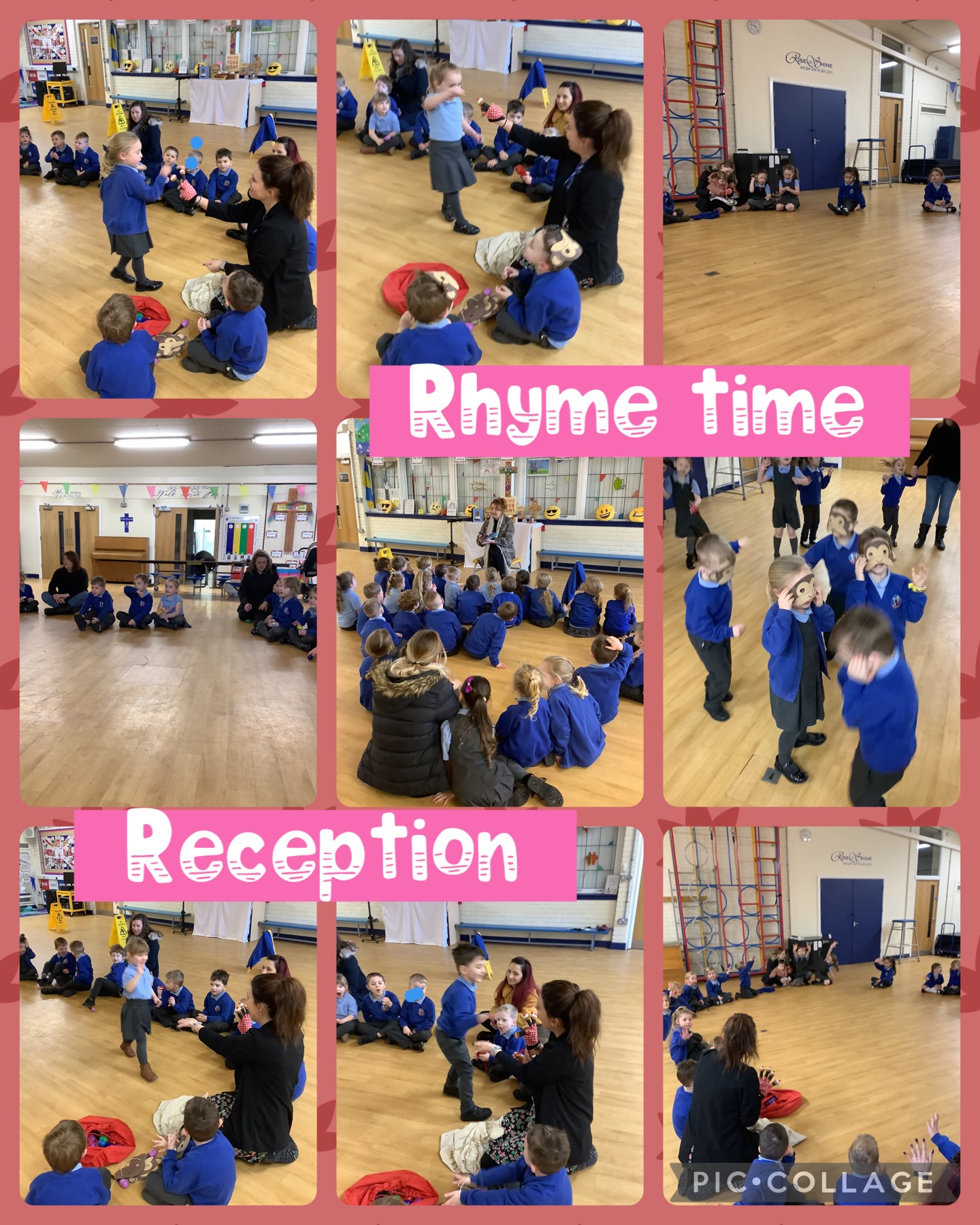
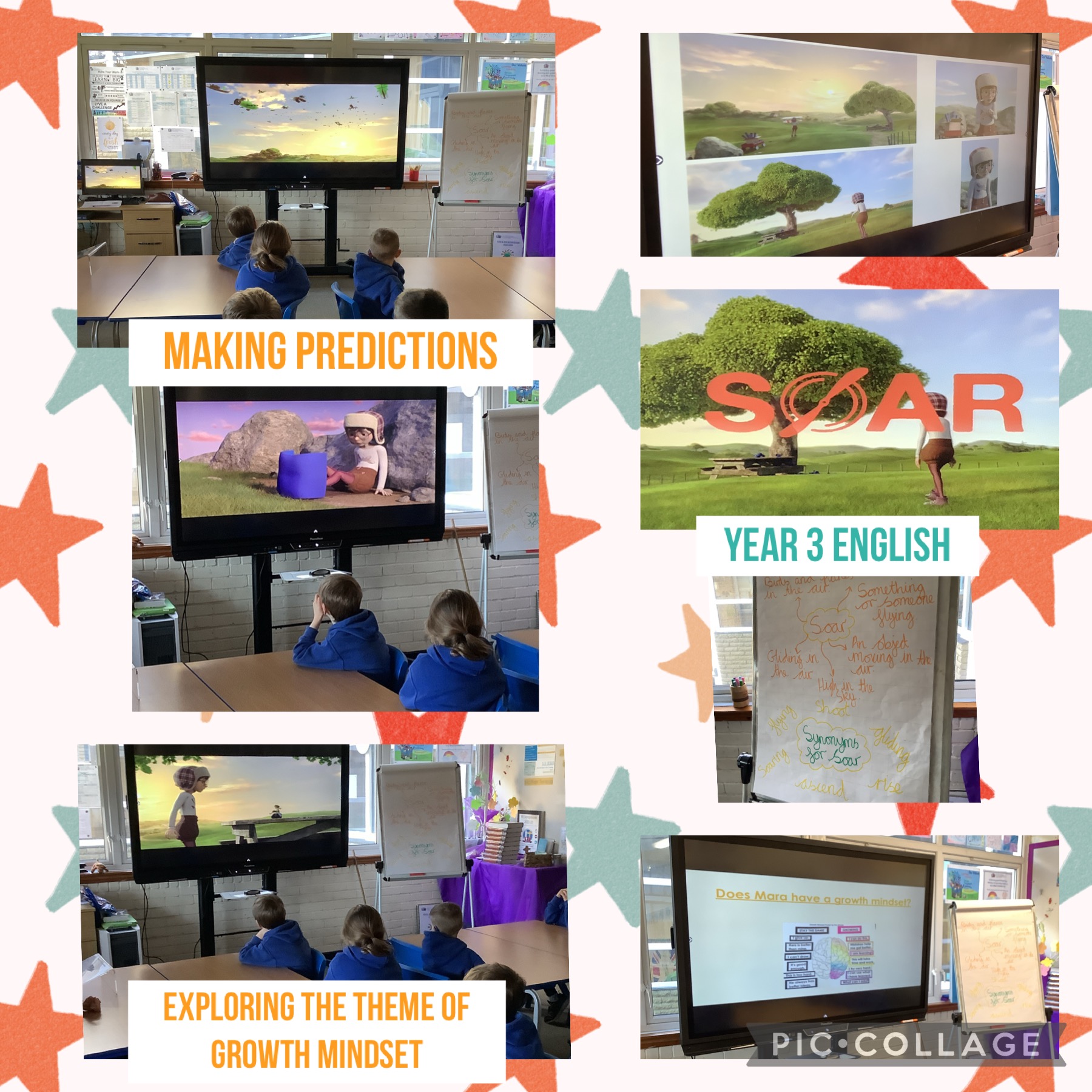
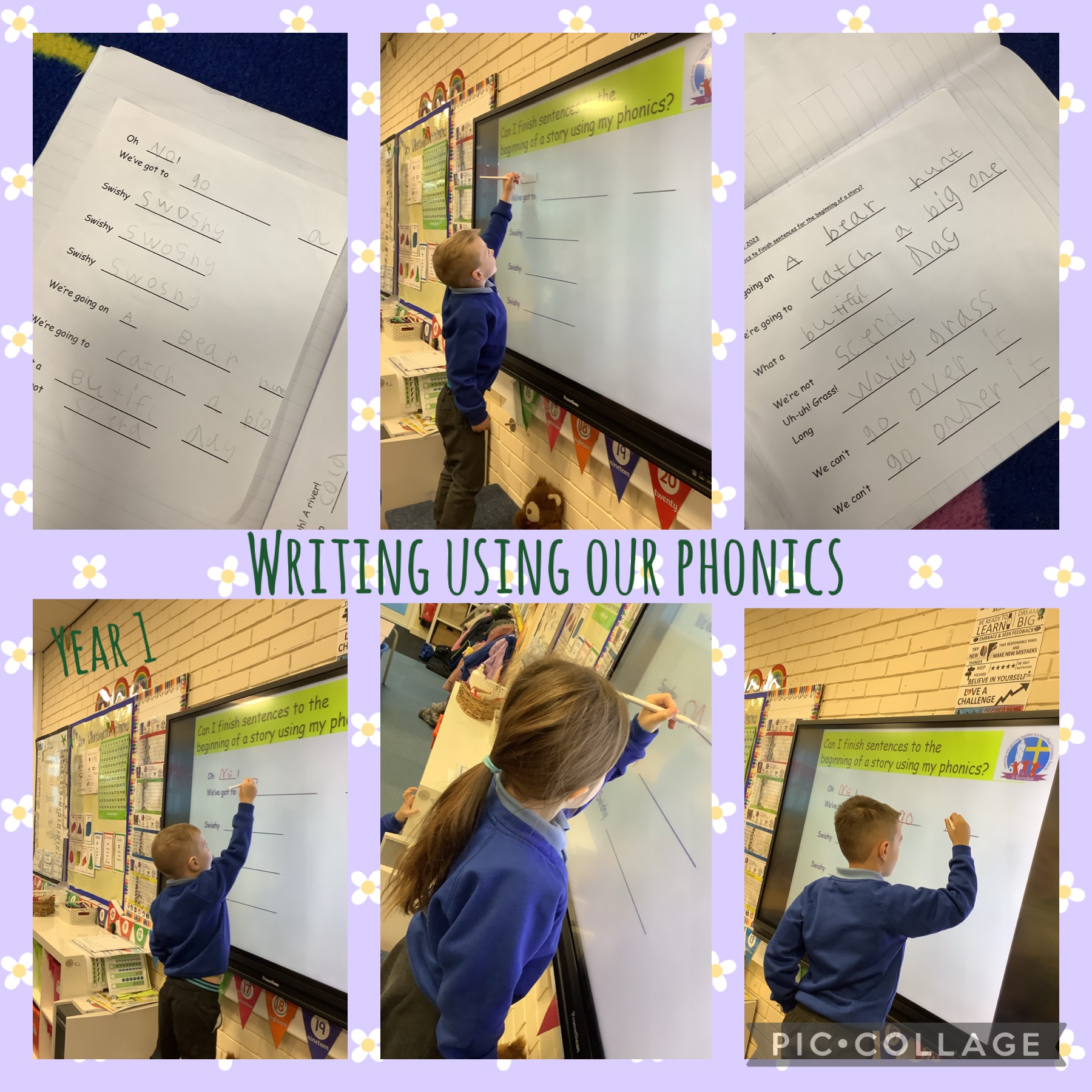
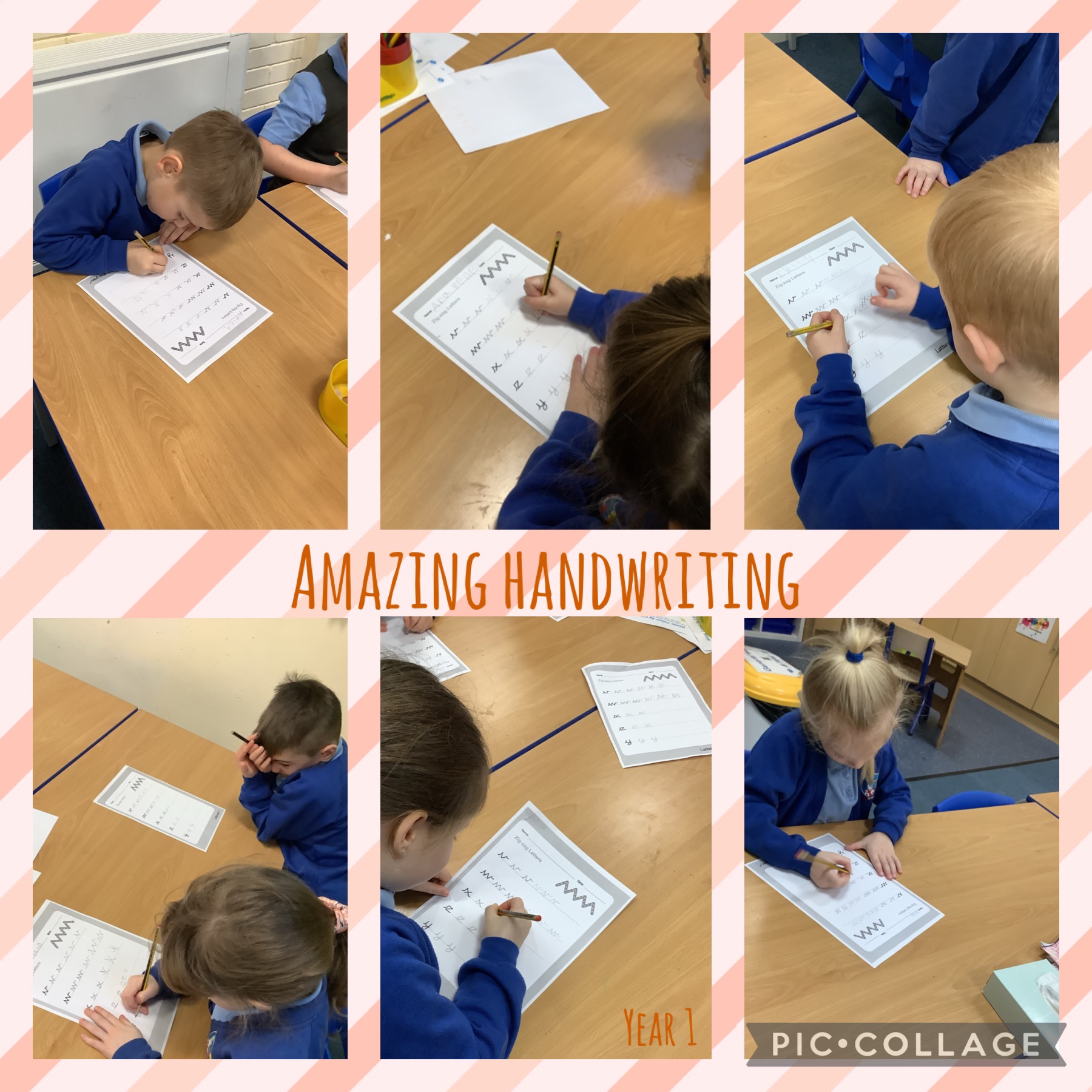
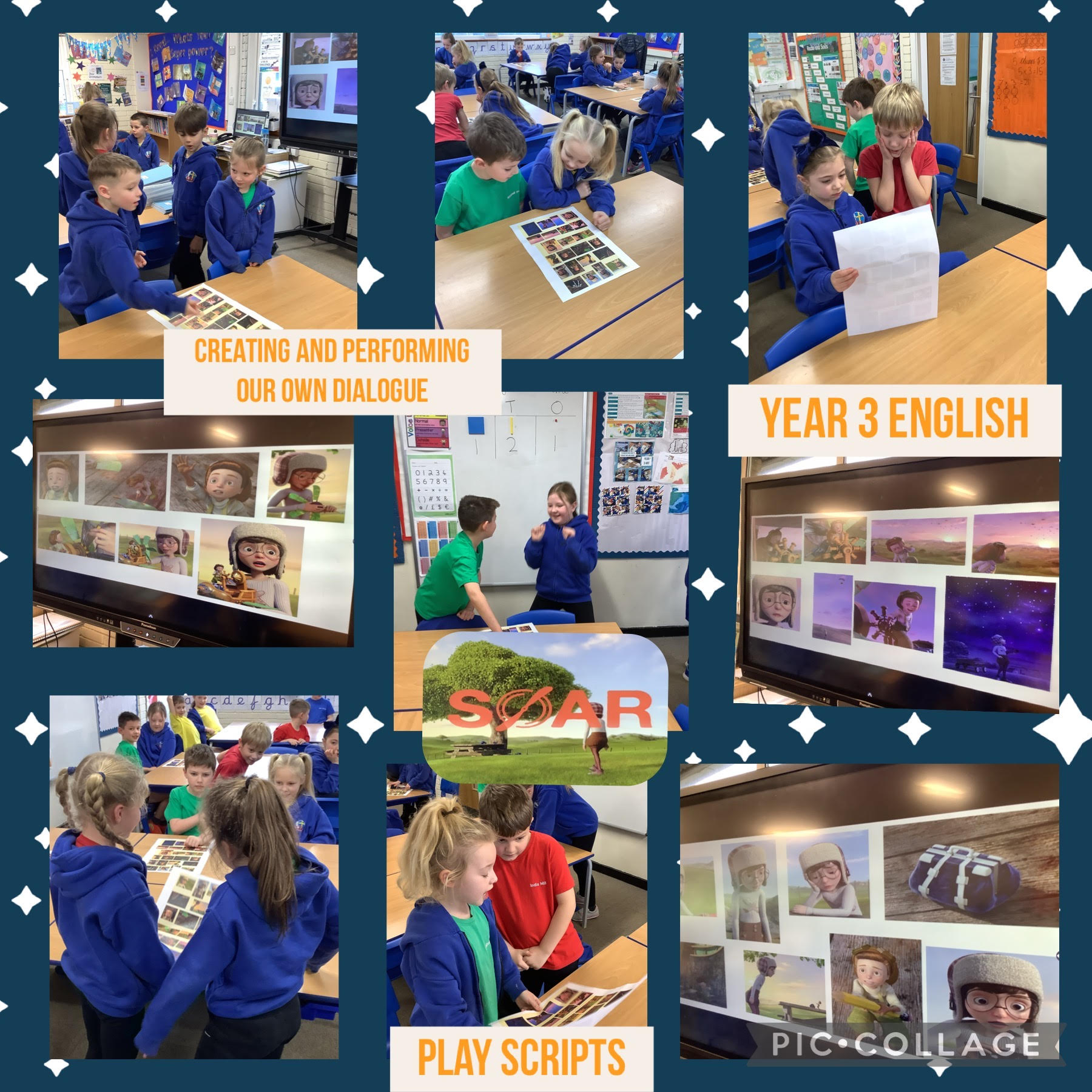
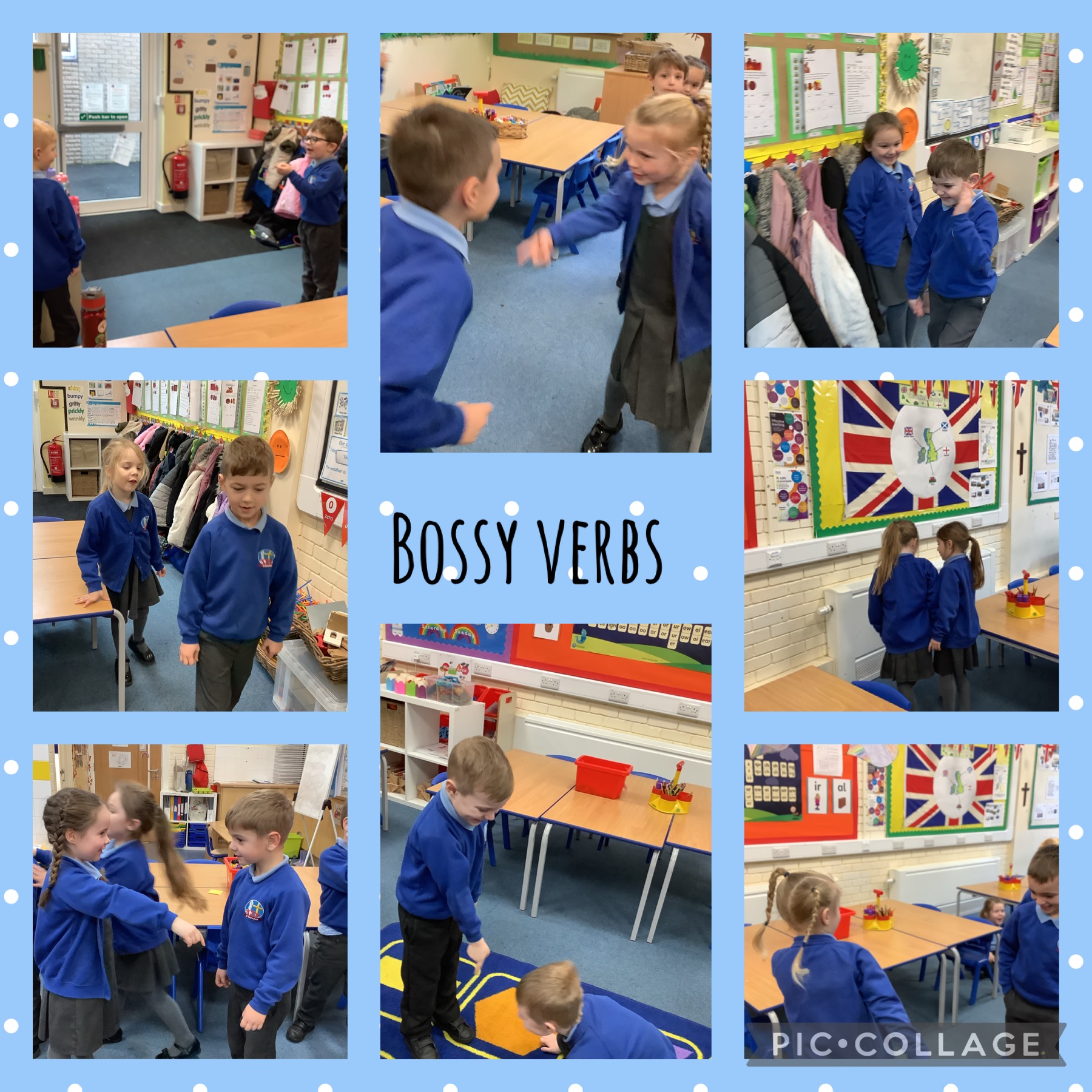
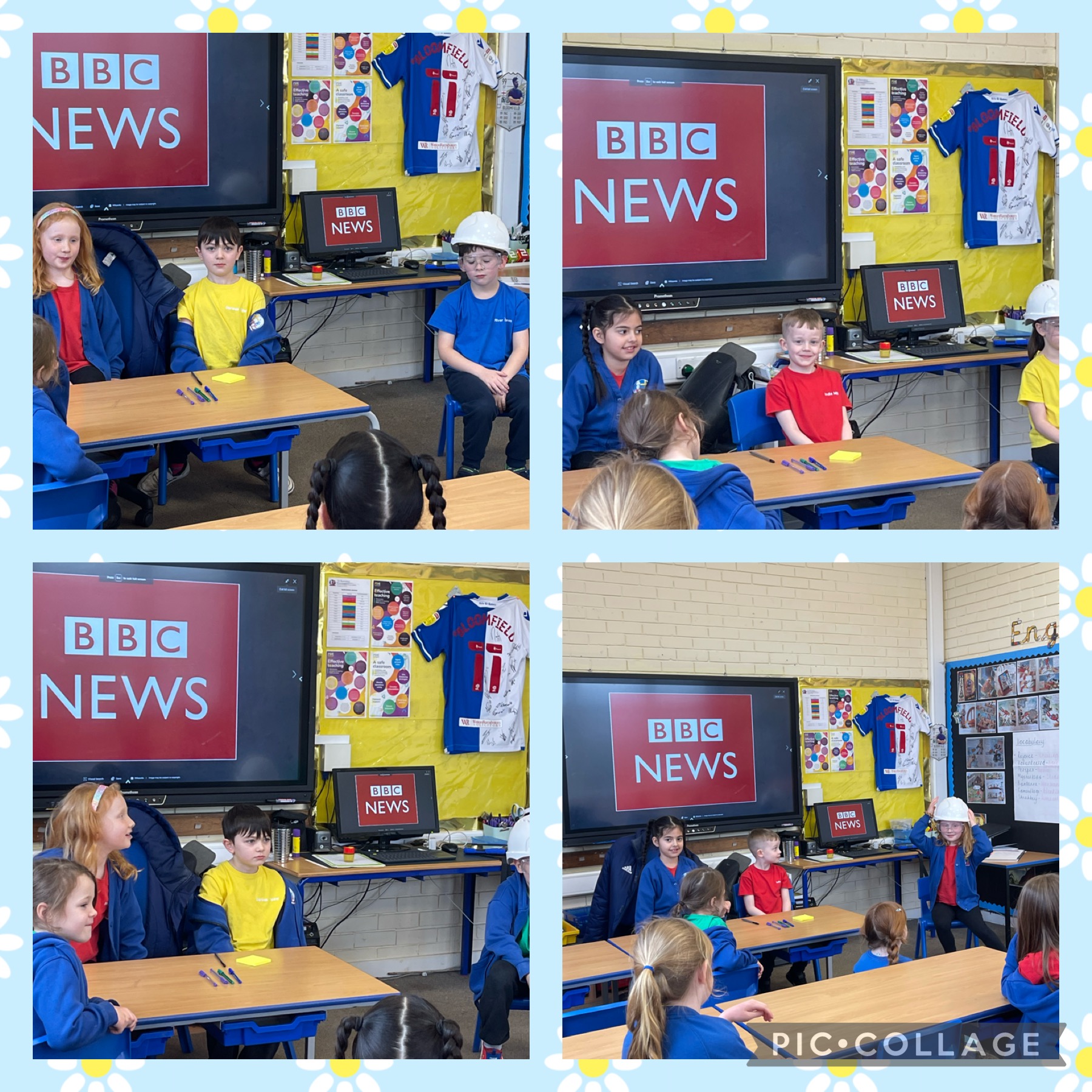
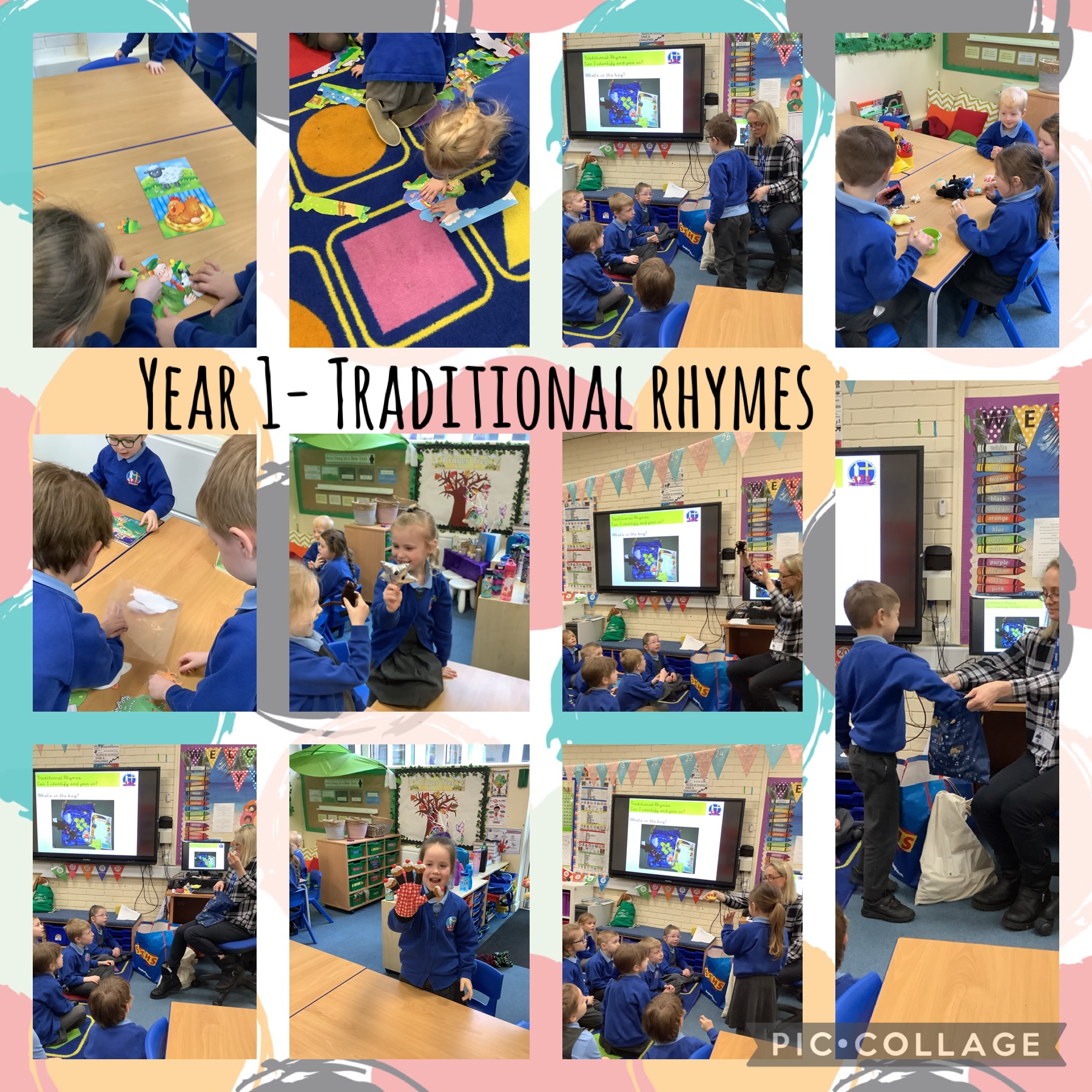
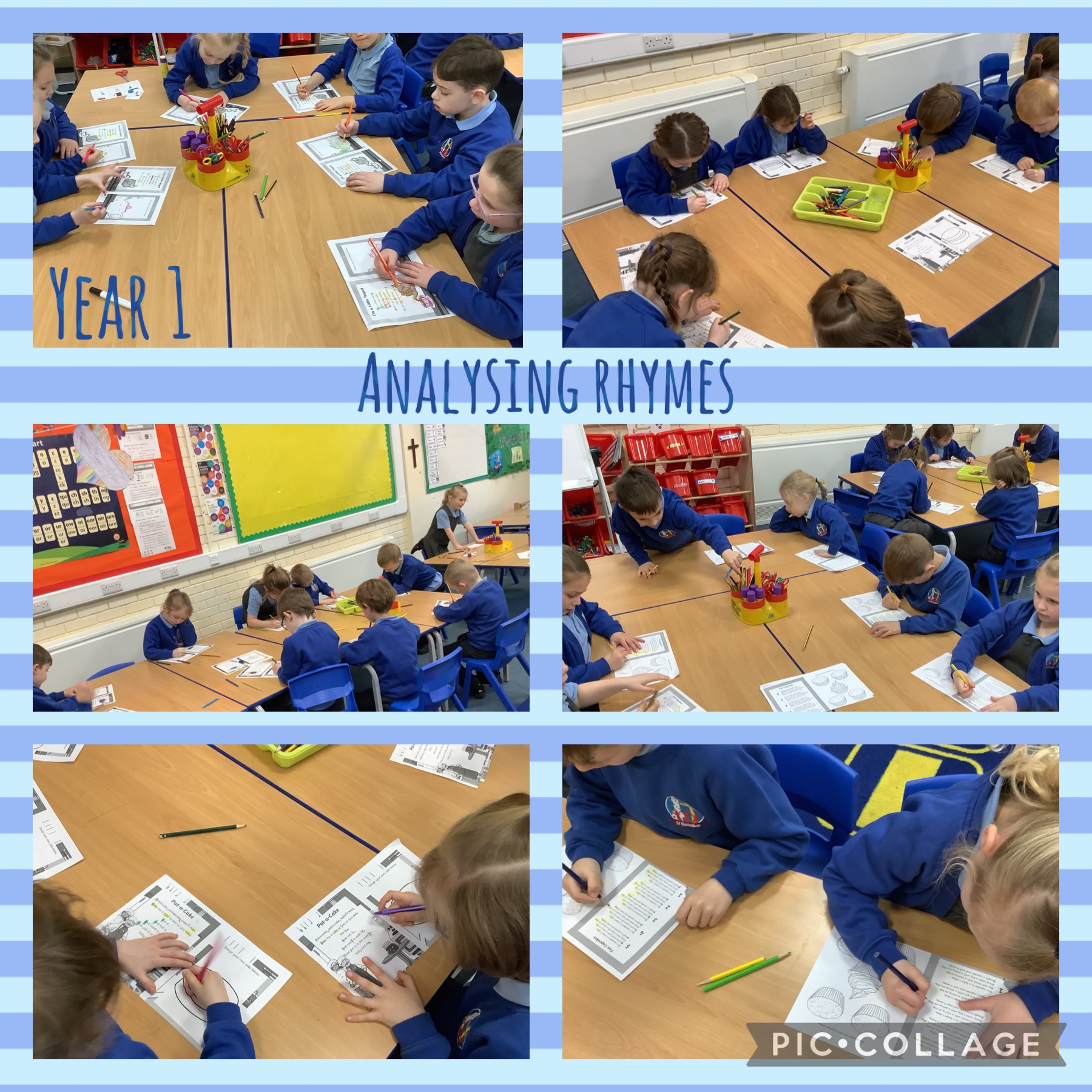
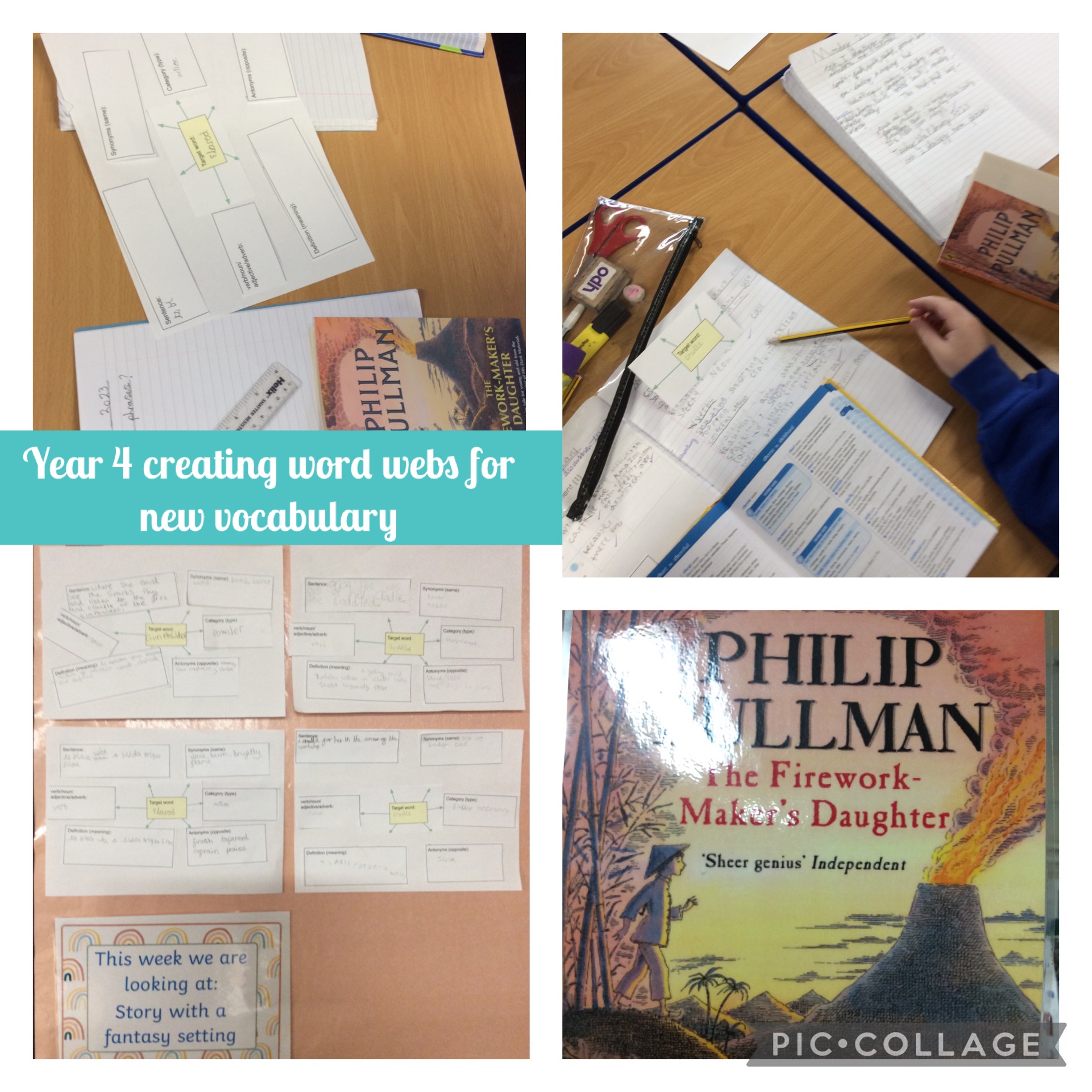
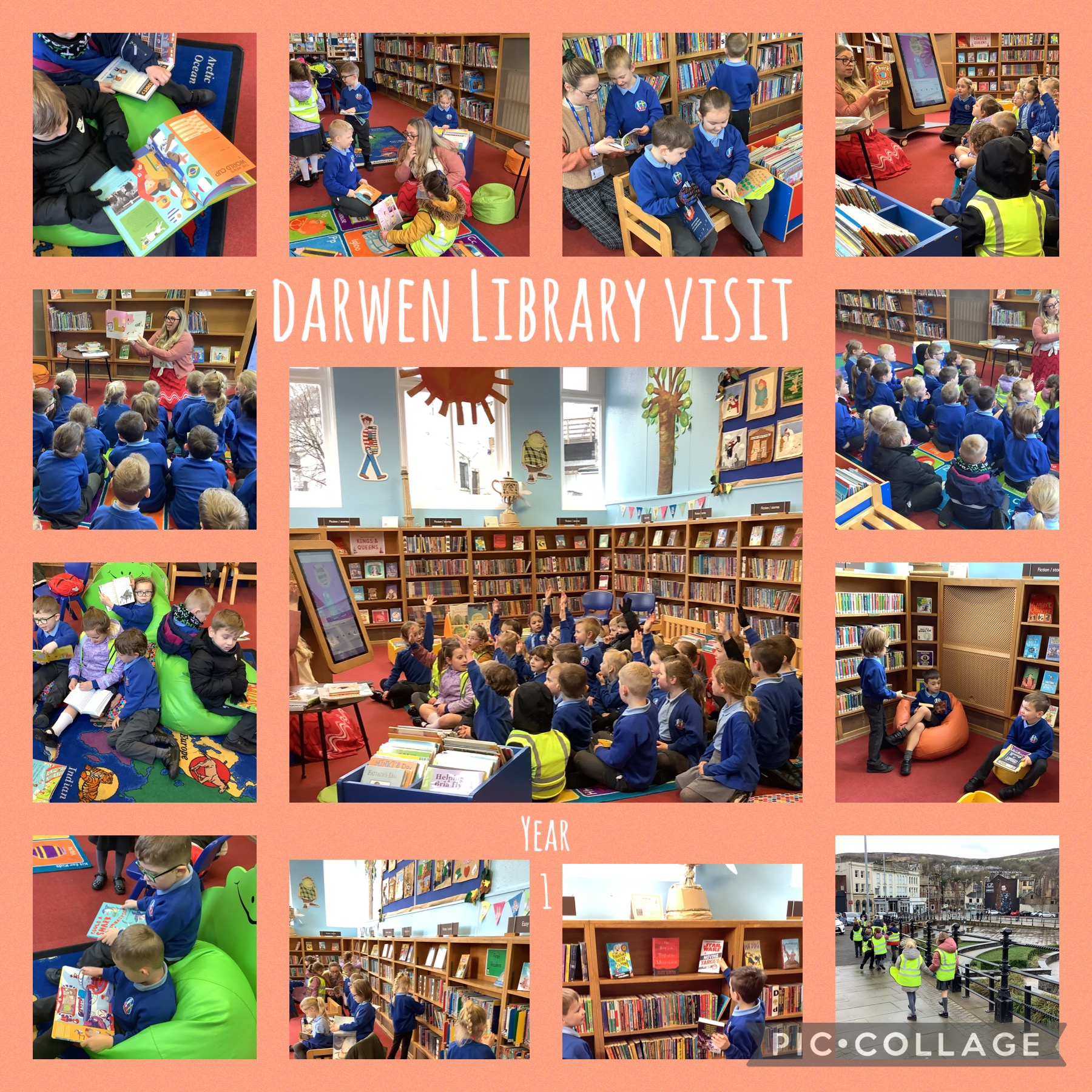
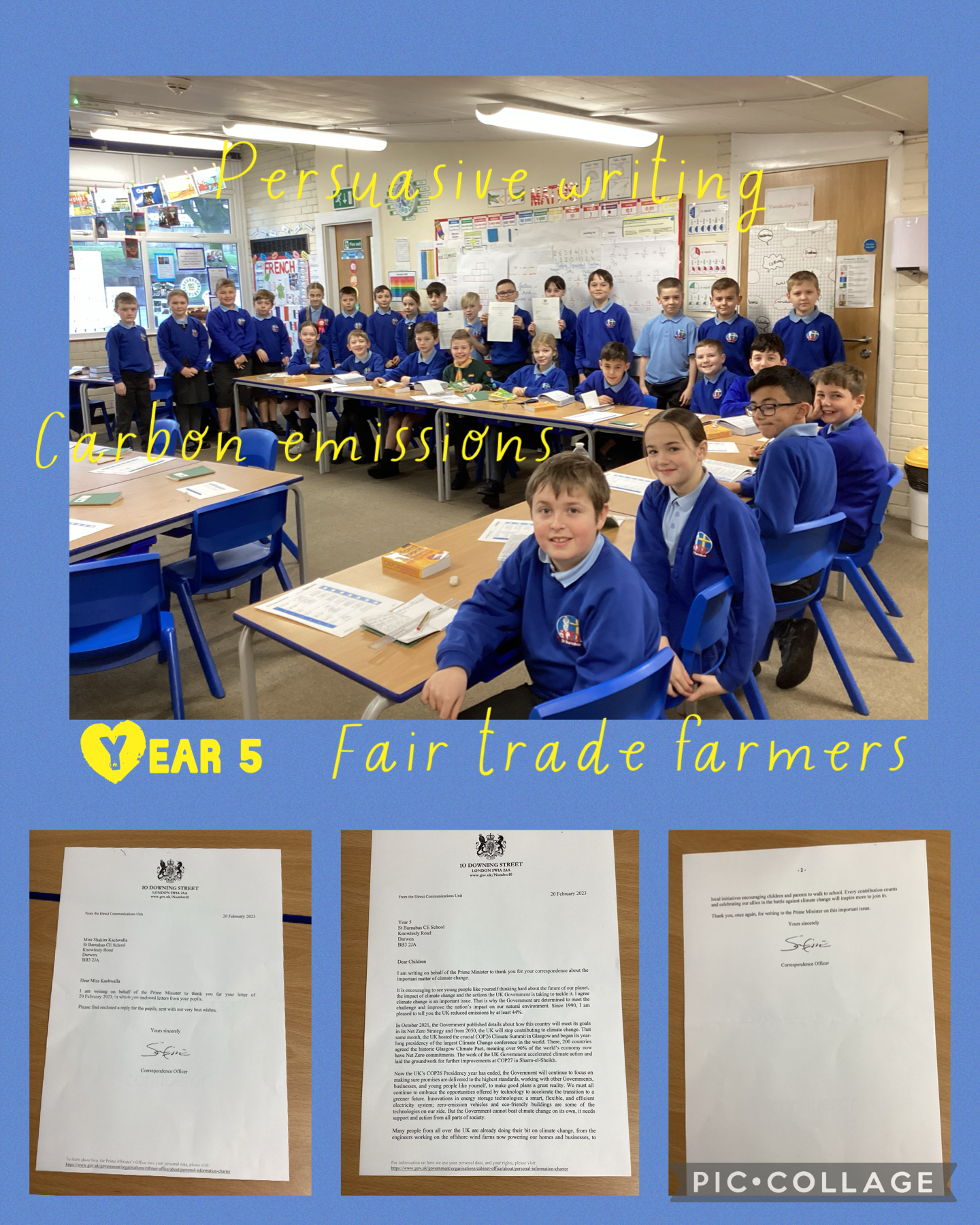
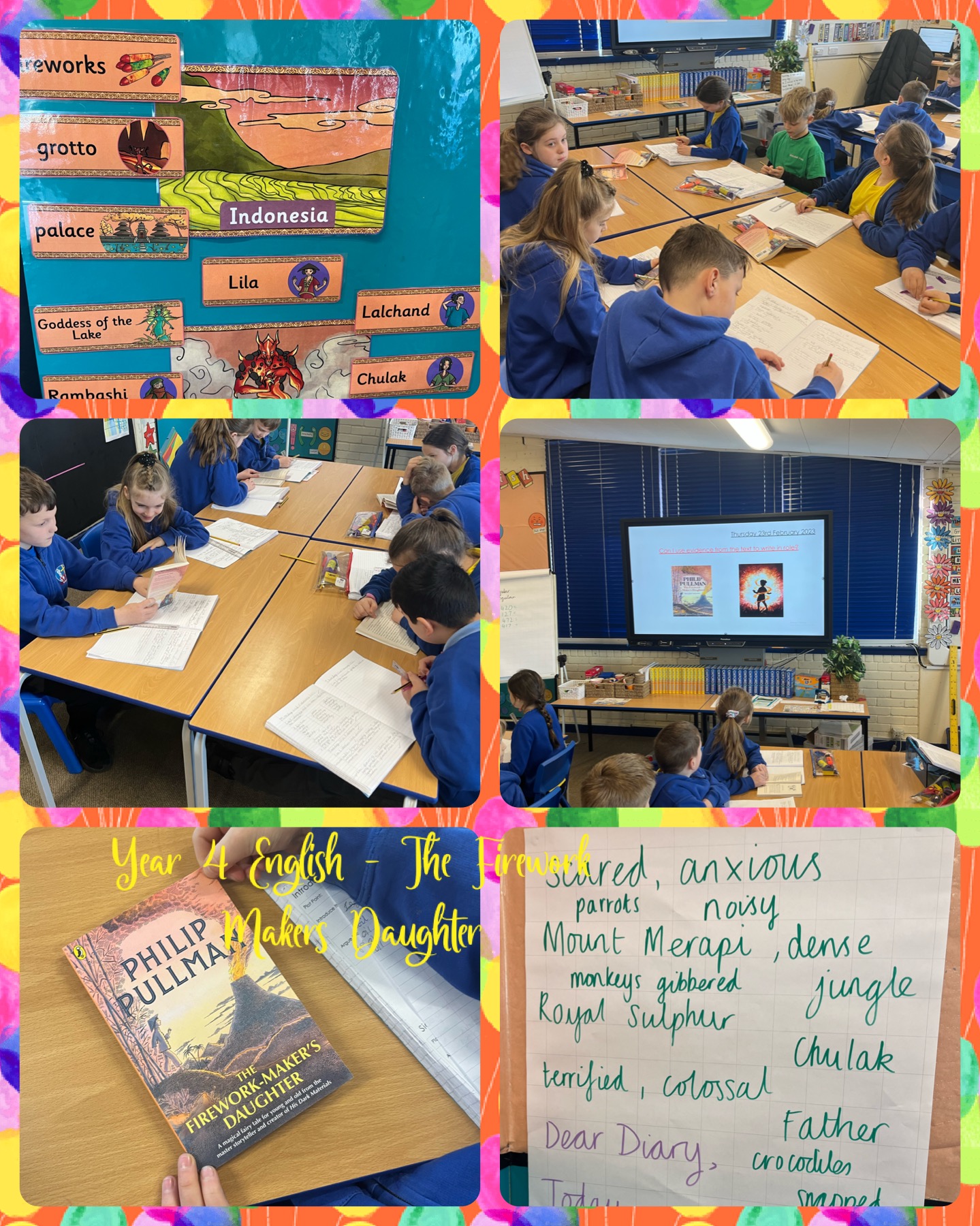
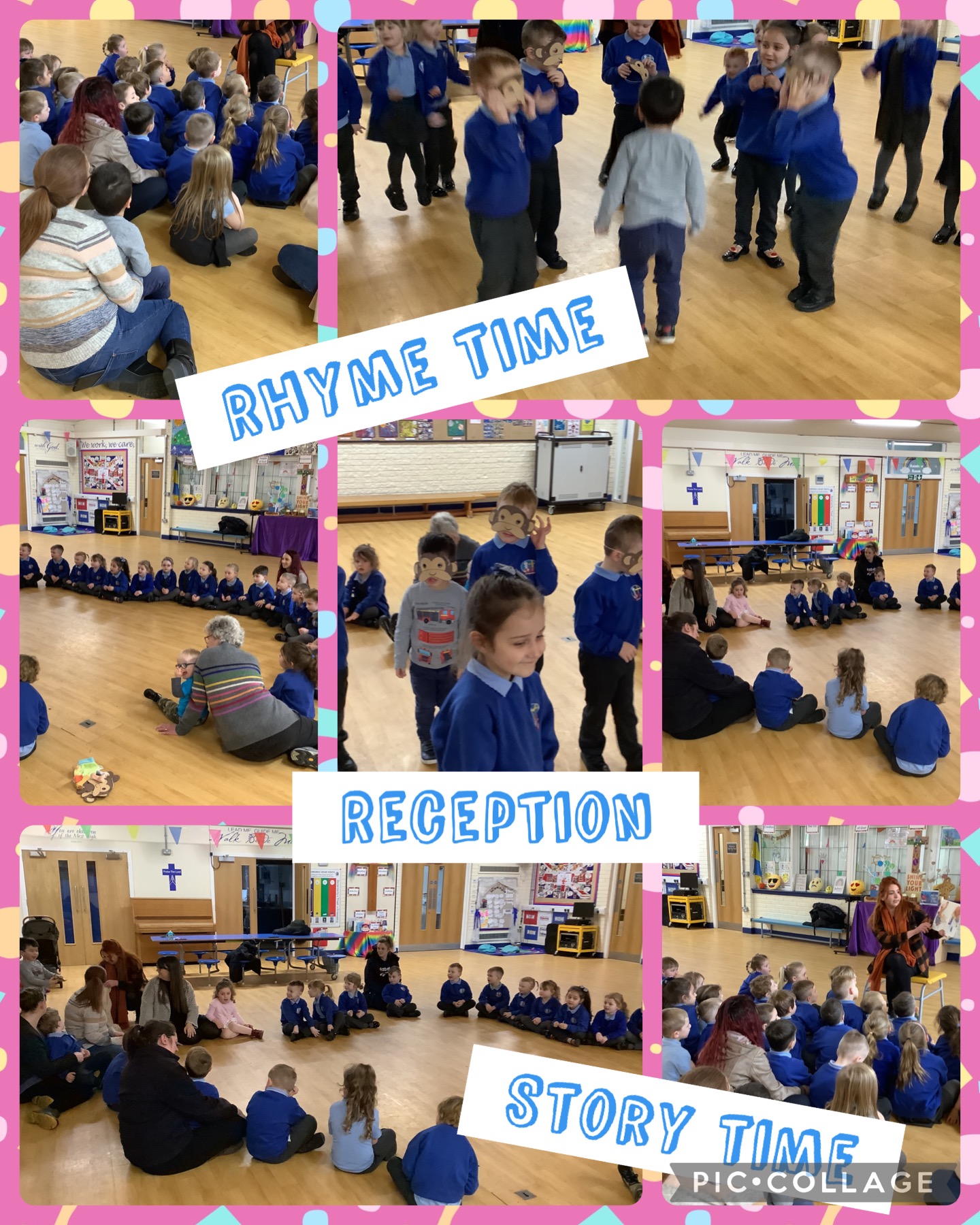
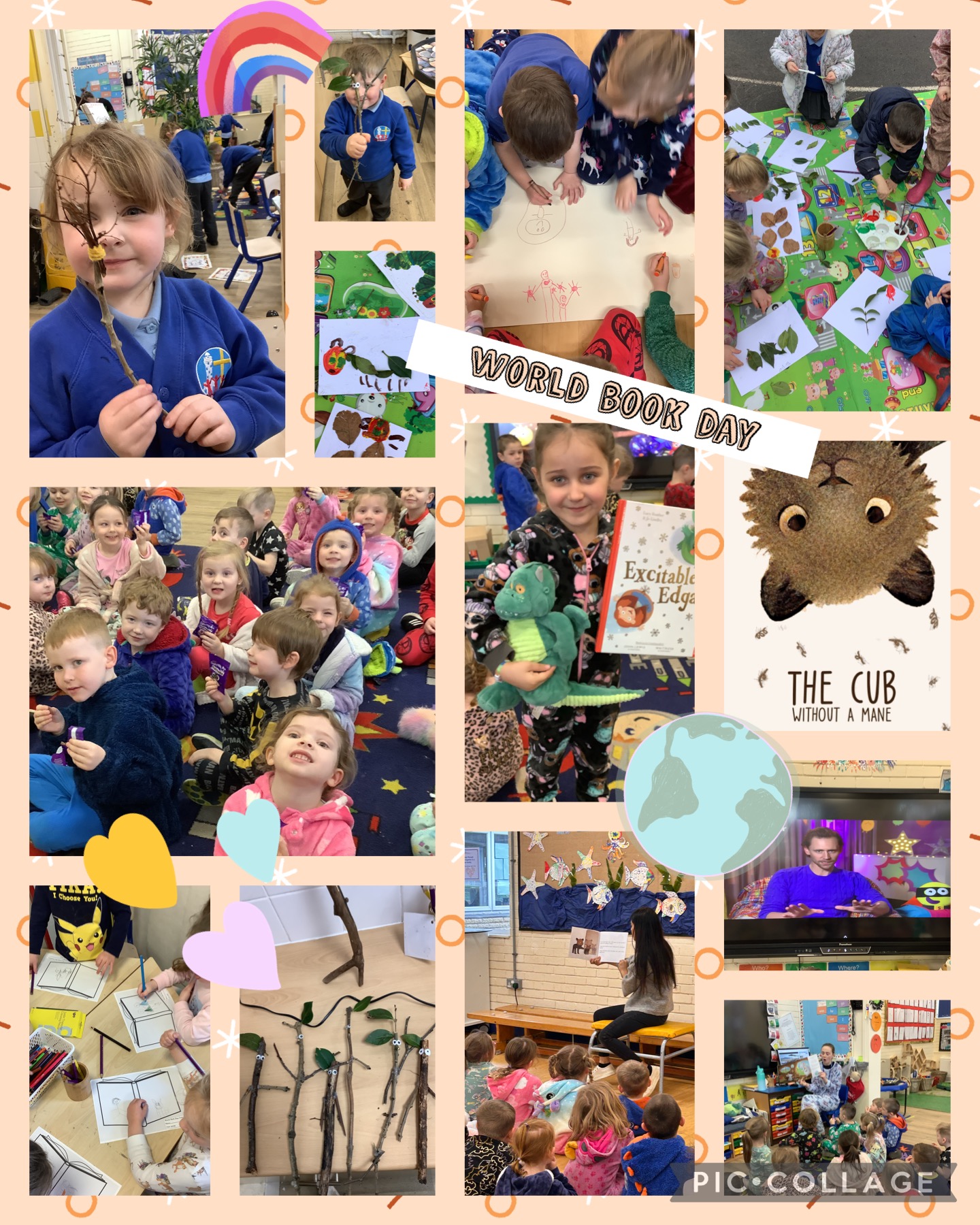
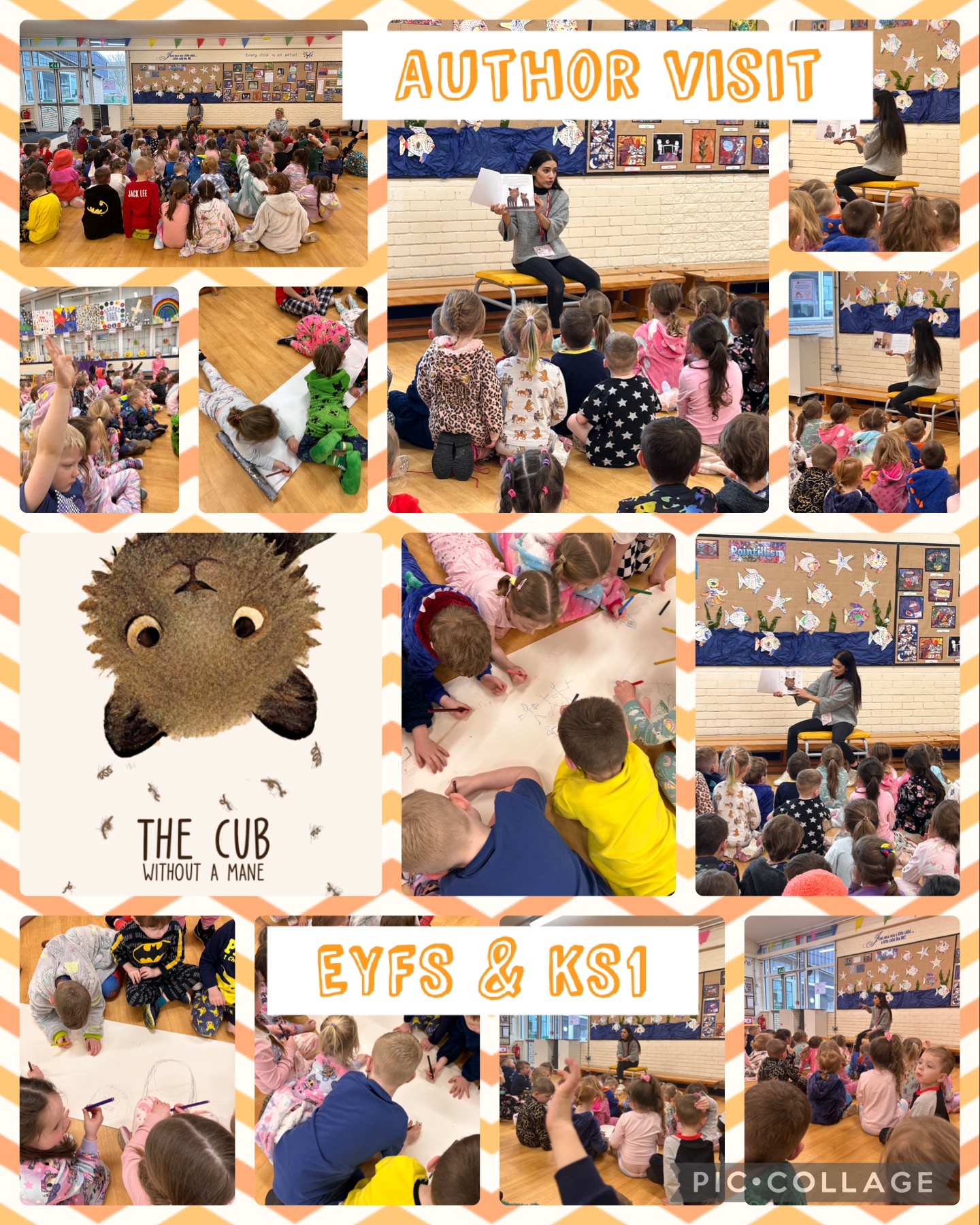
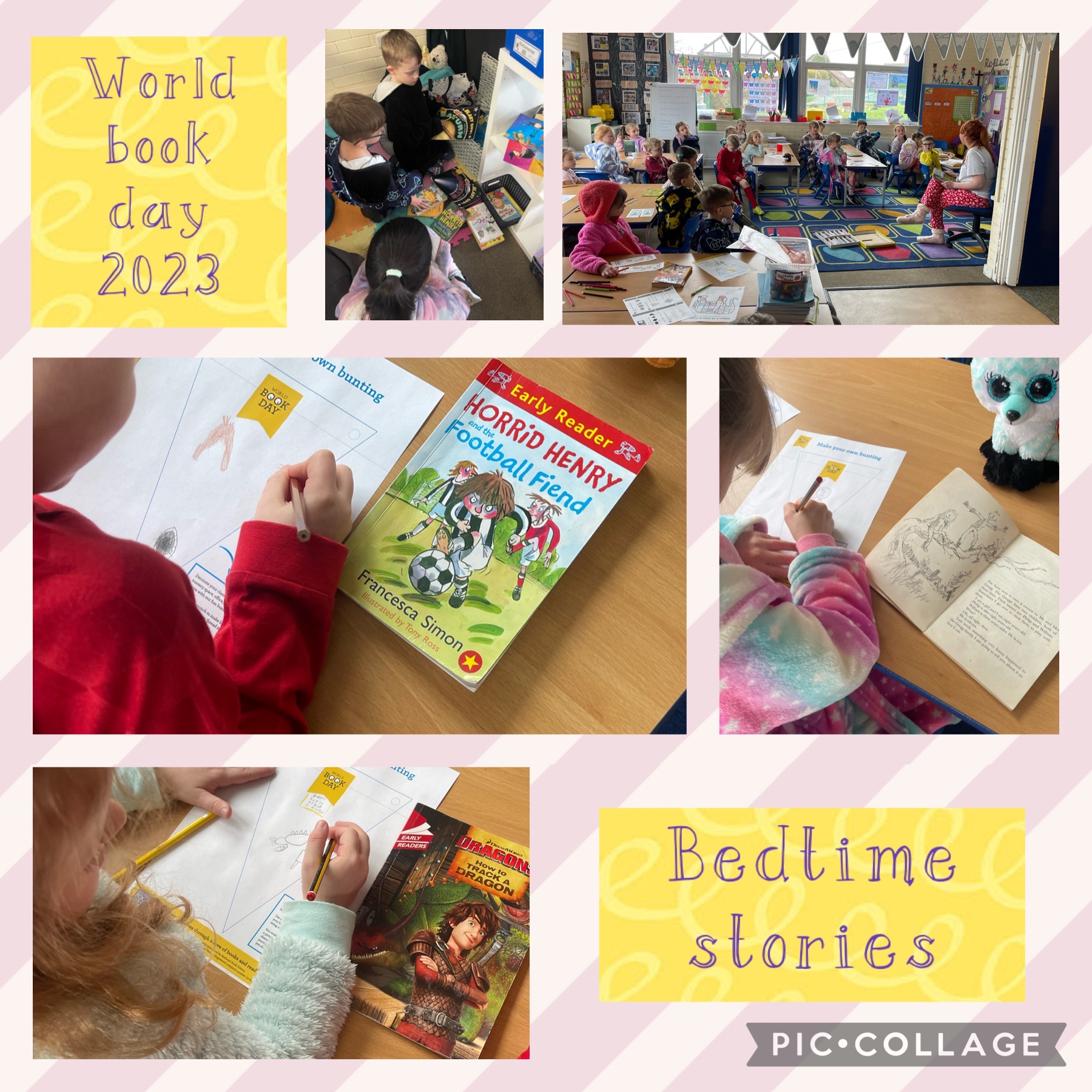

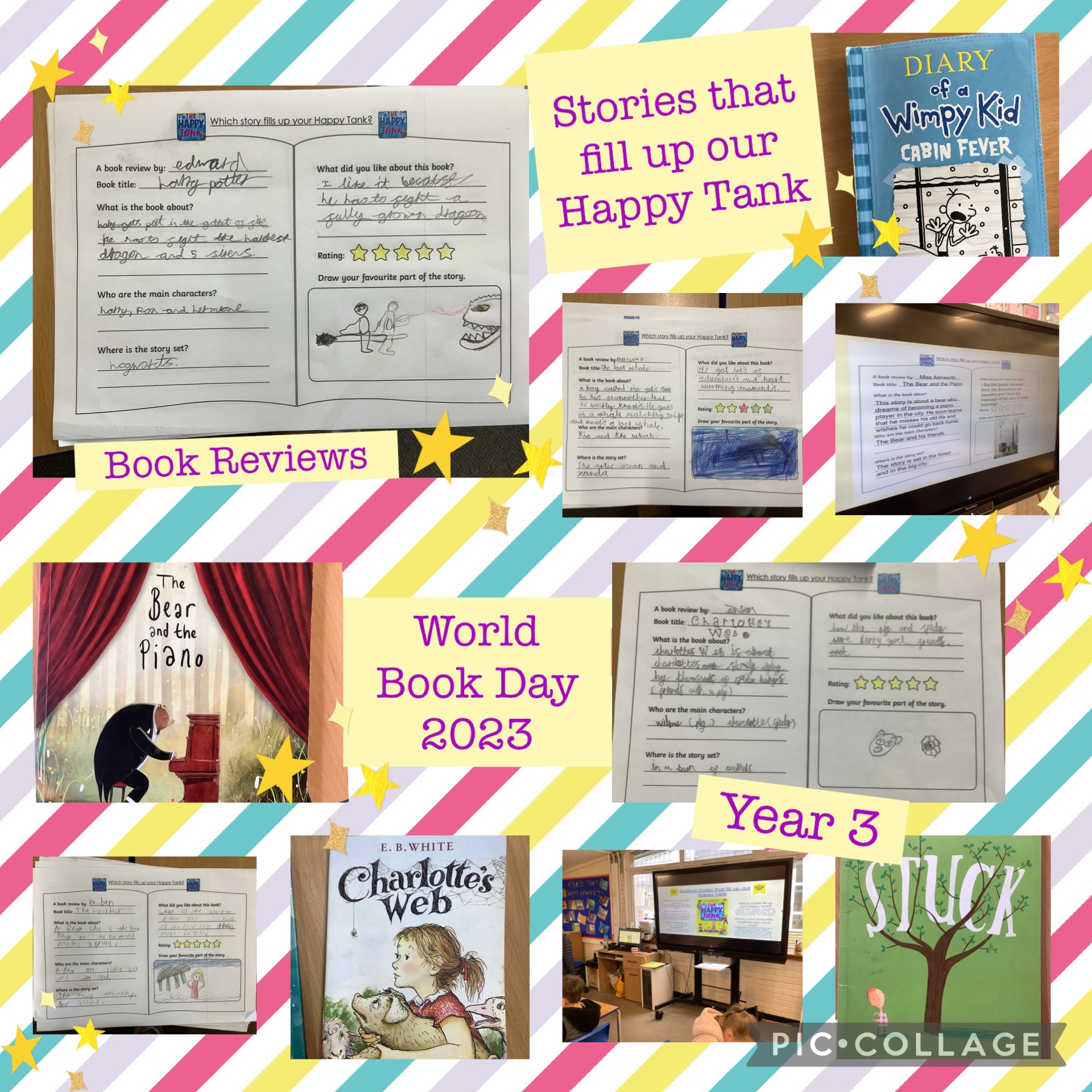

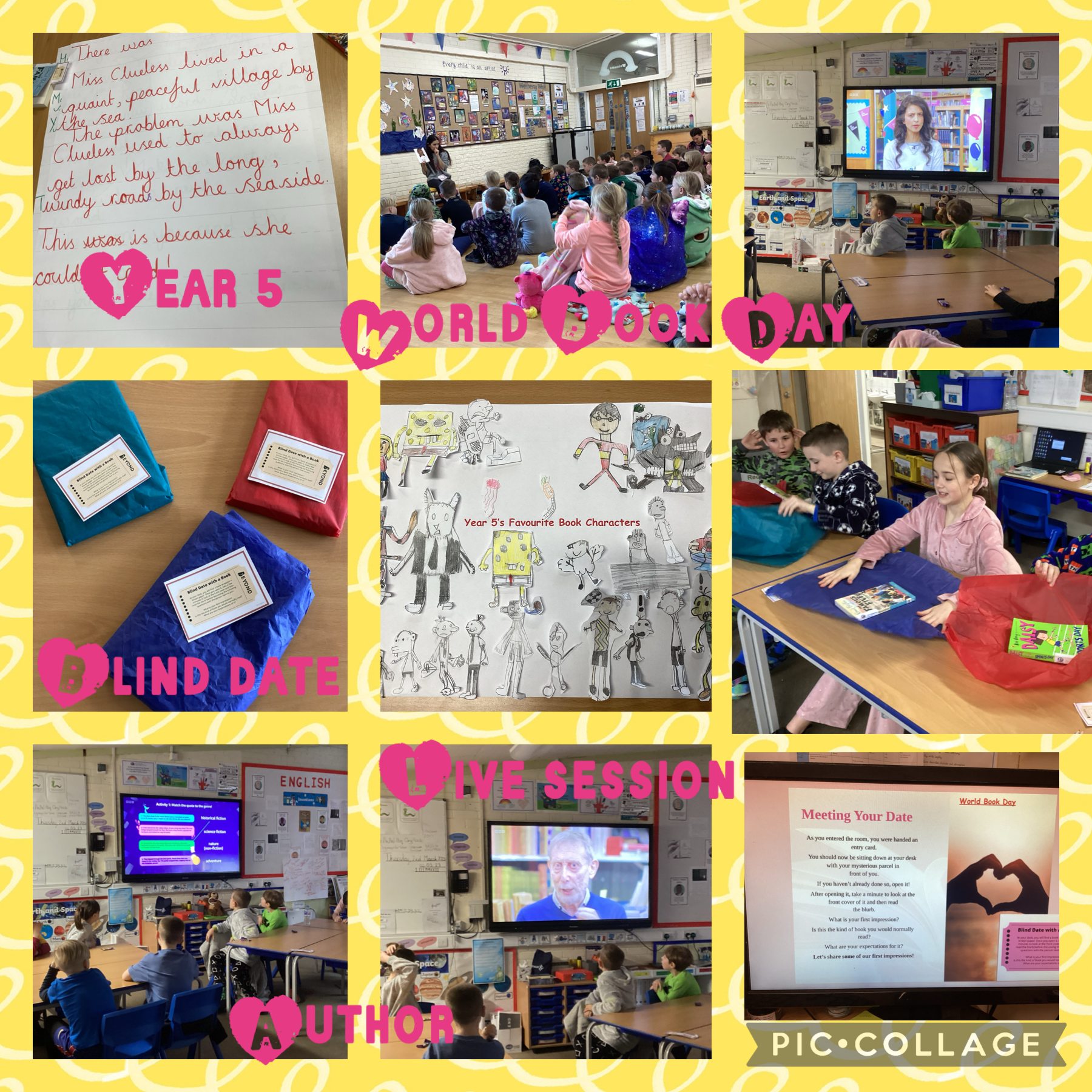

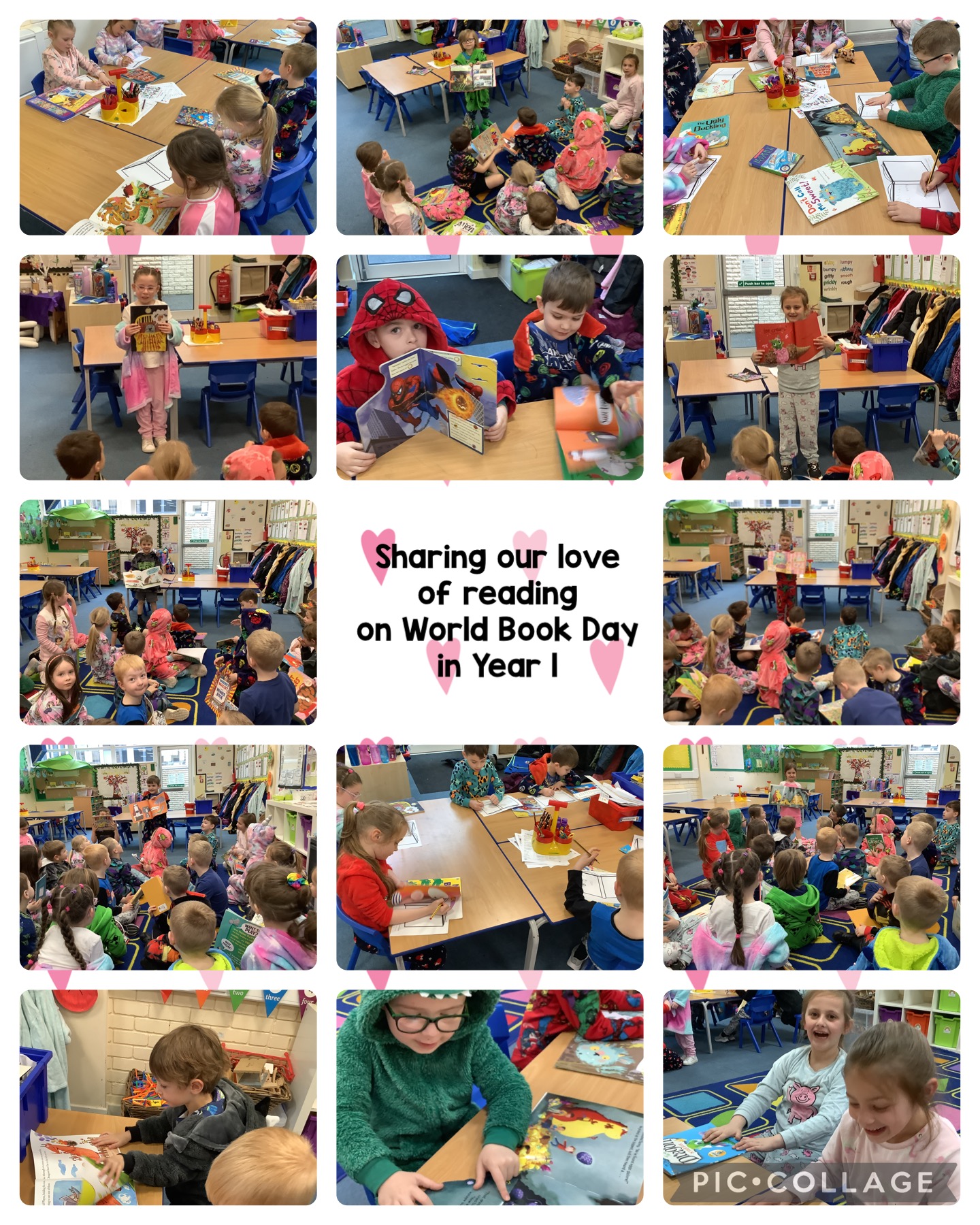
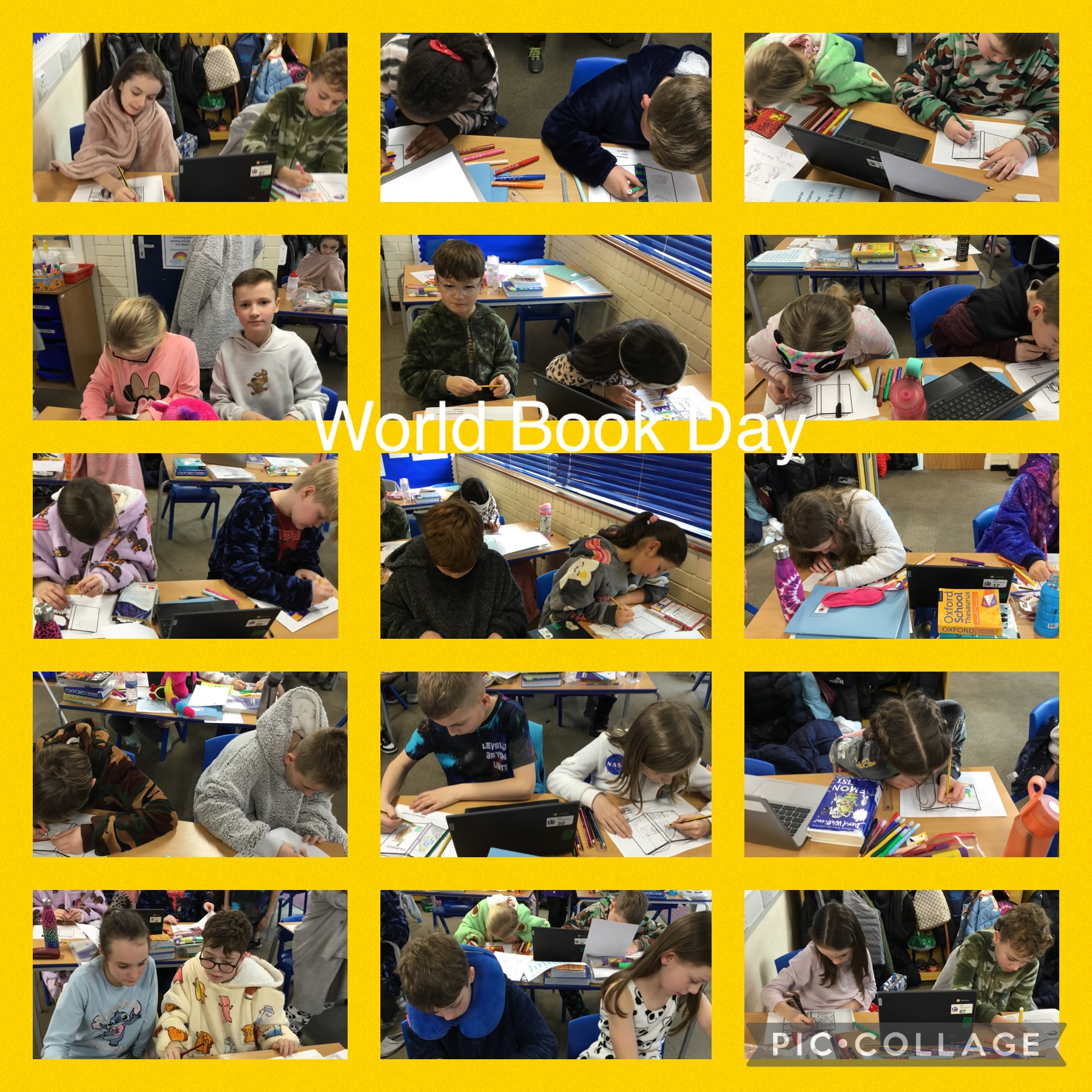
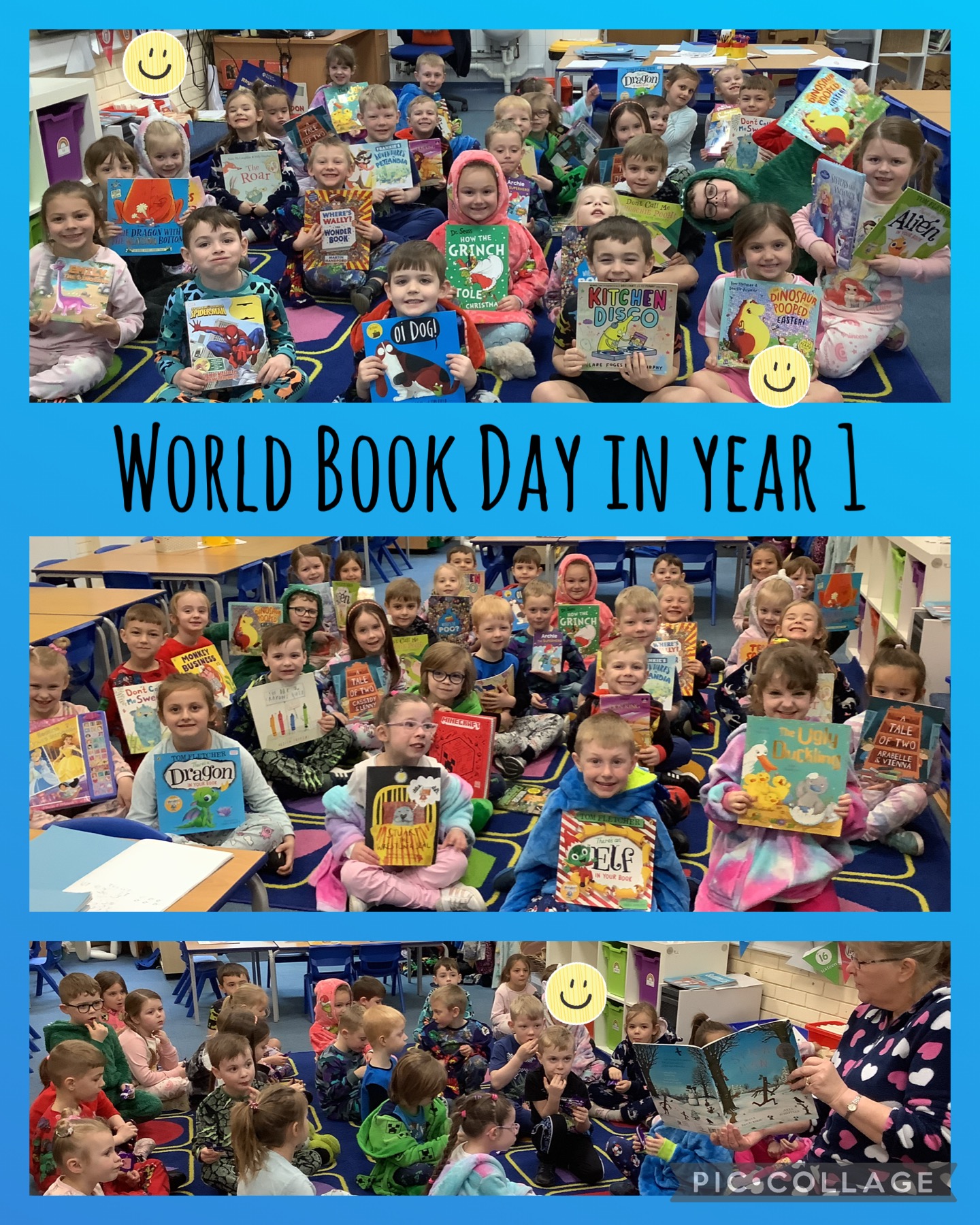
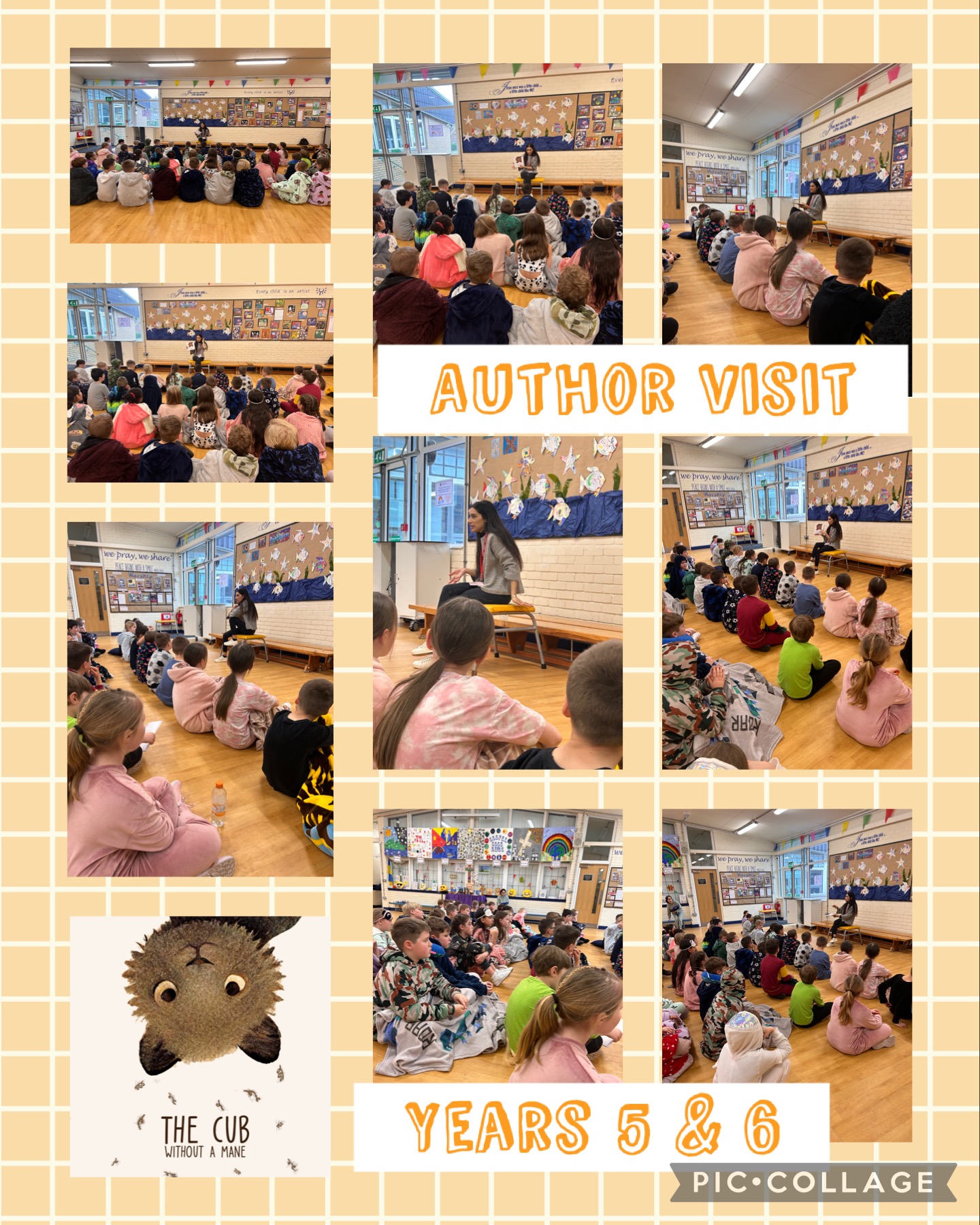
.jpg)
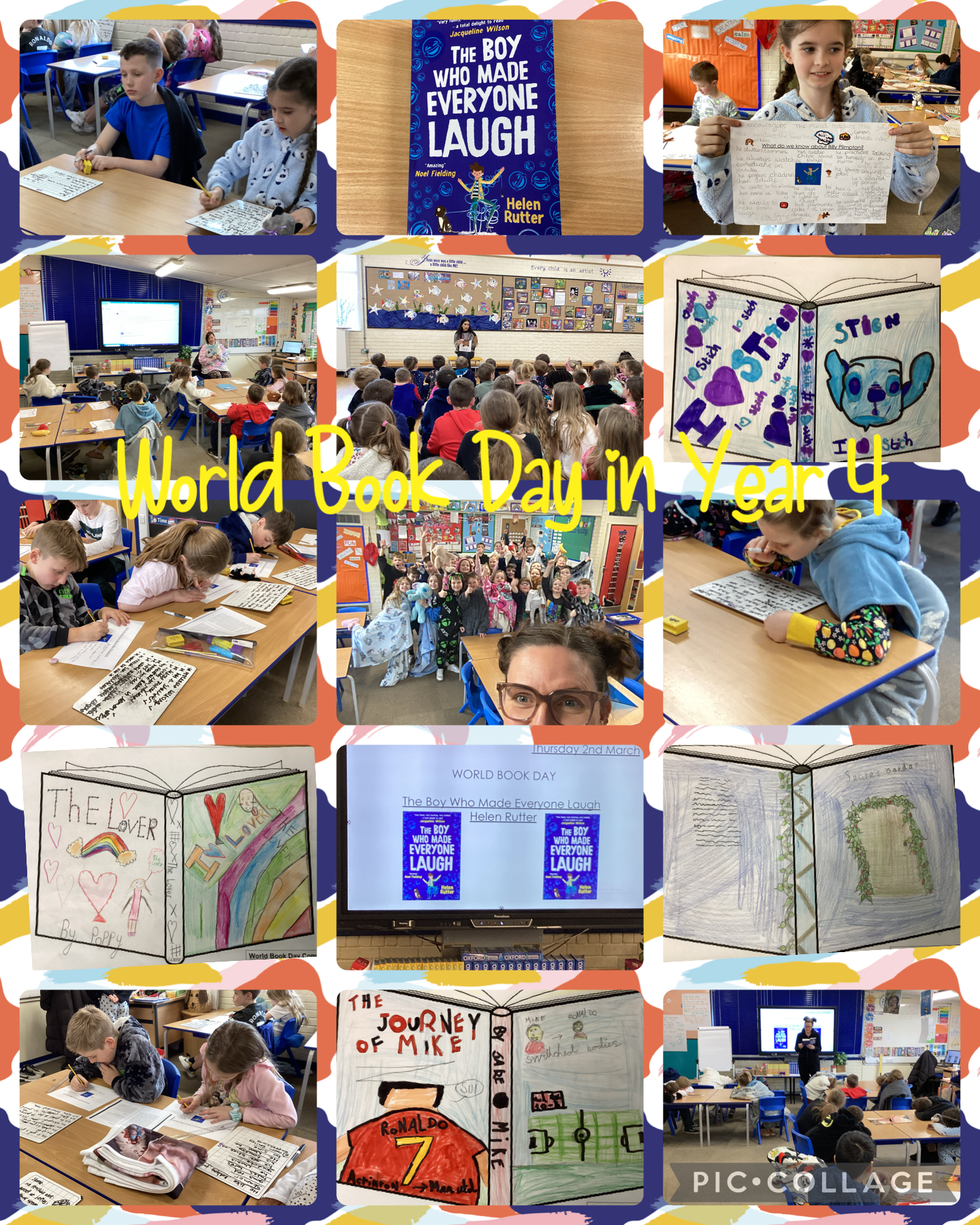
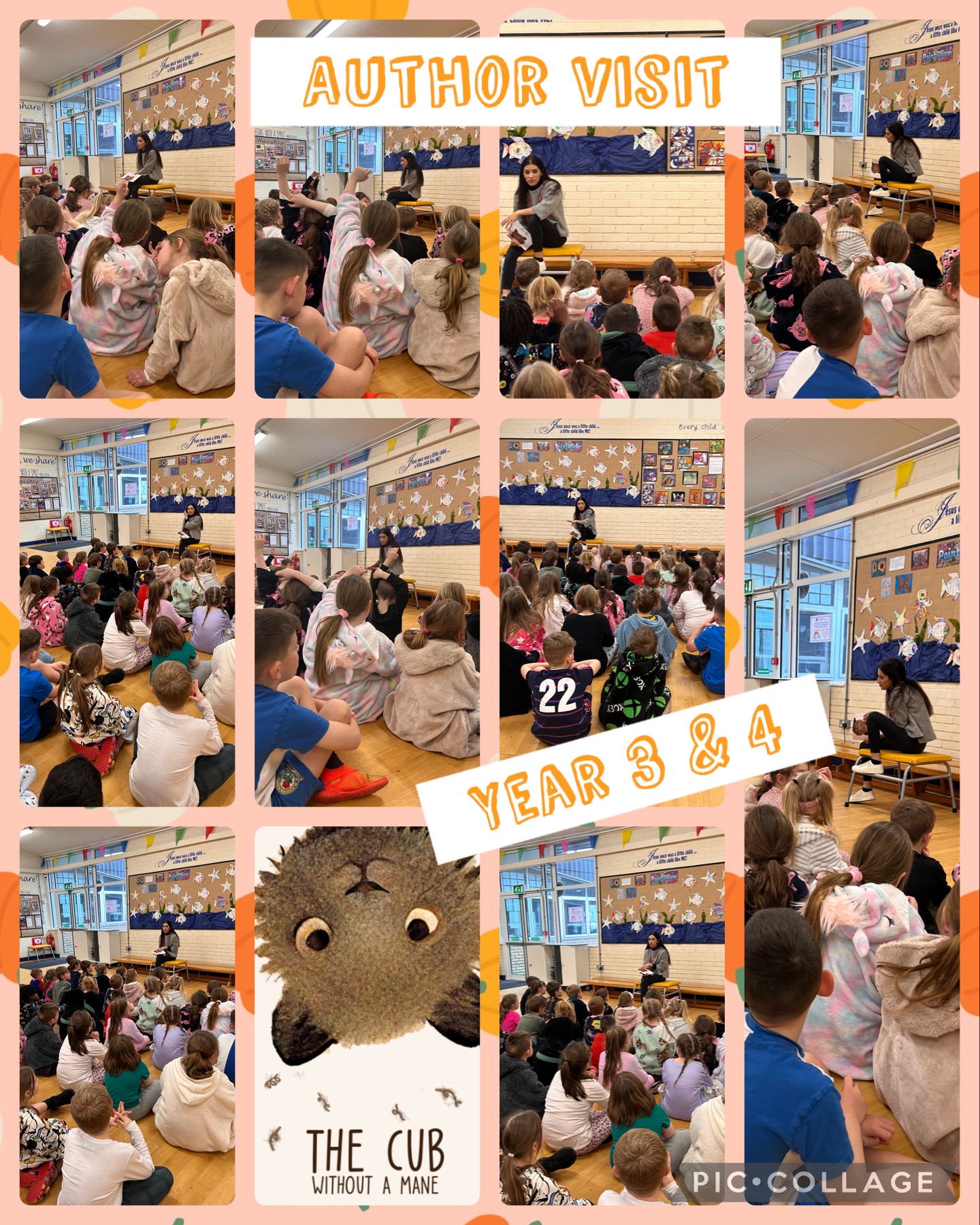
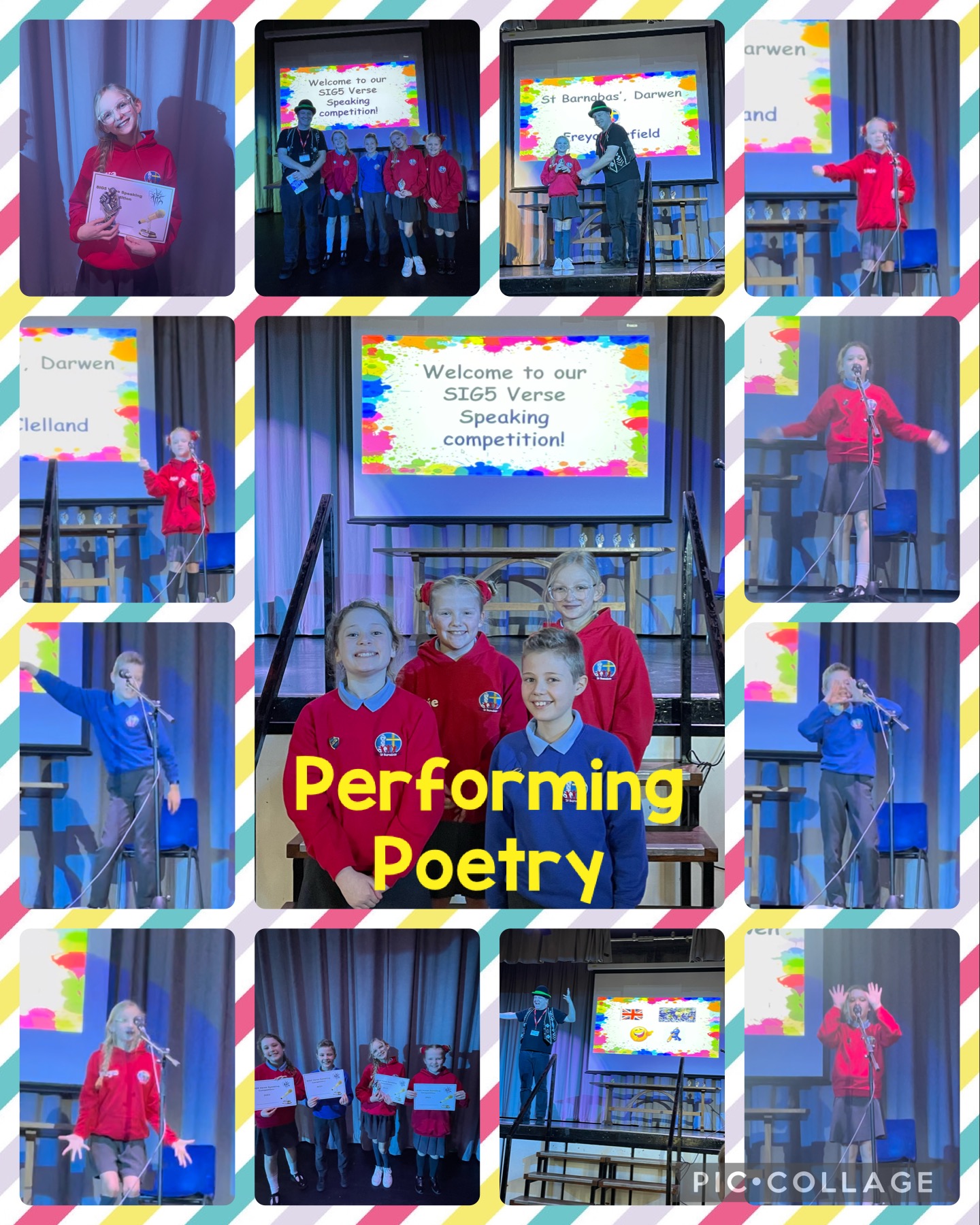
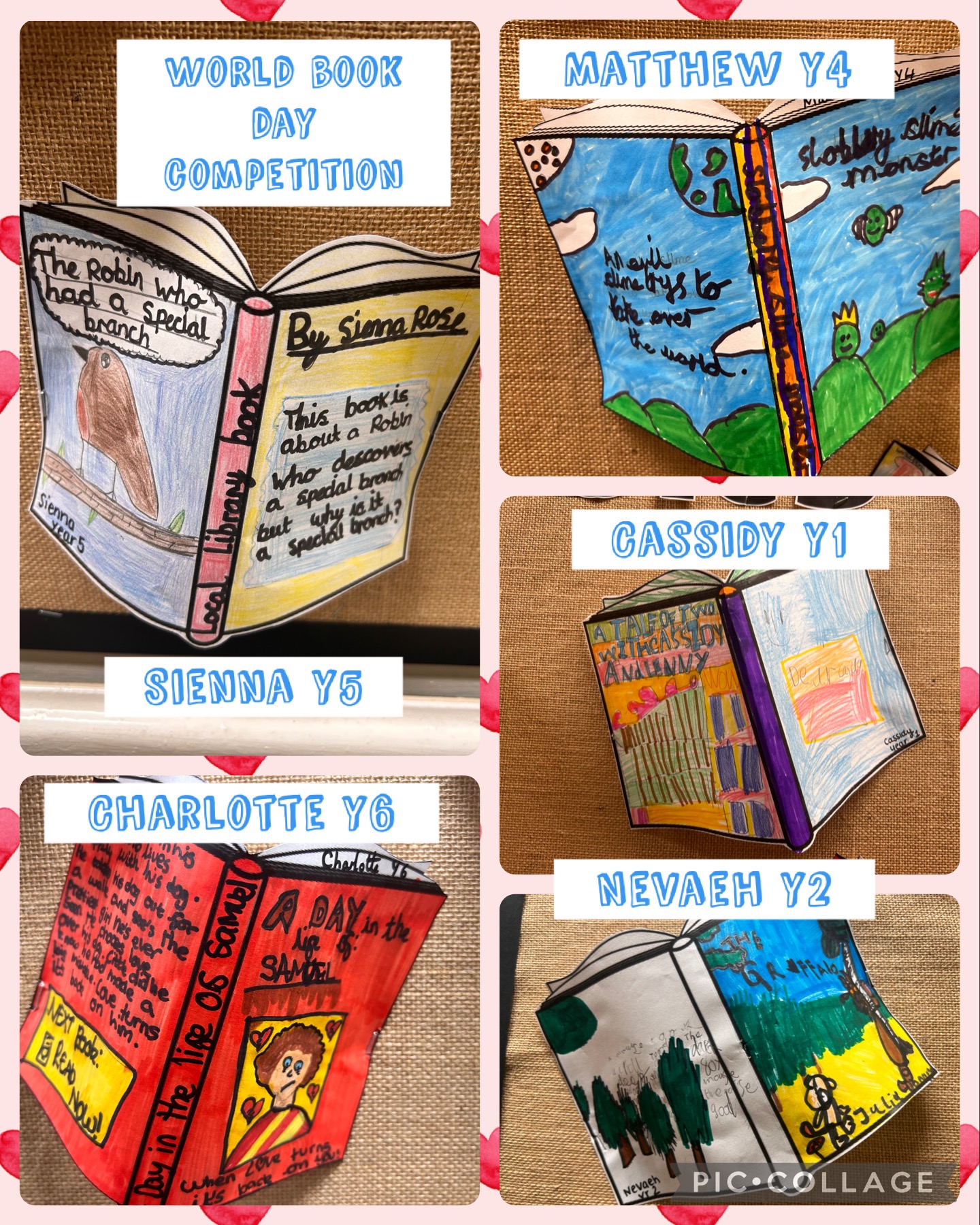
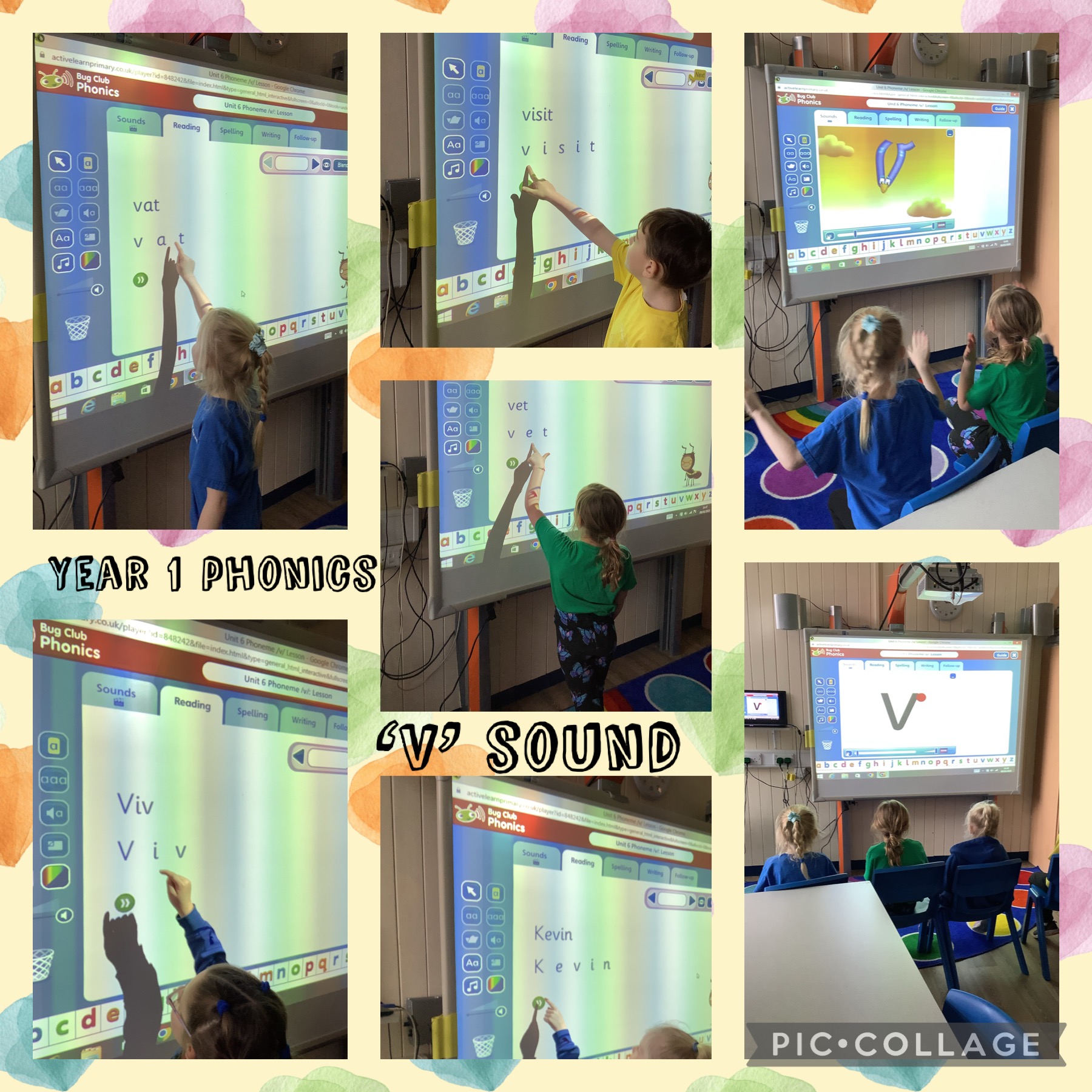
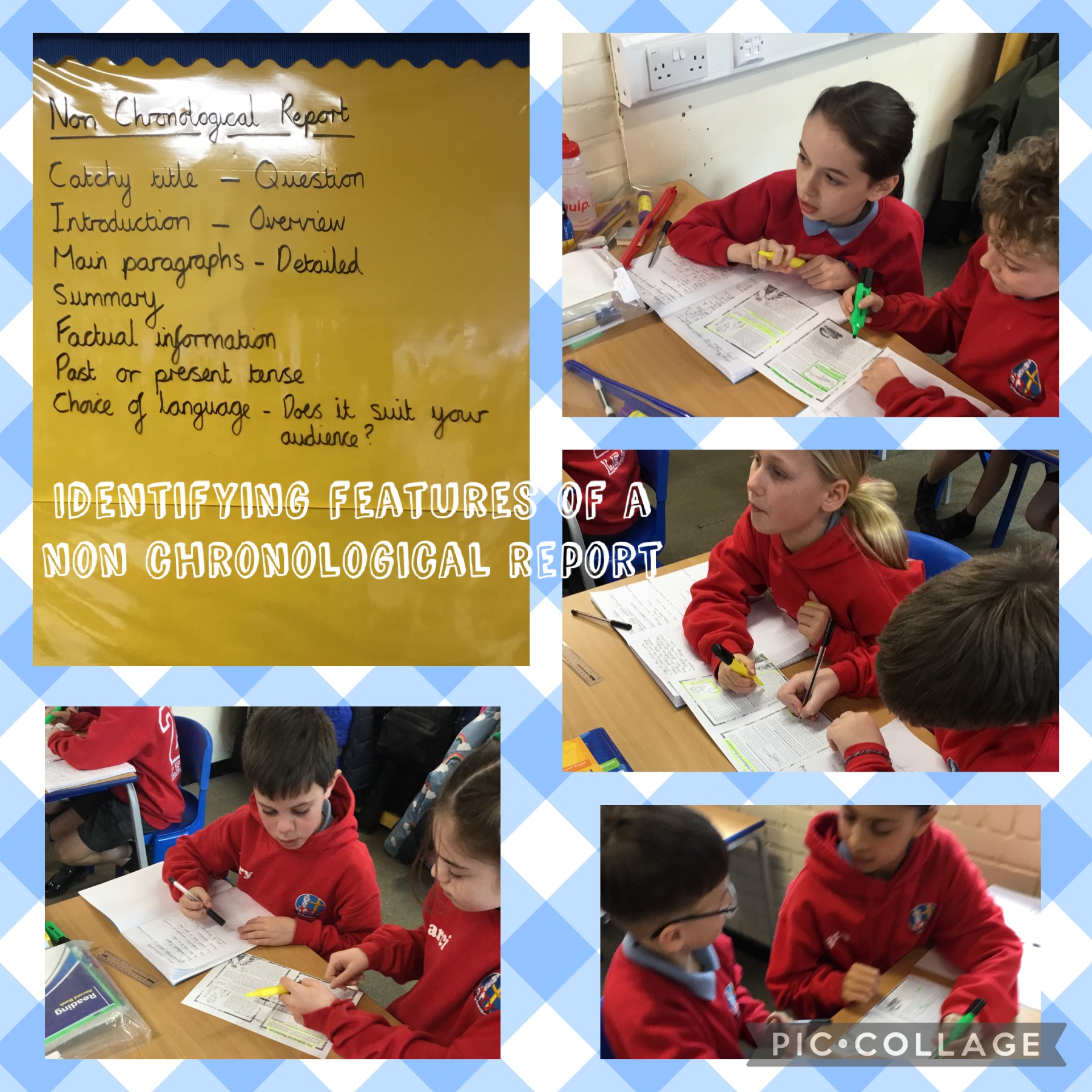
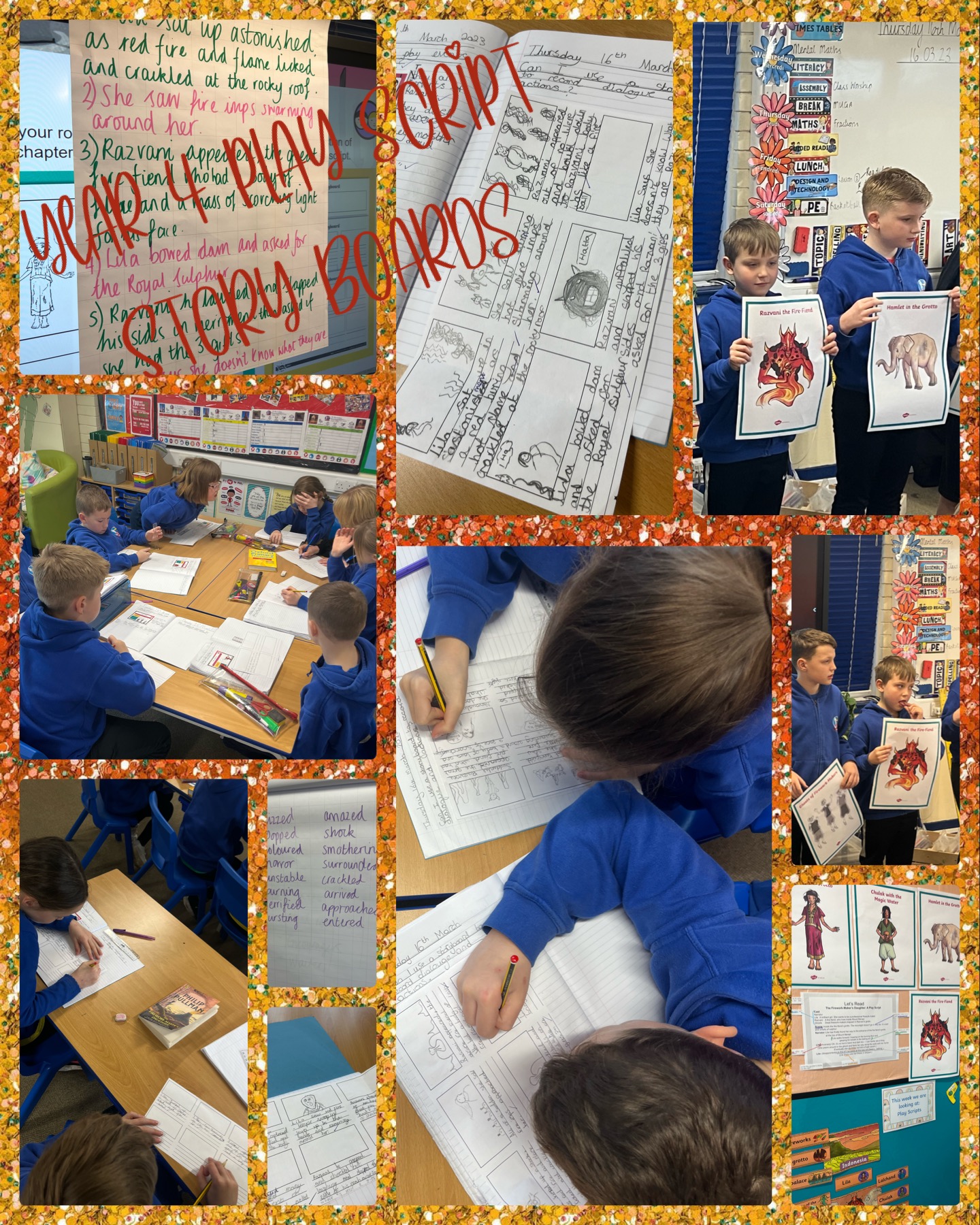
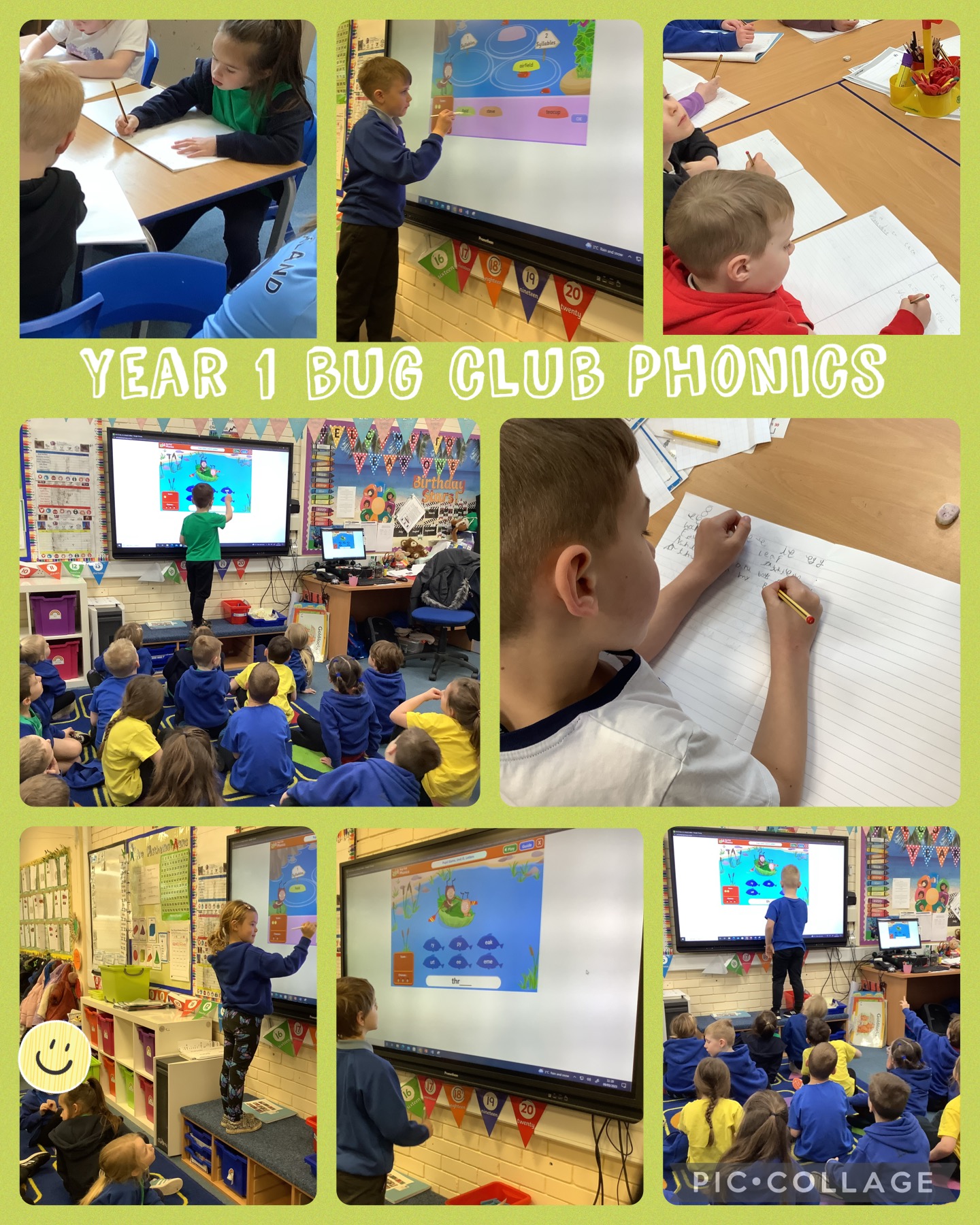
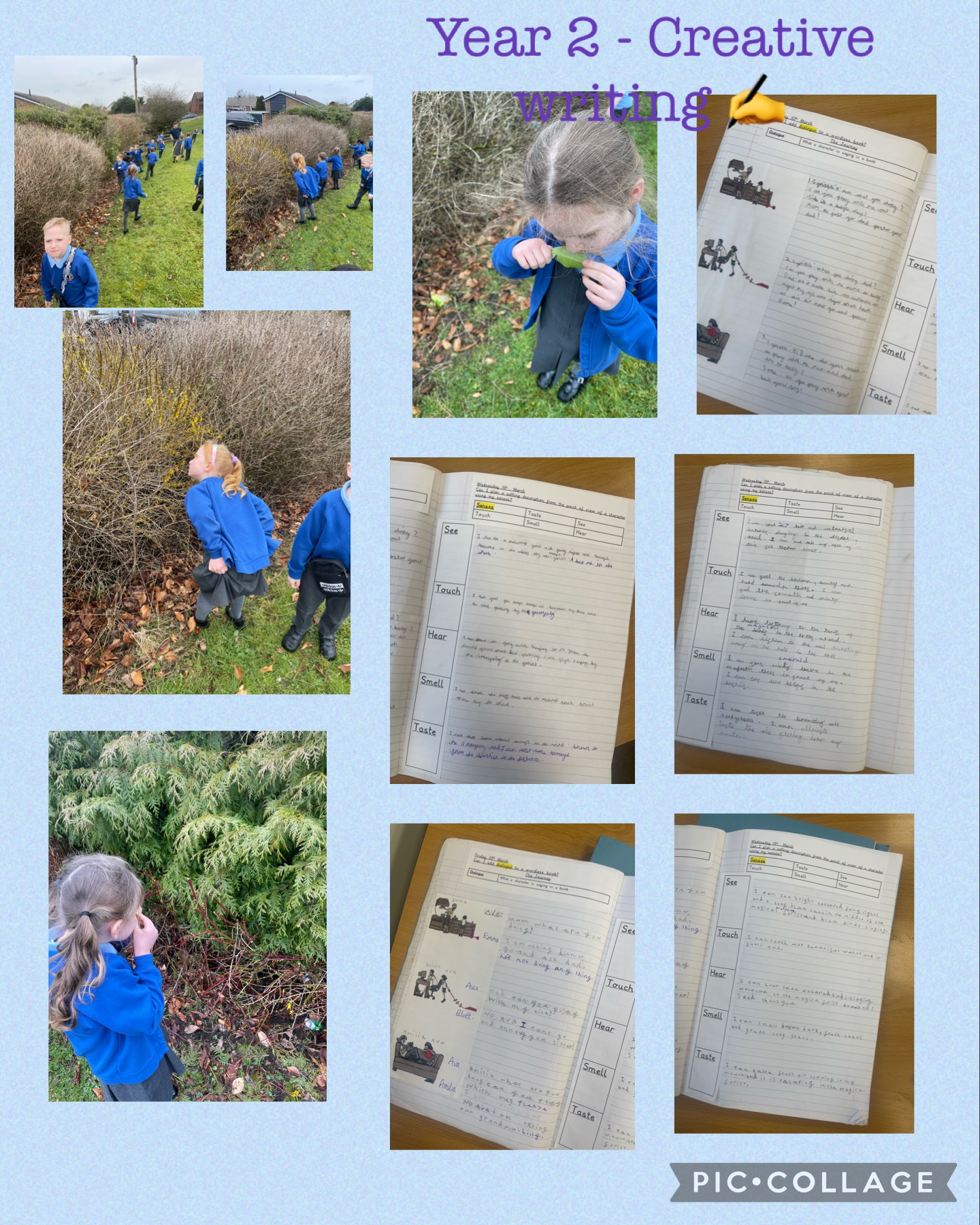
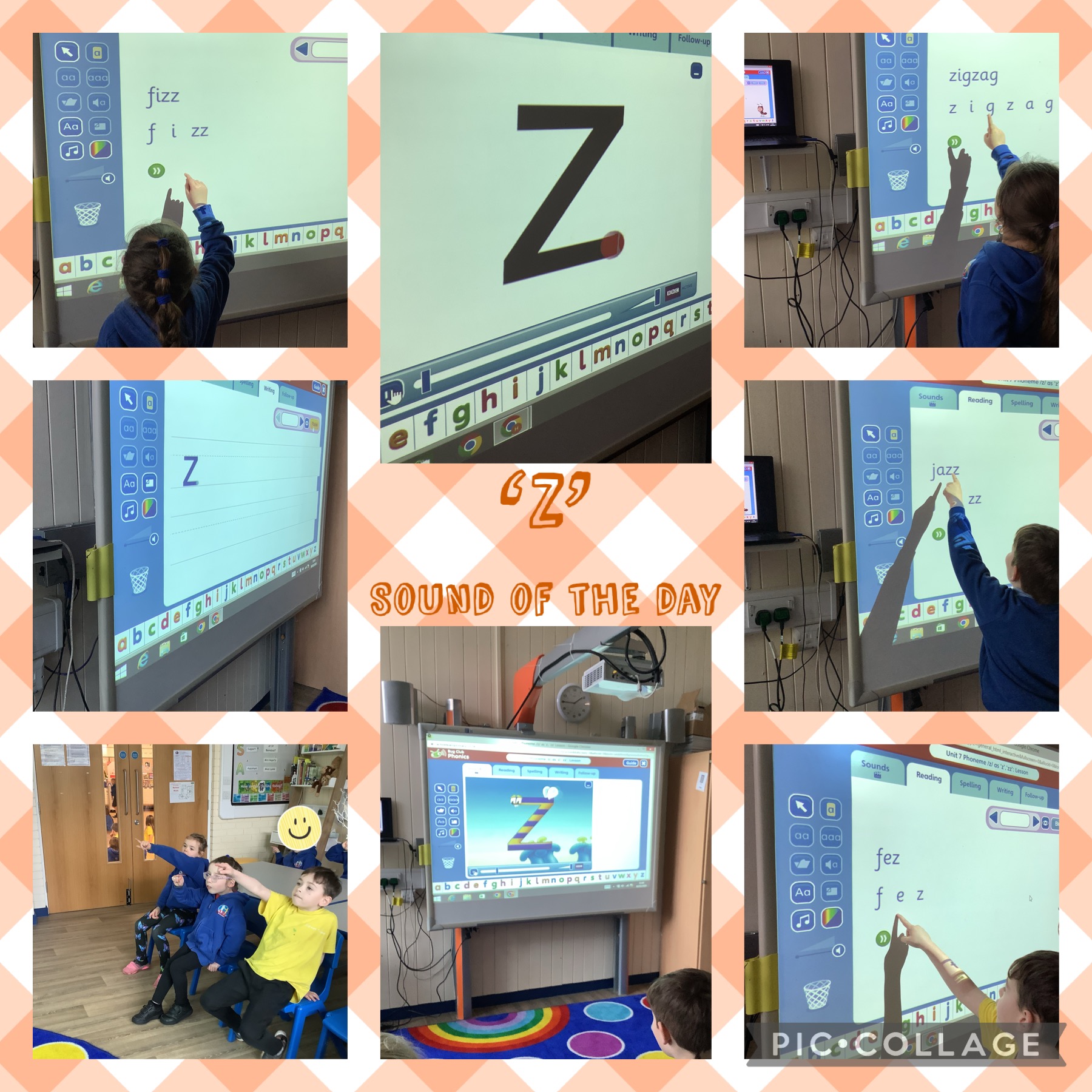
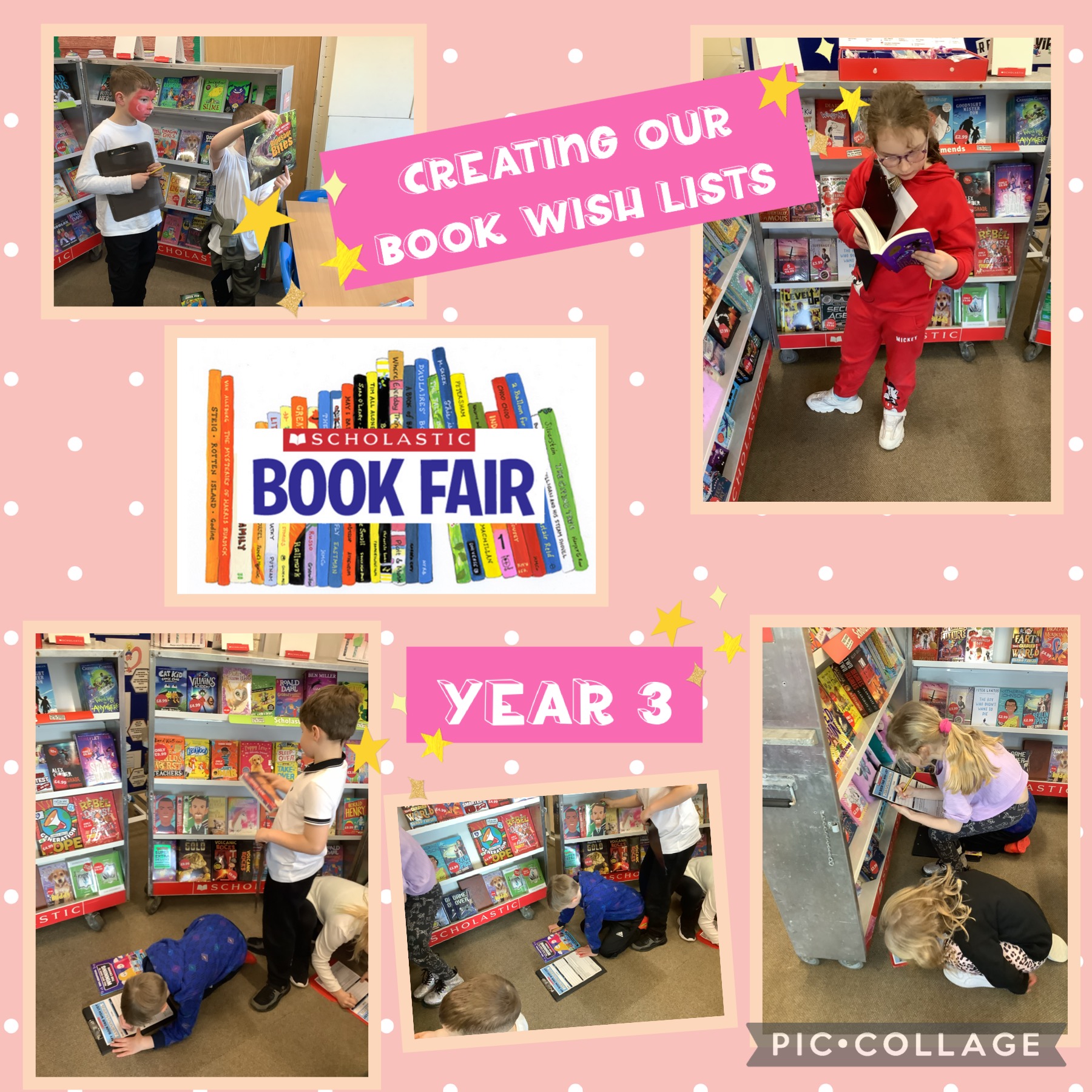
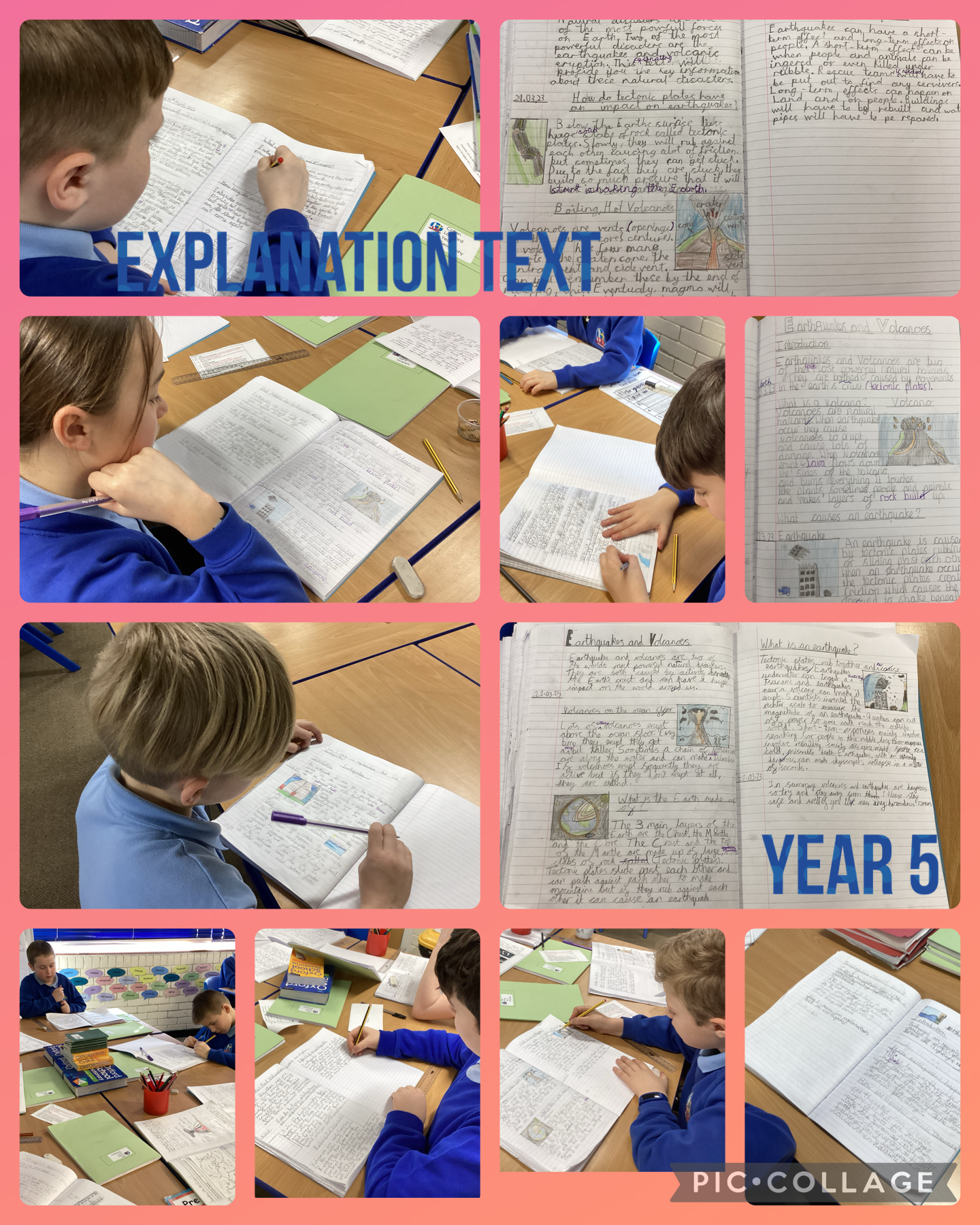
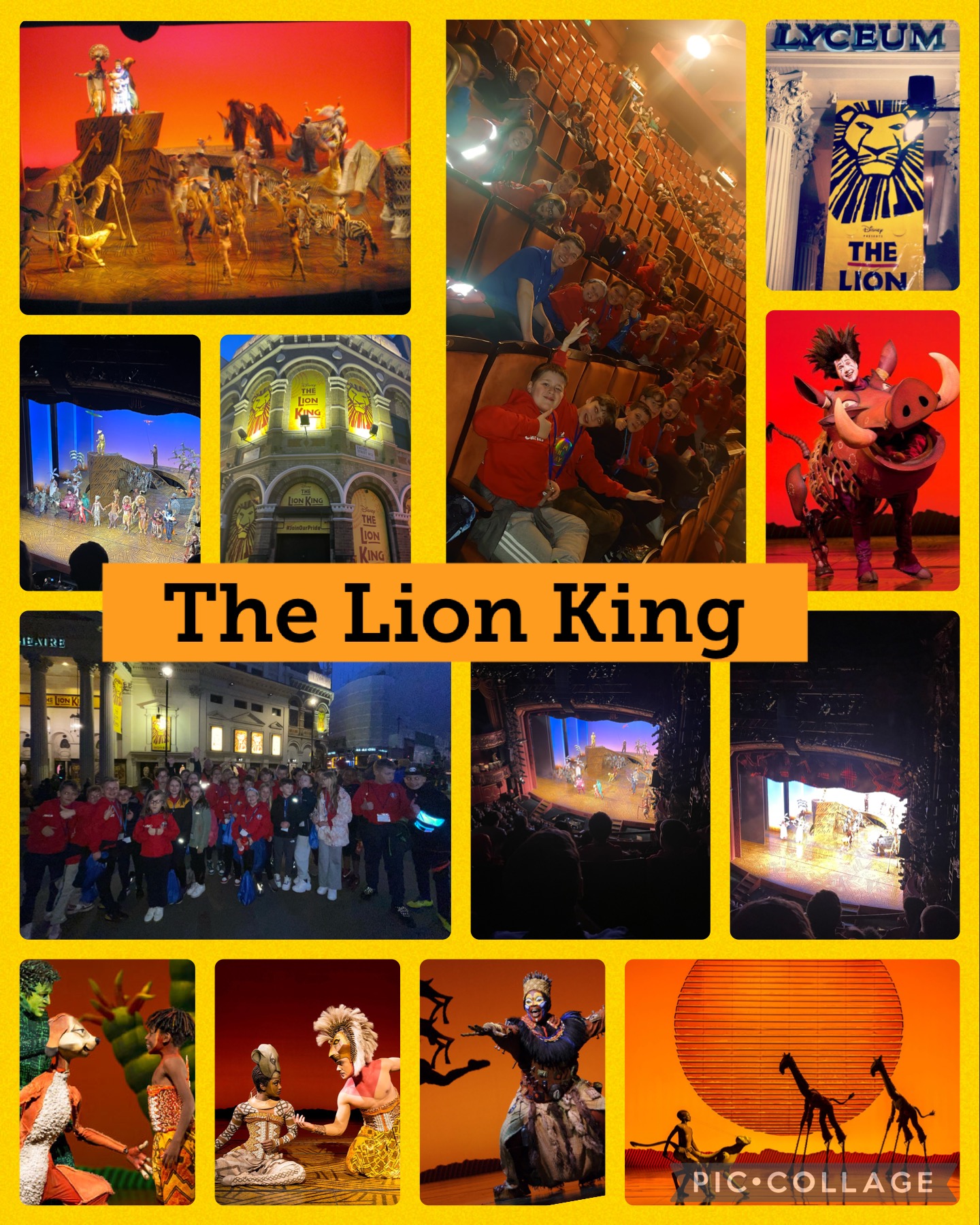
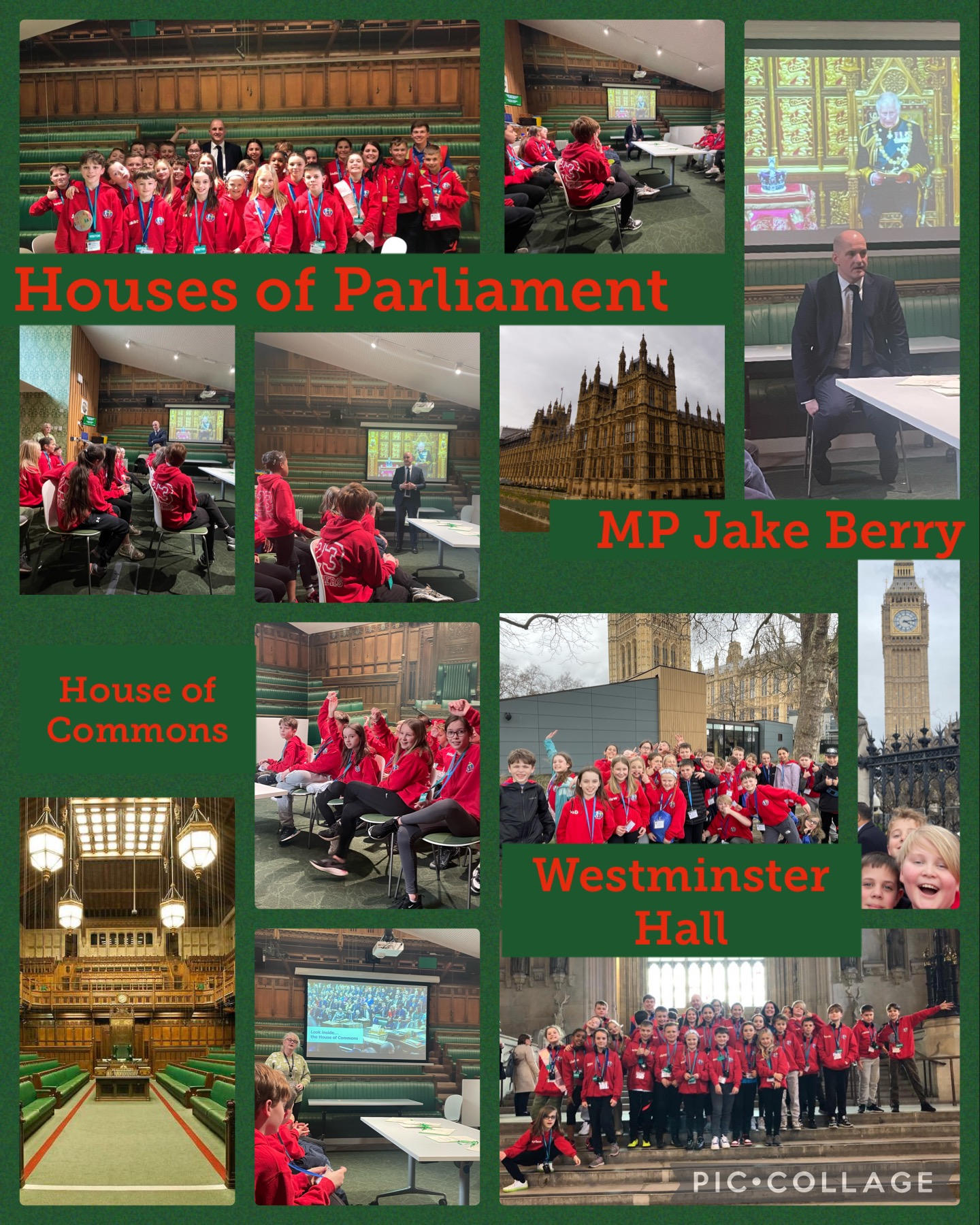
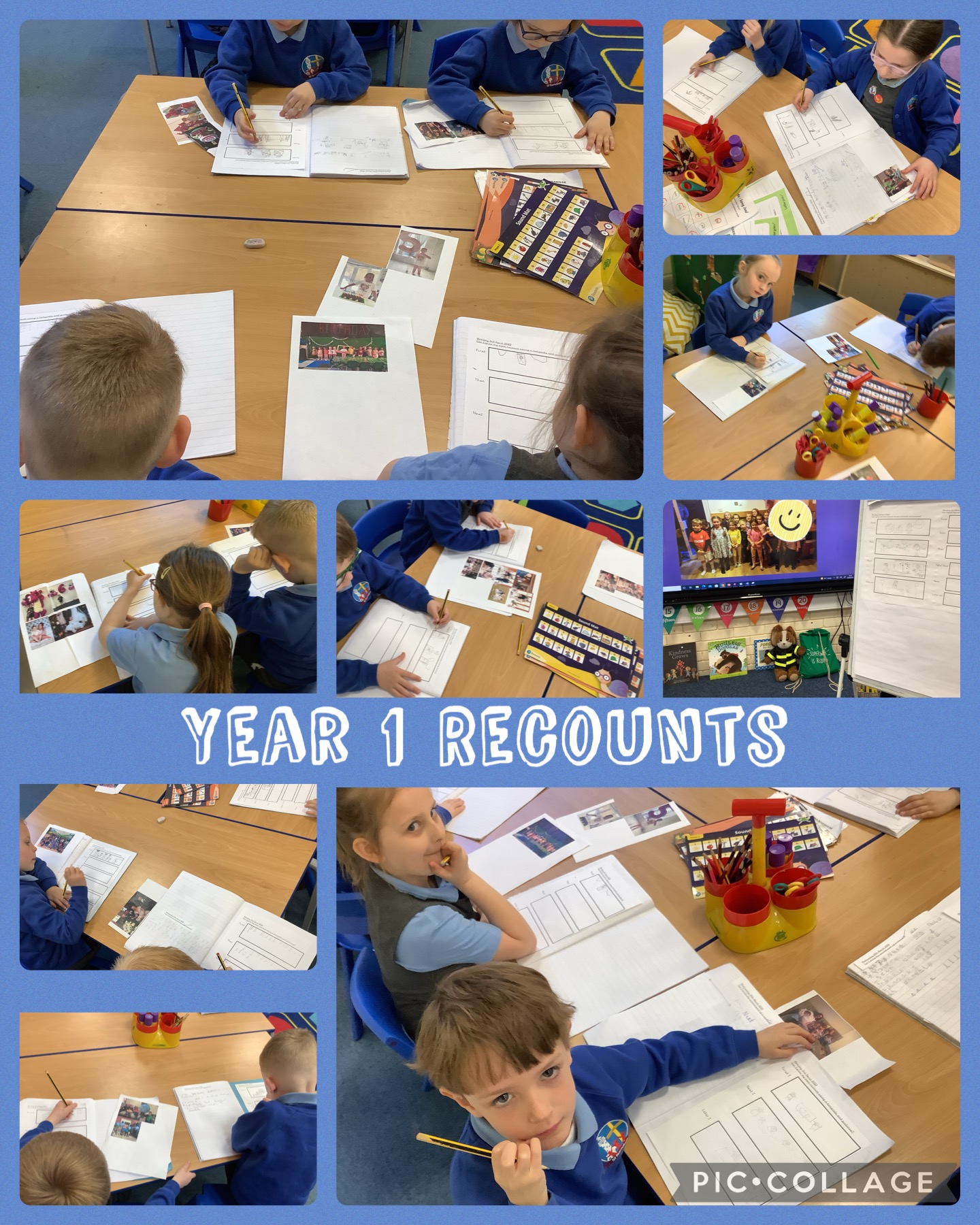
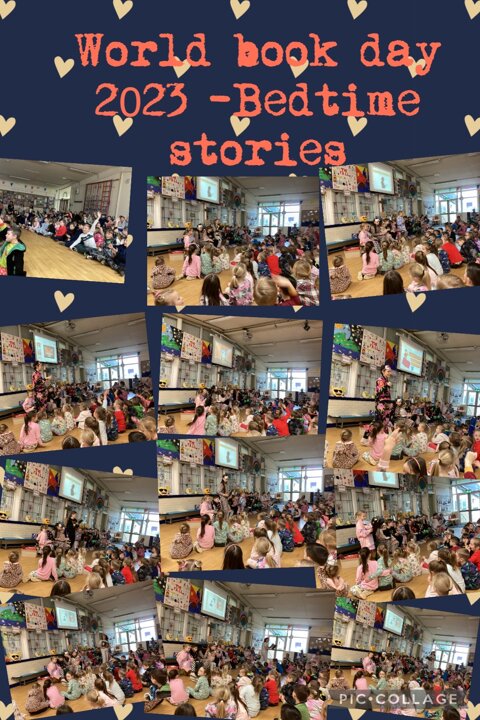







.jpg)


























































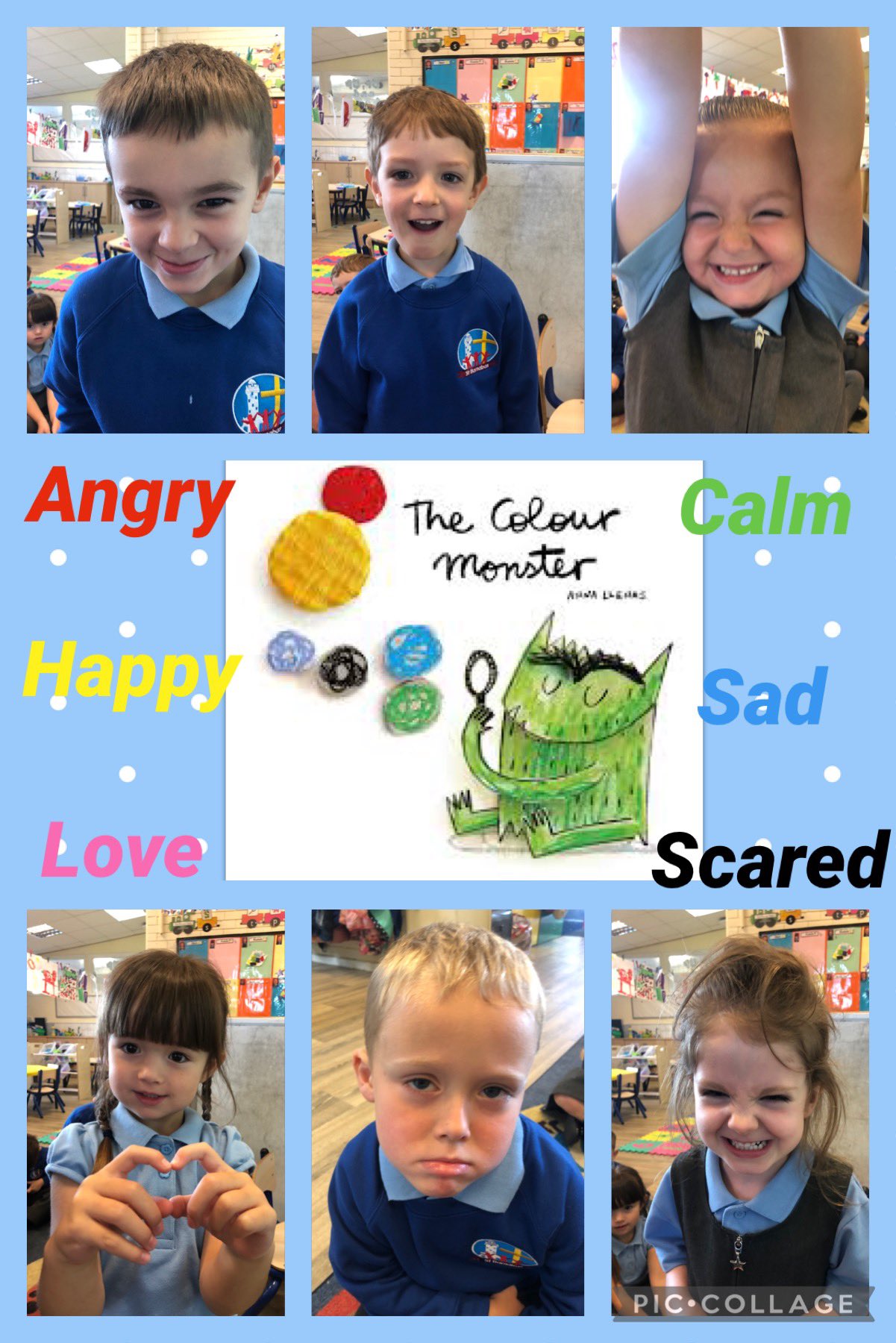
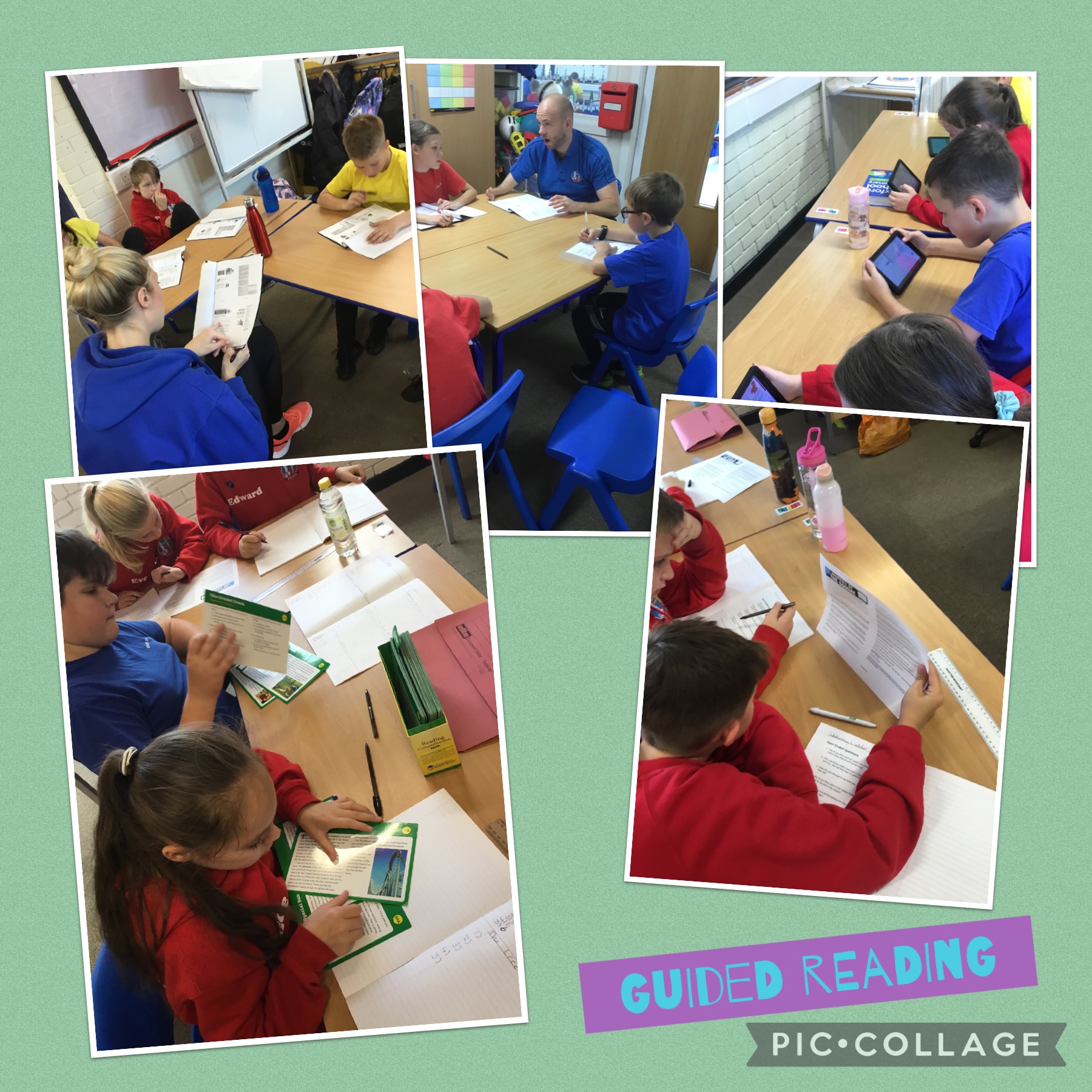
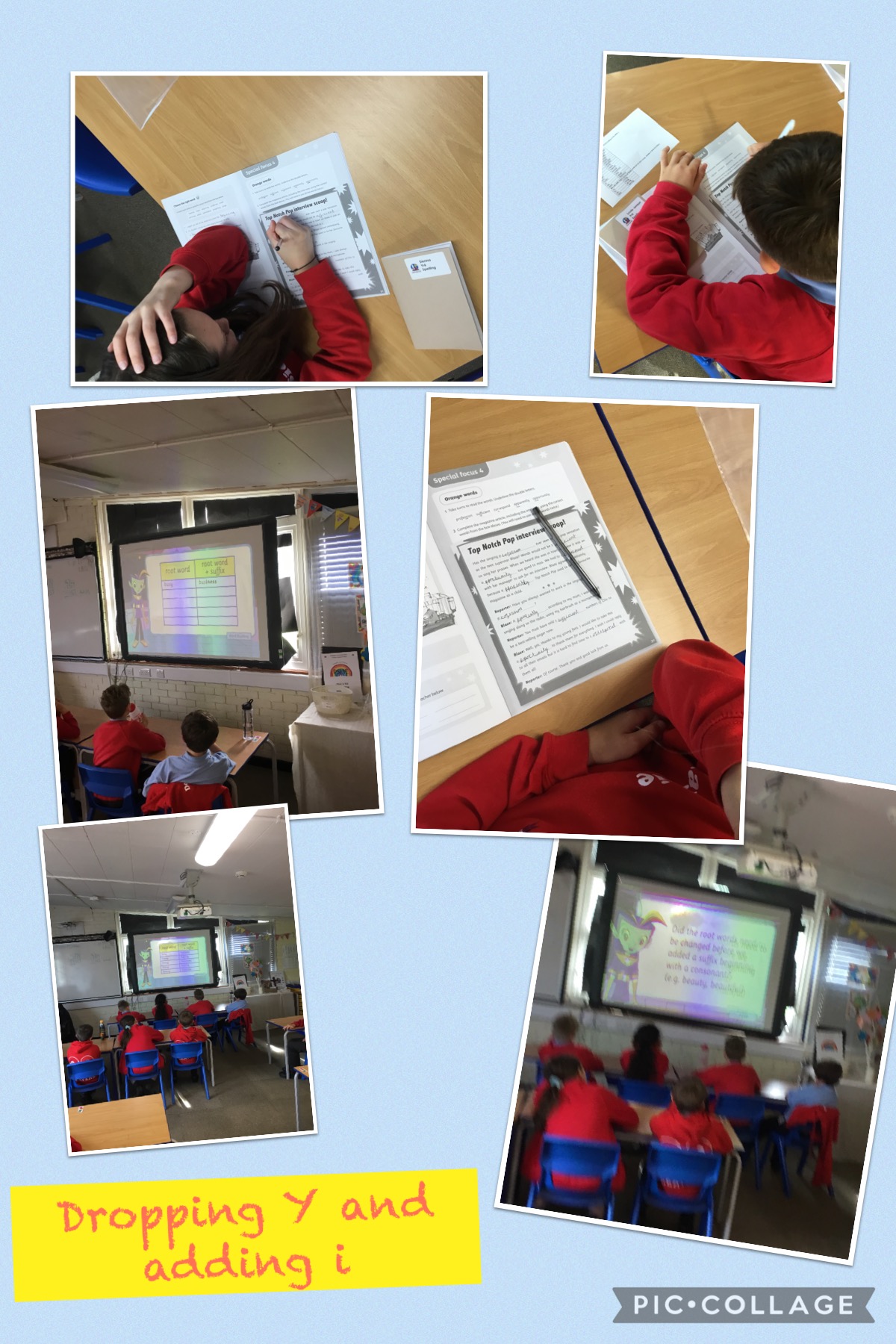
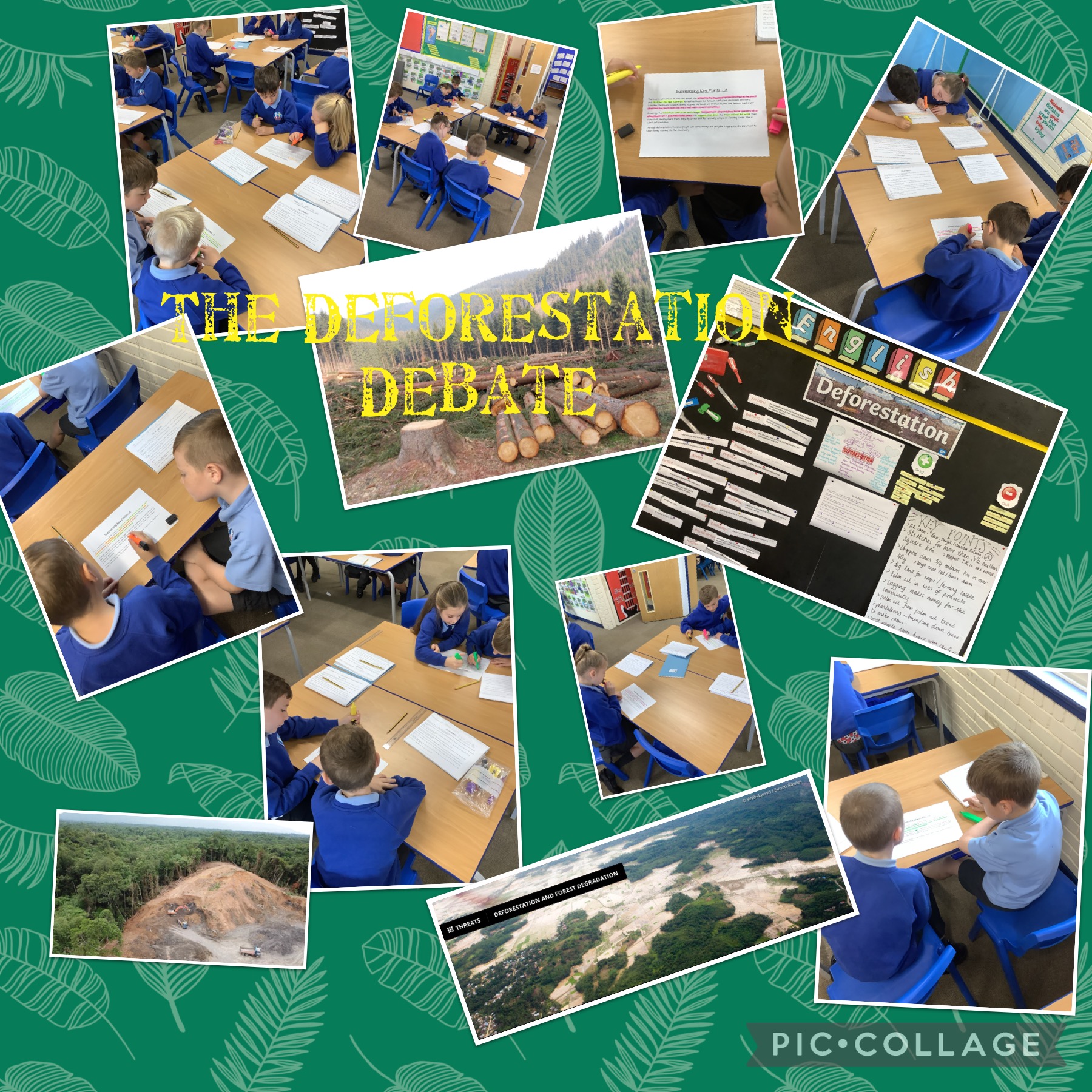
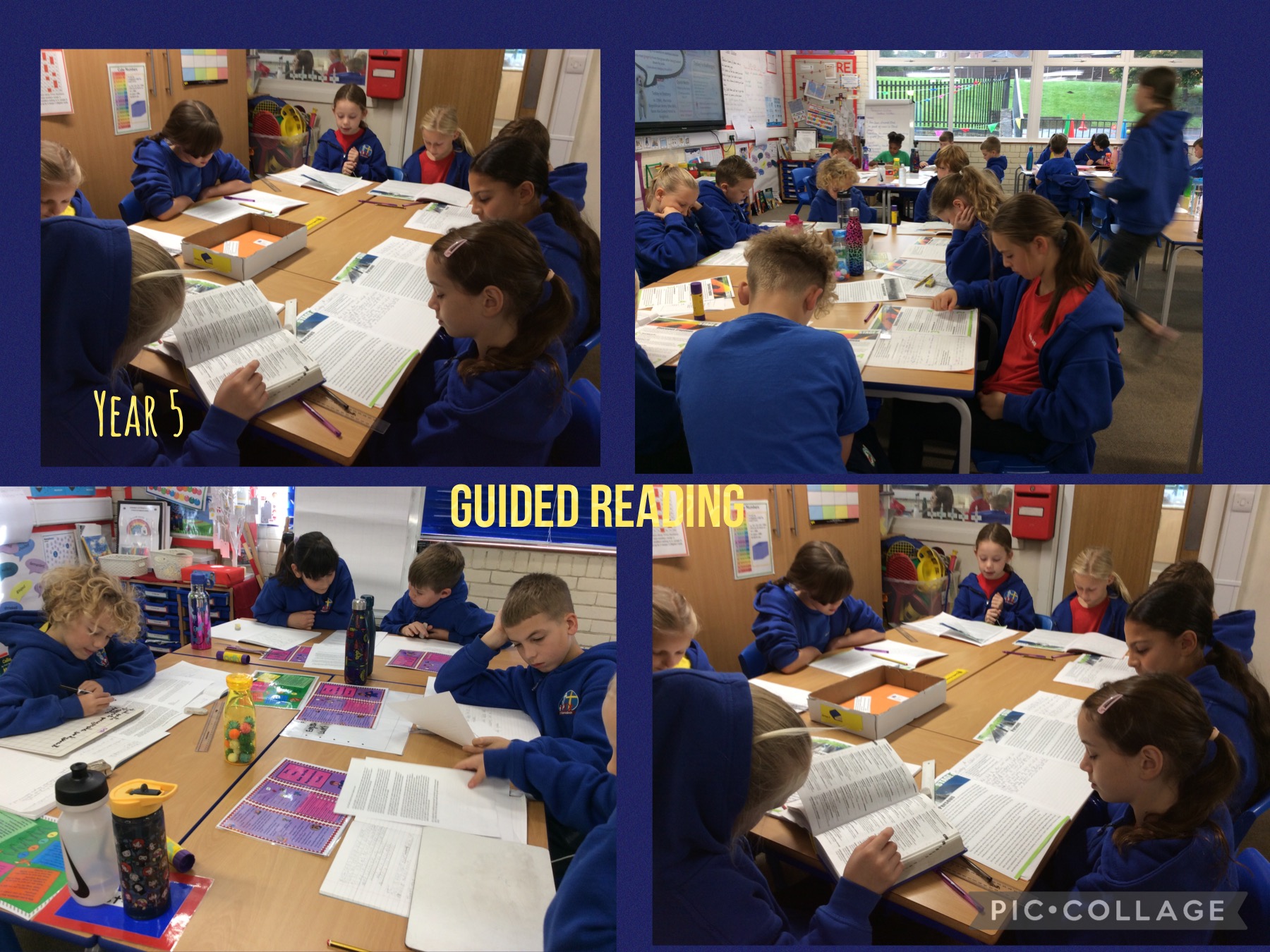
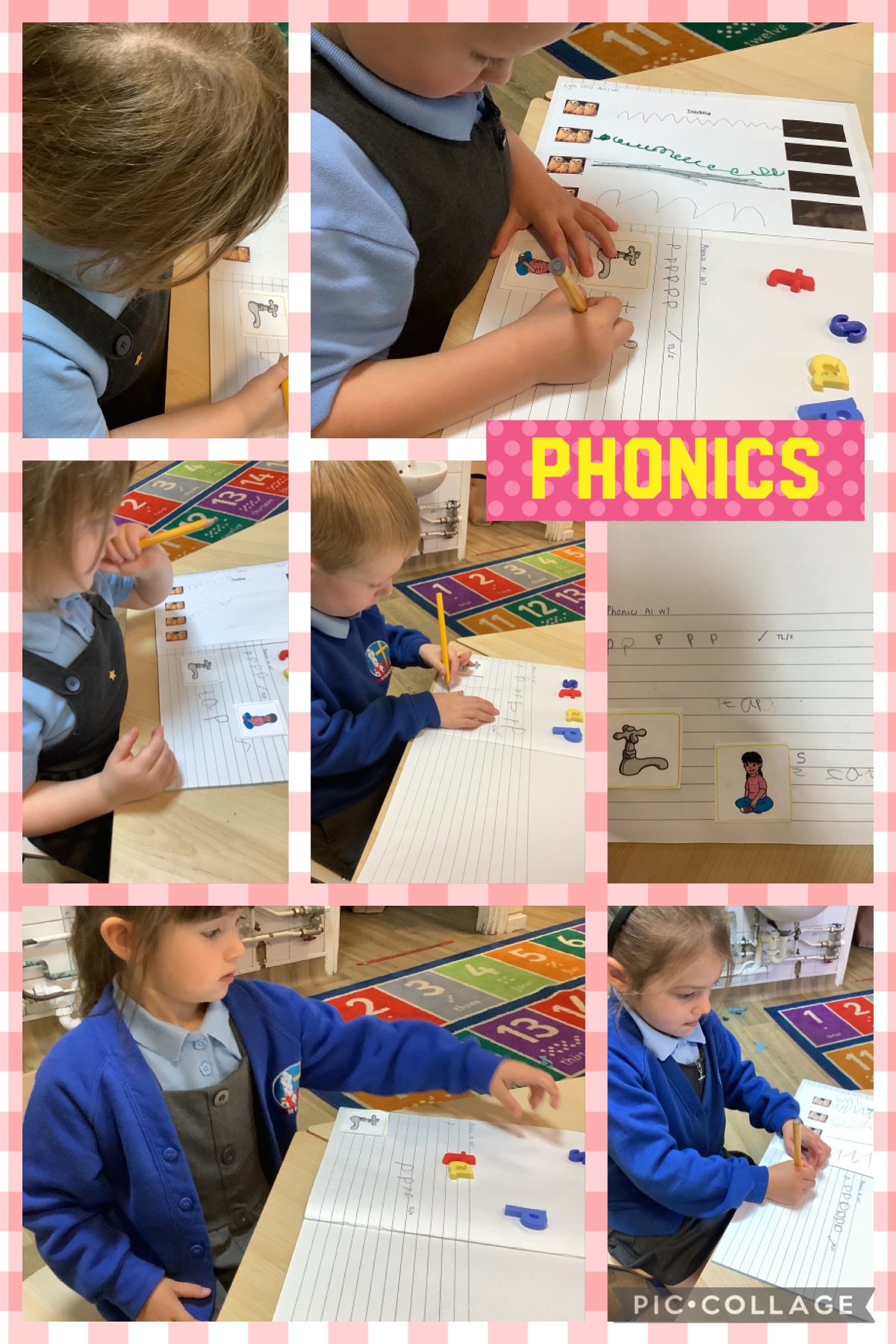
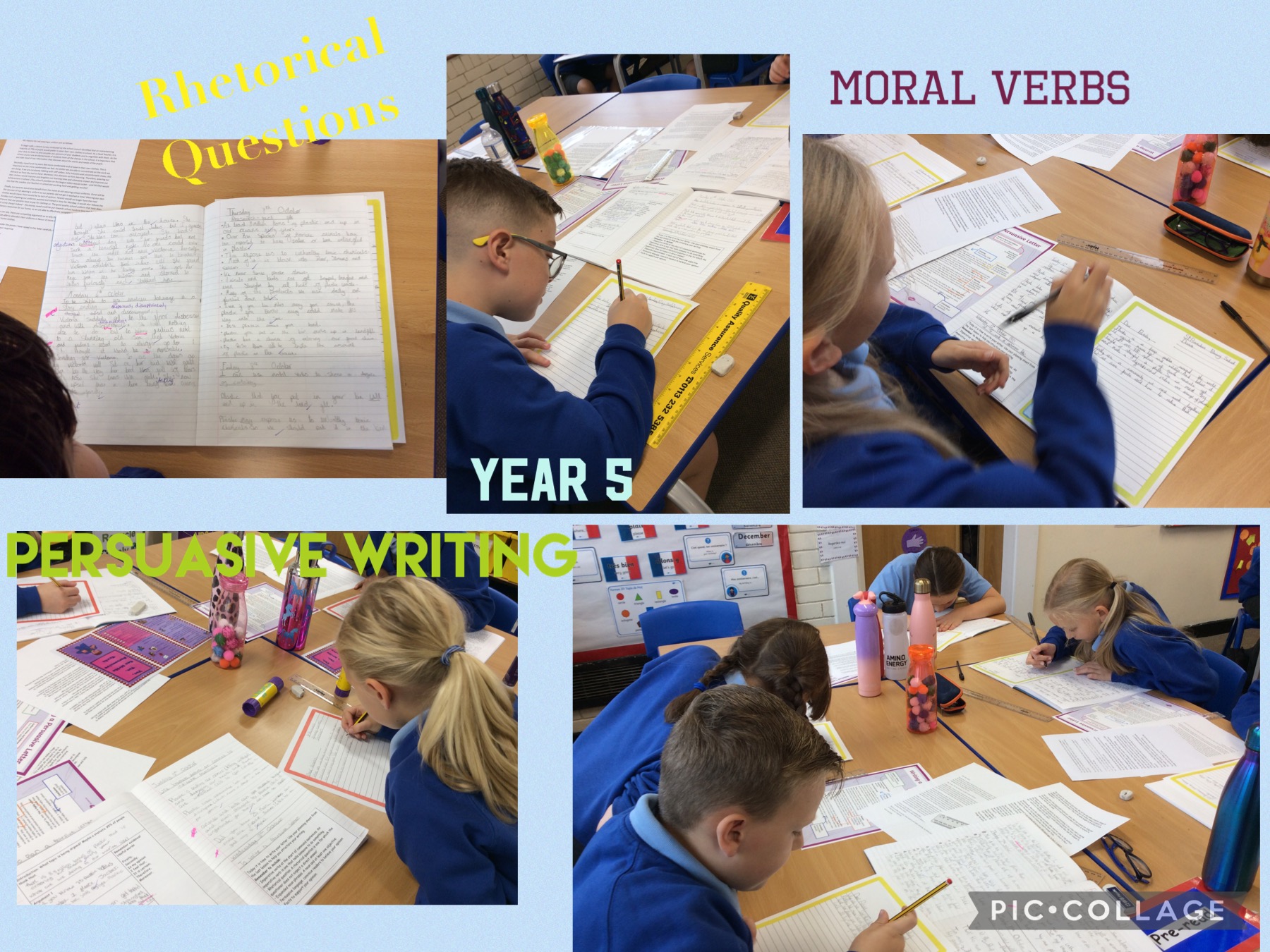
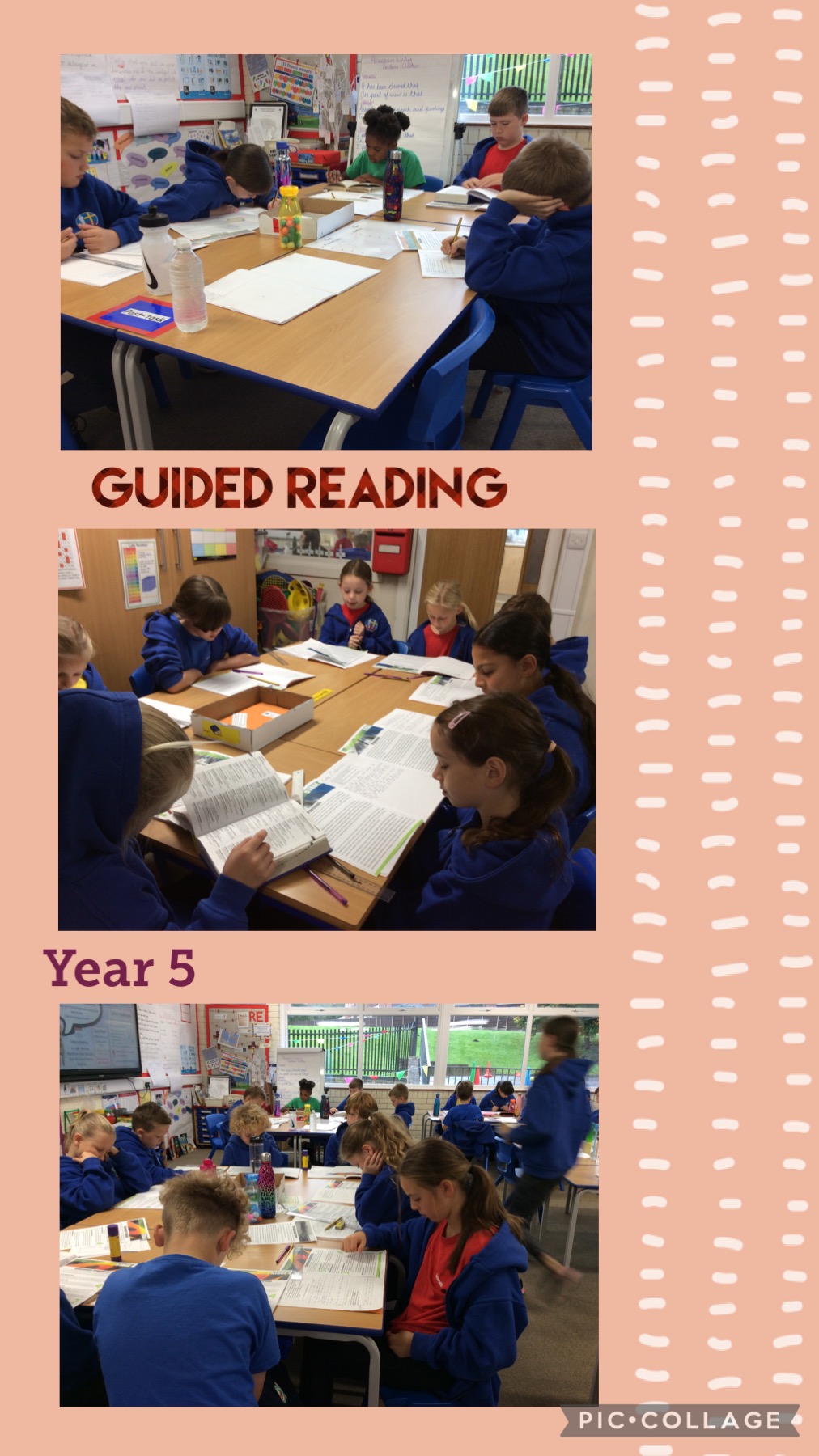
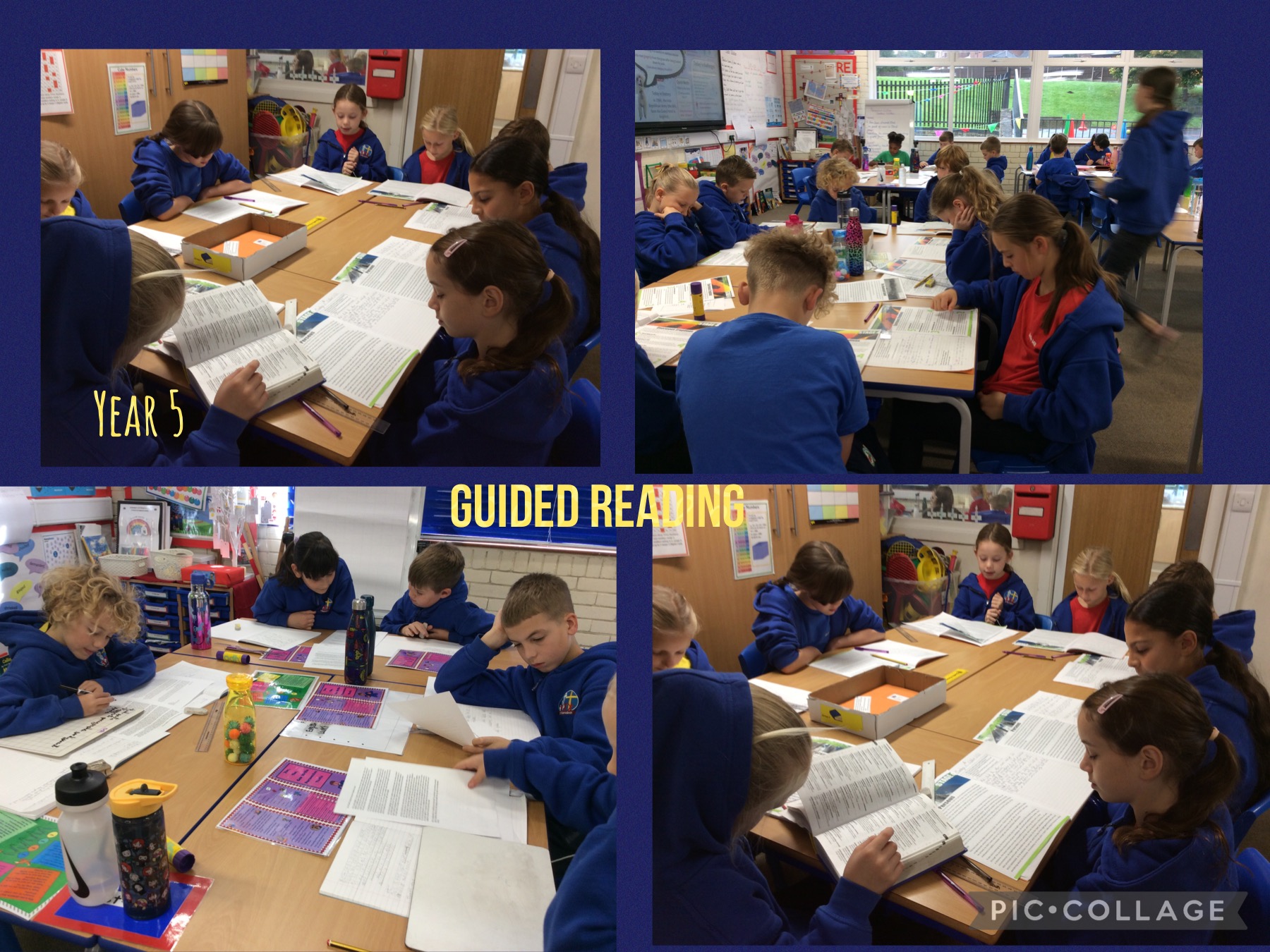
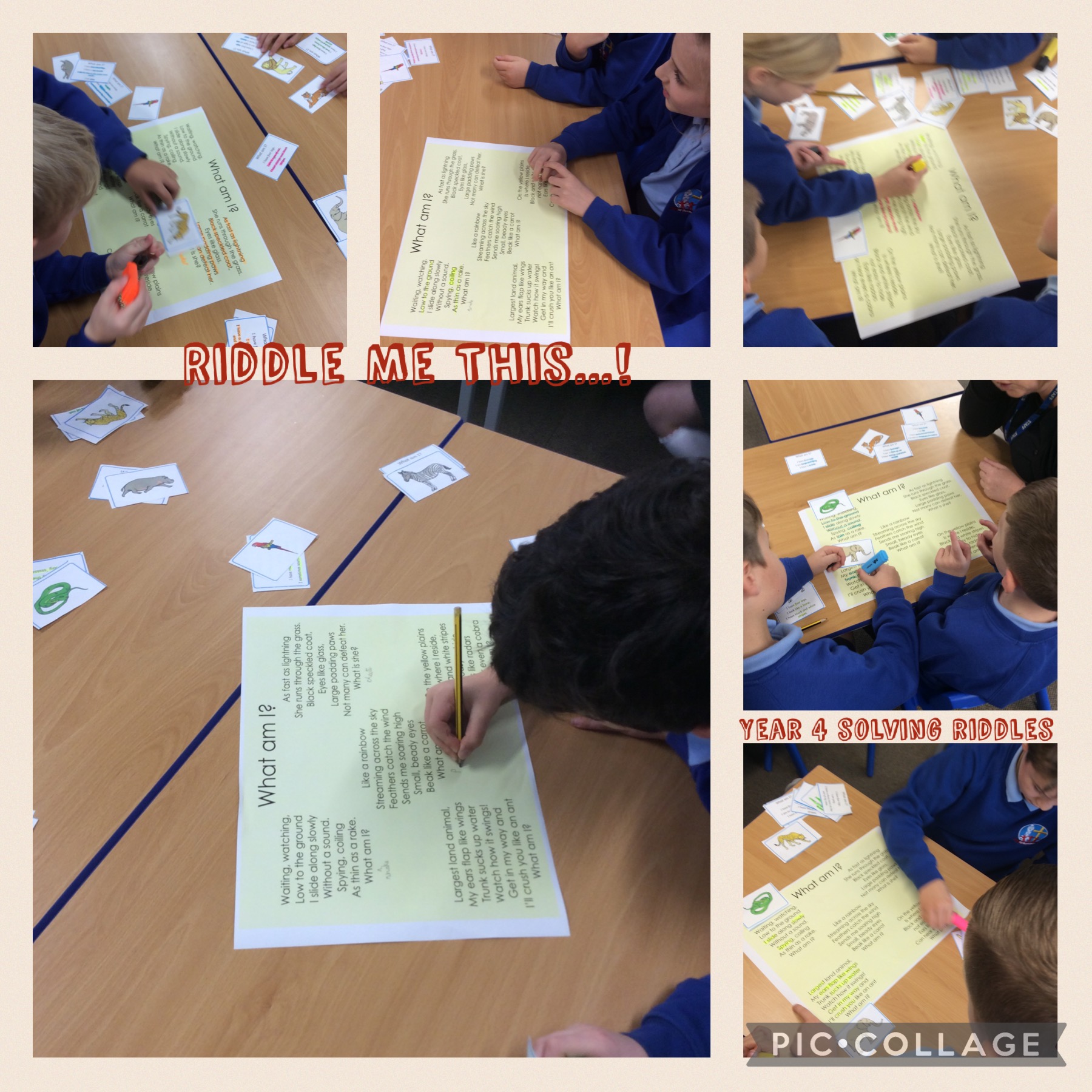
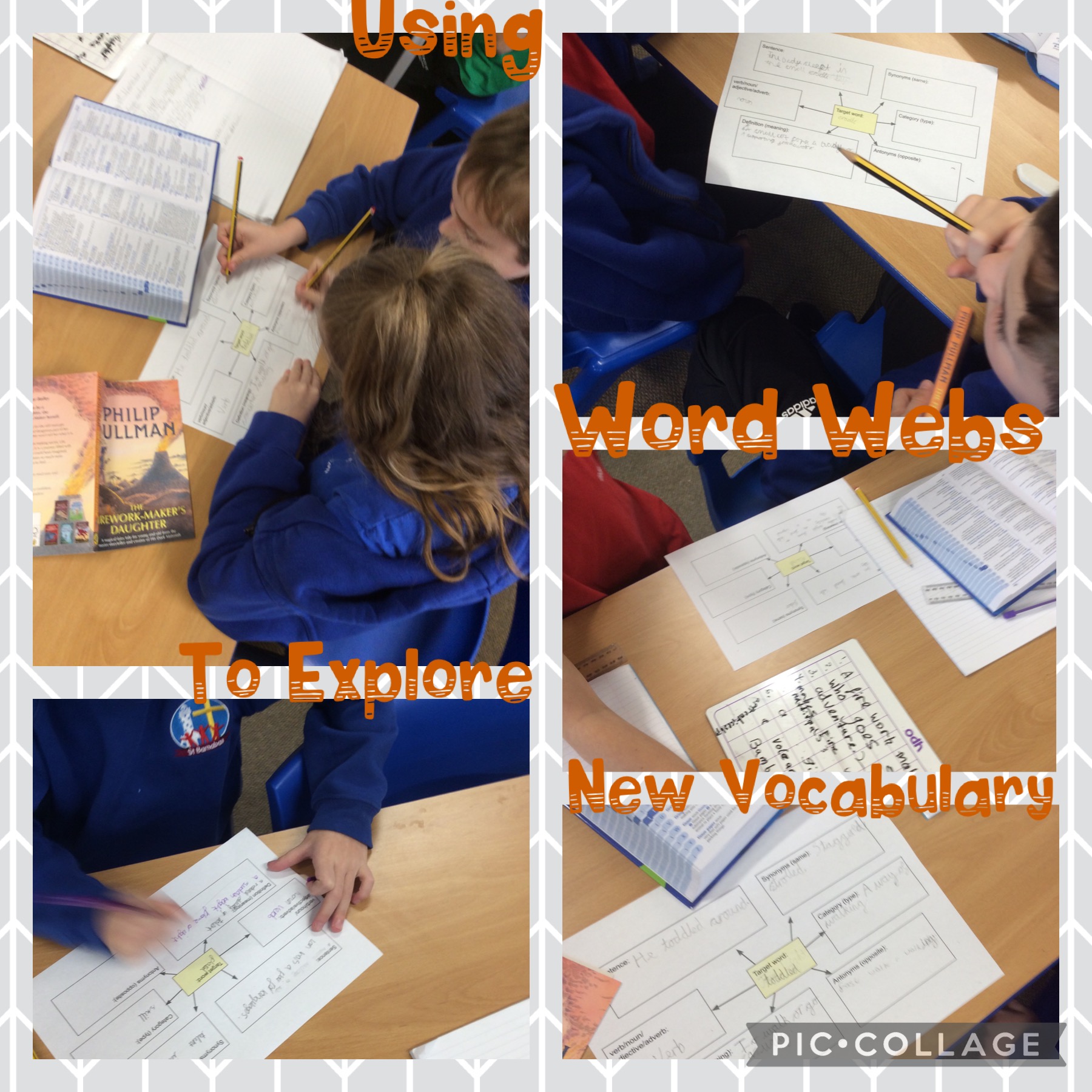
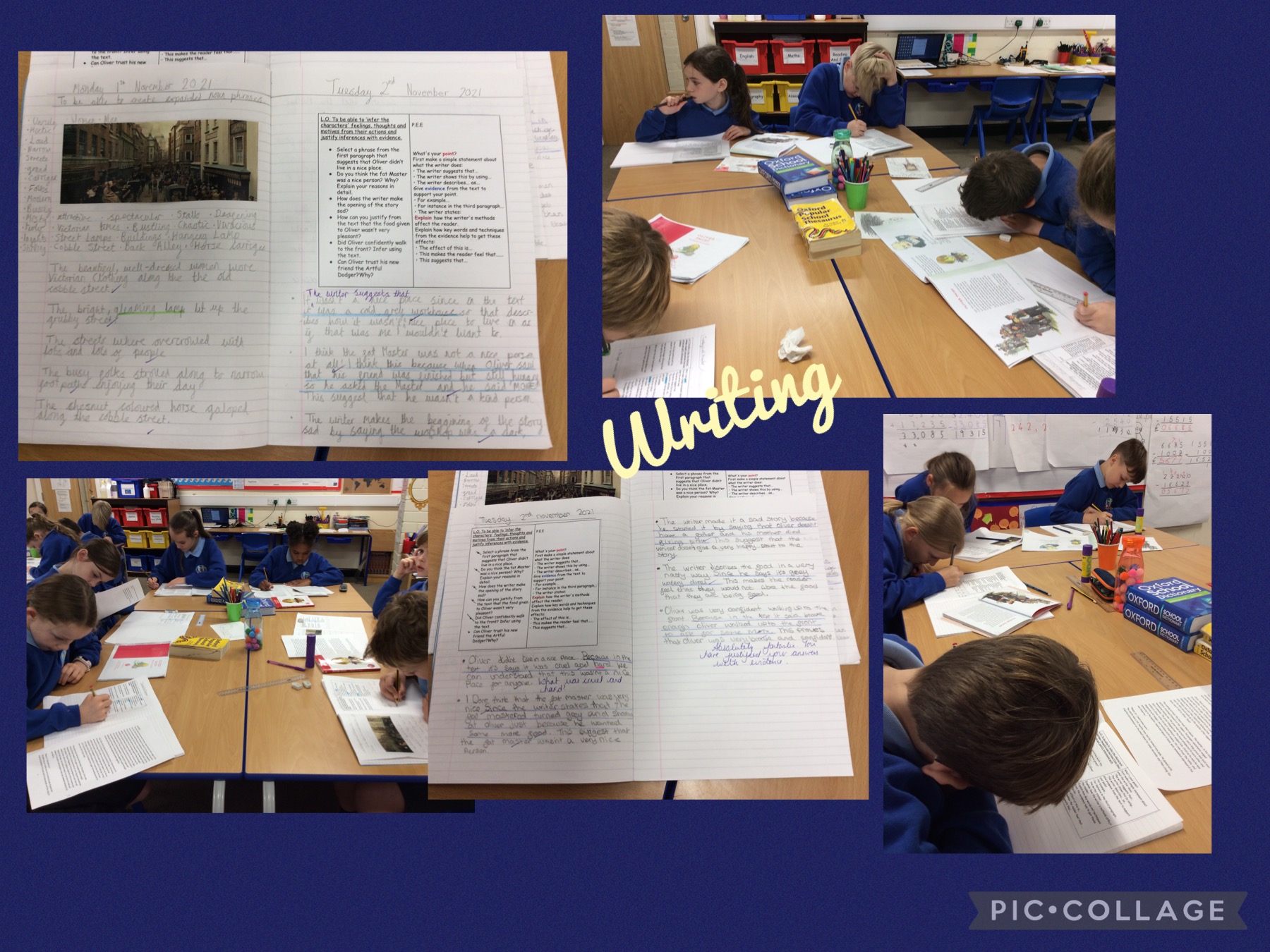
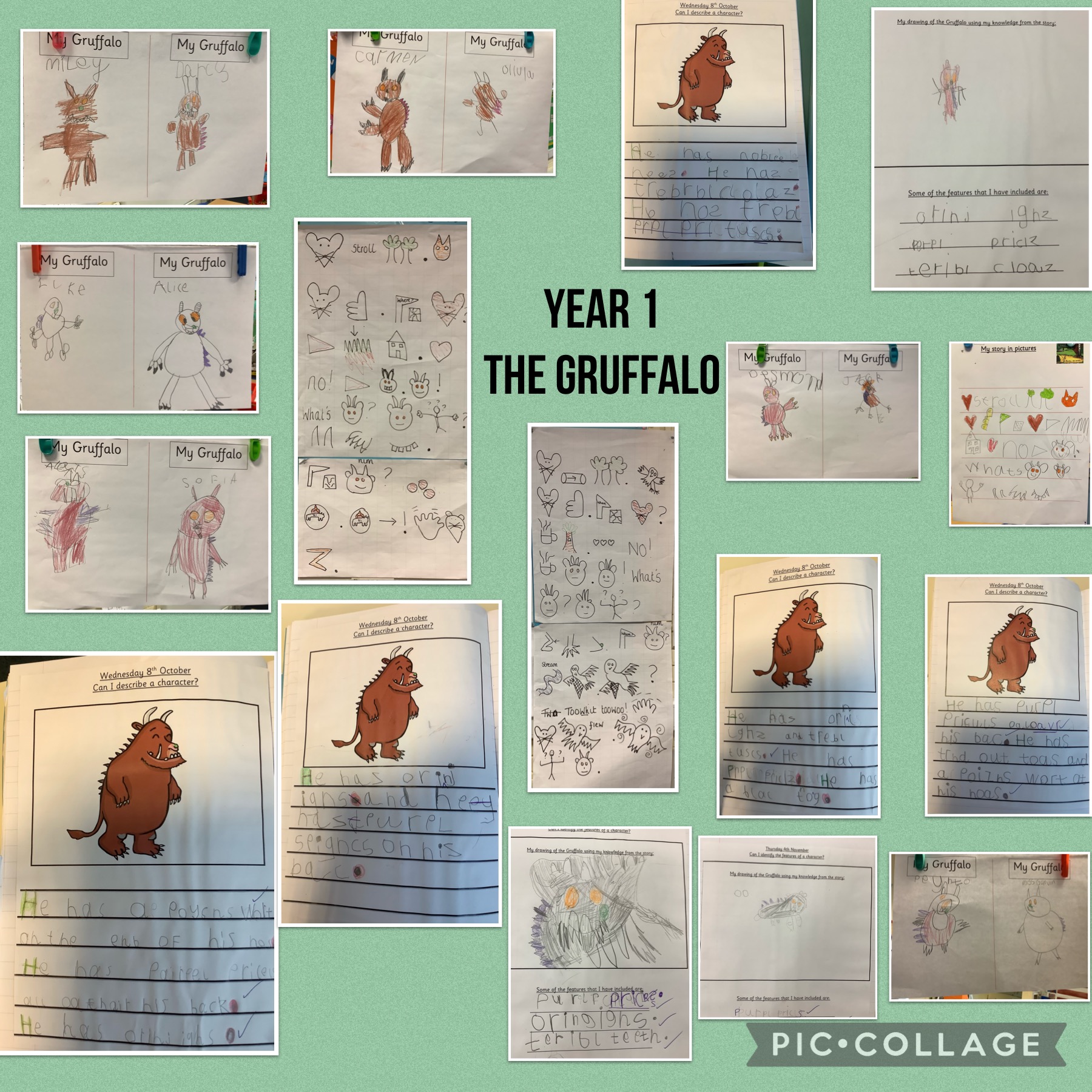
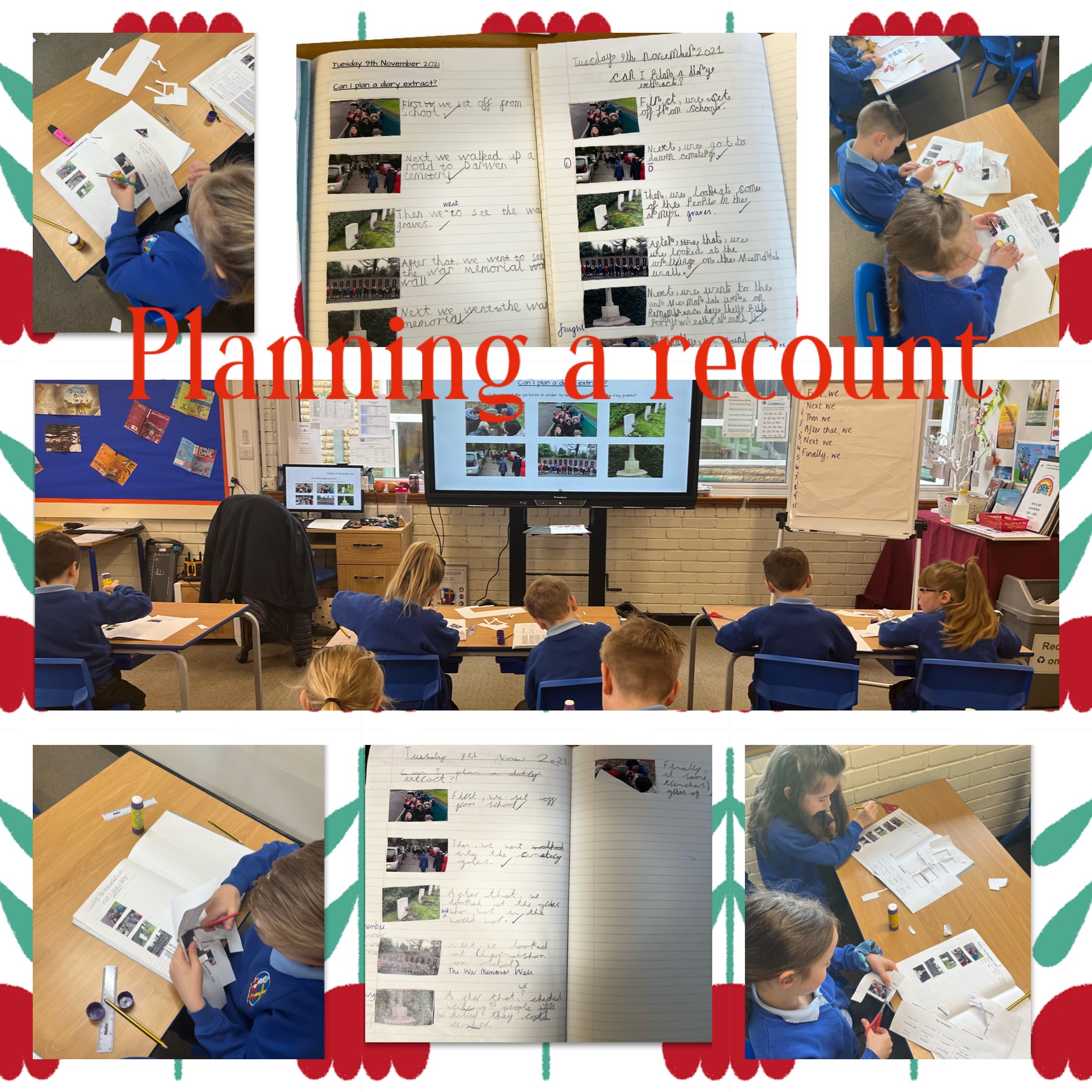
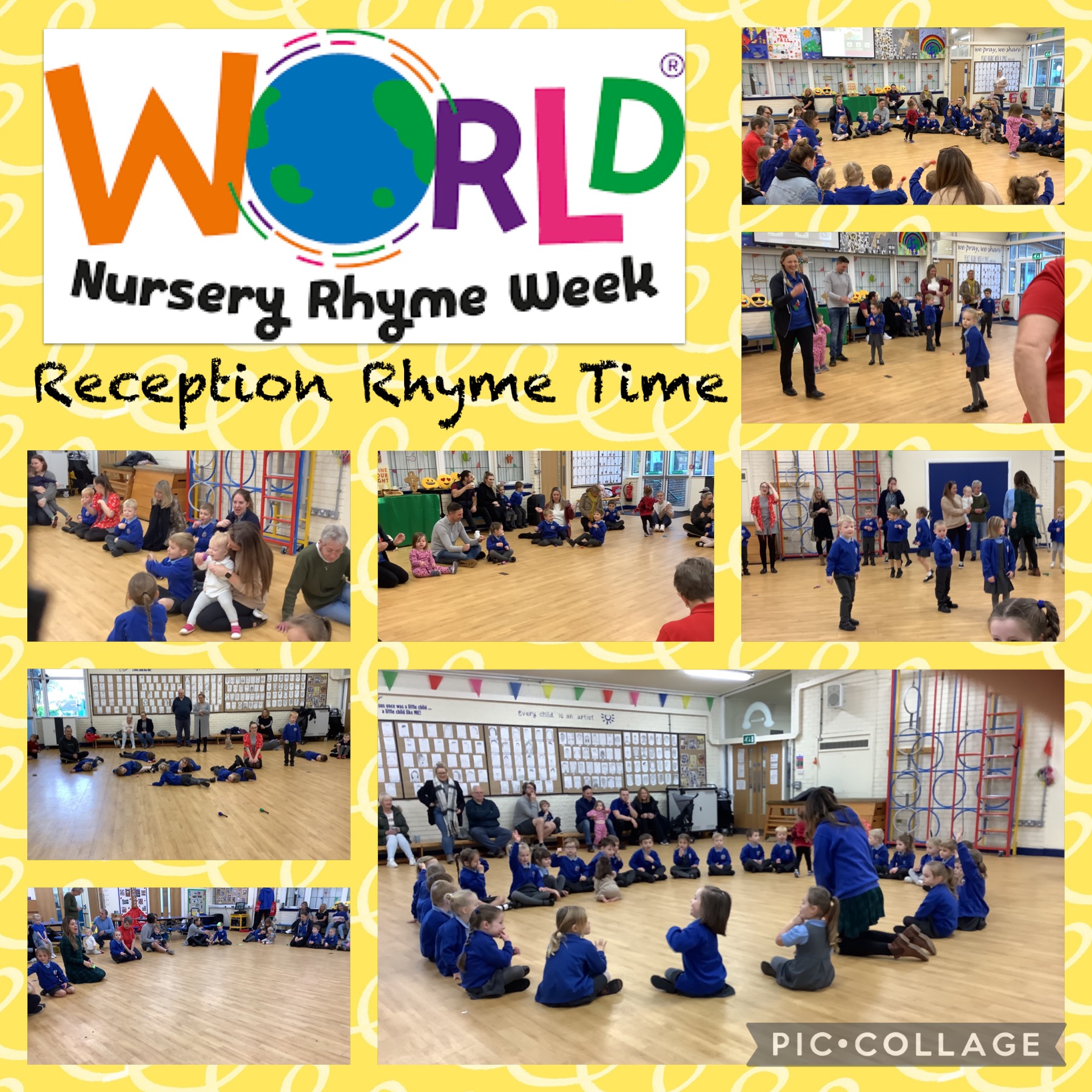
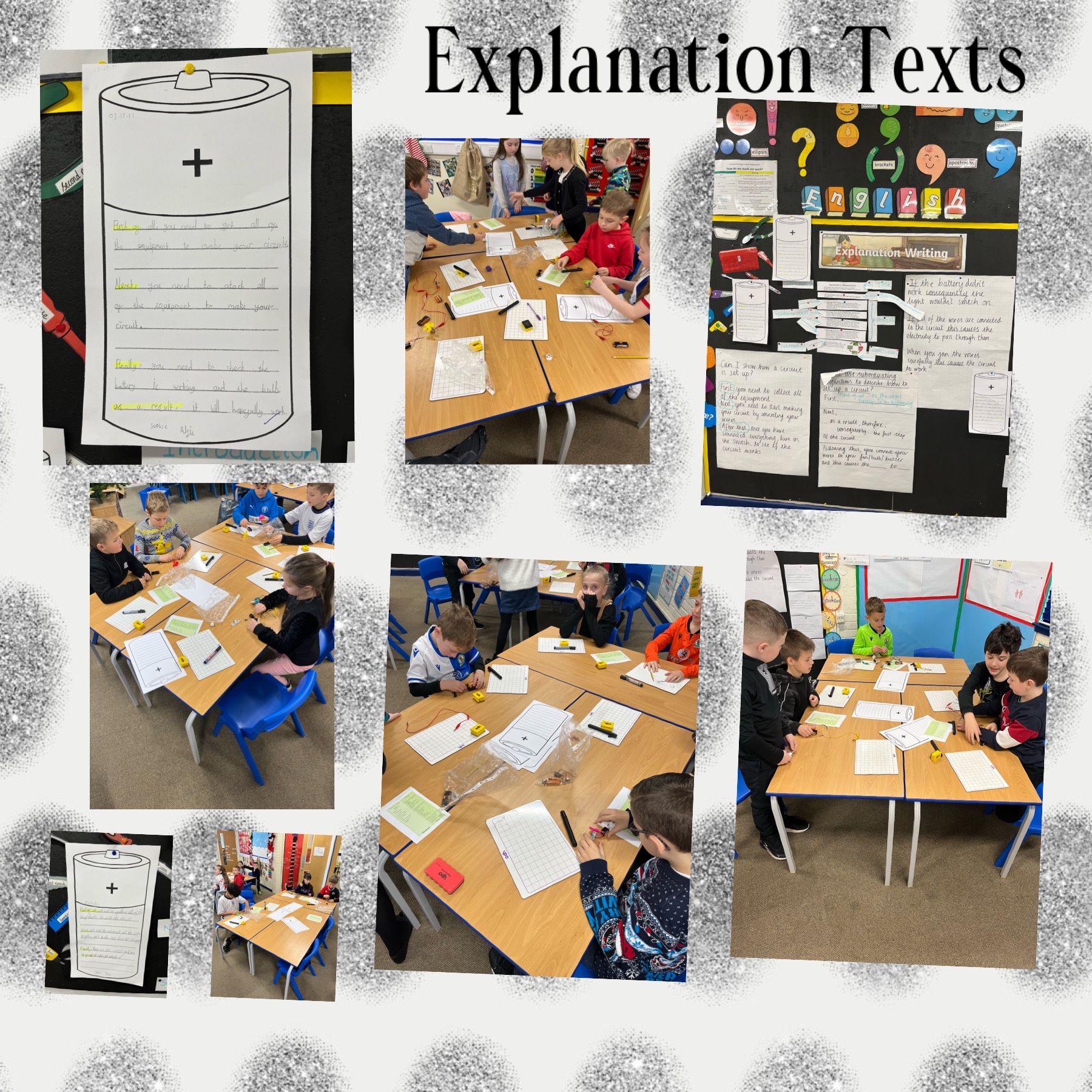
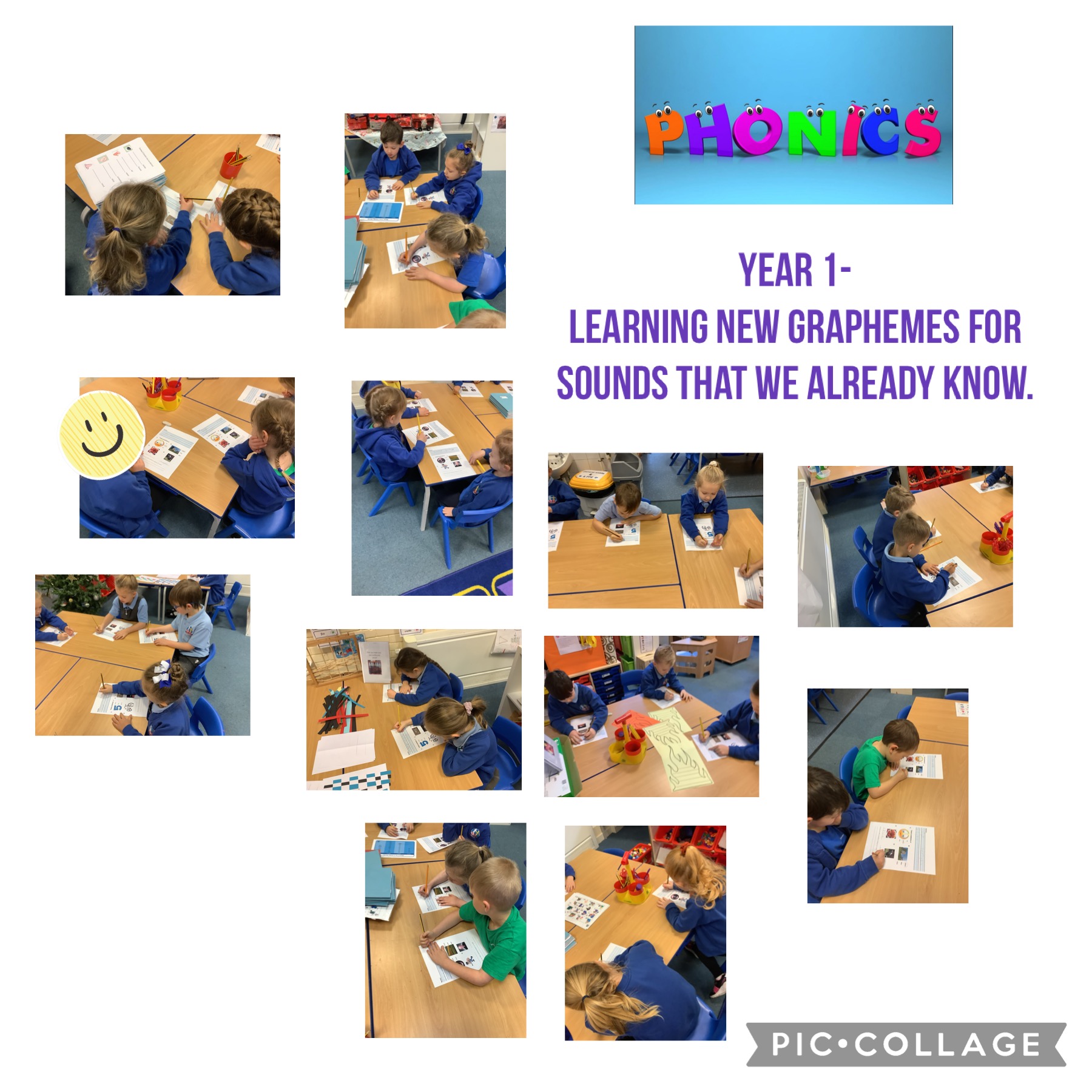
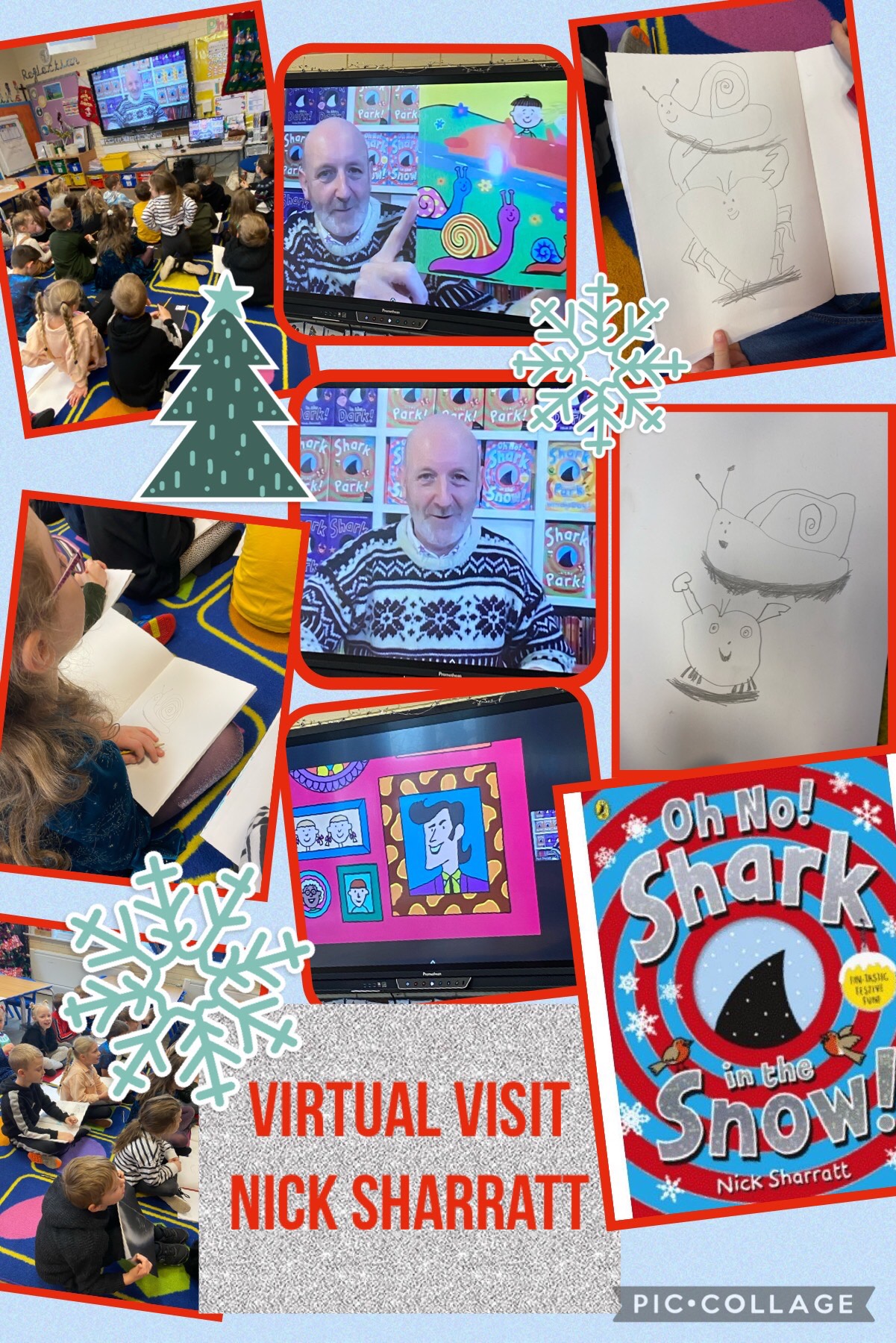
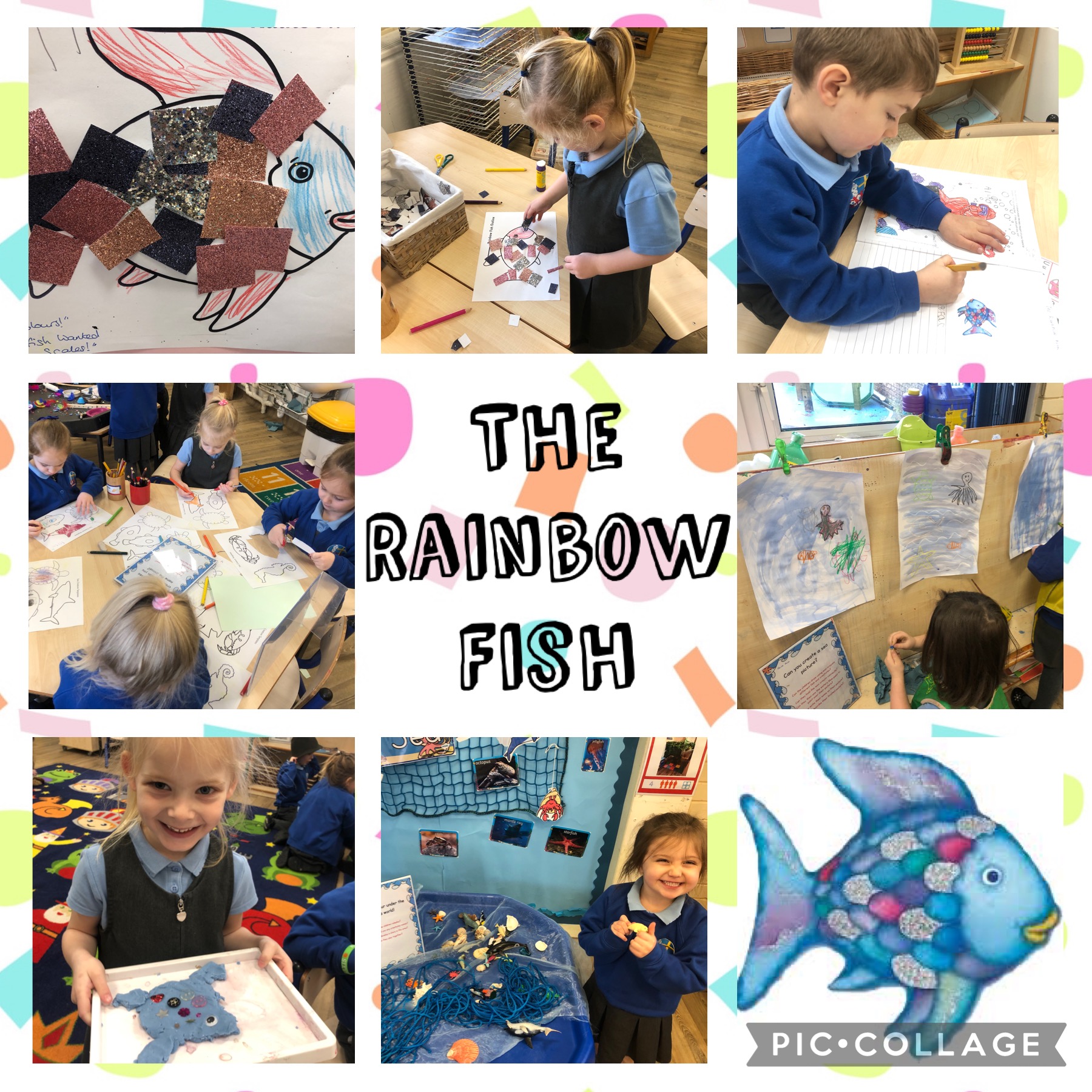
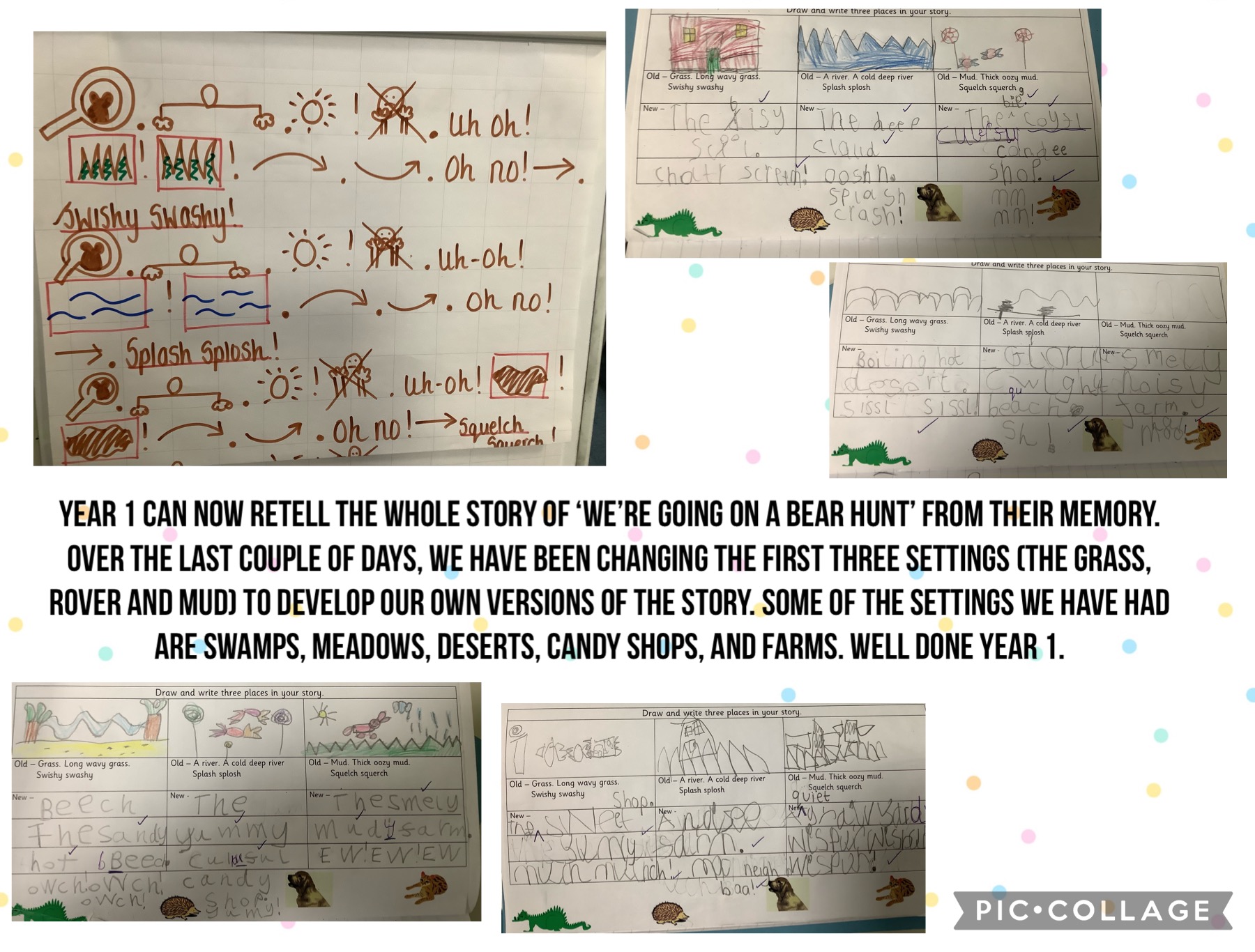
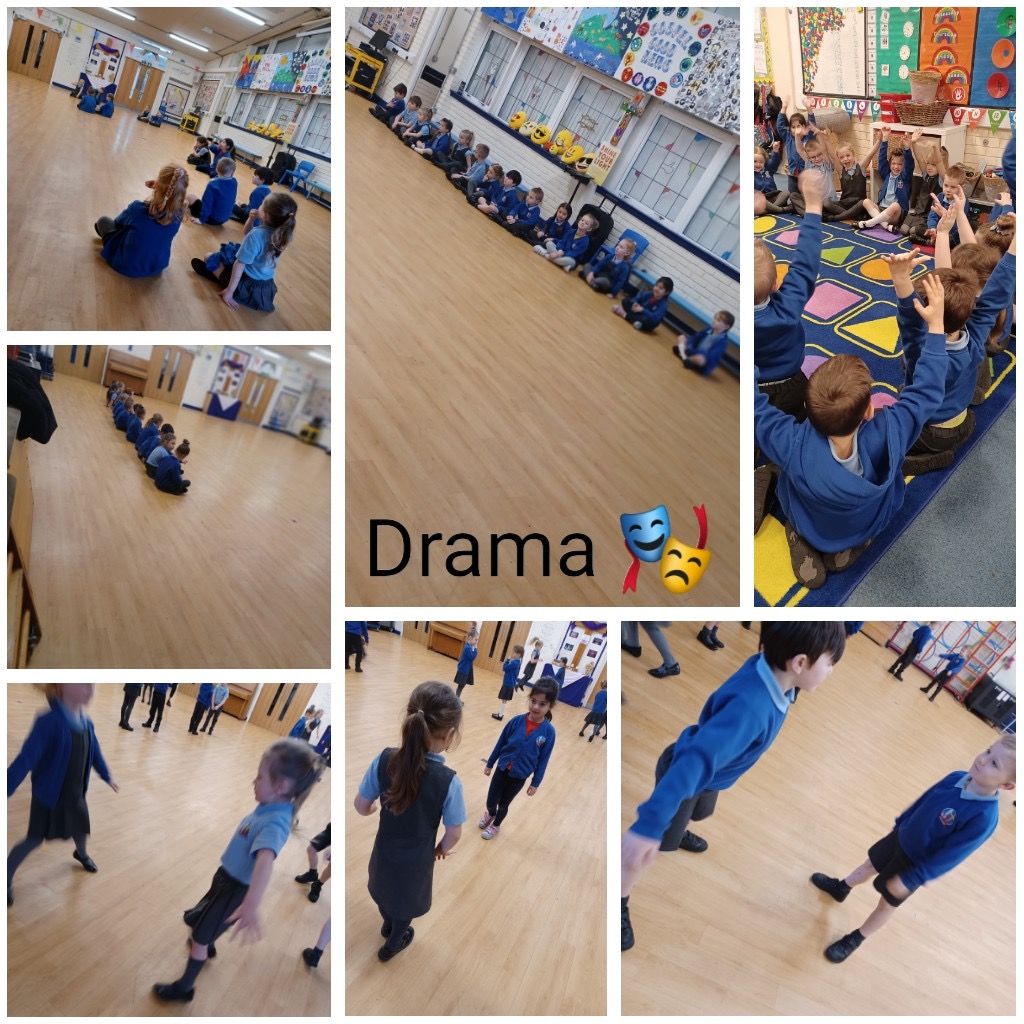

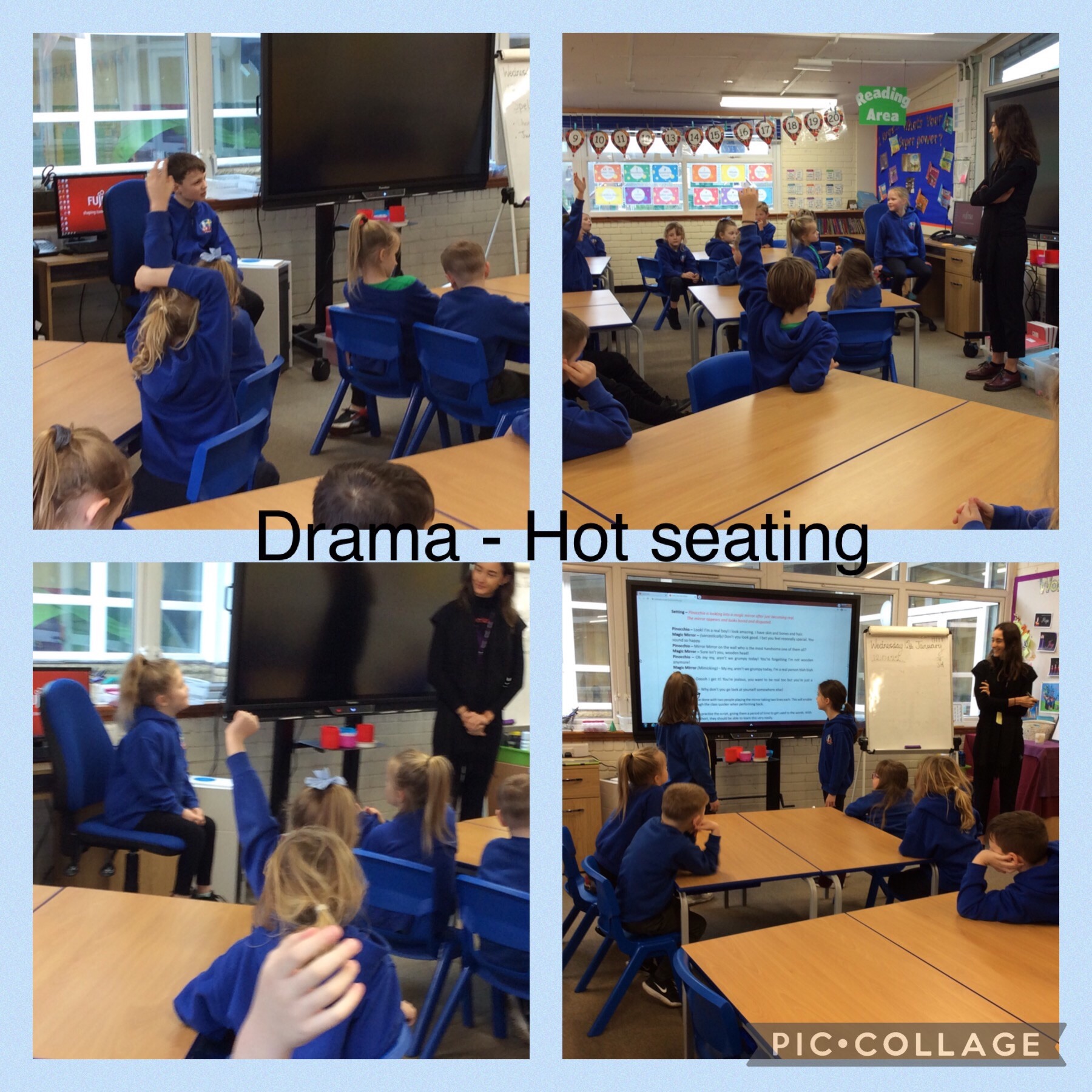
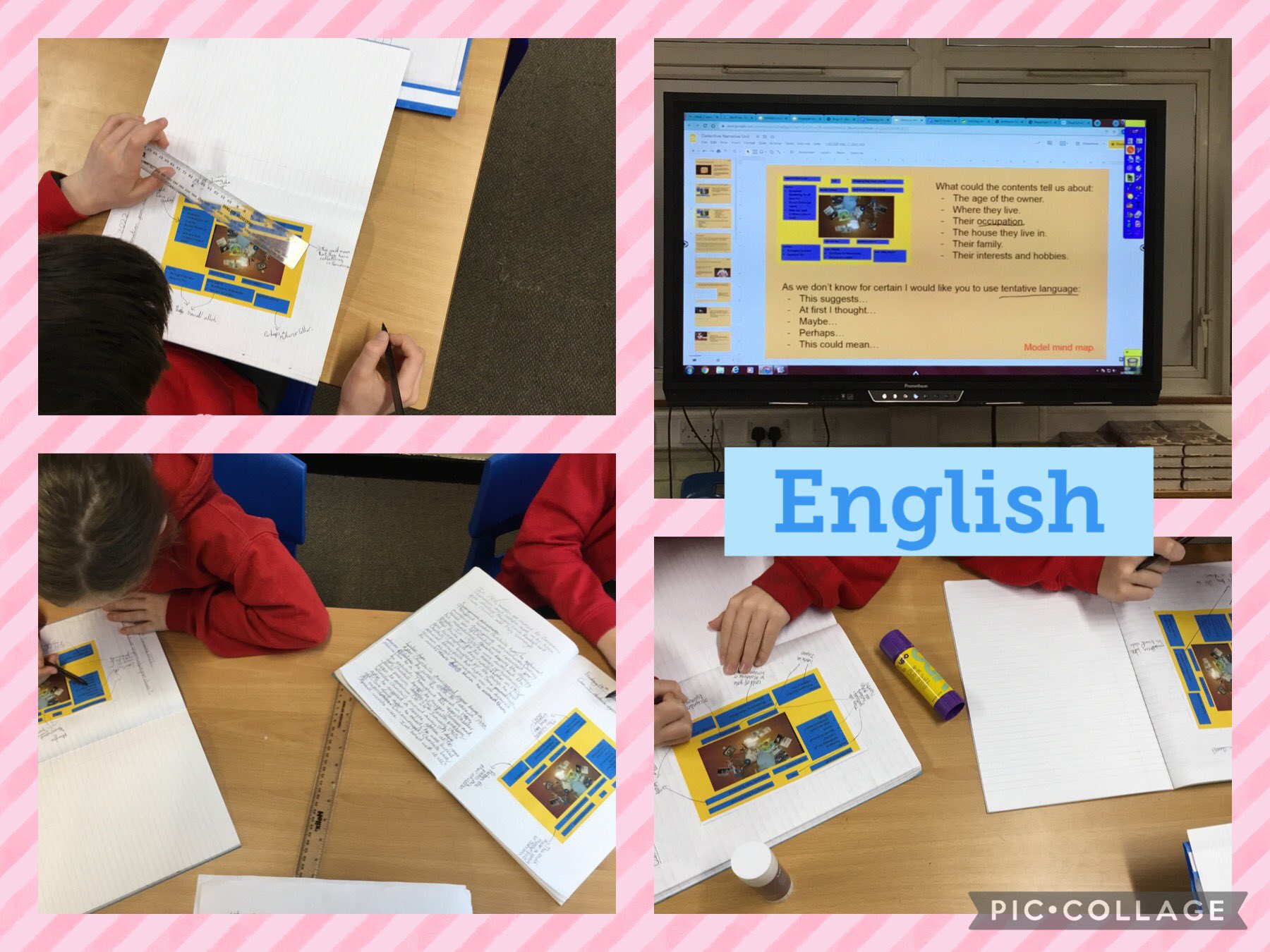
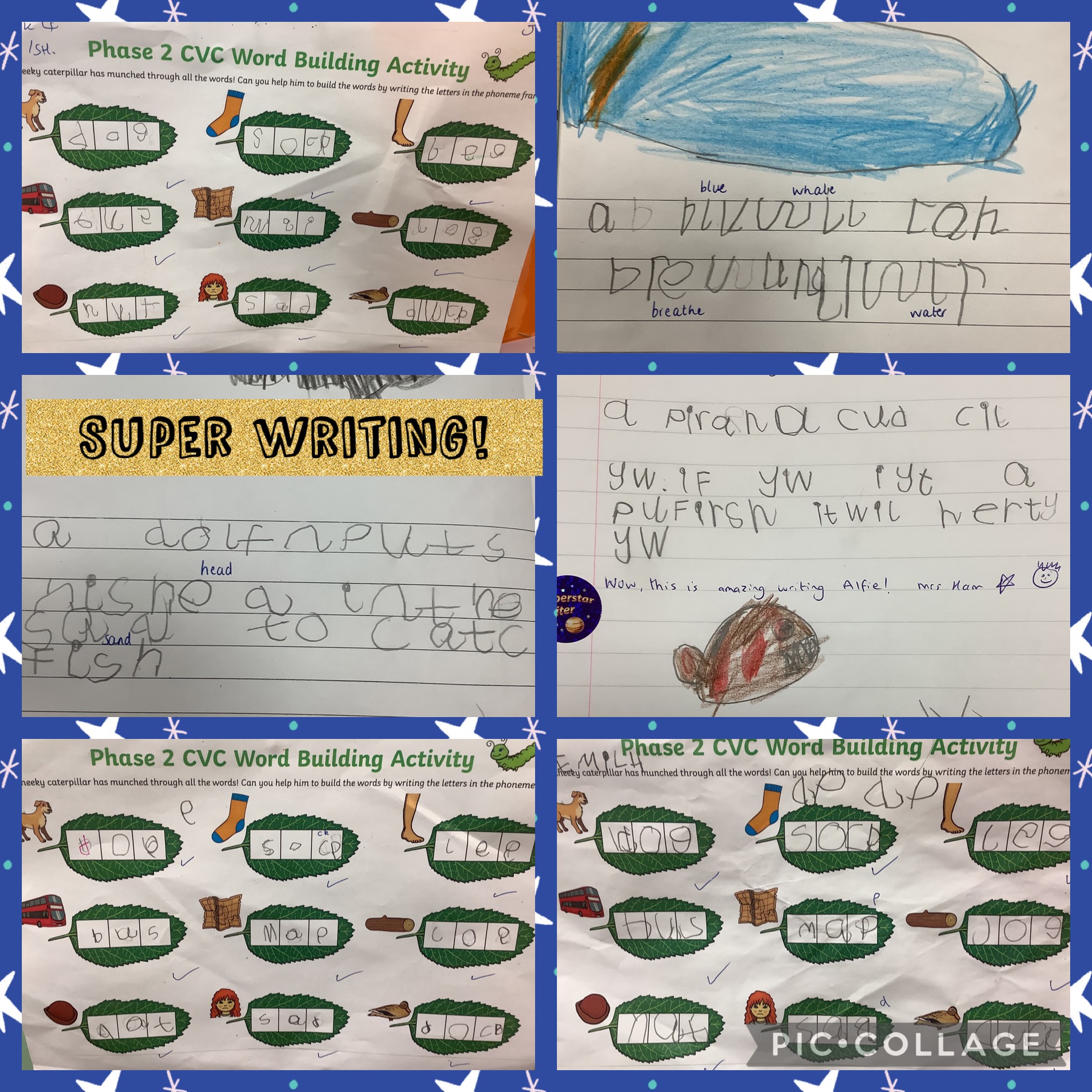
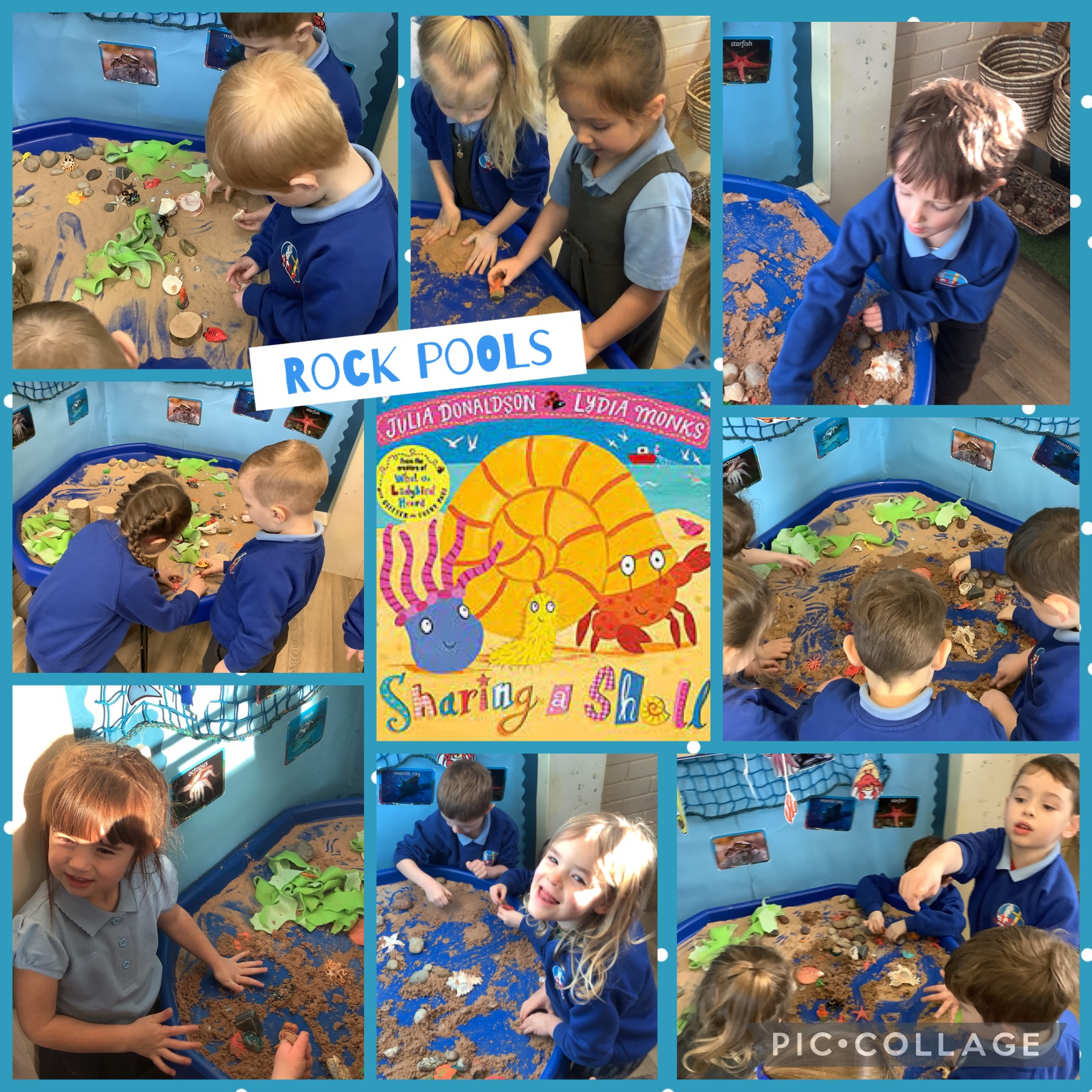
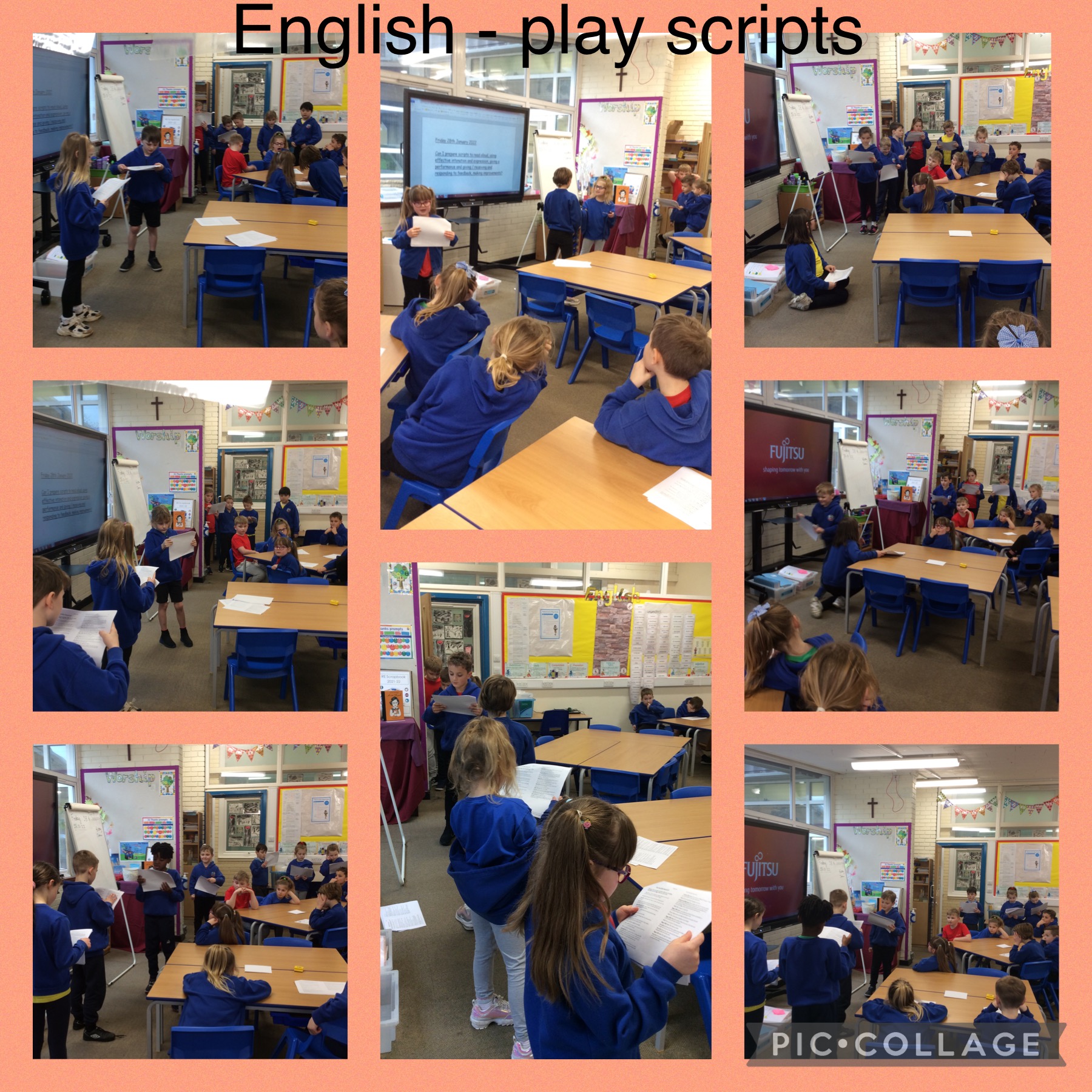
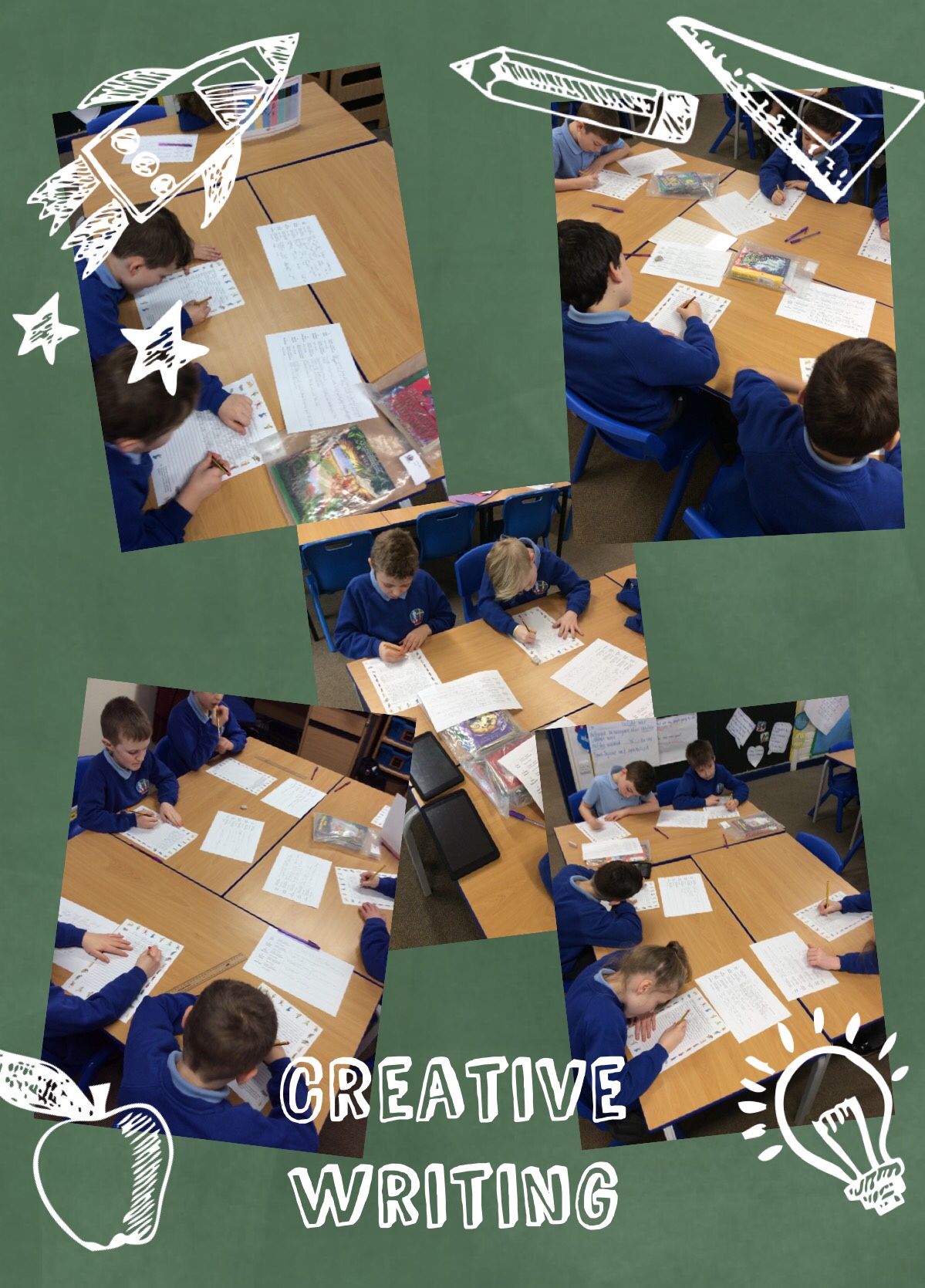
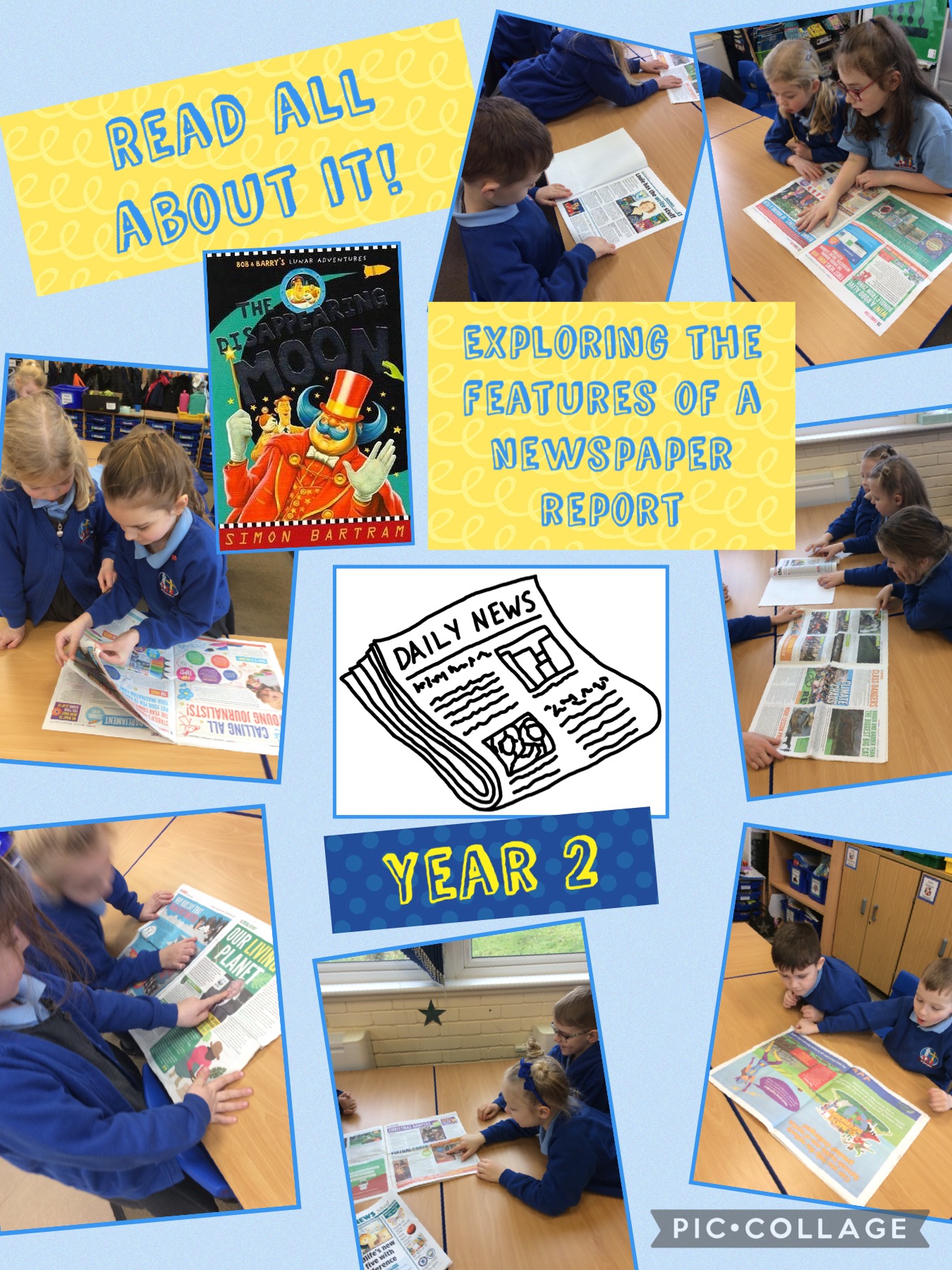
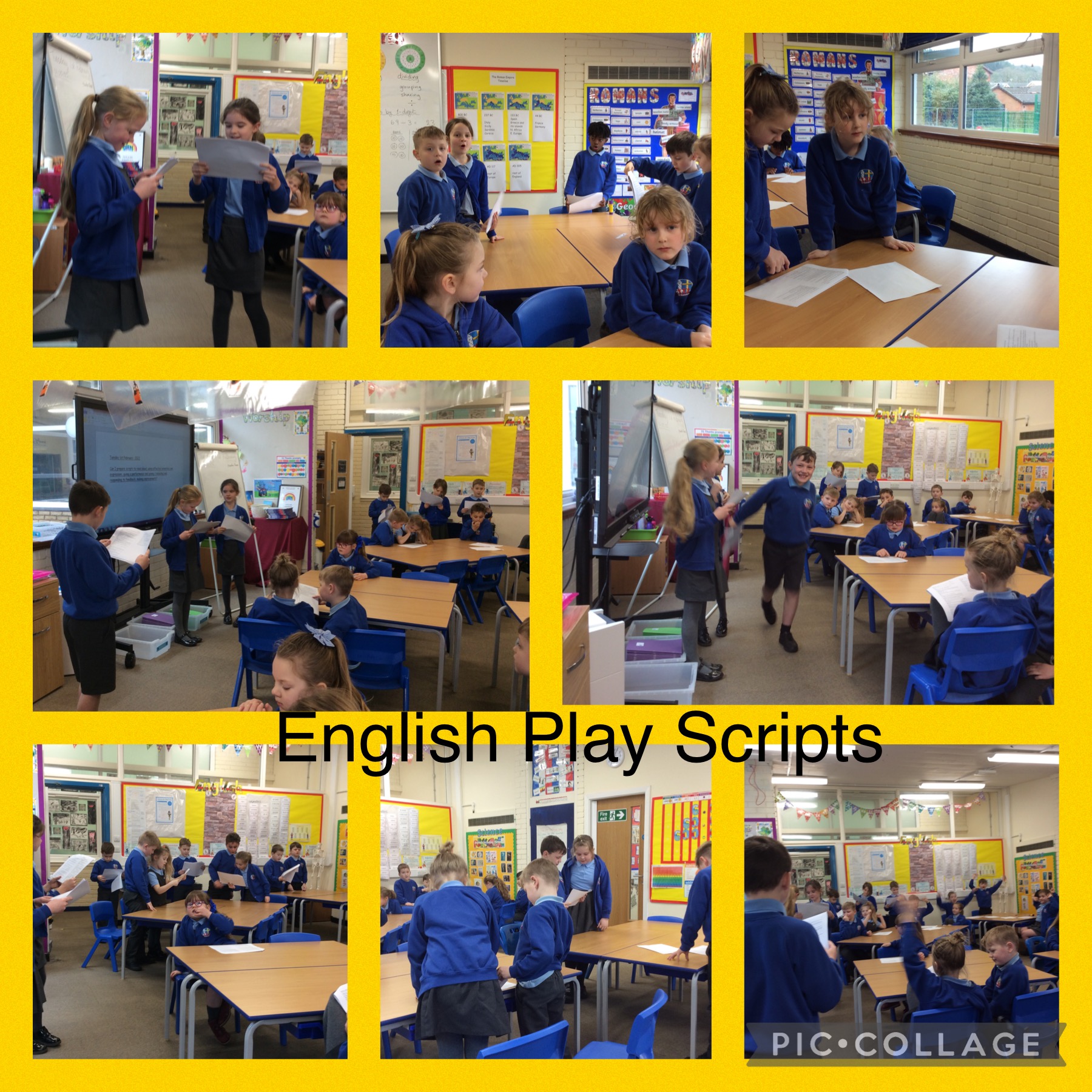
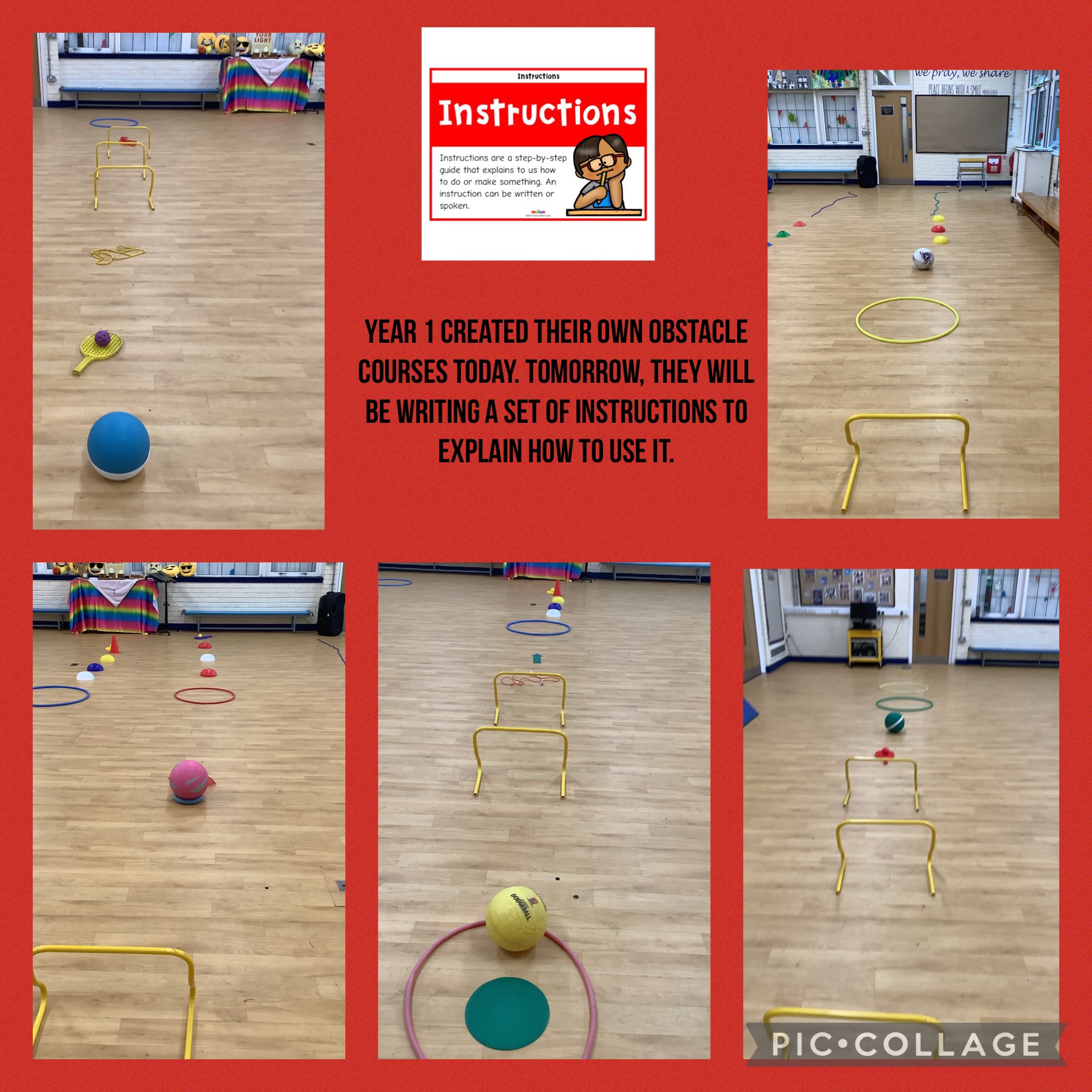
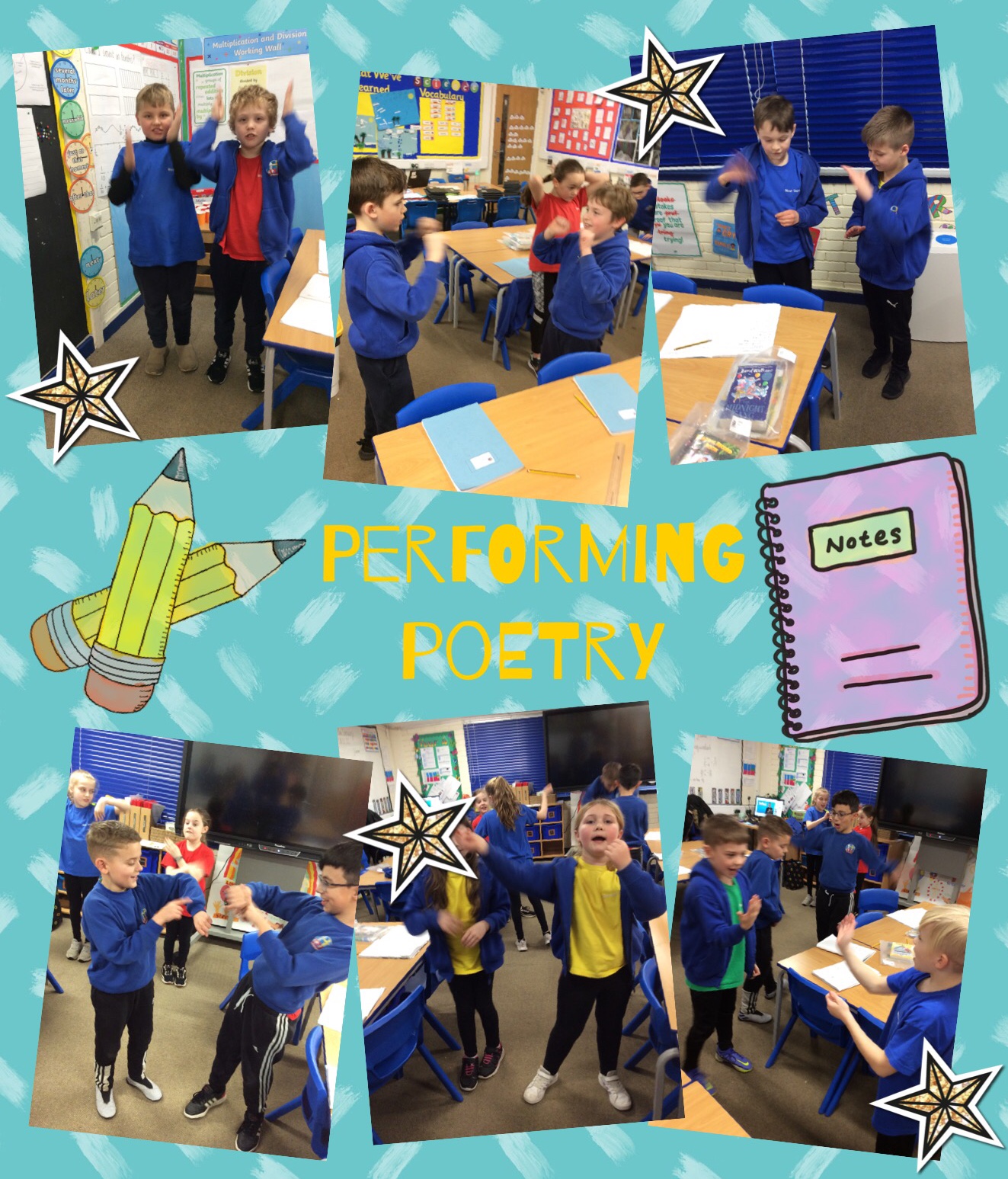
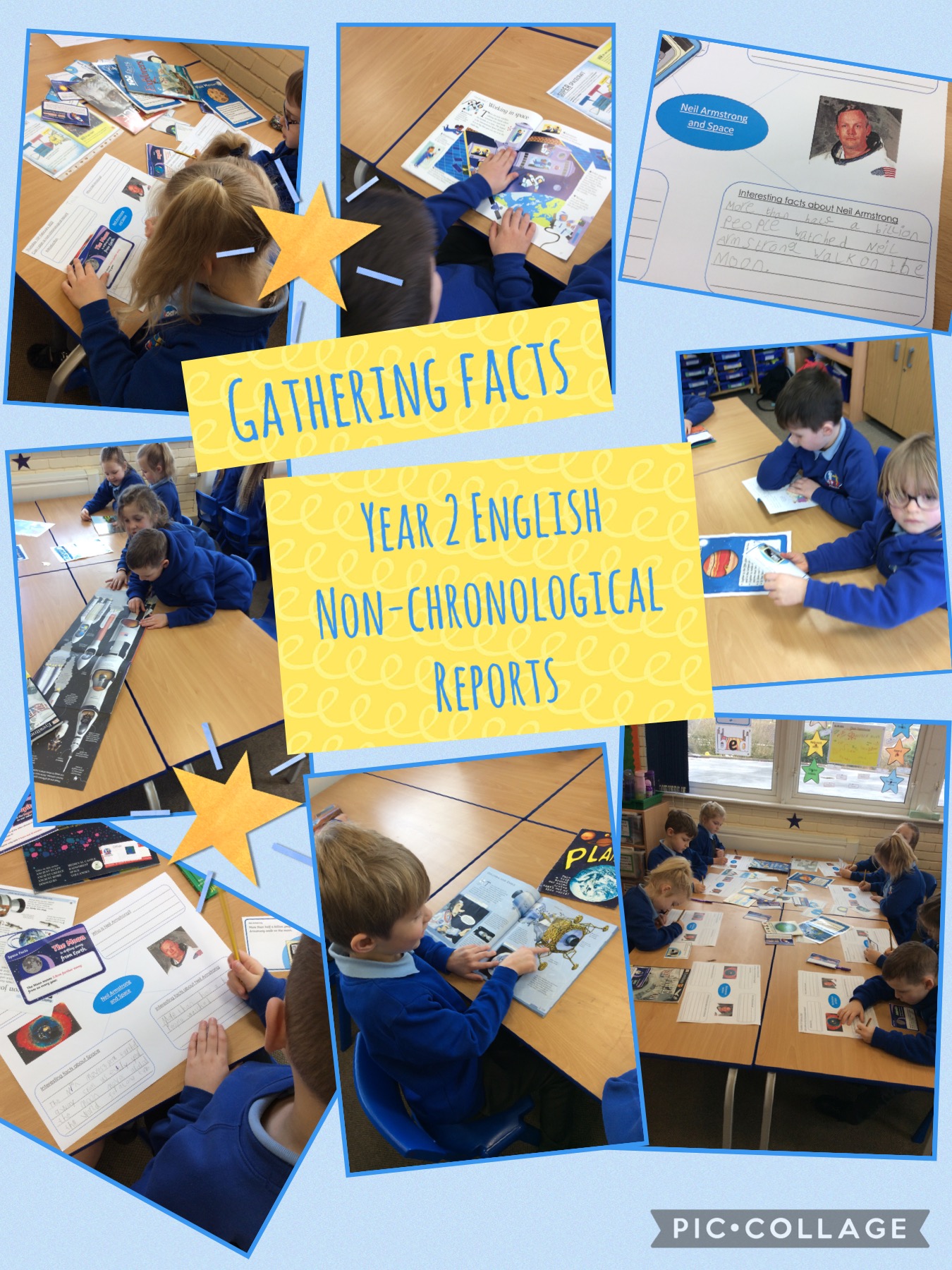
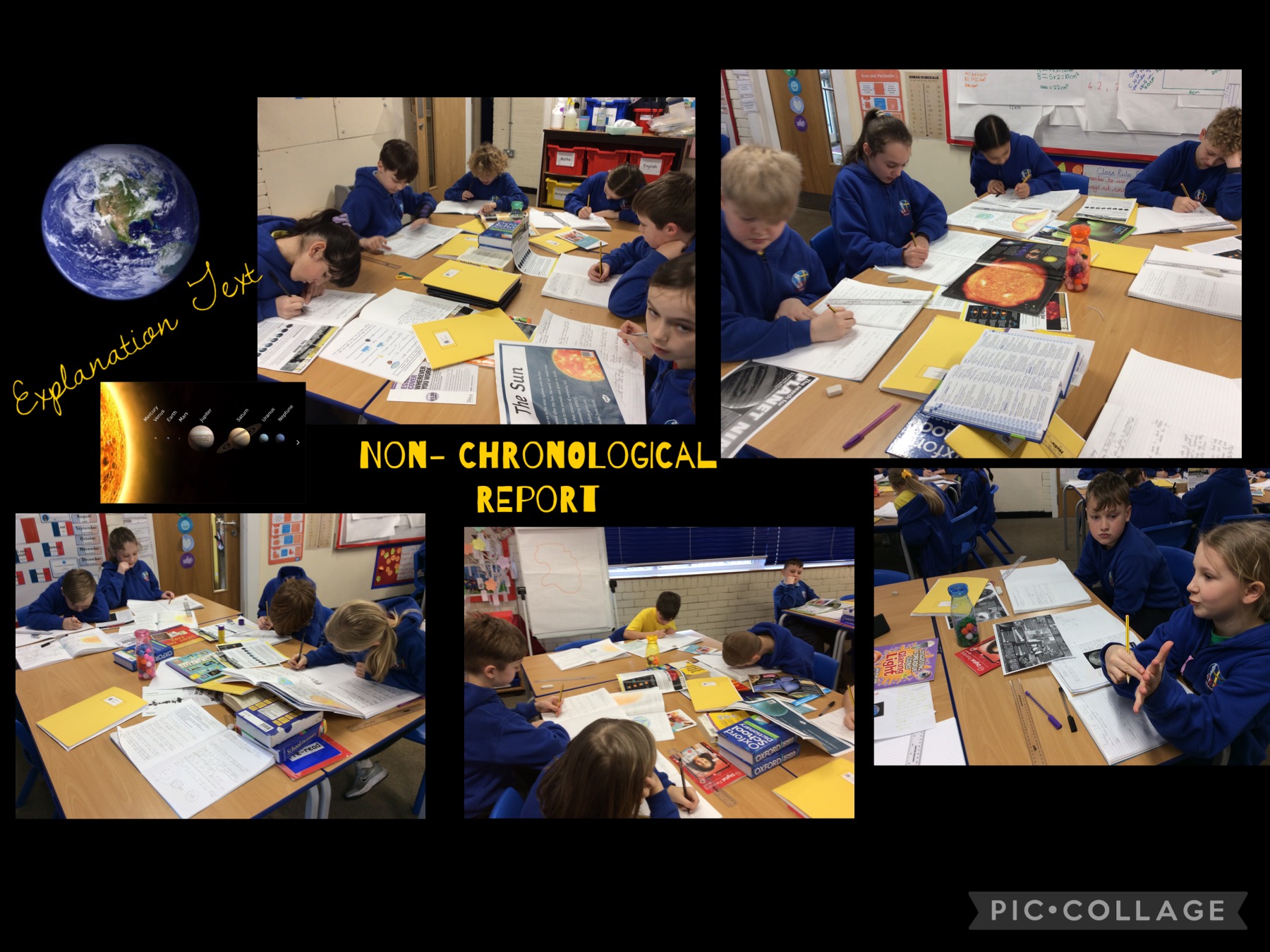
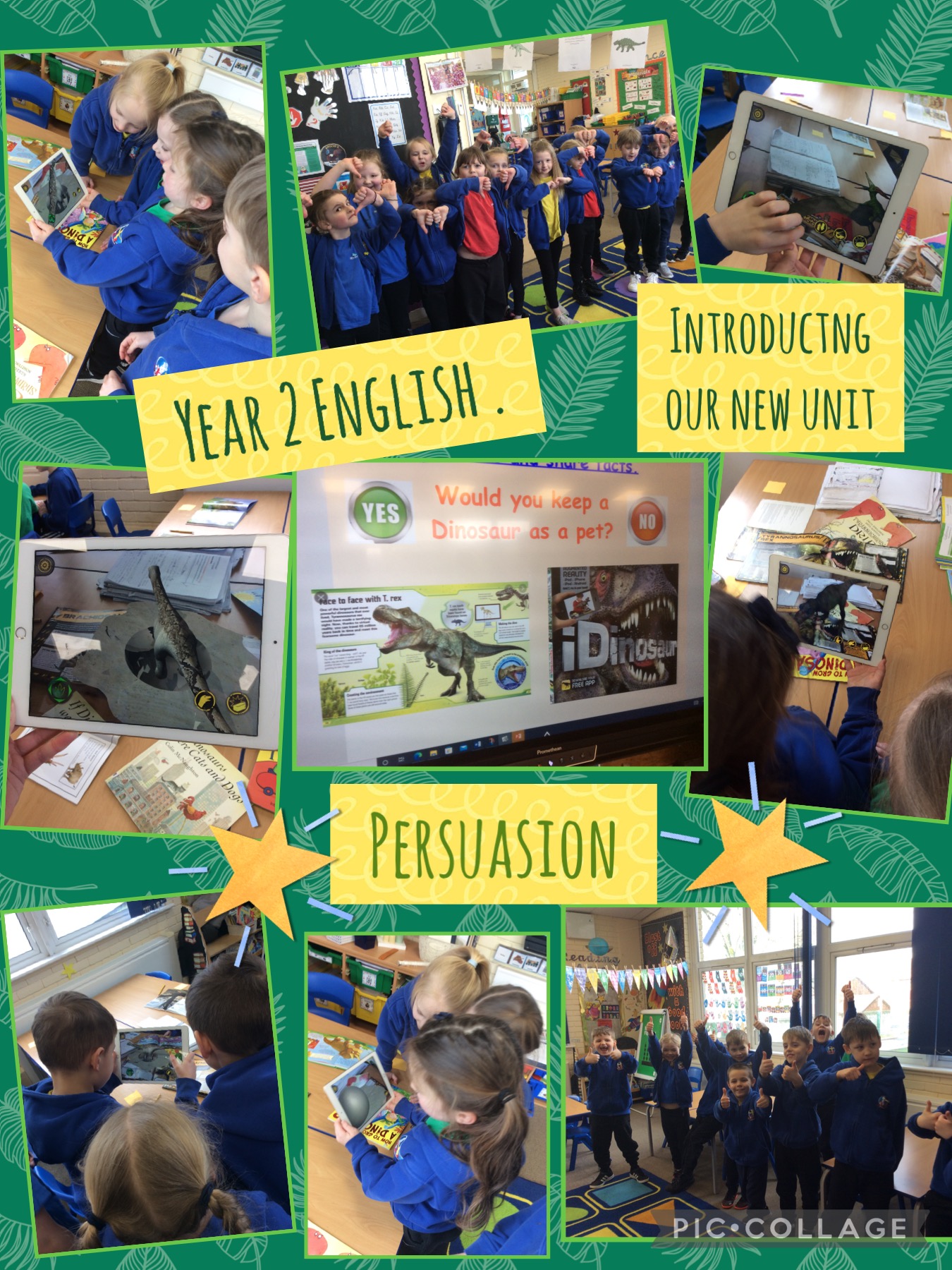

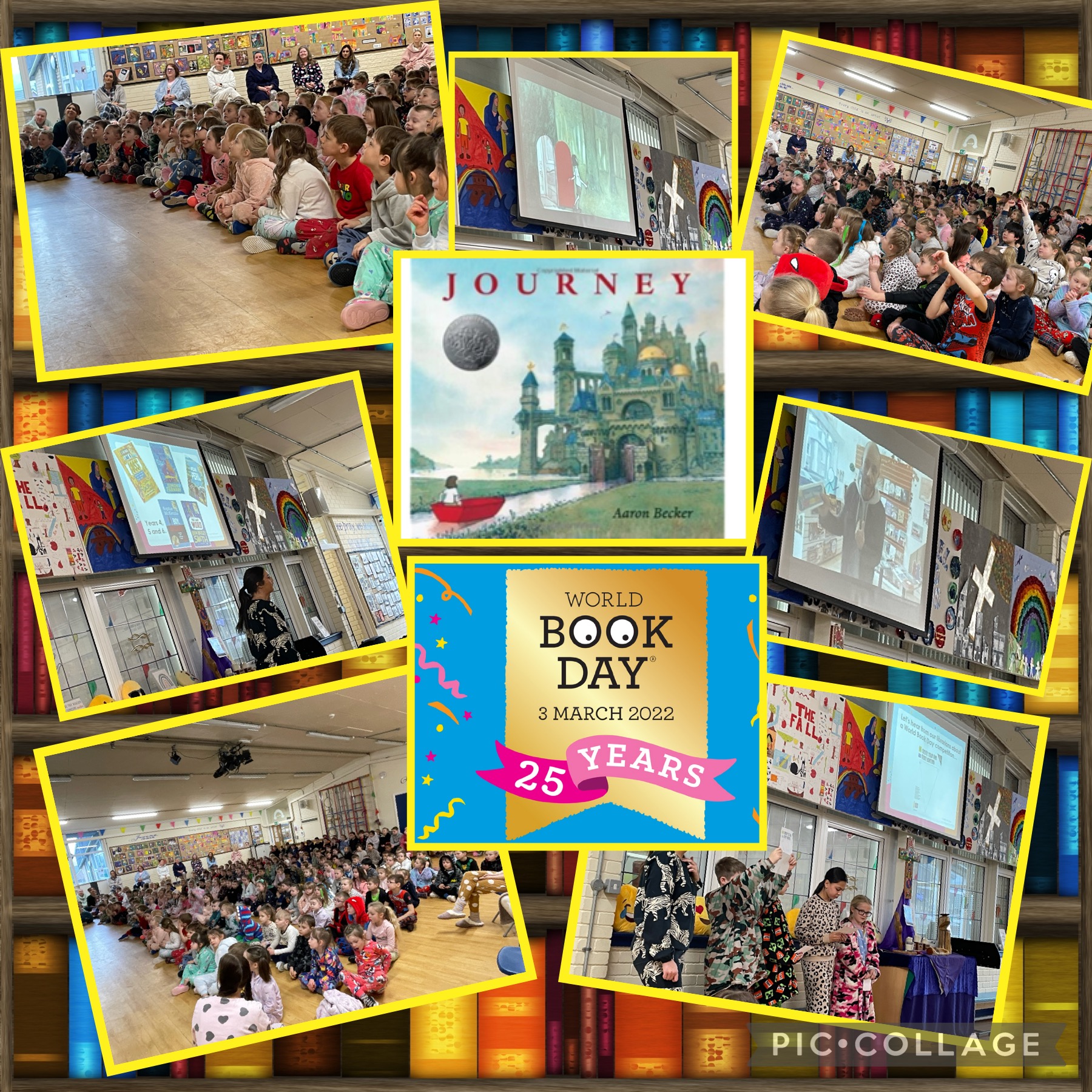
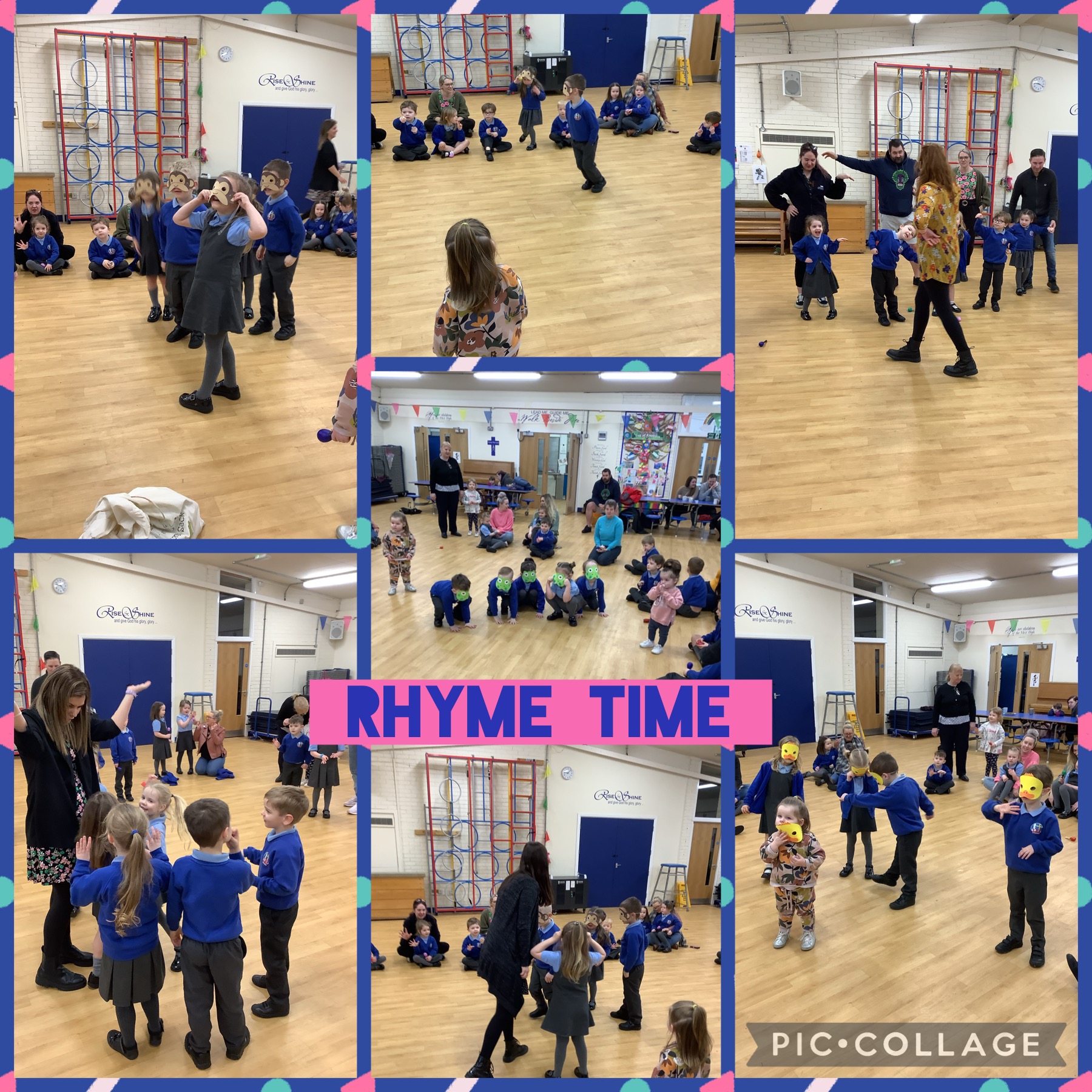
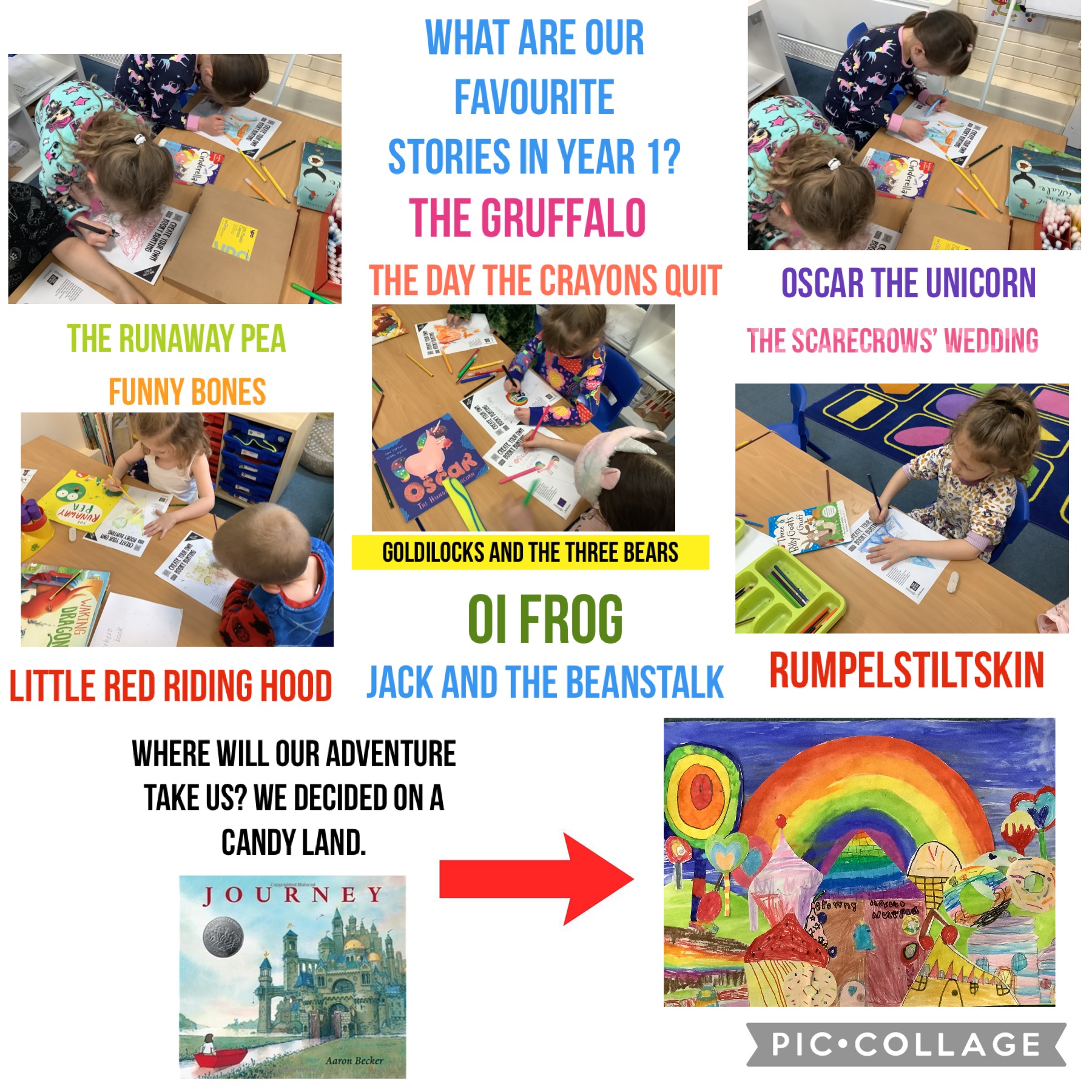
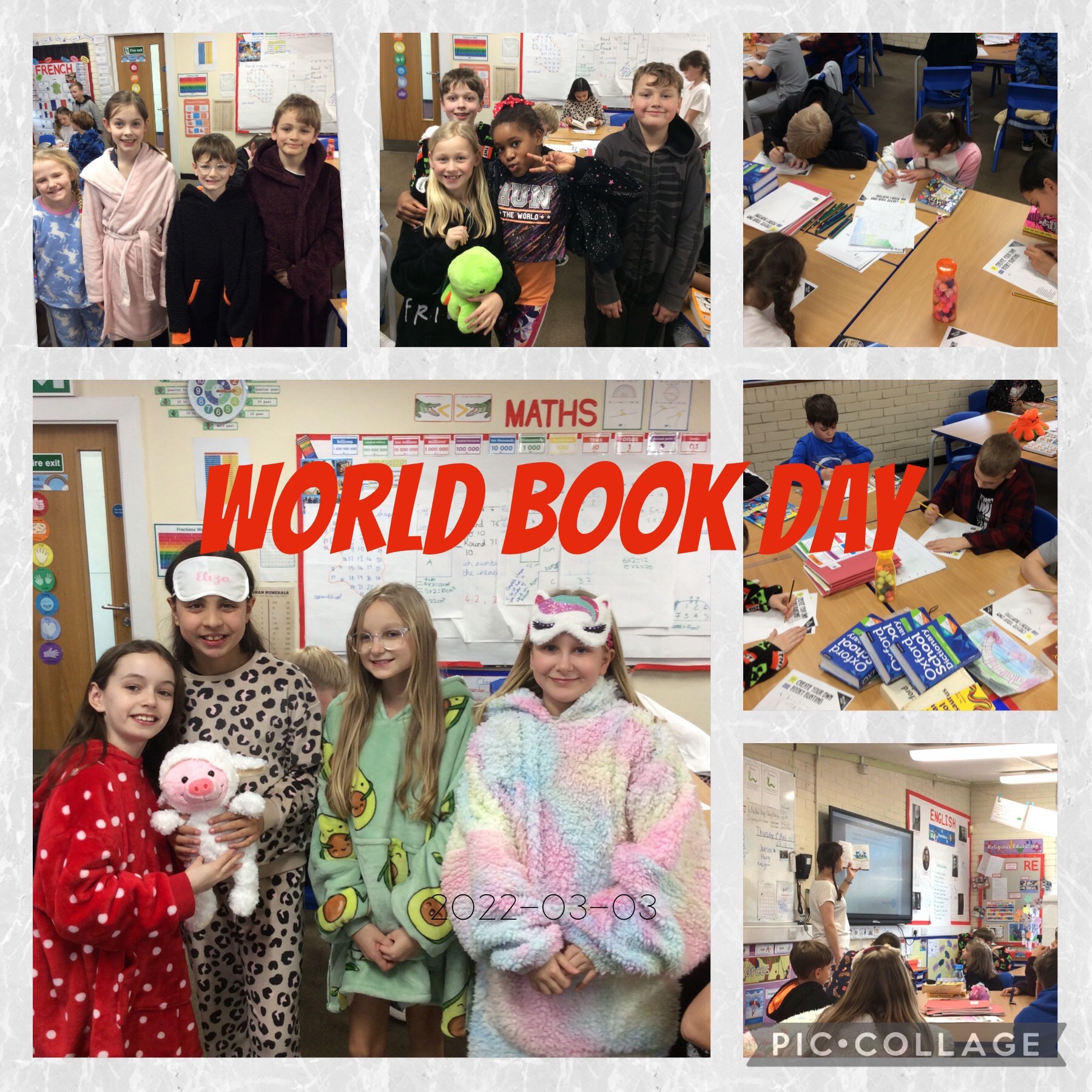
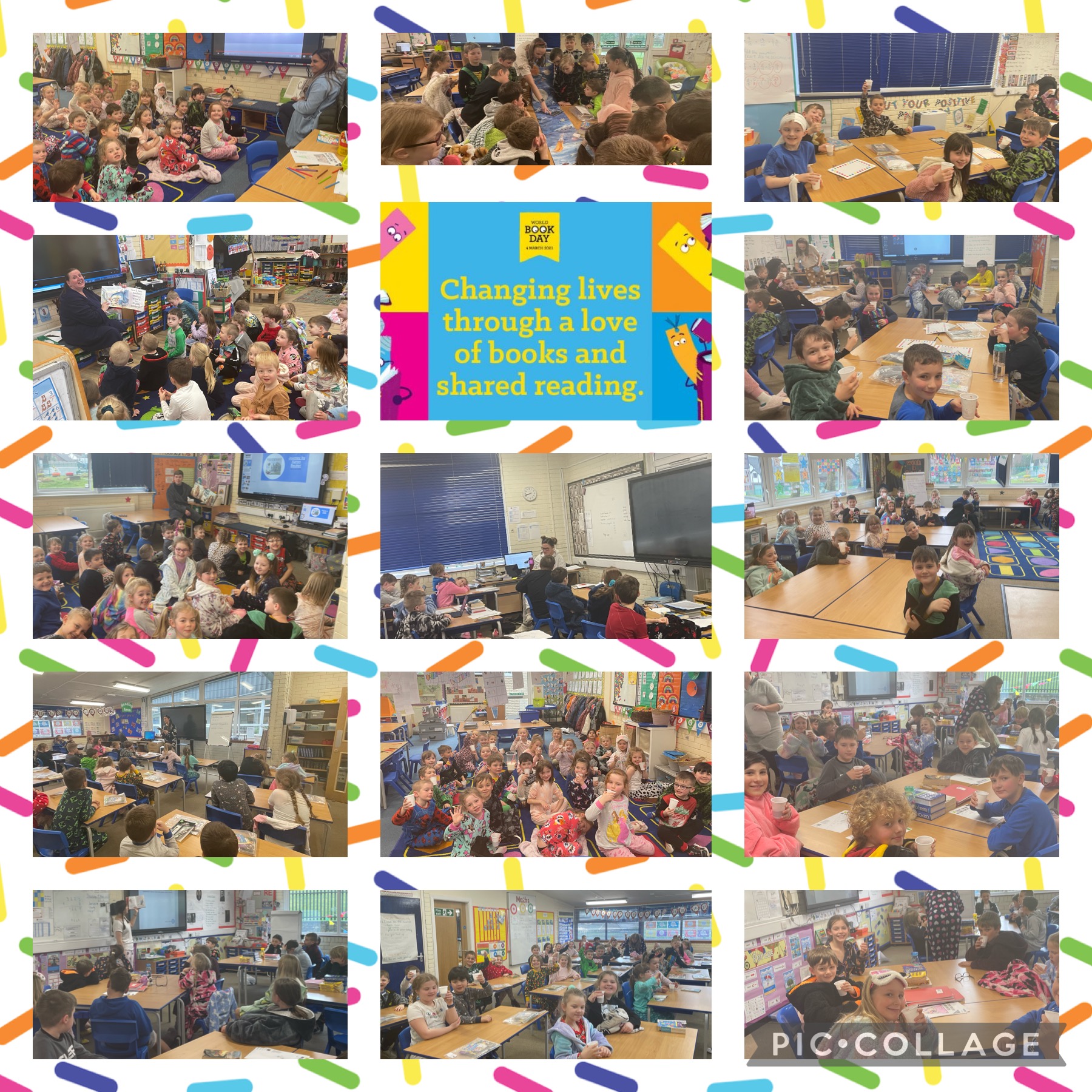
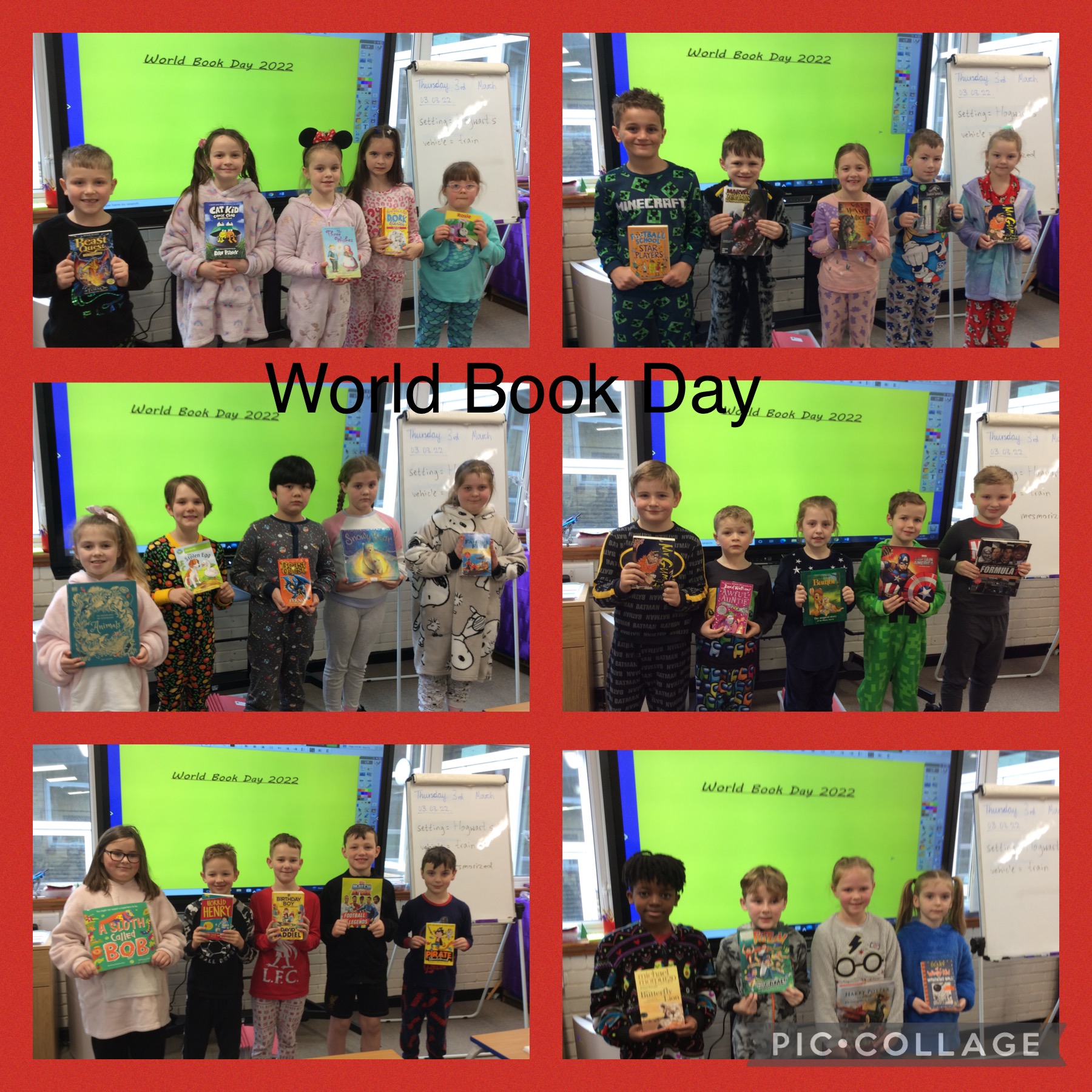
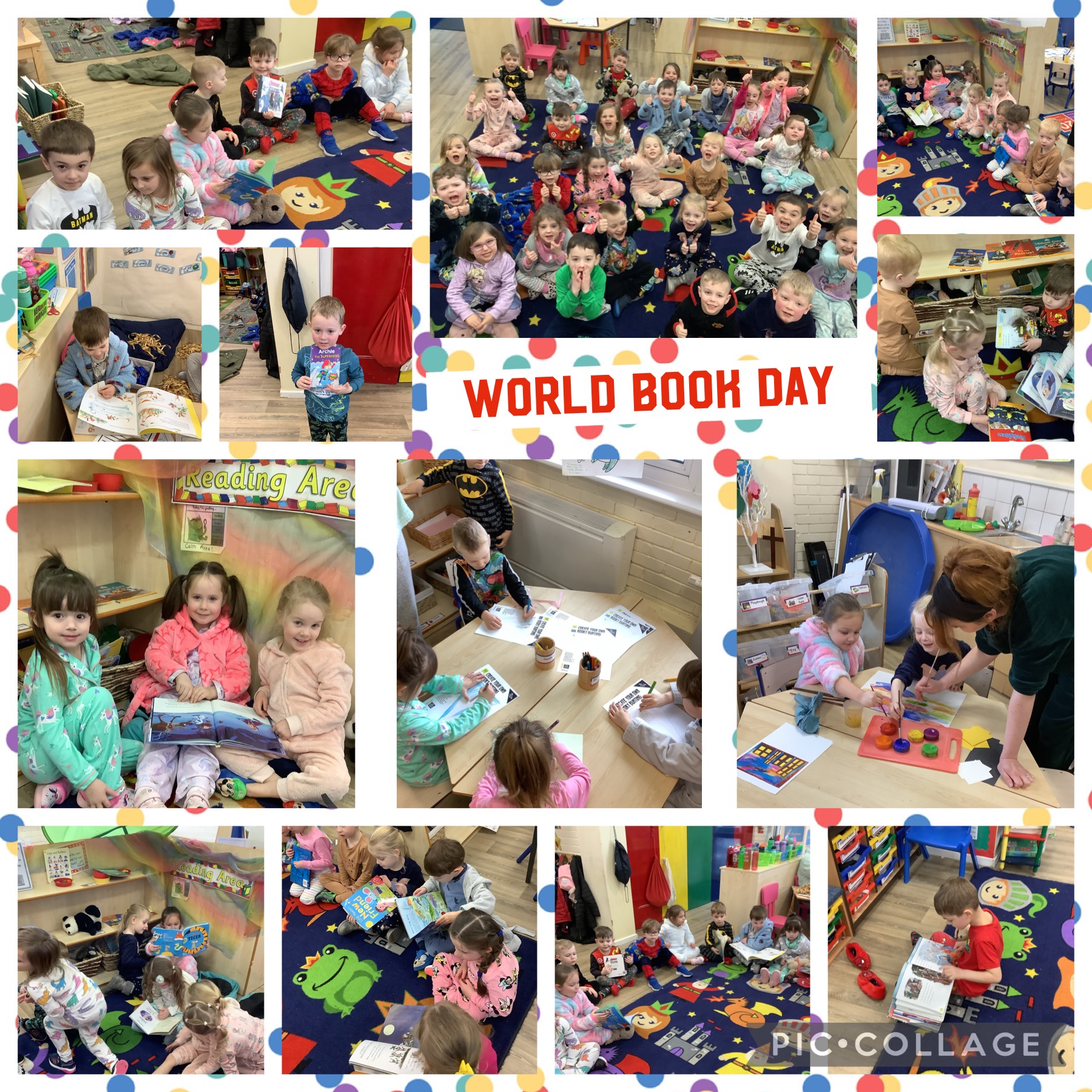
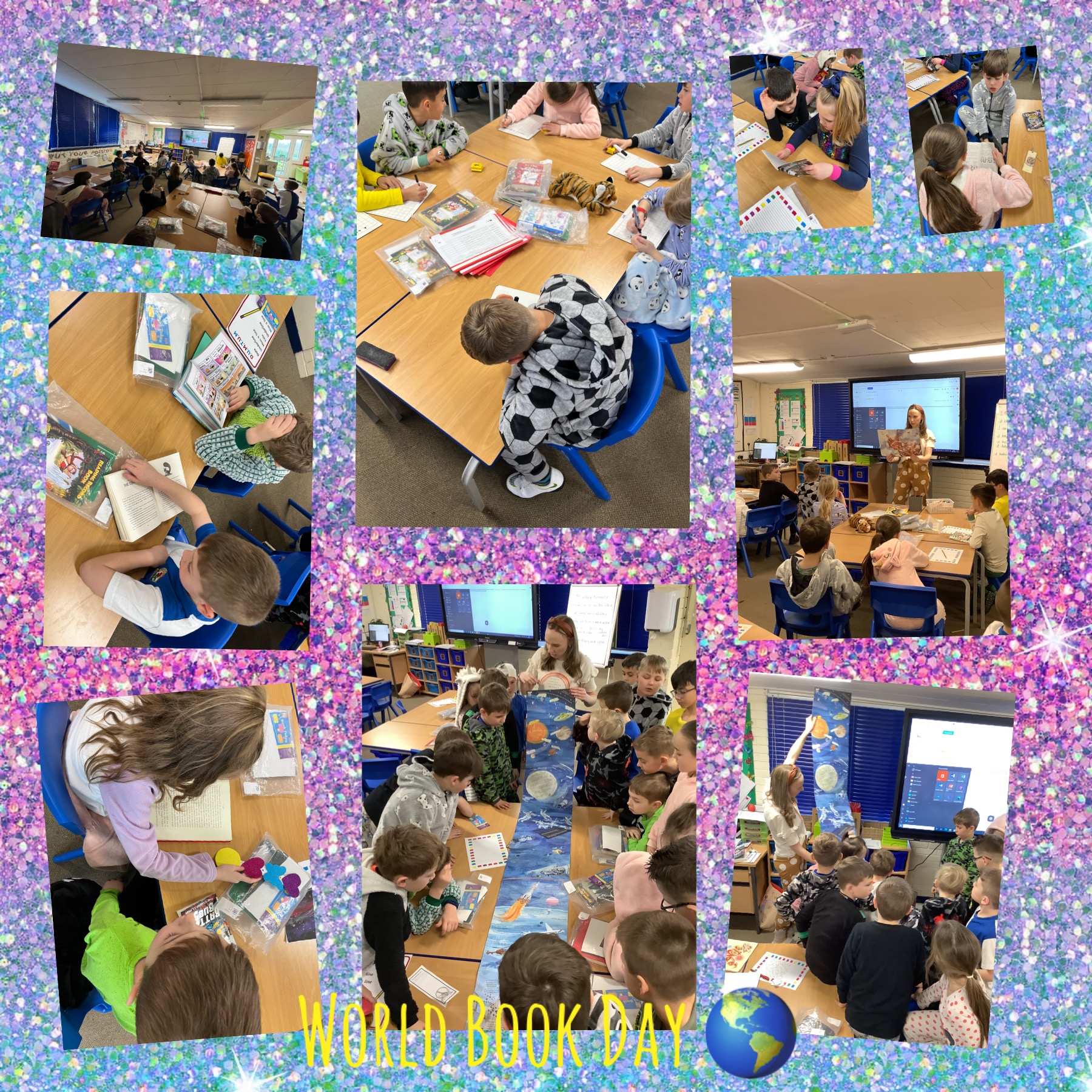
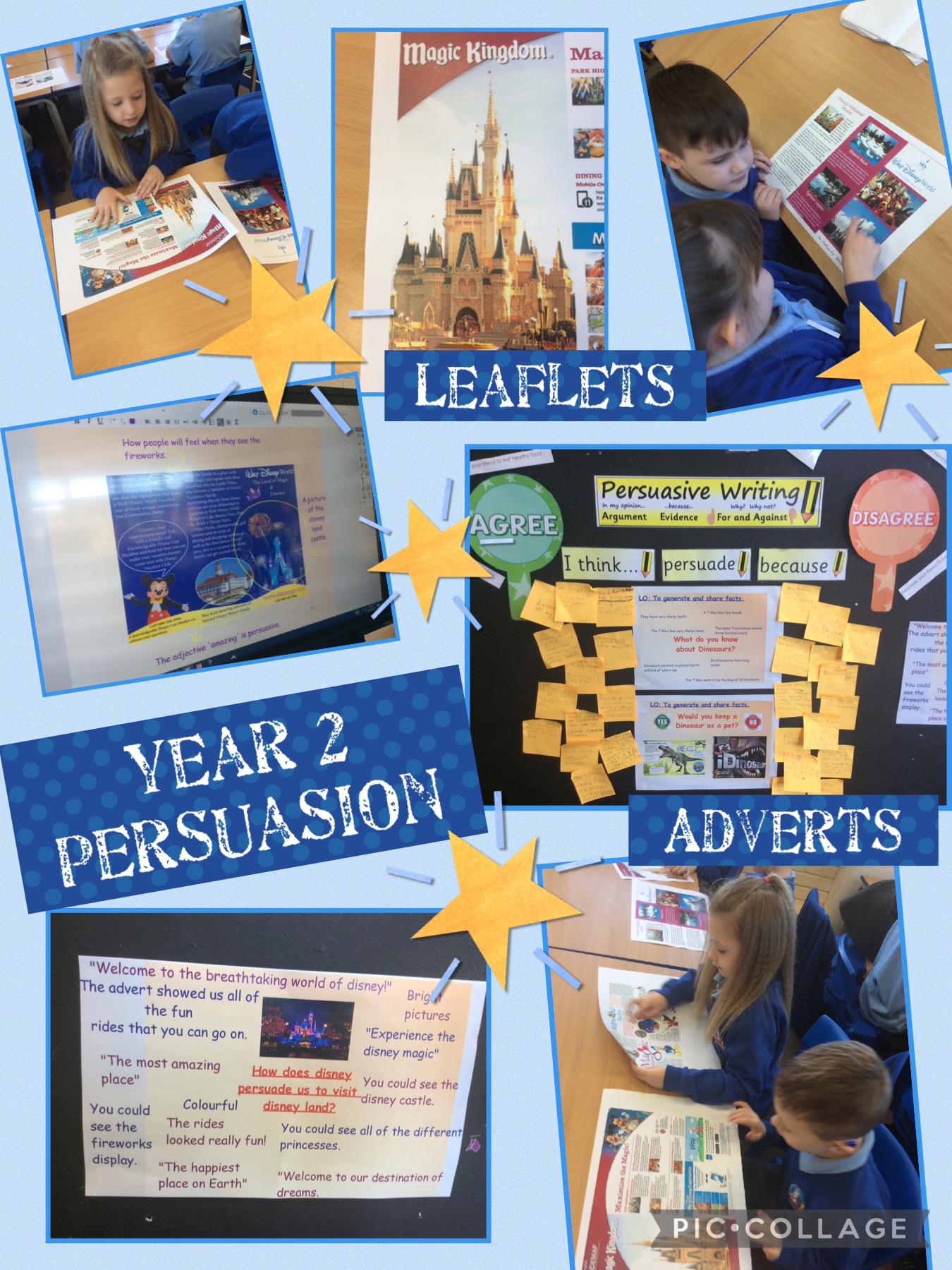
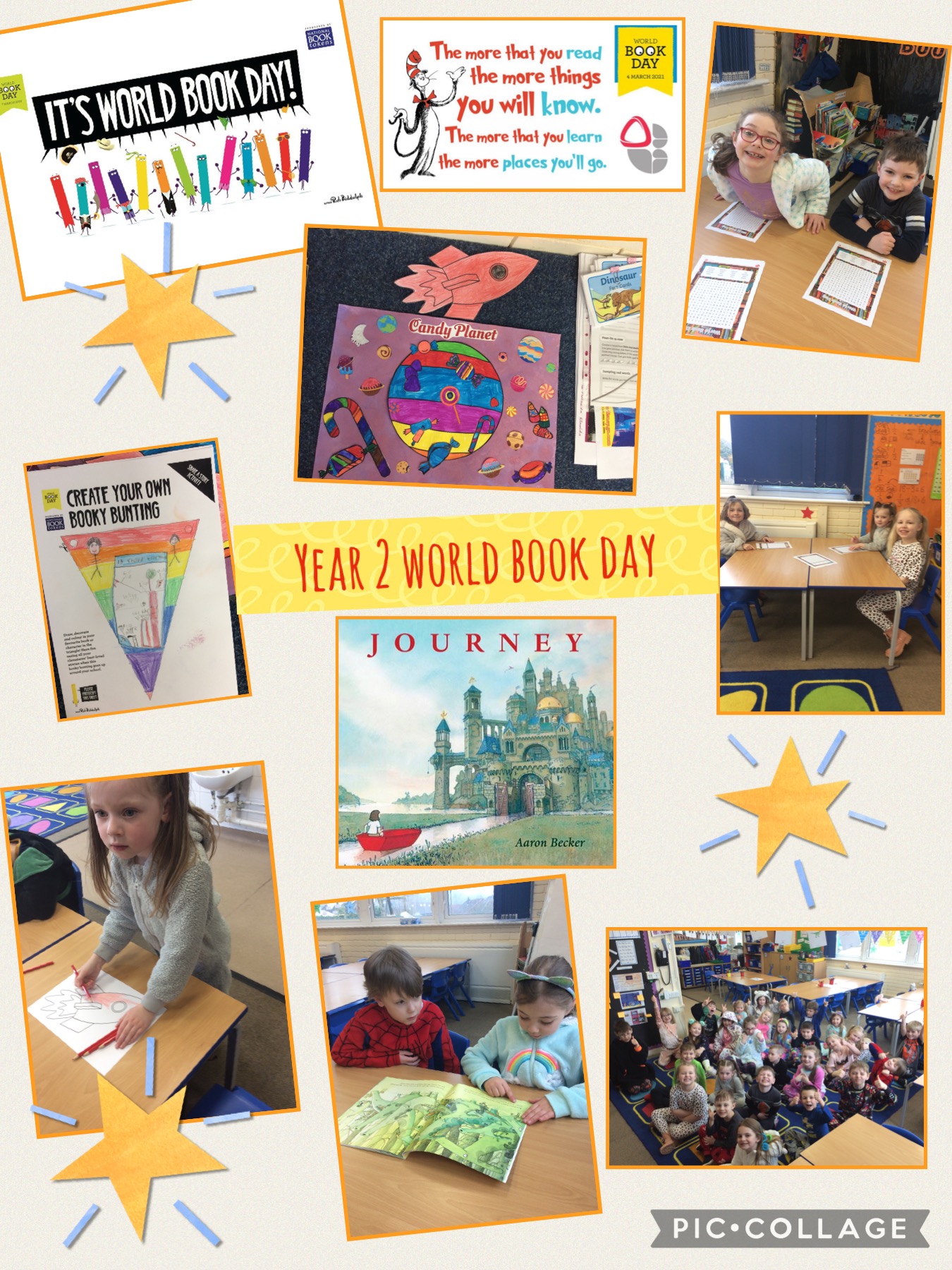

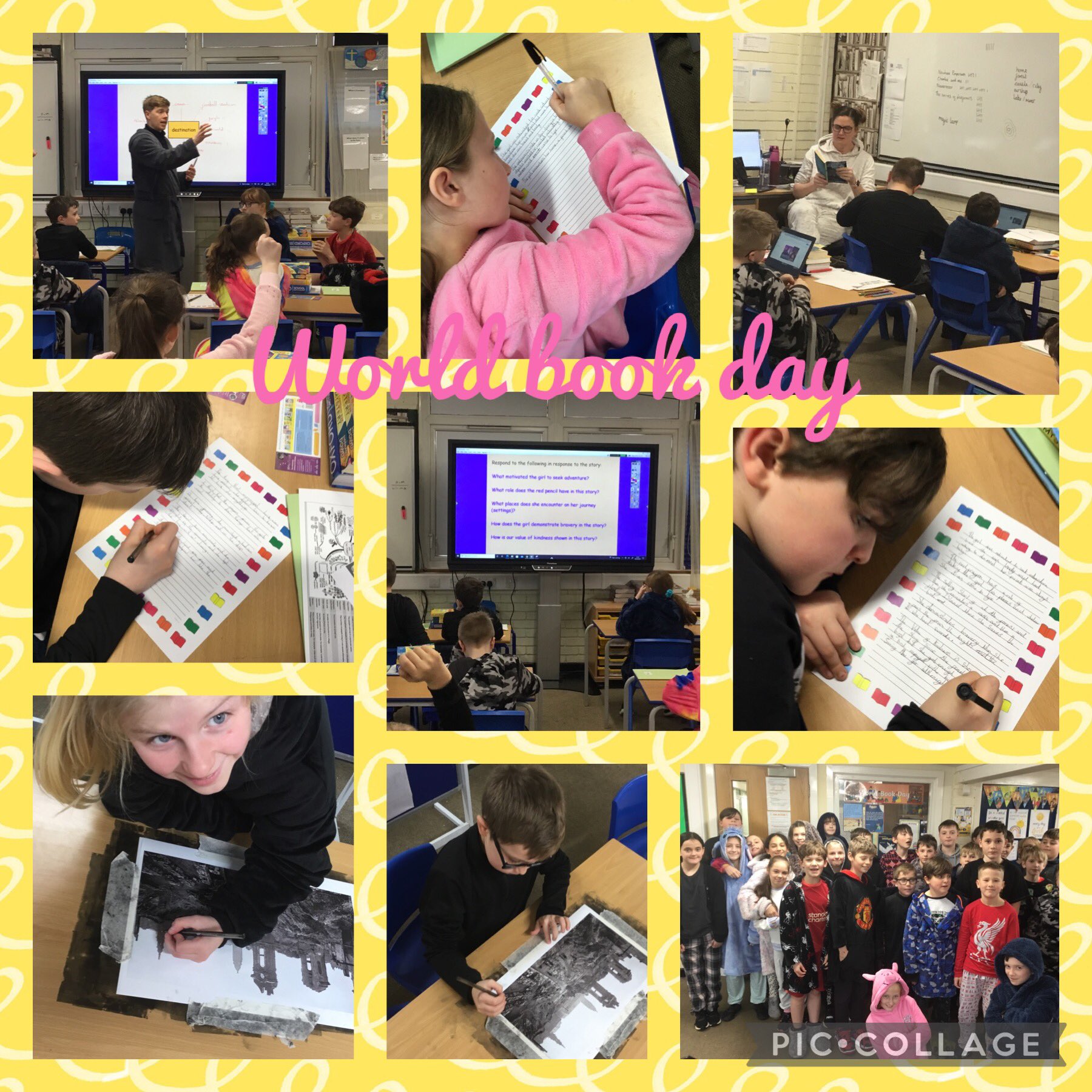
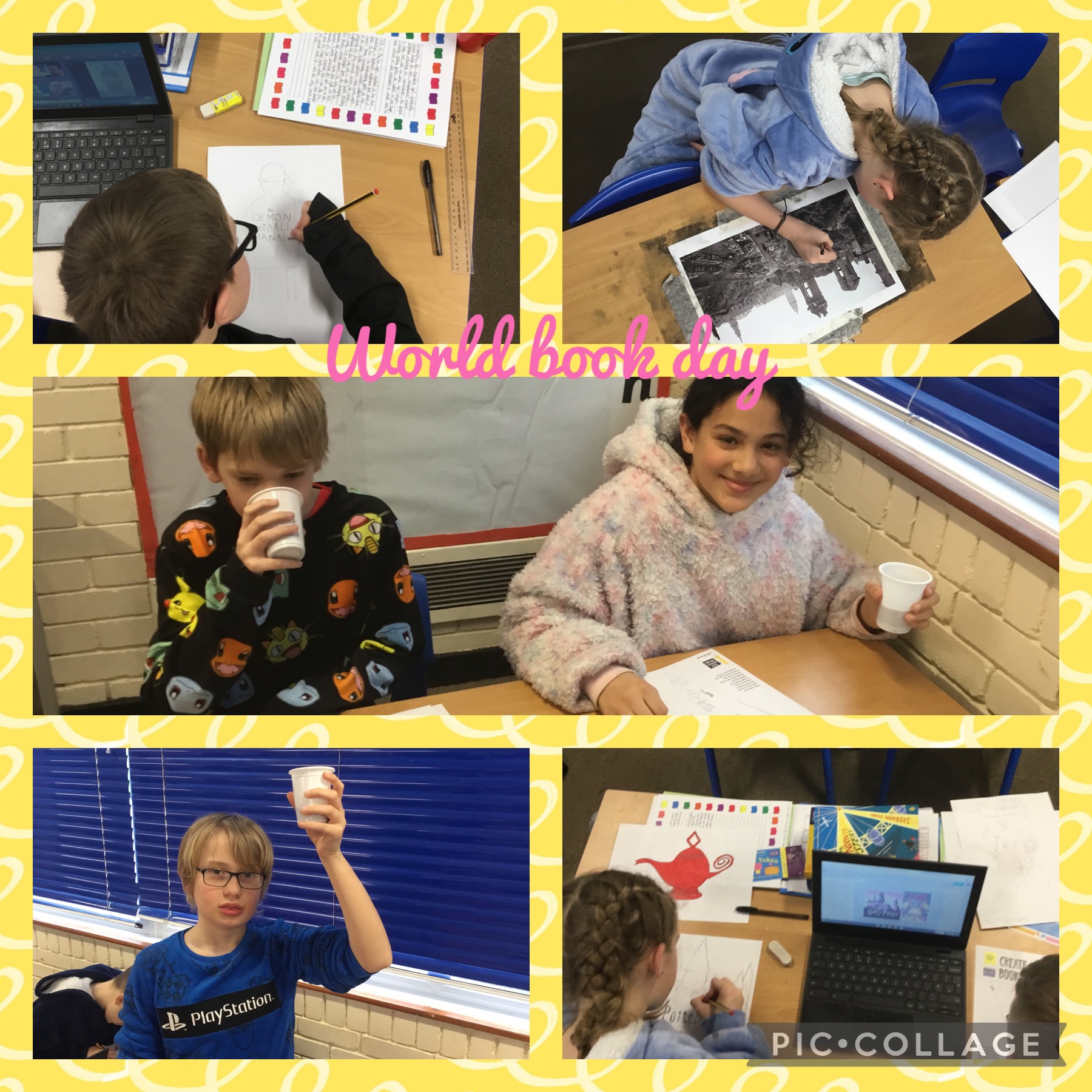
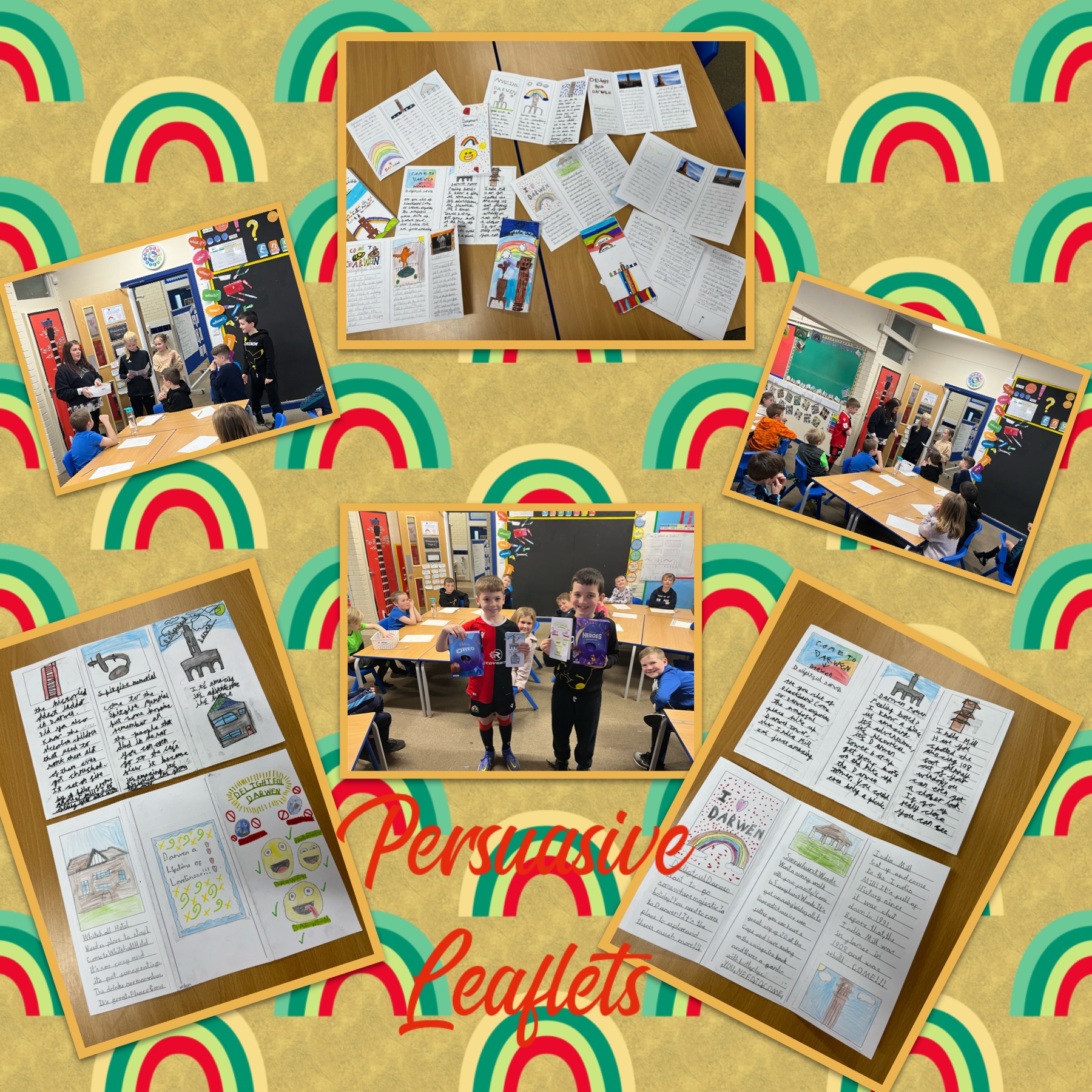
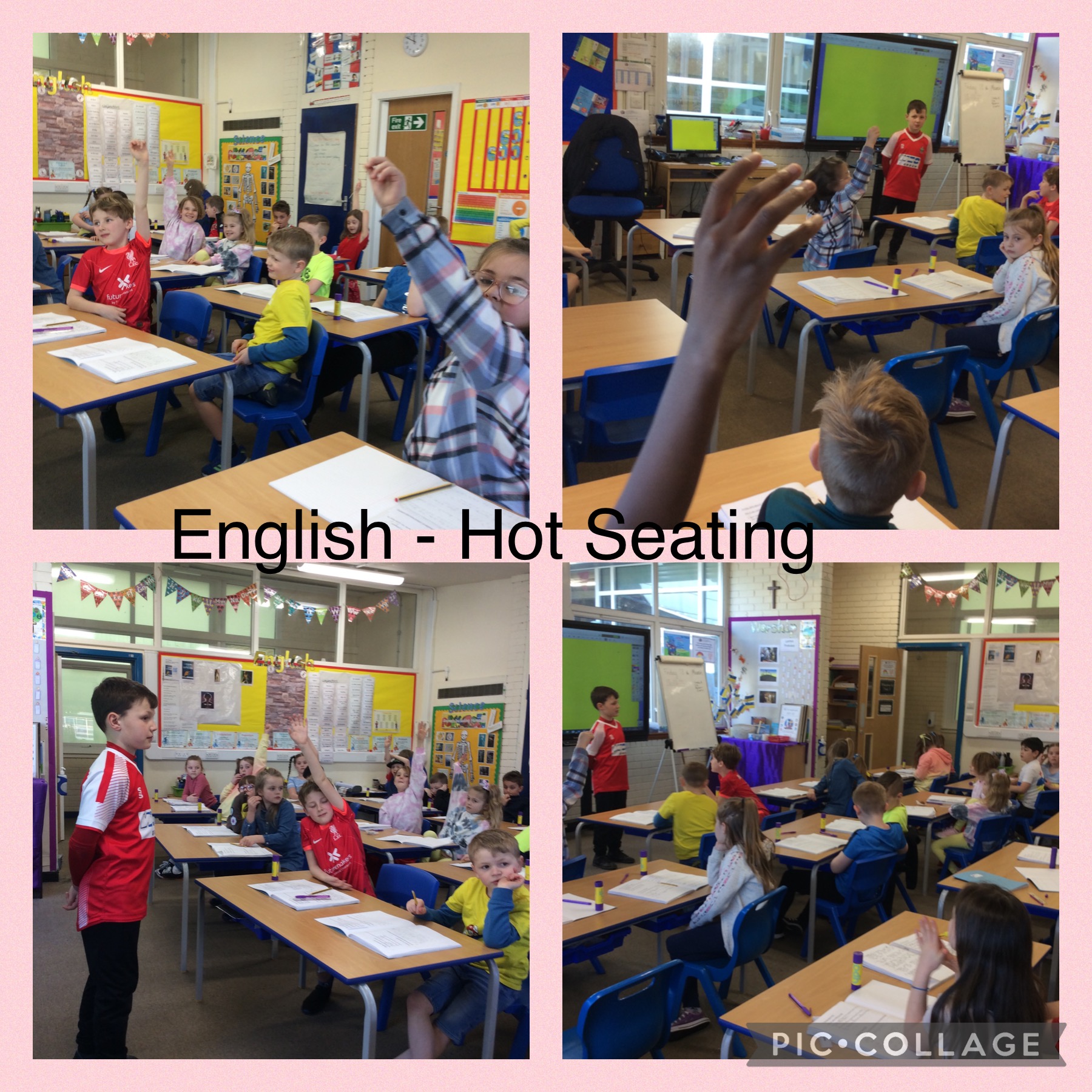
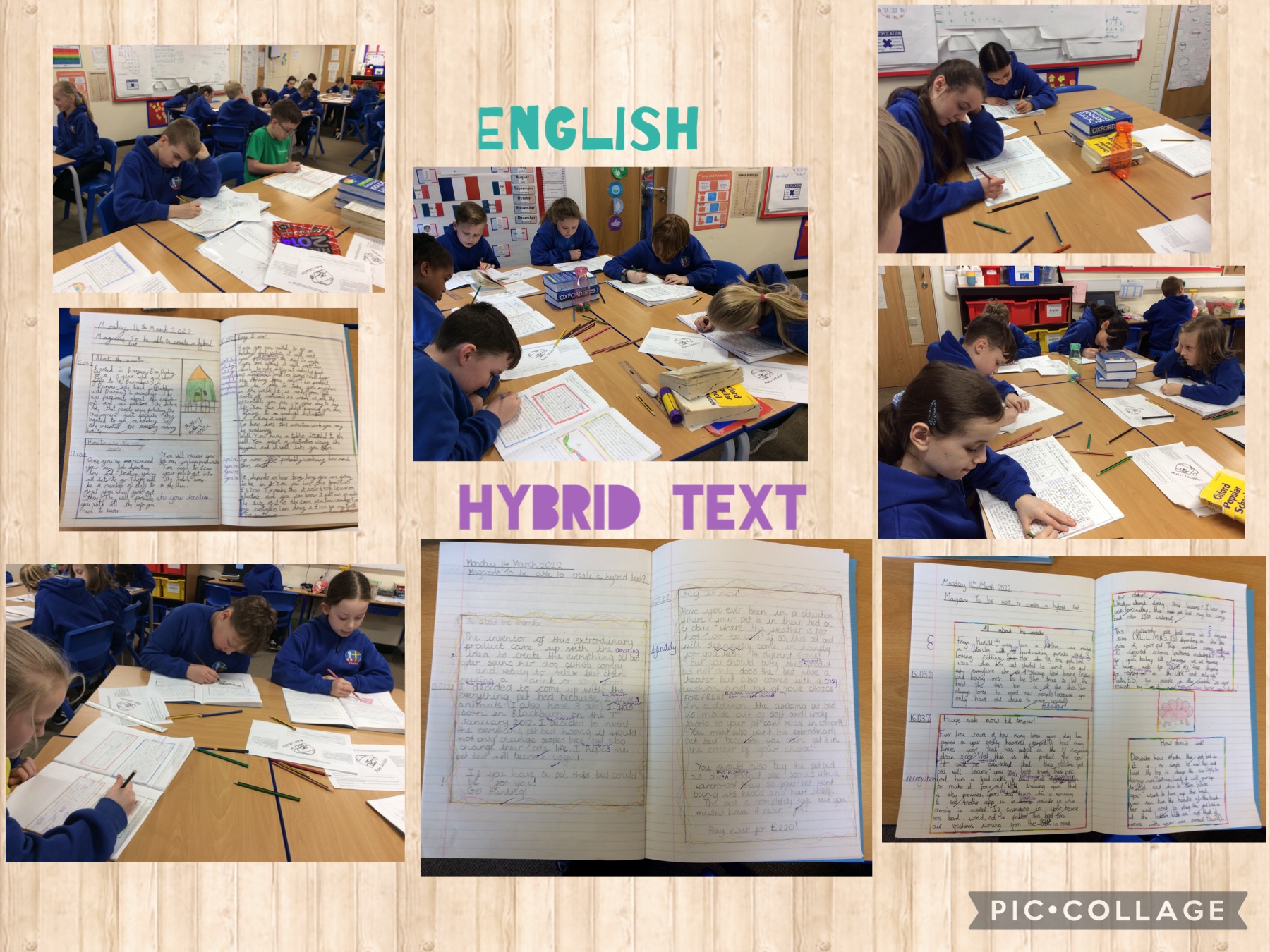
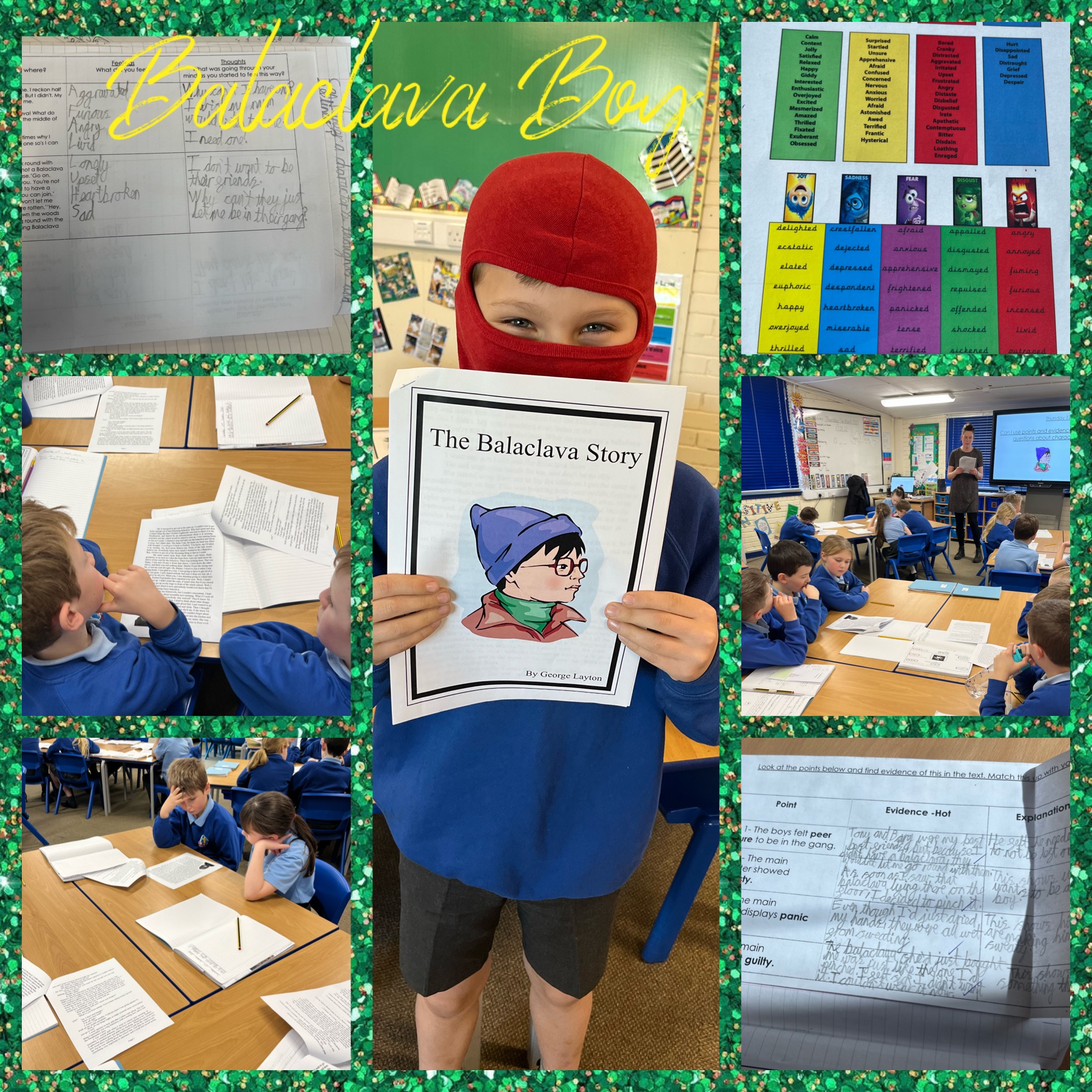
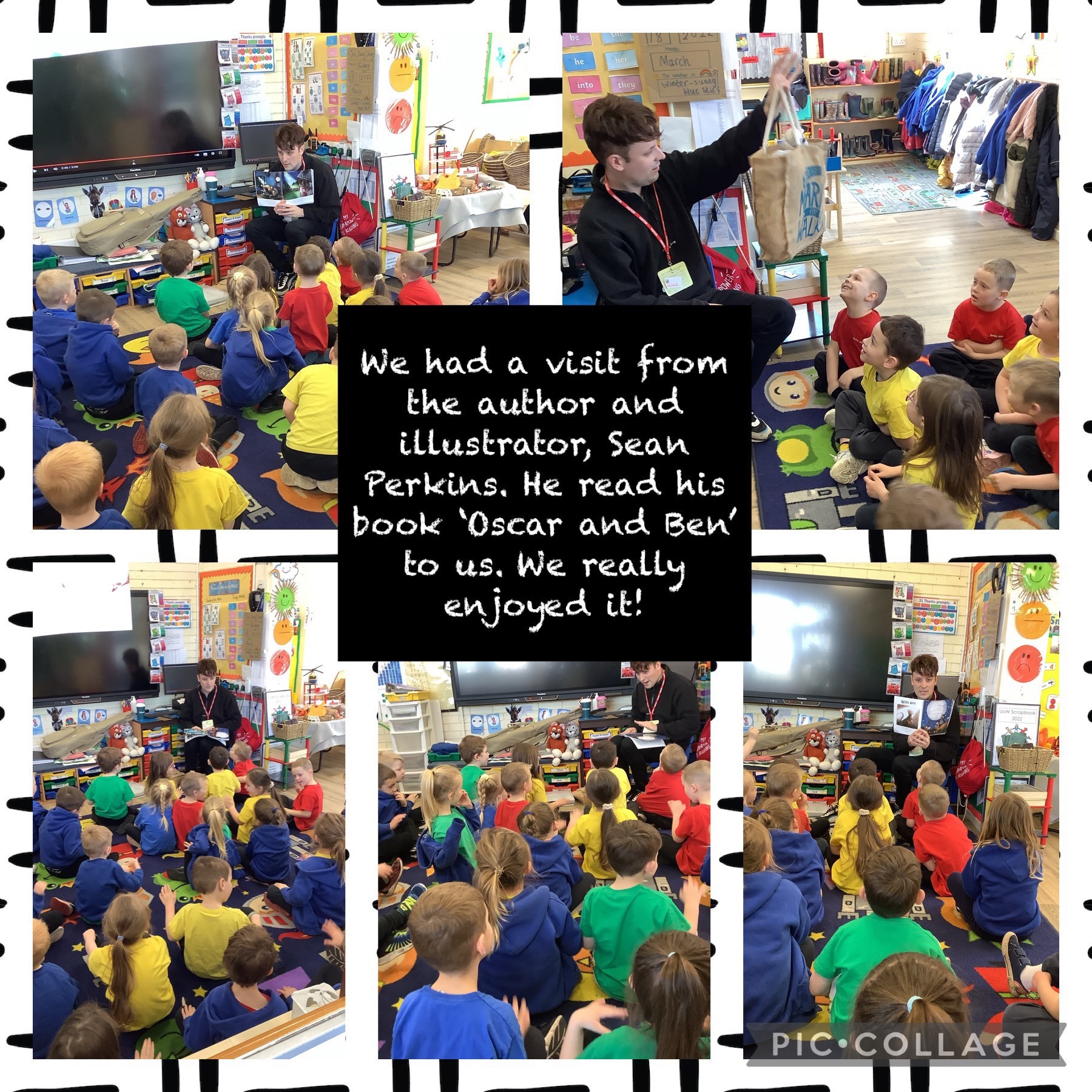
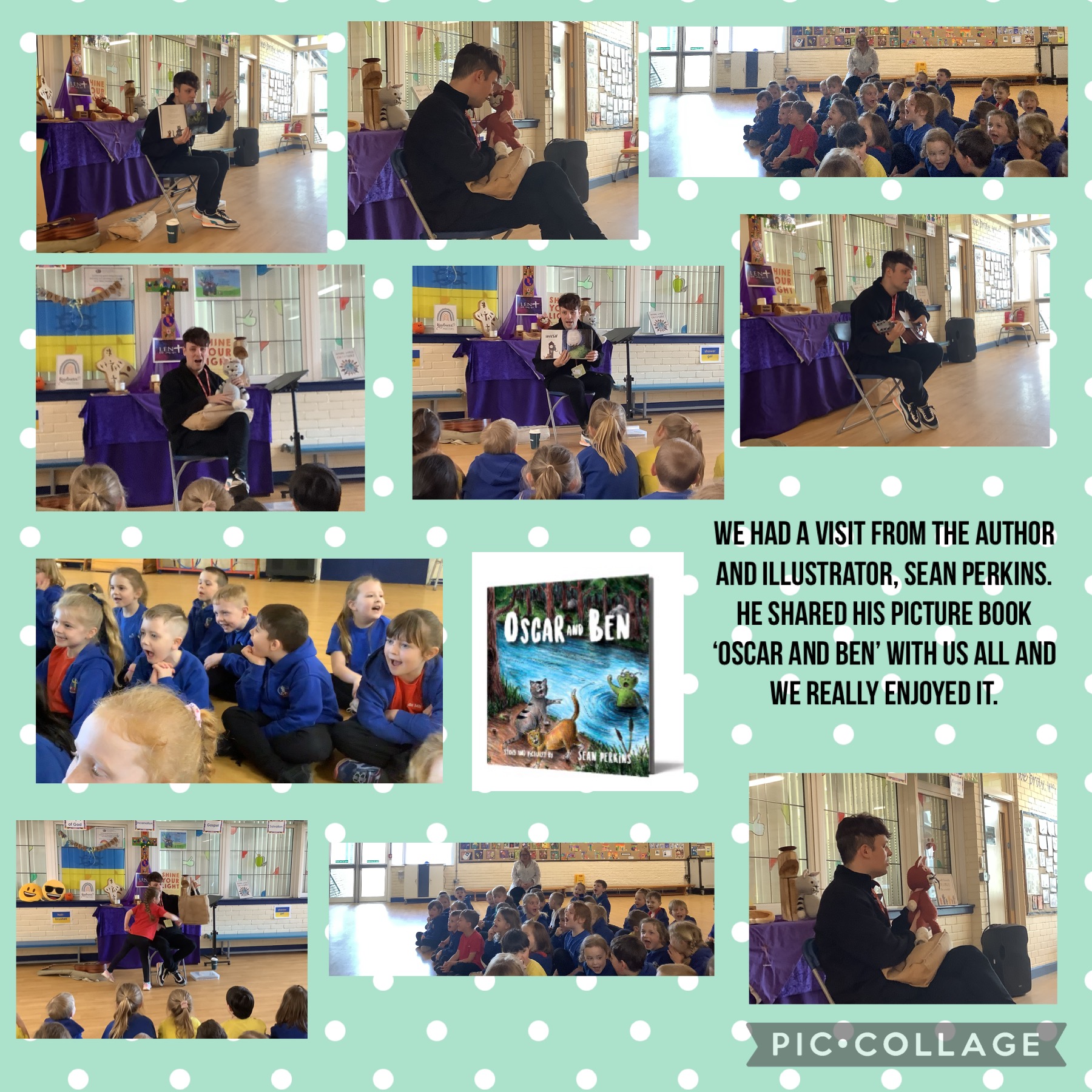
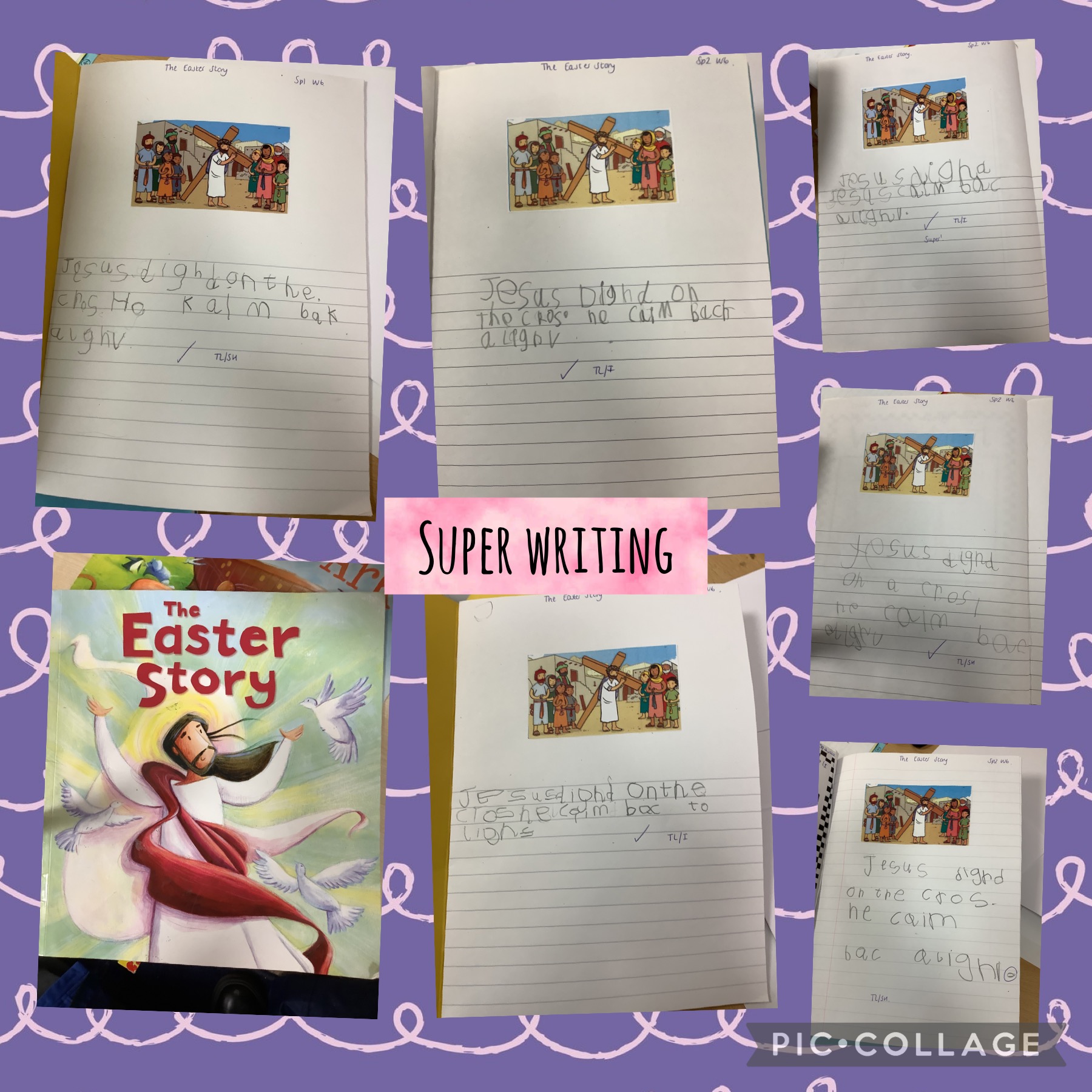
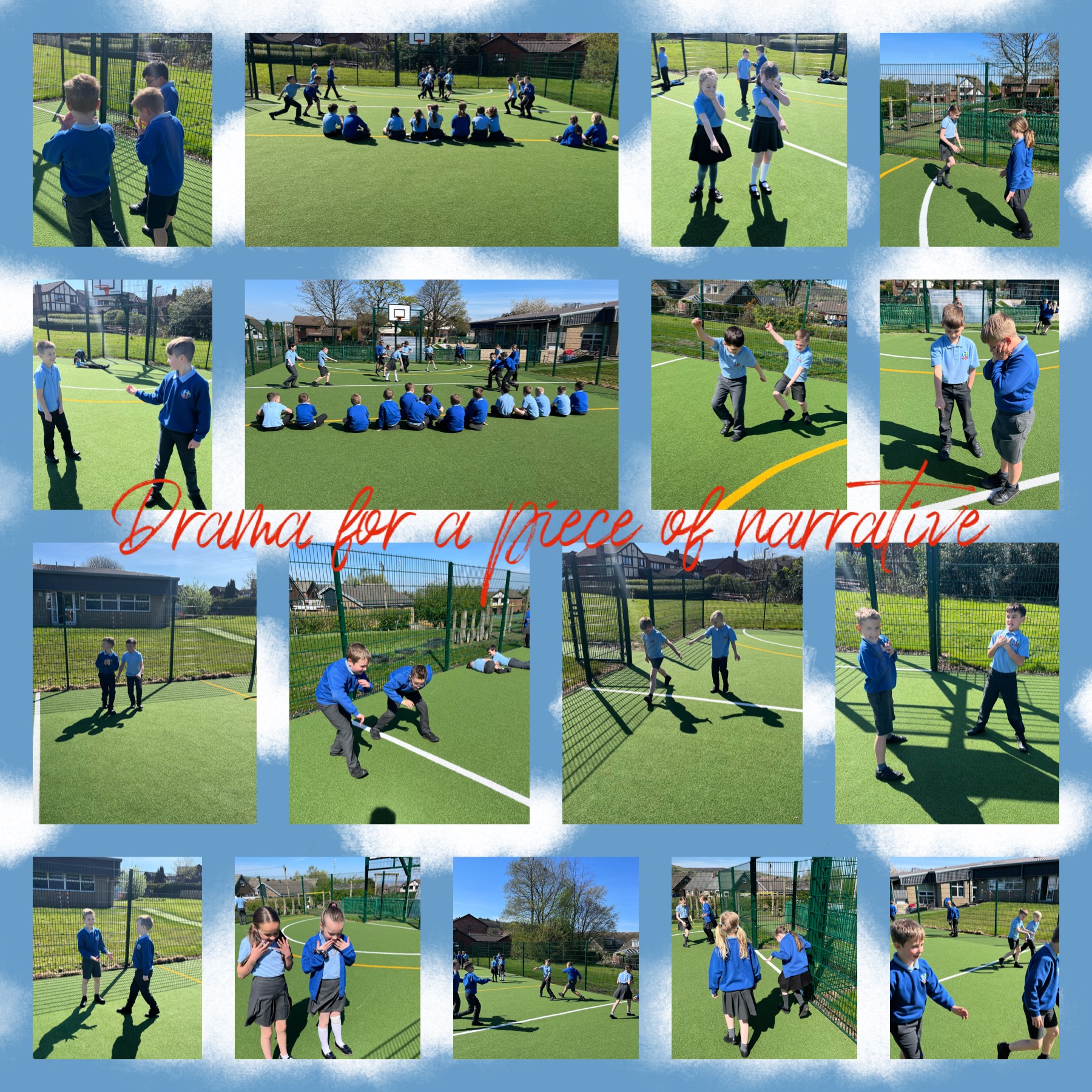
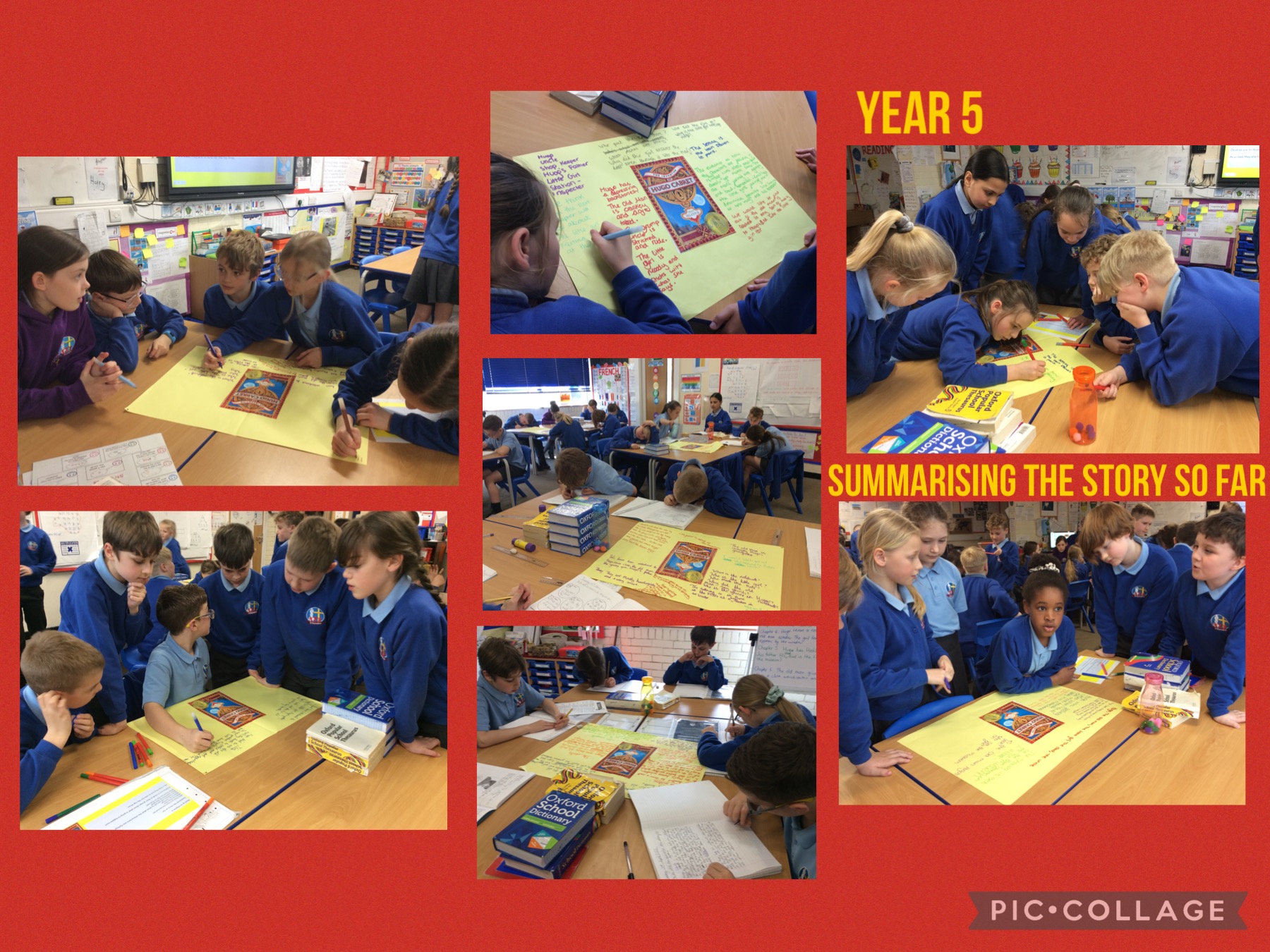
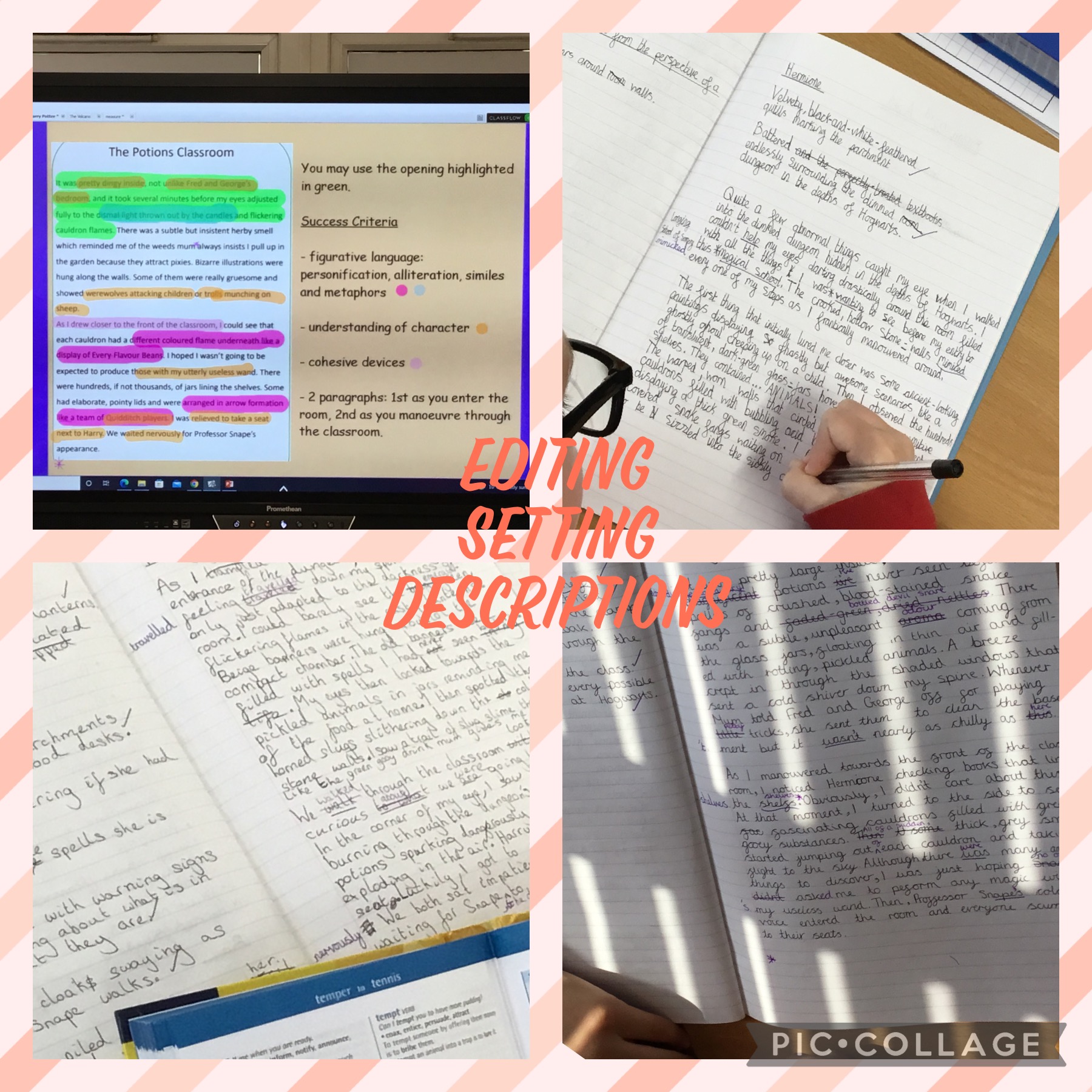
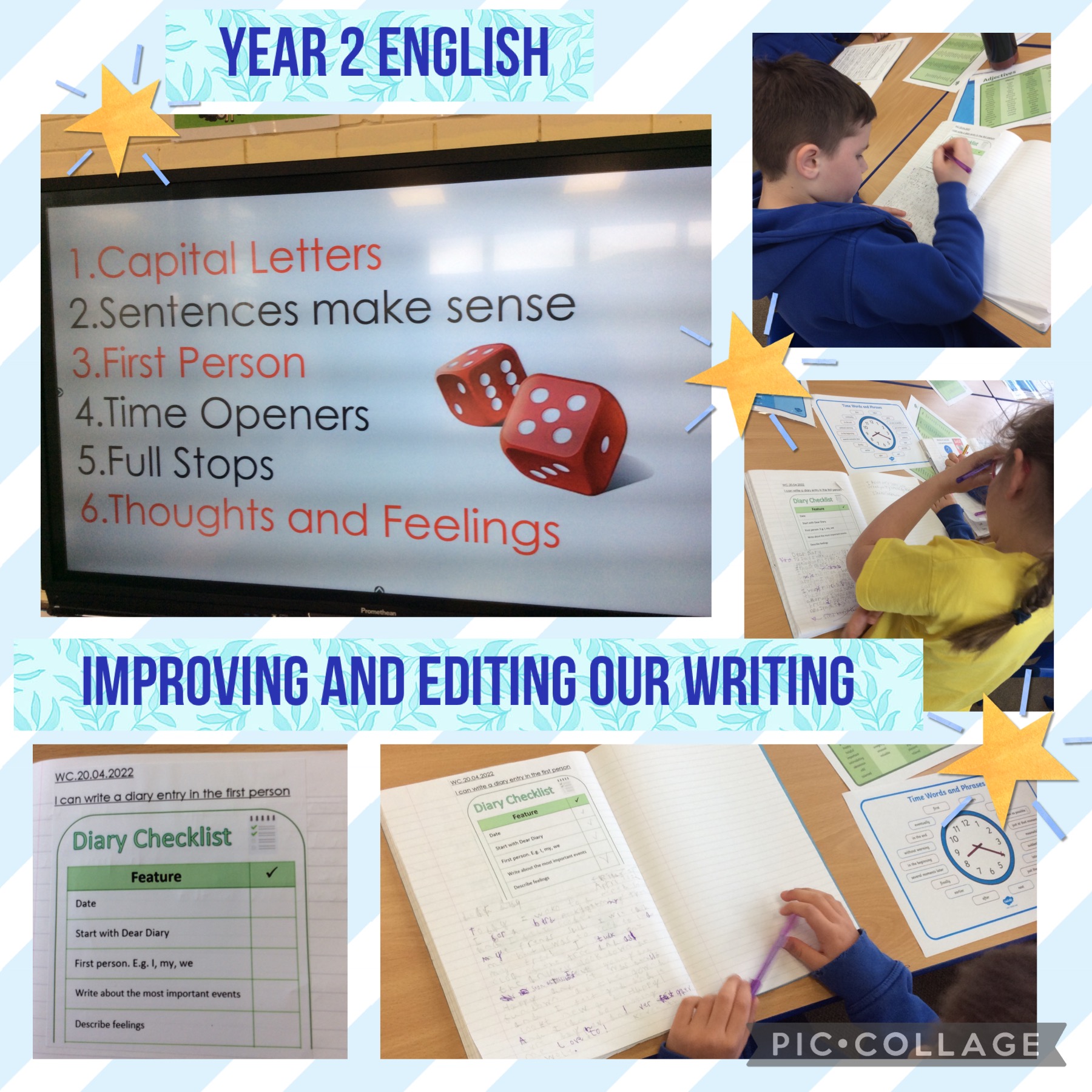
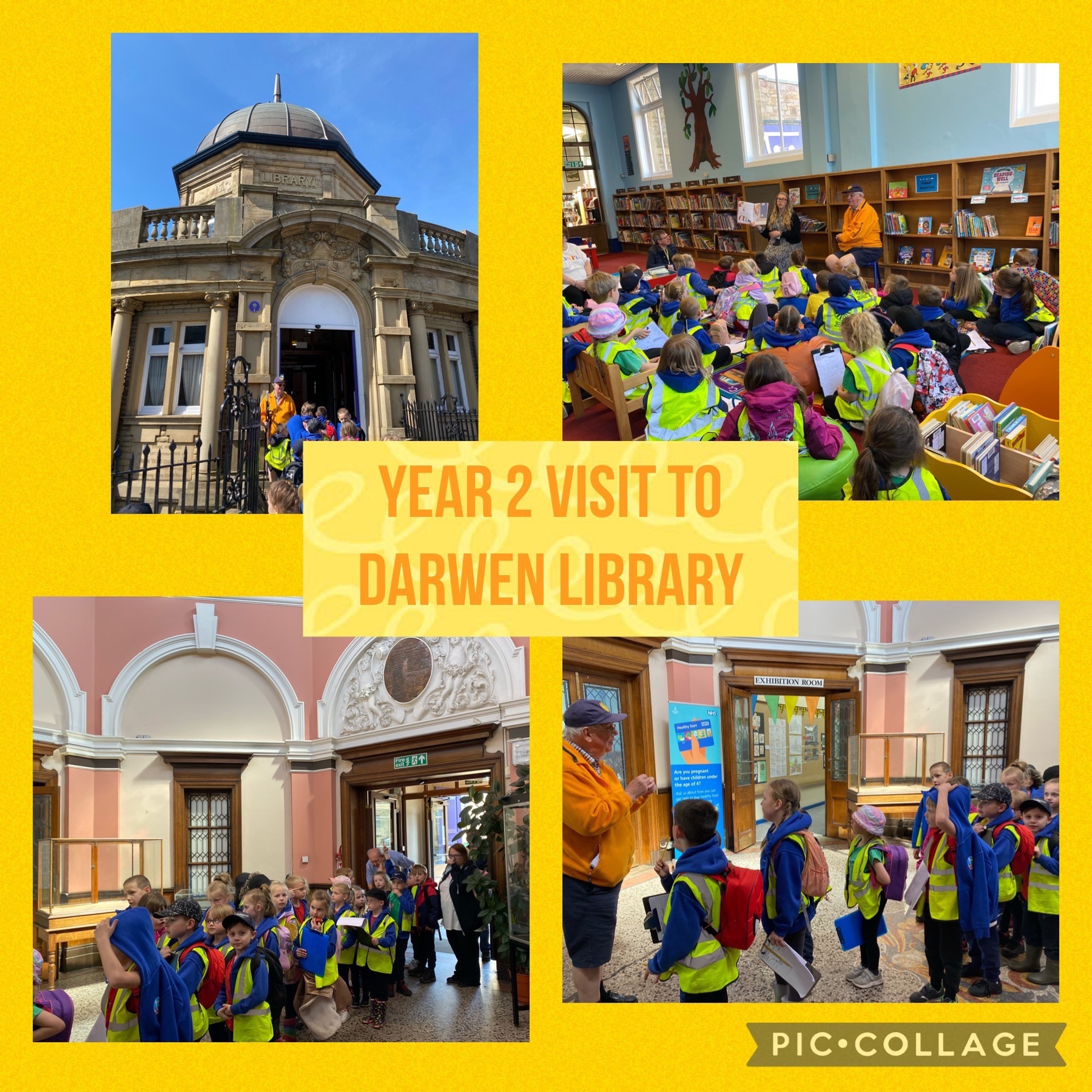
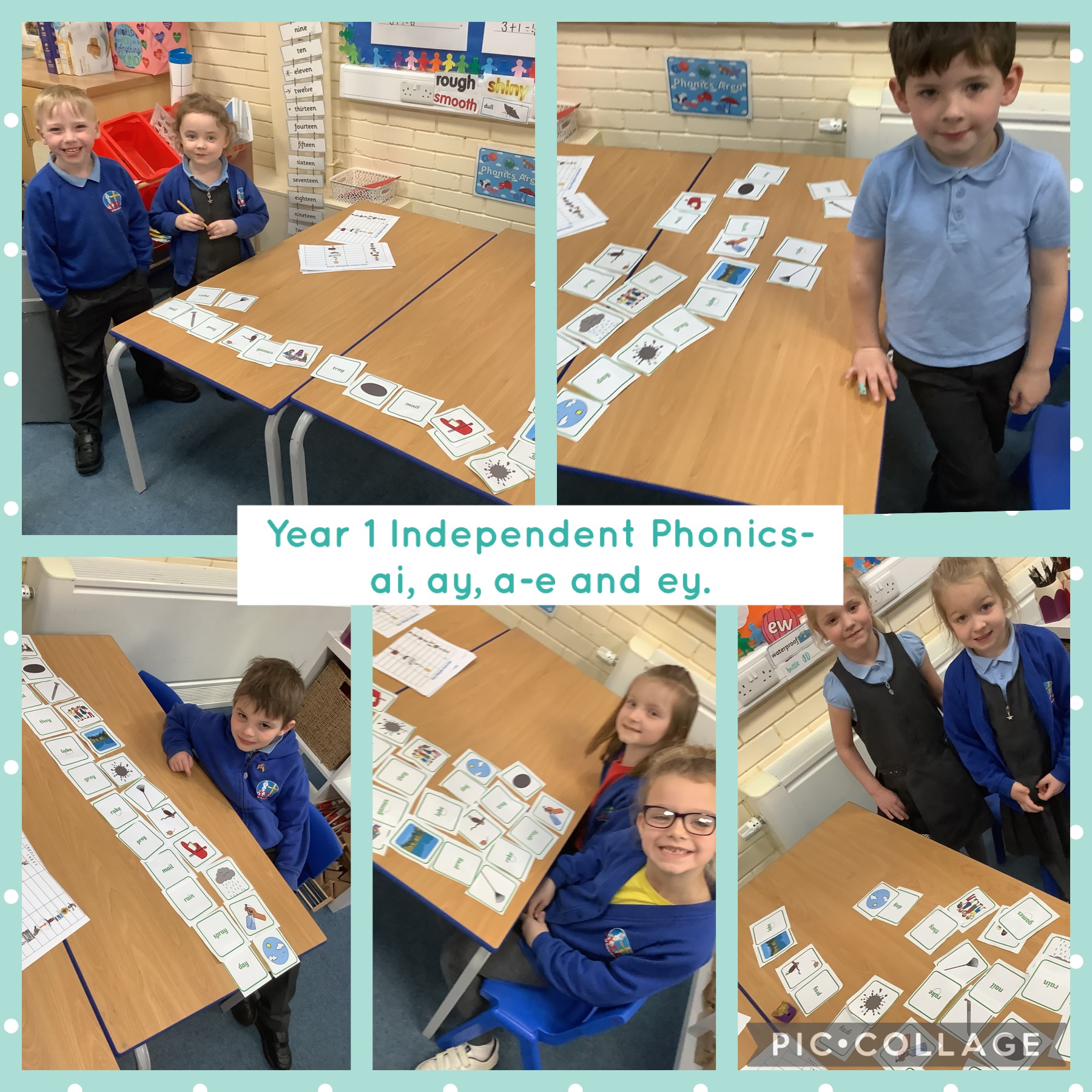
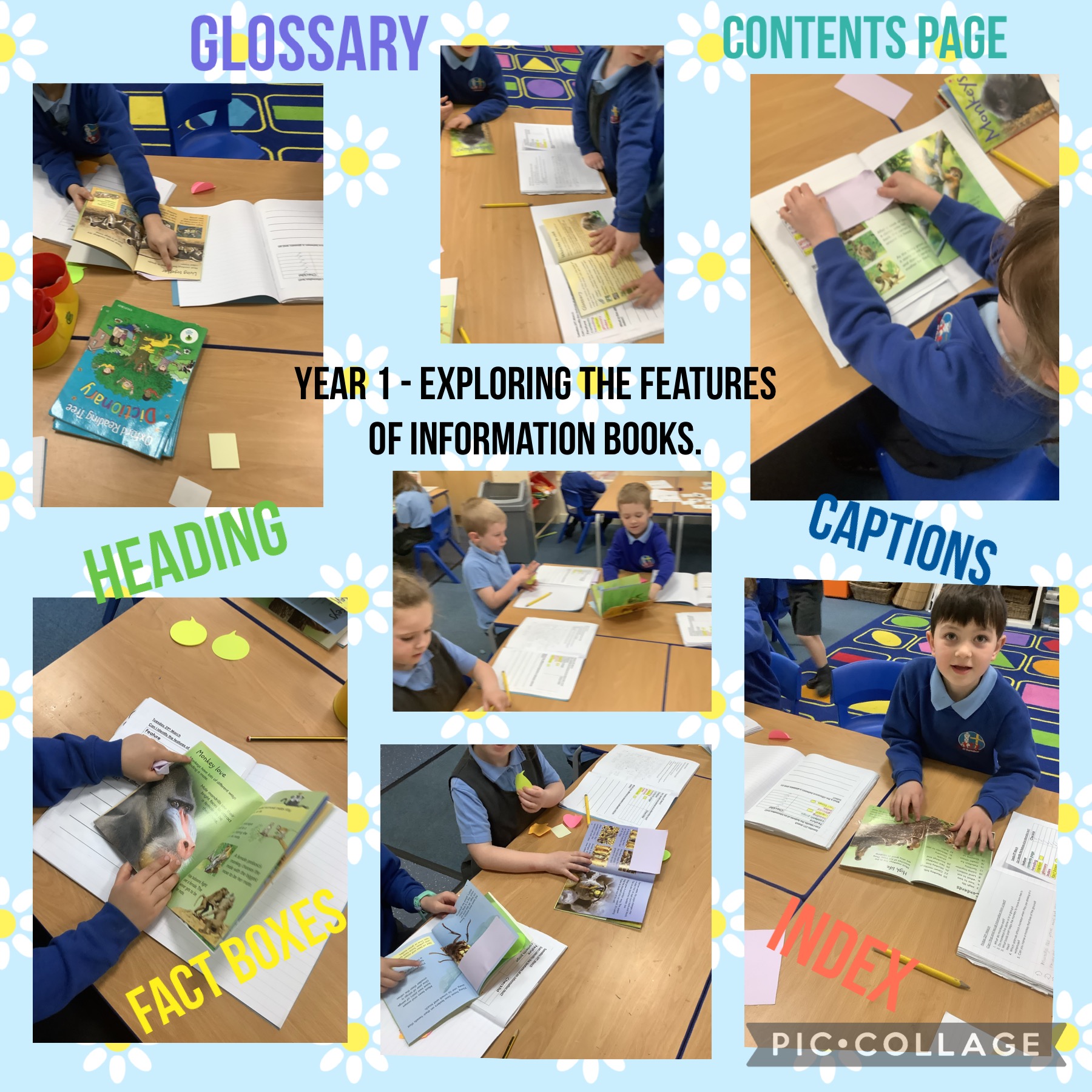
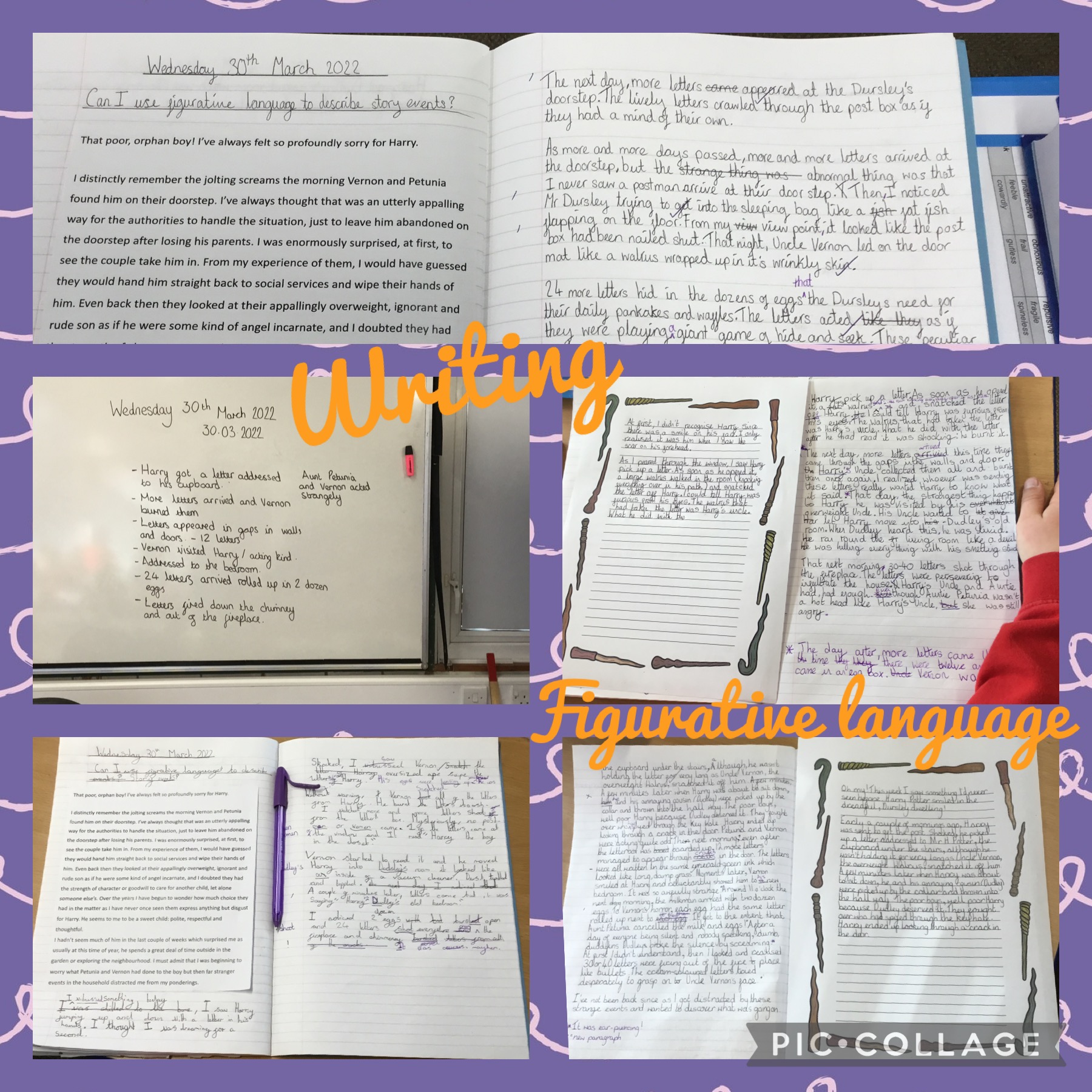
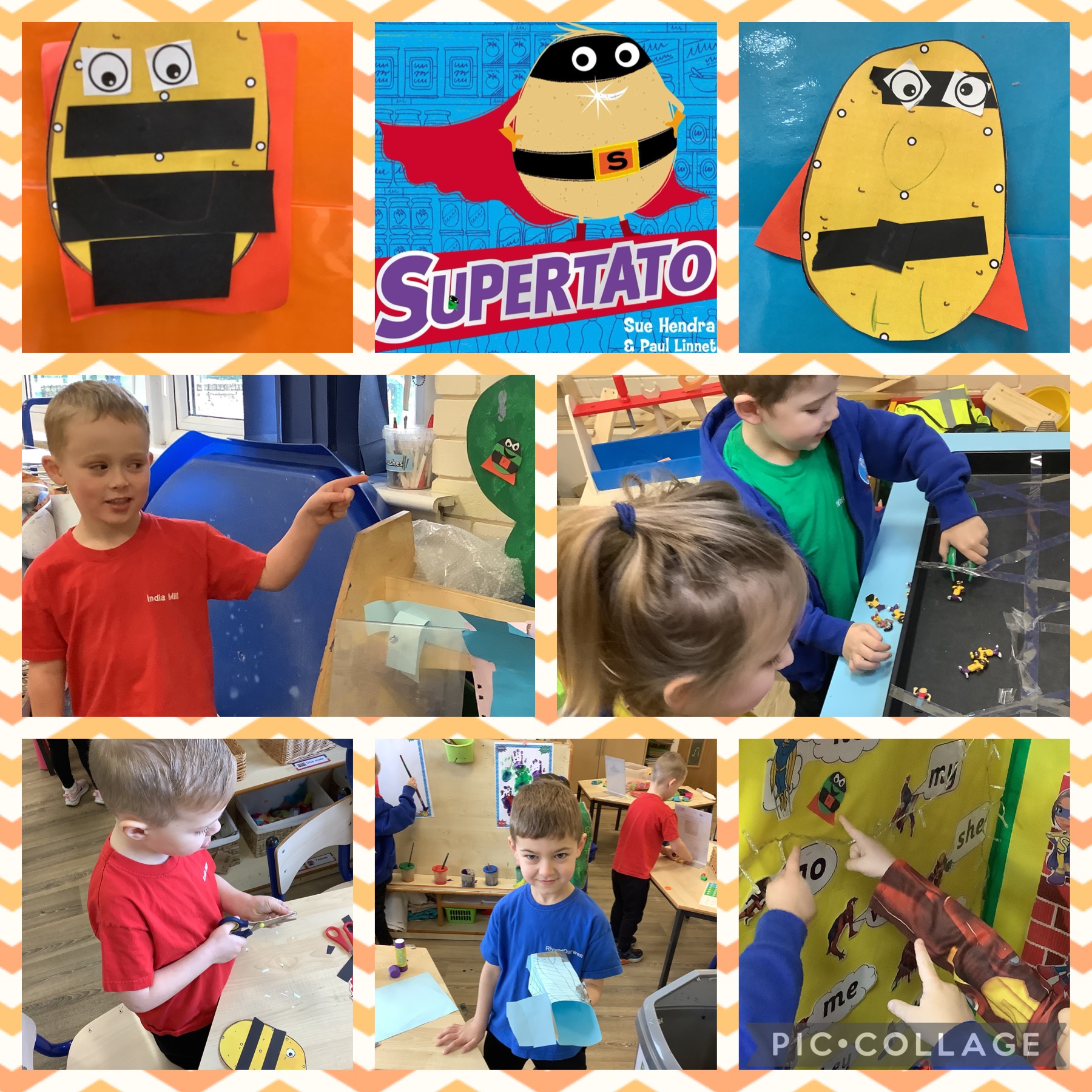
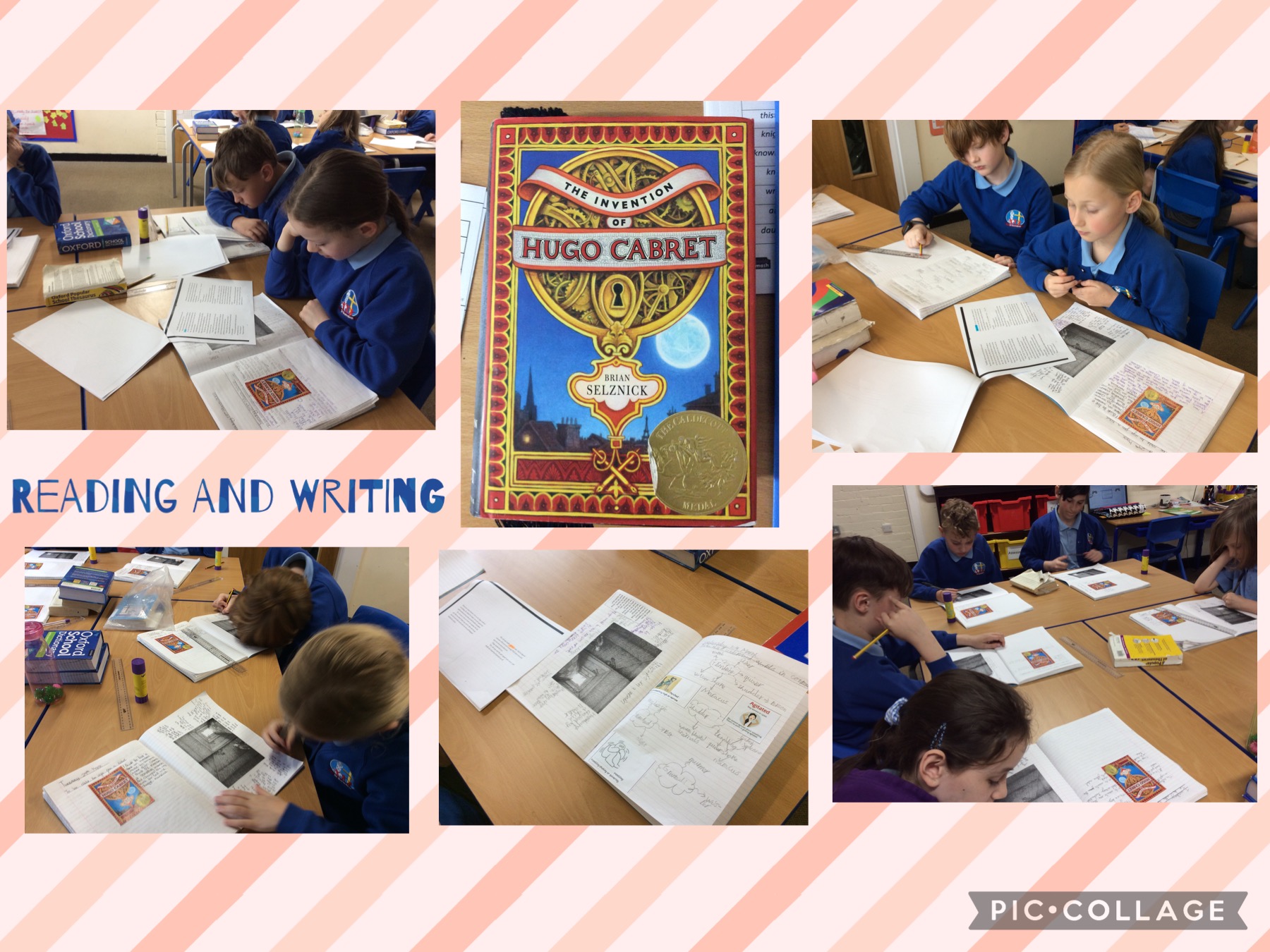

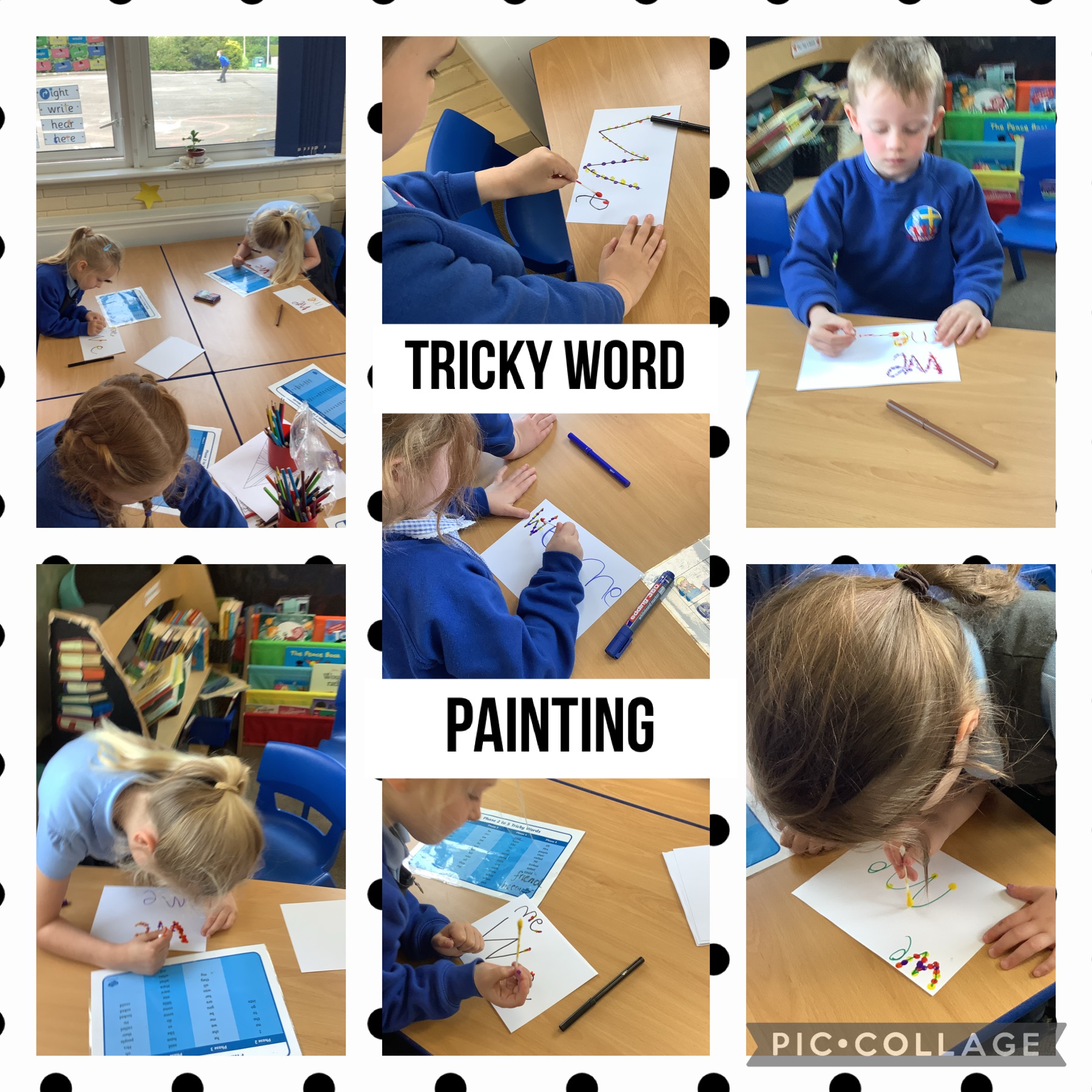
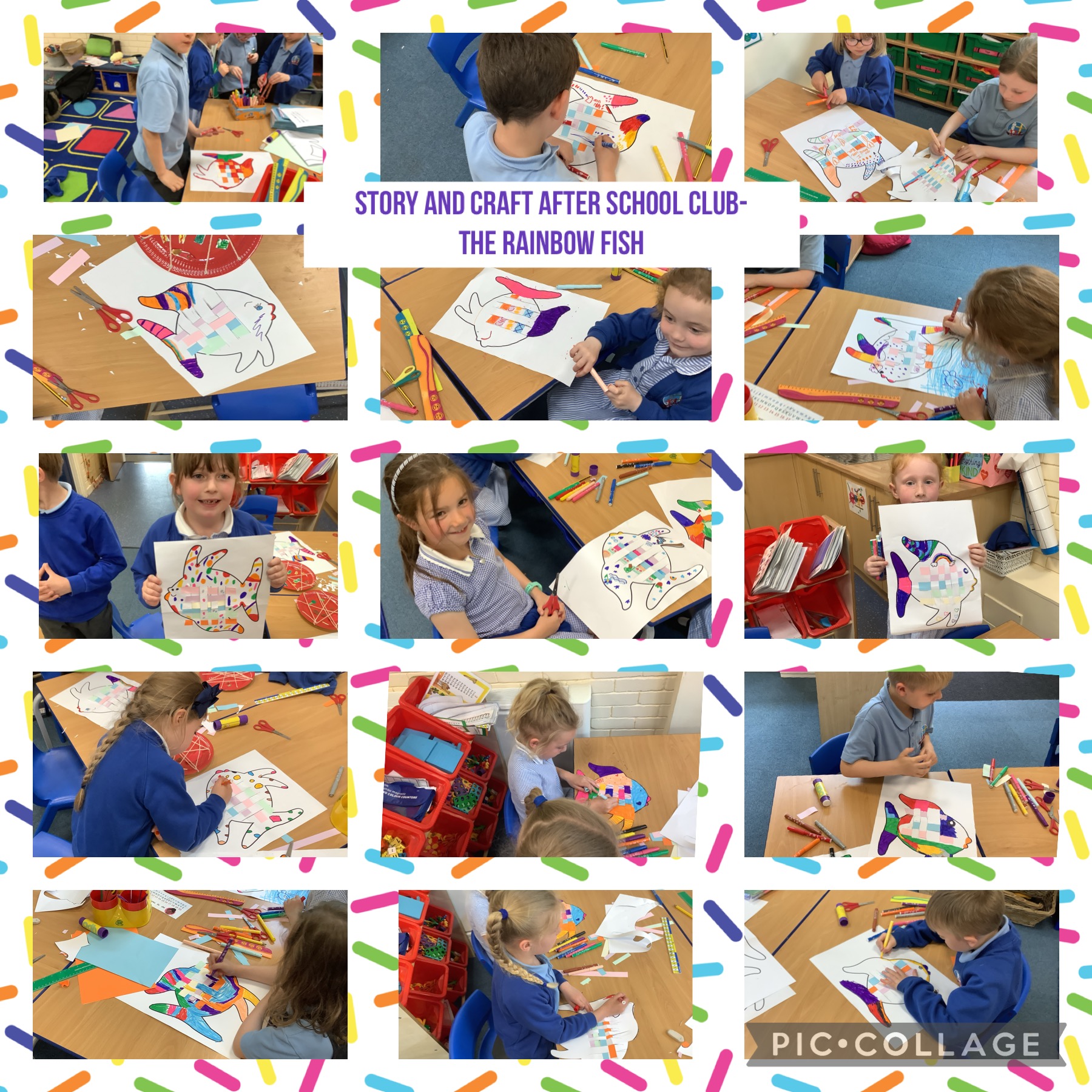
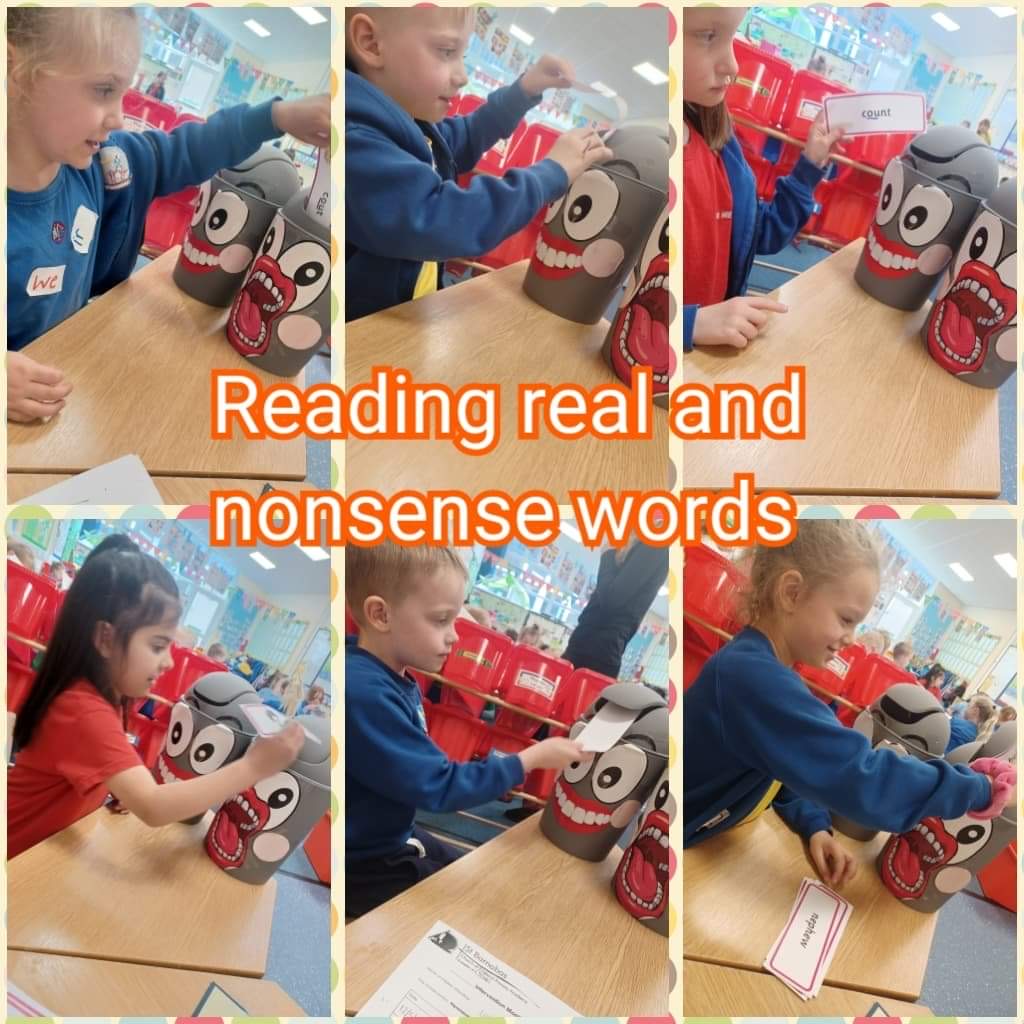
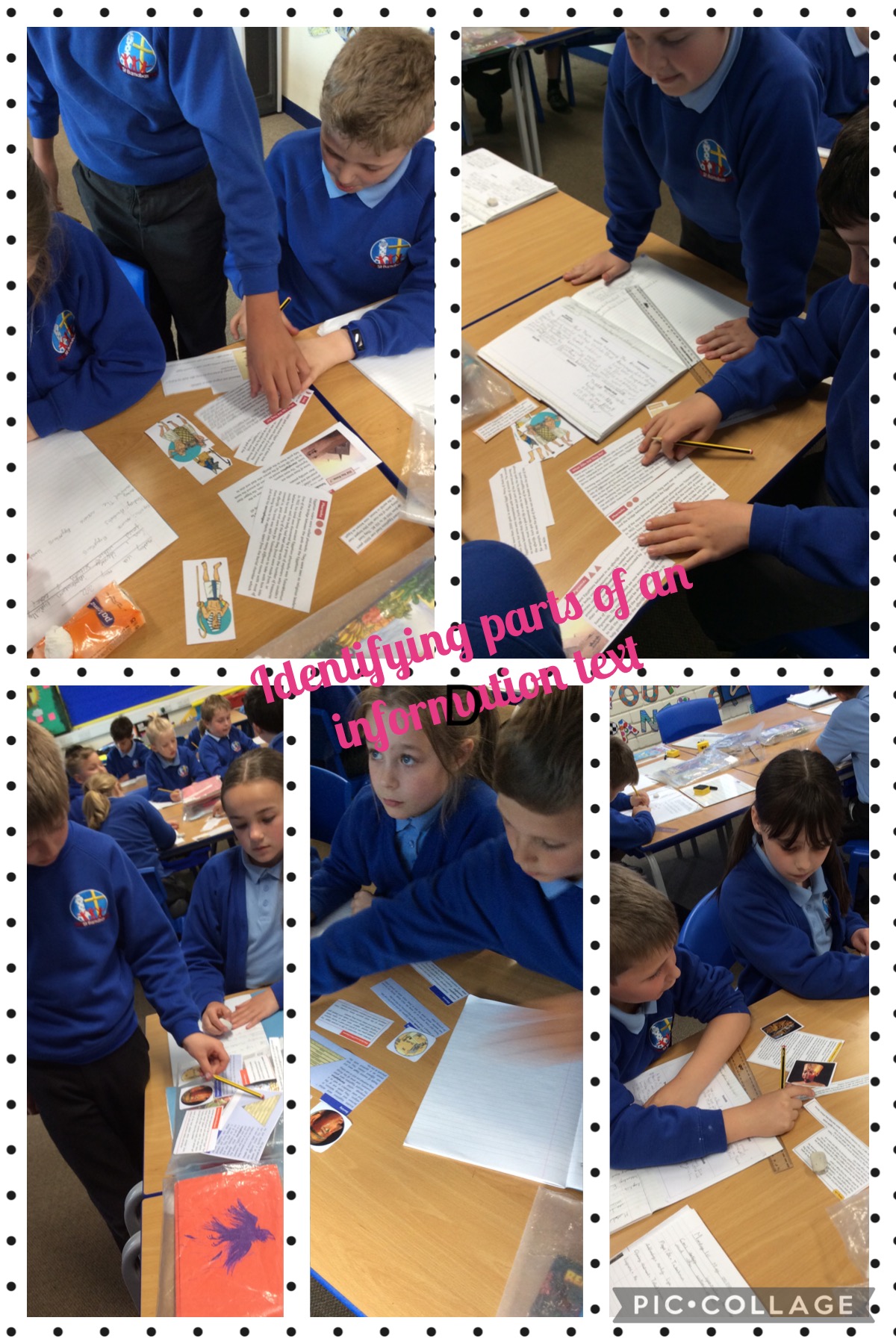
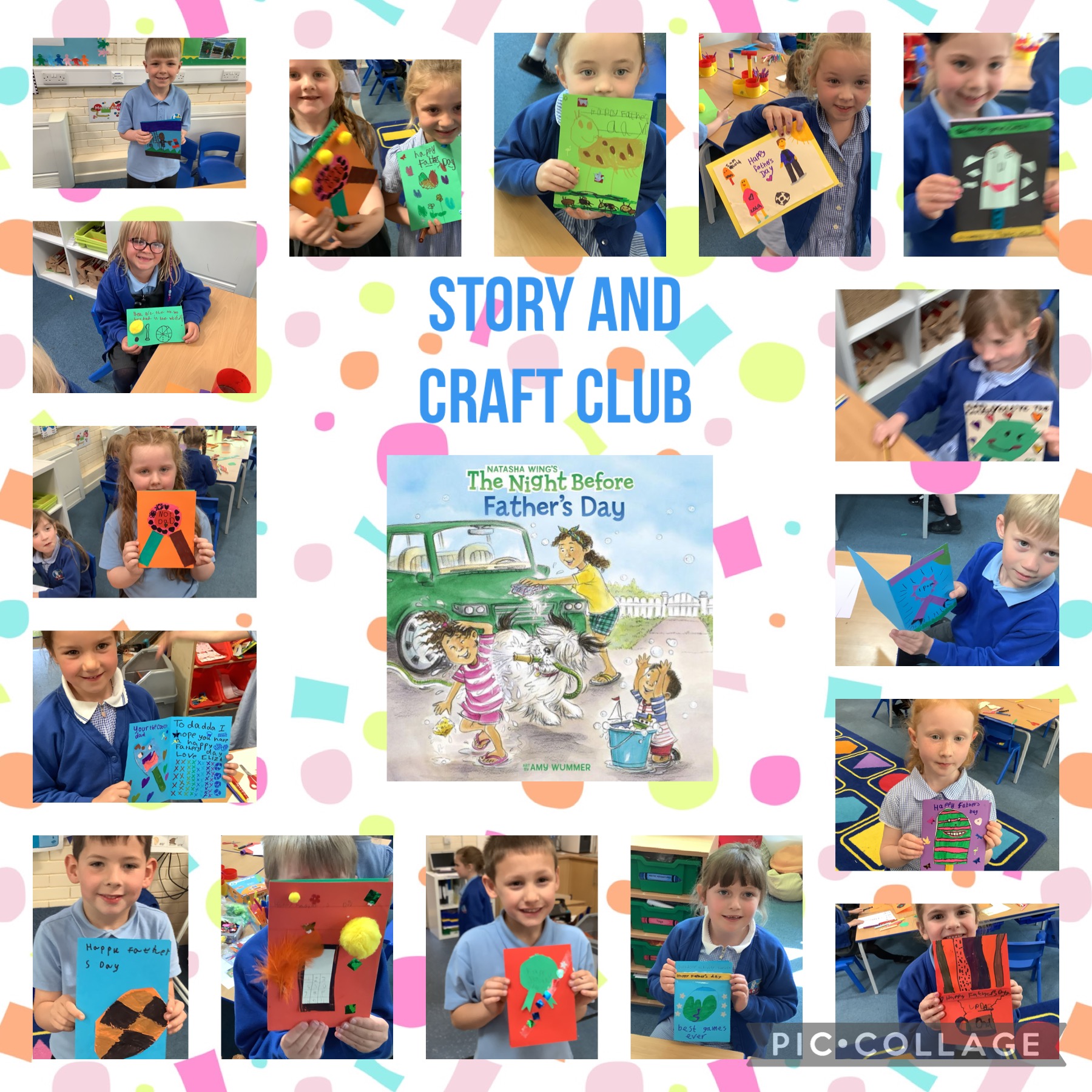
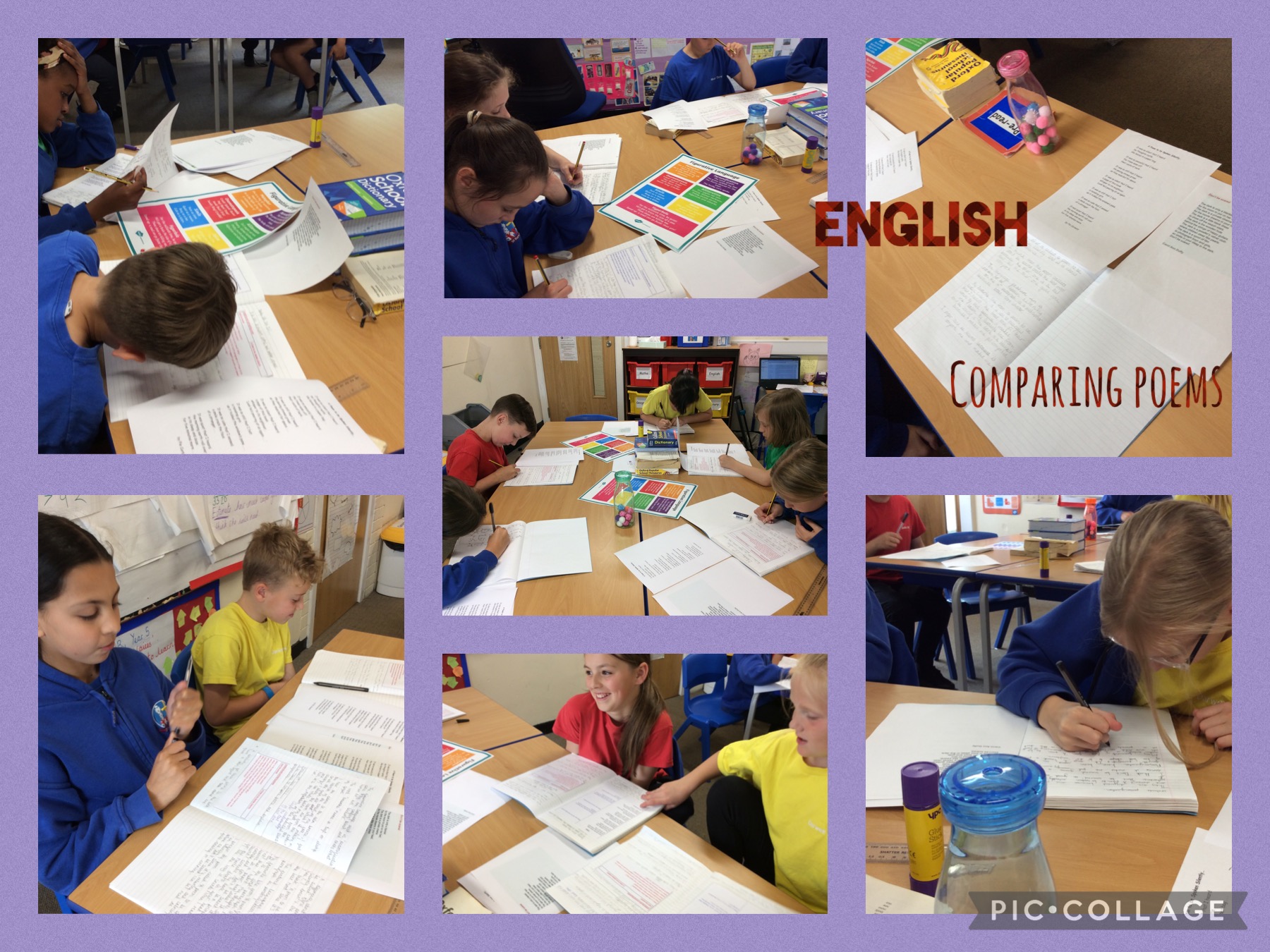
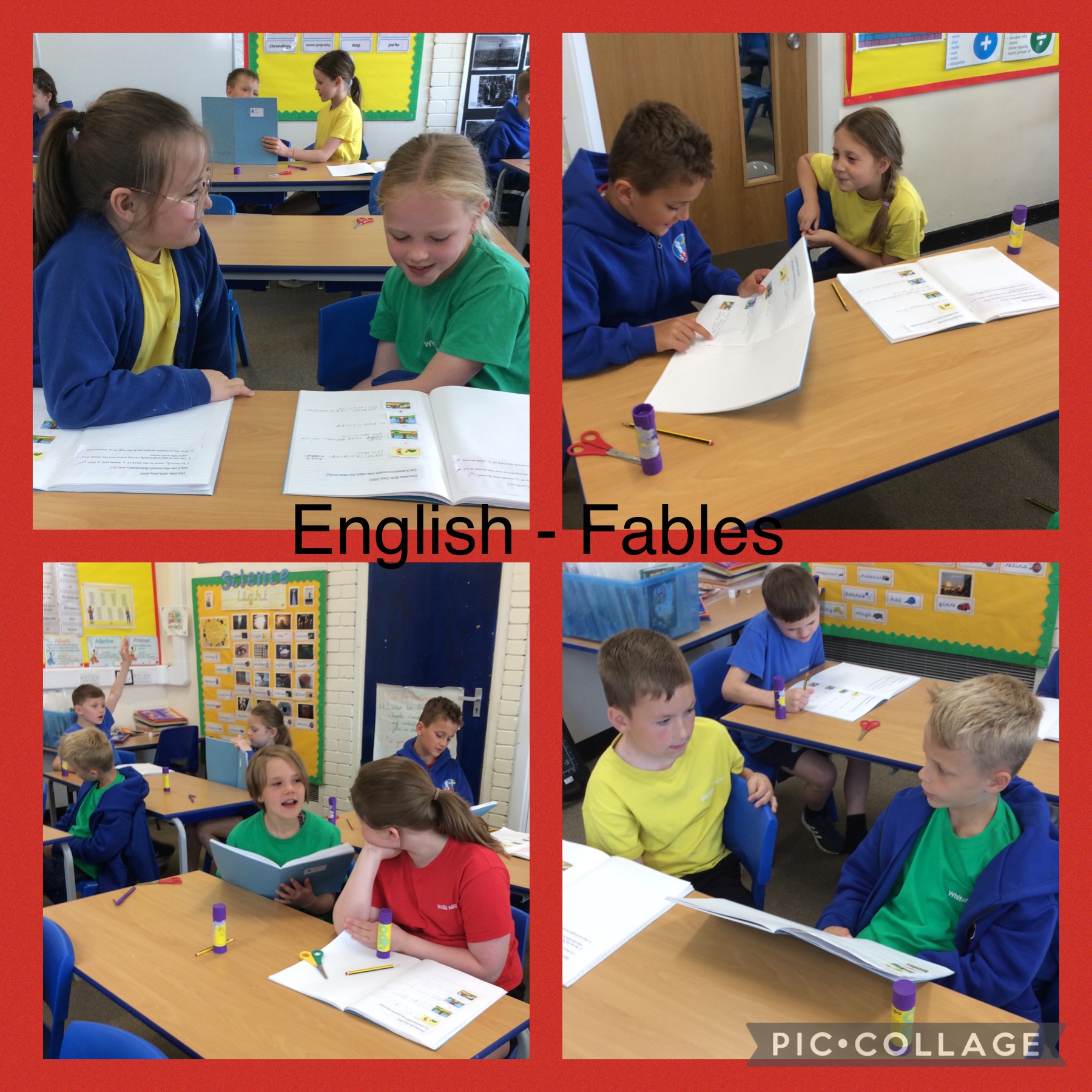
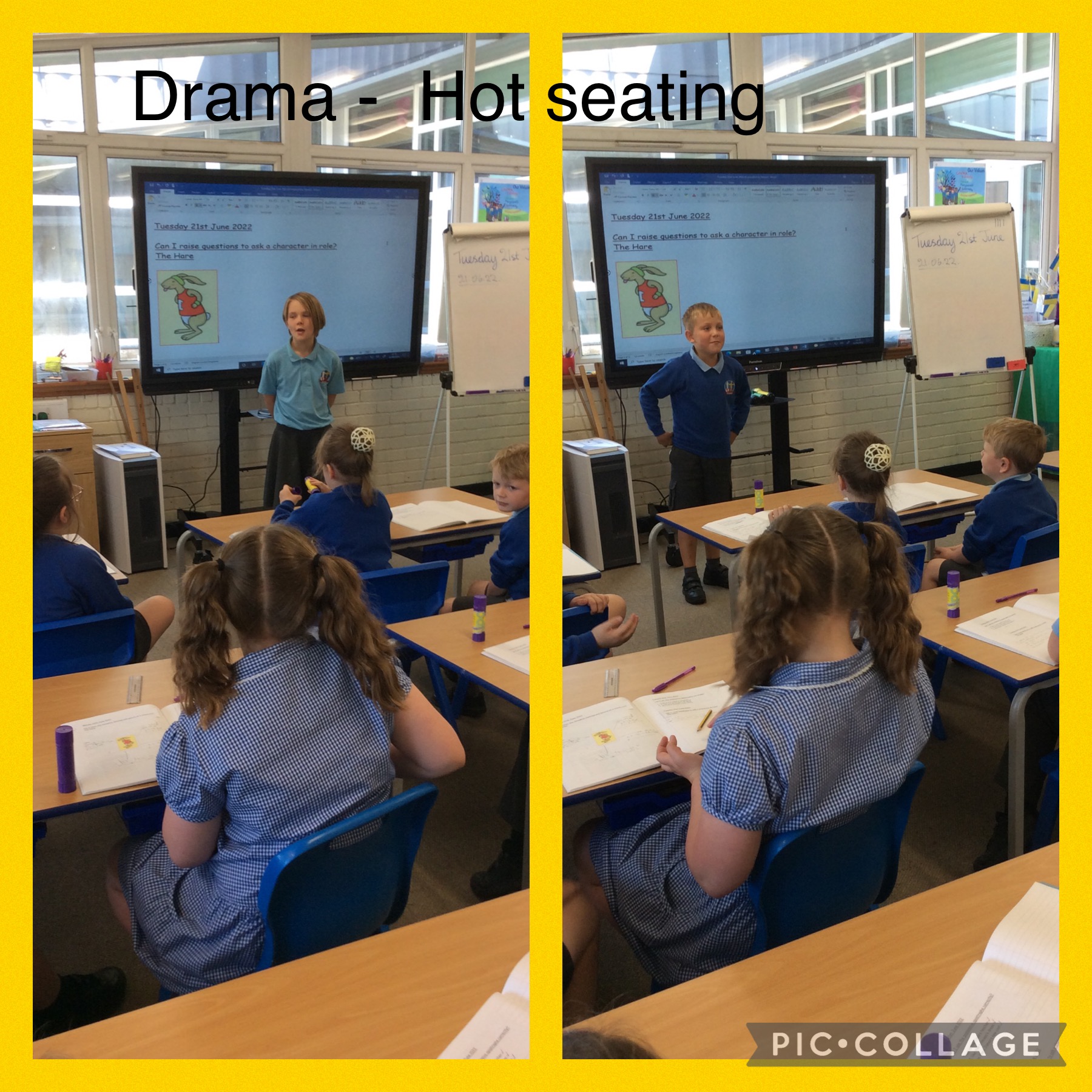
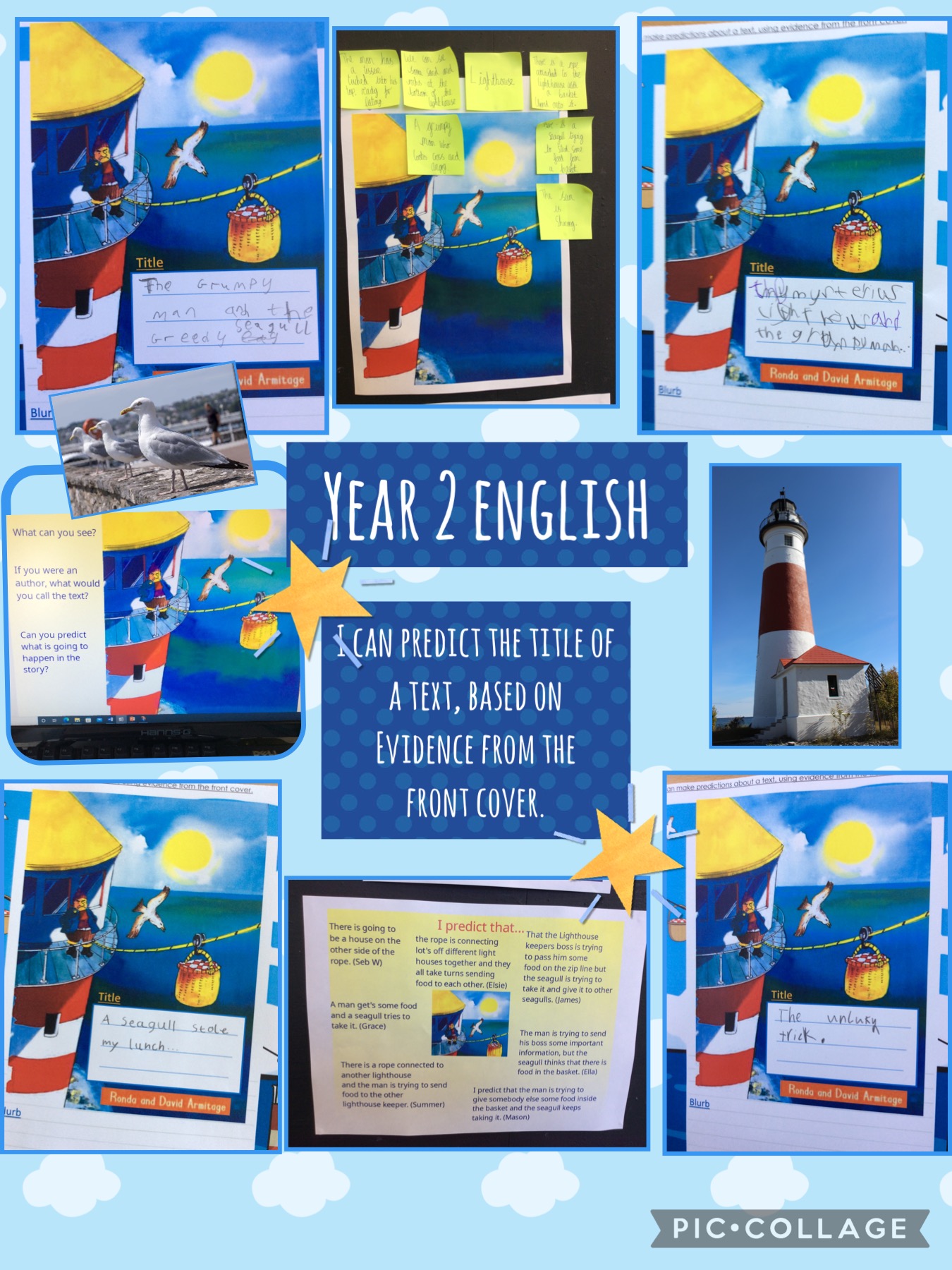
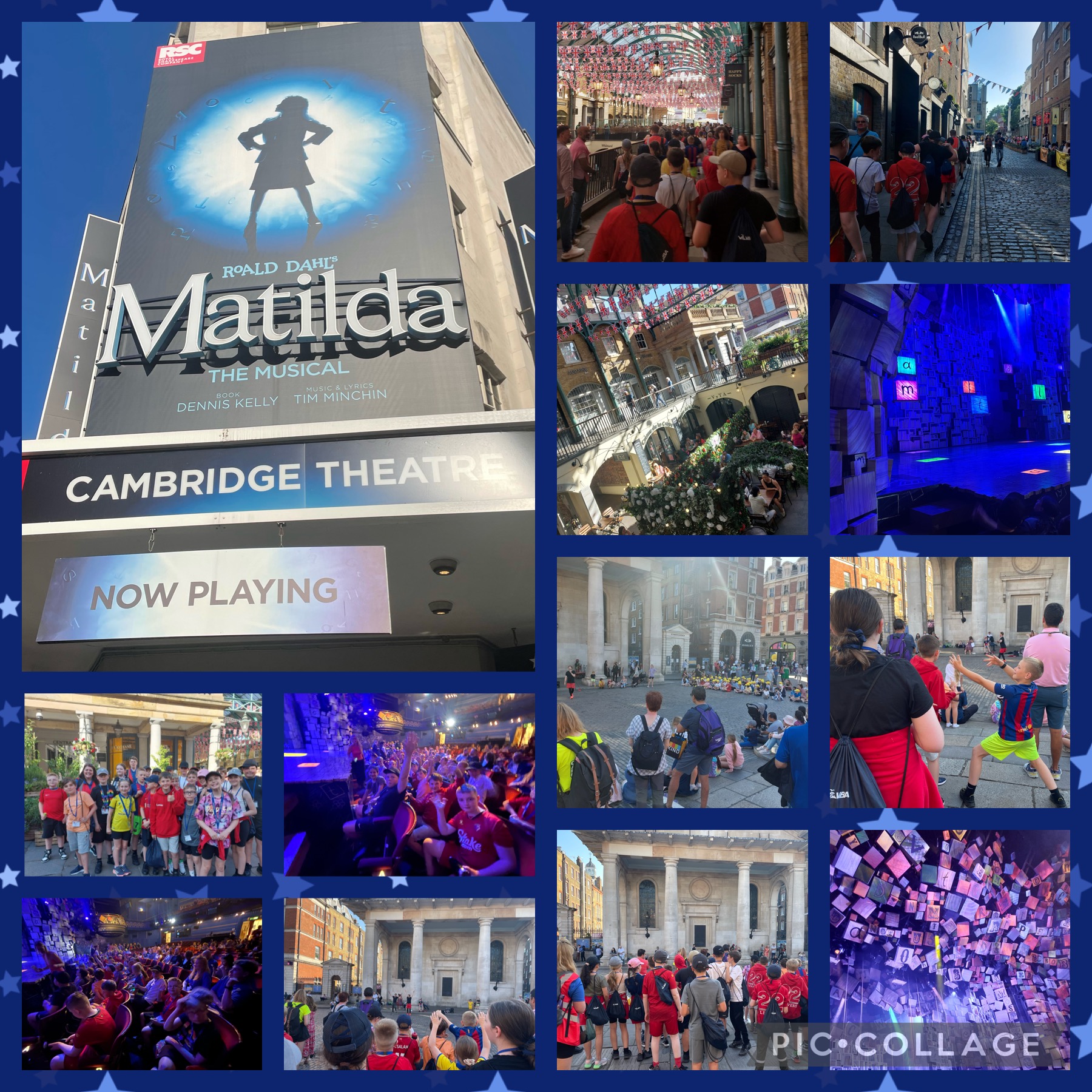
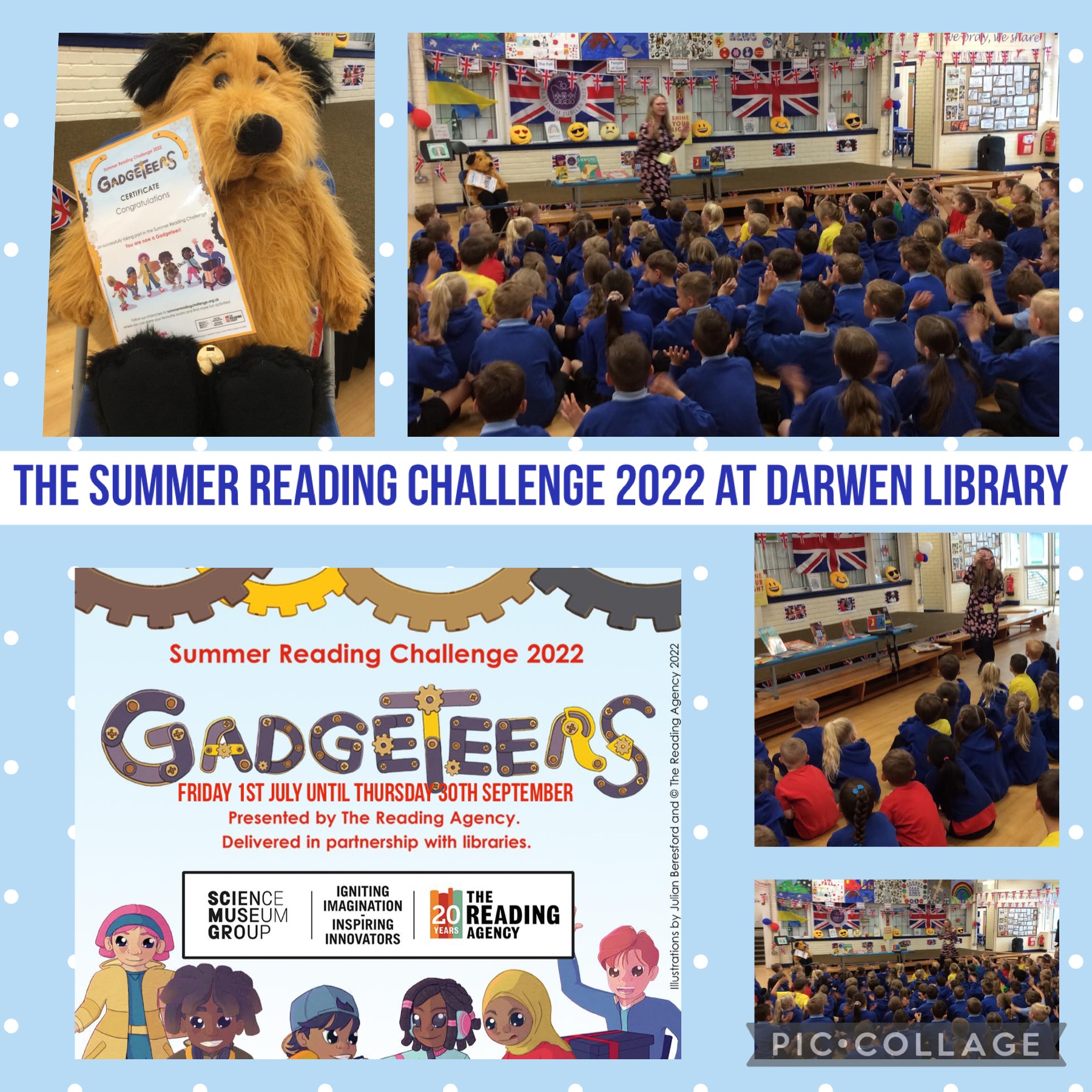
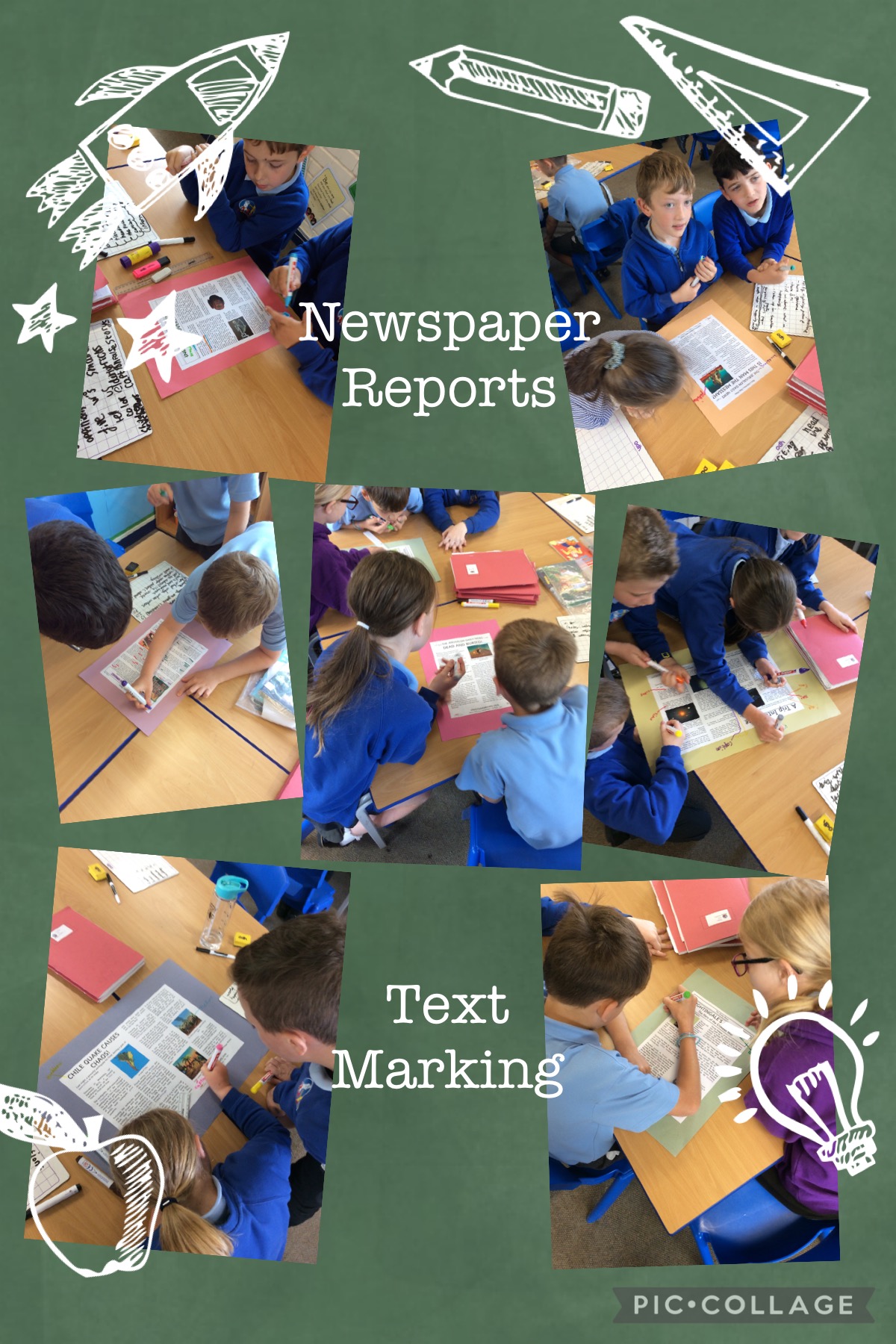
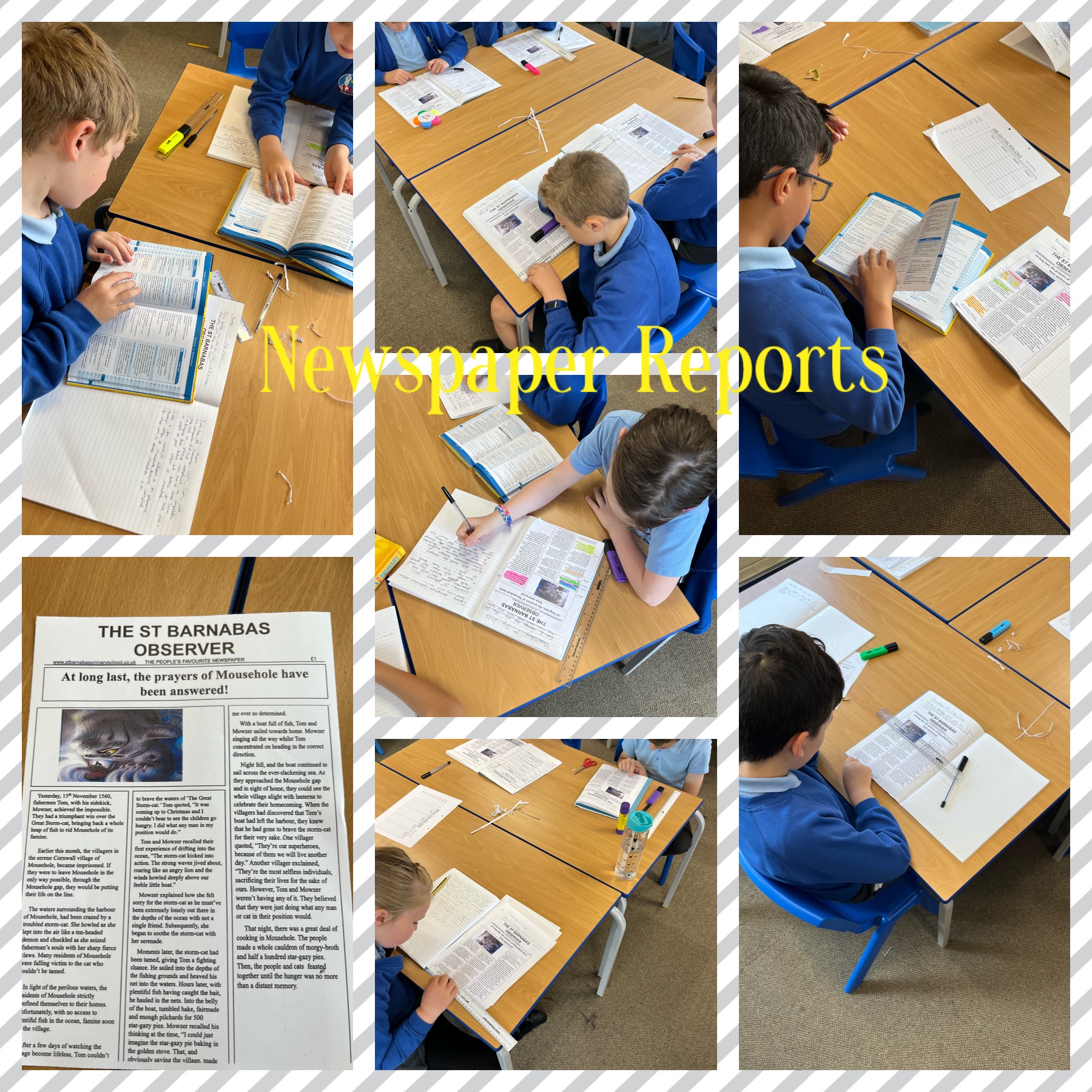
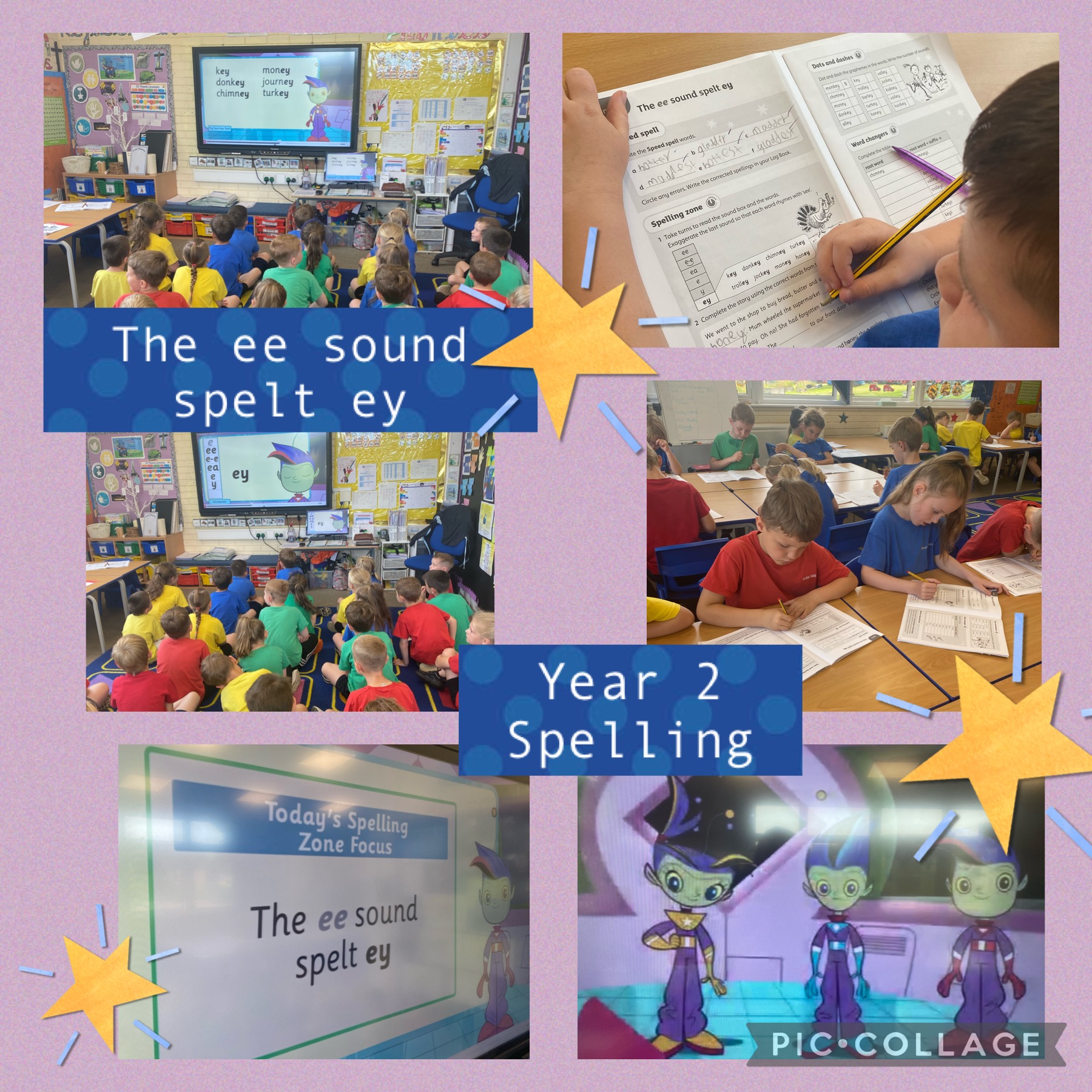
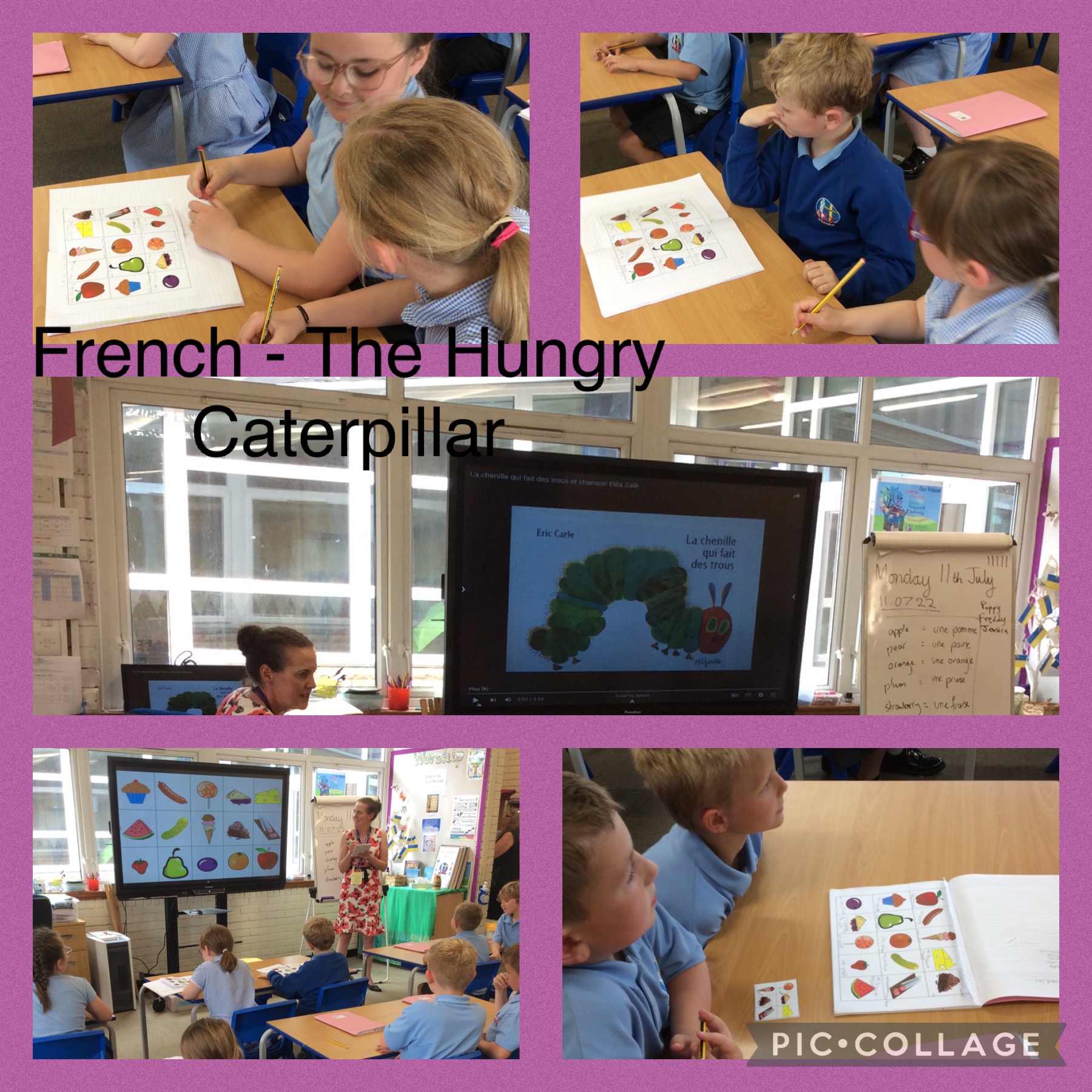
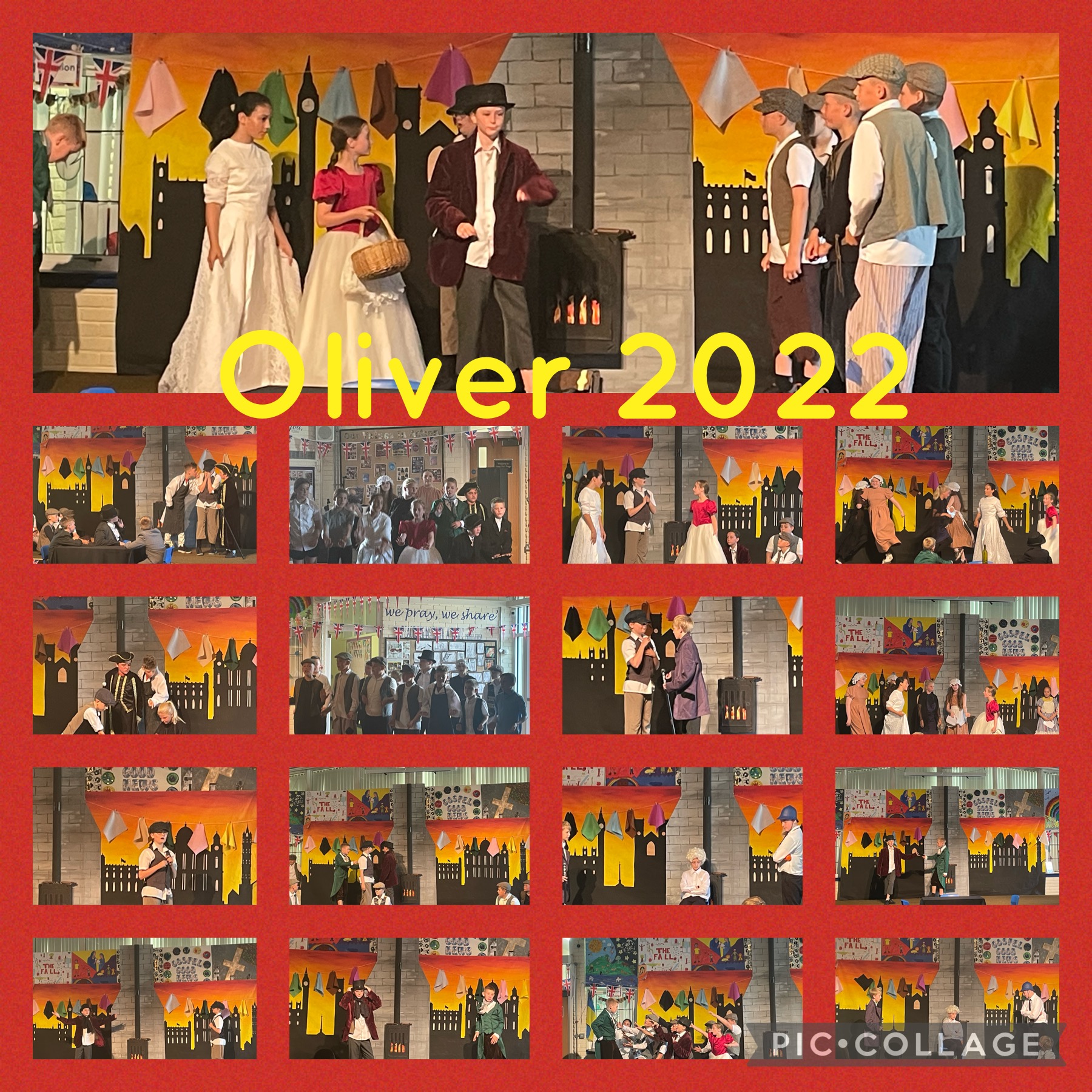
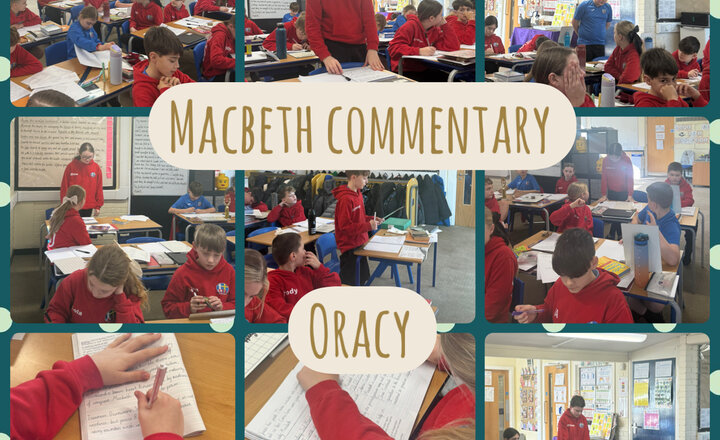
.jpeg)
